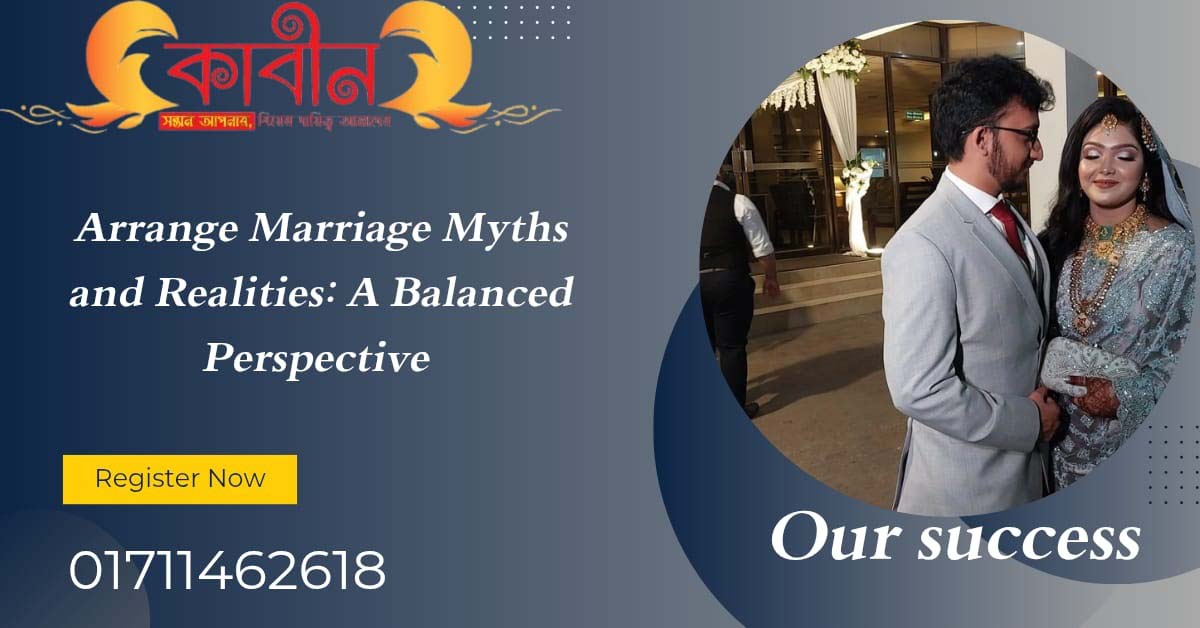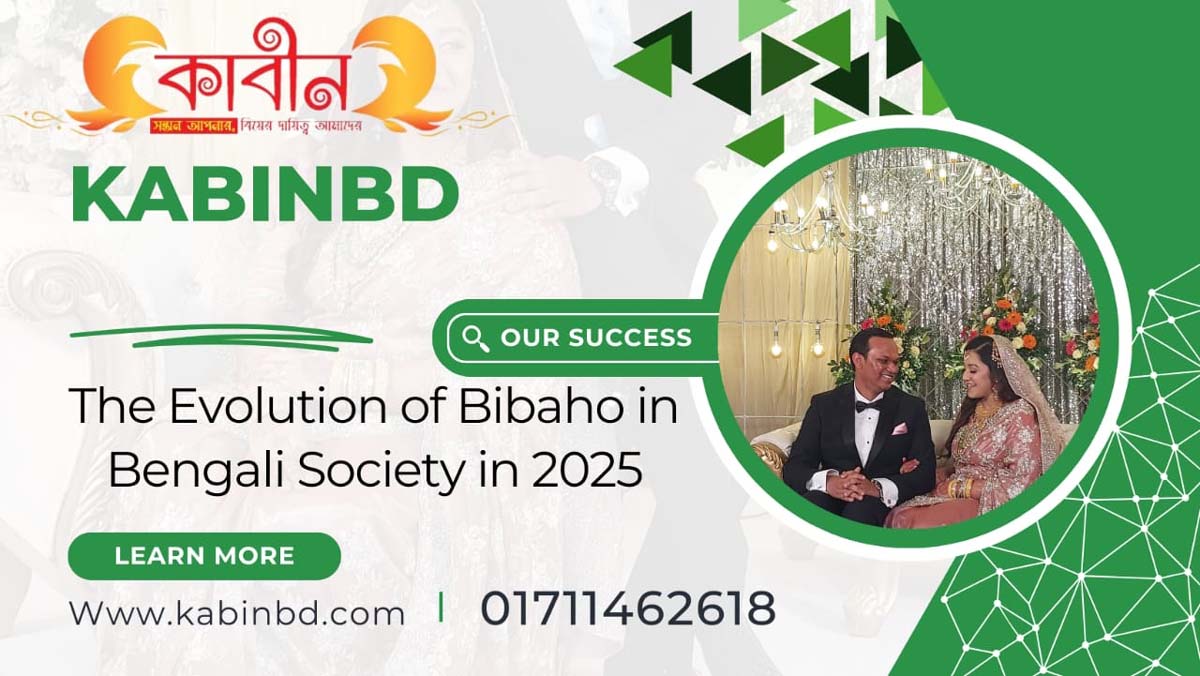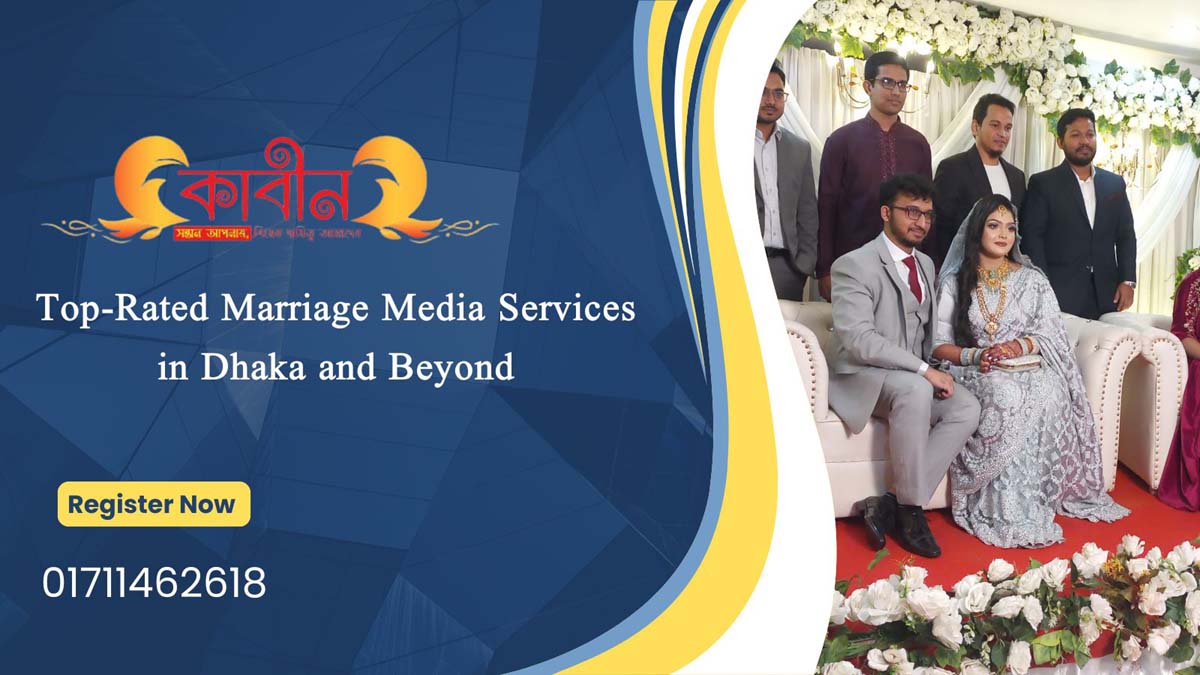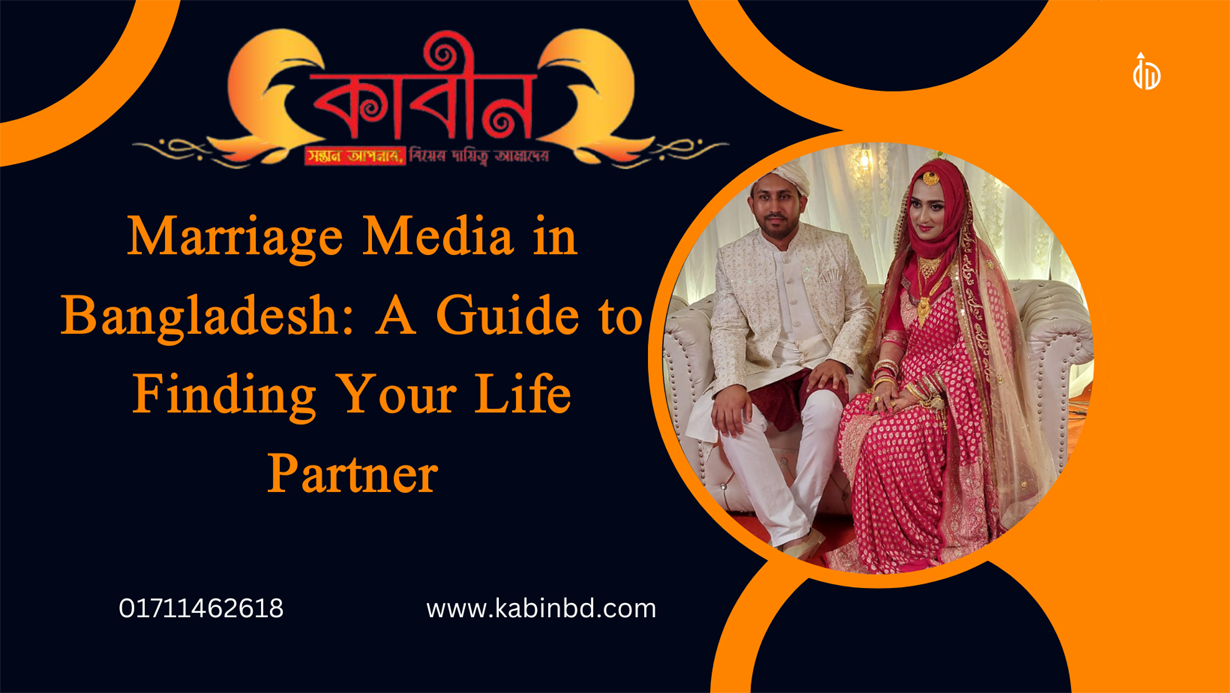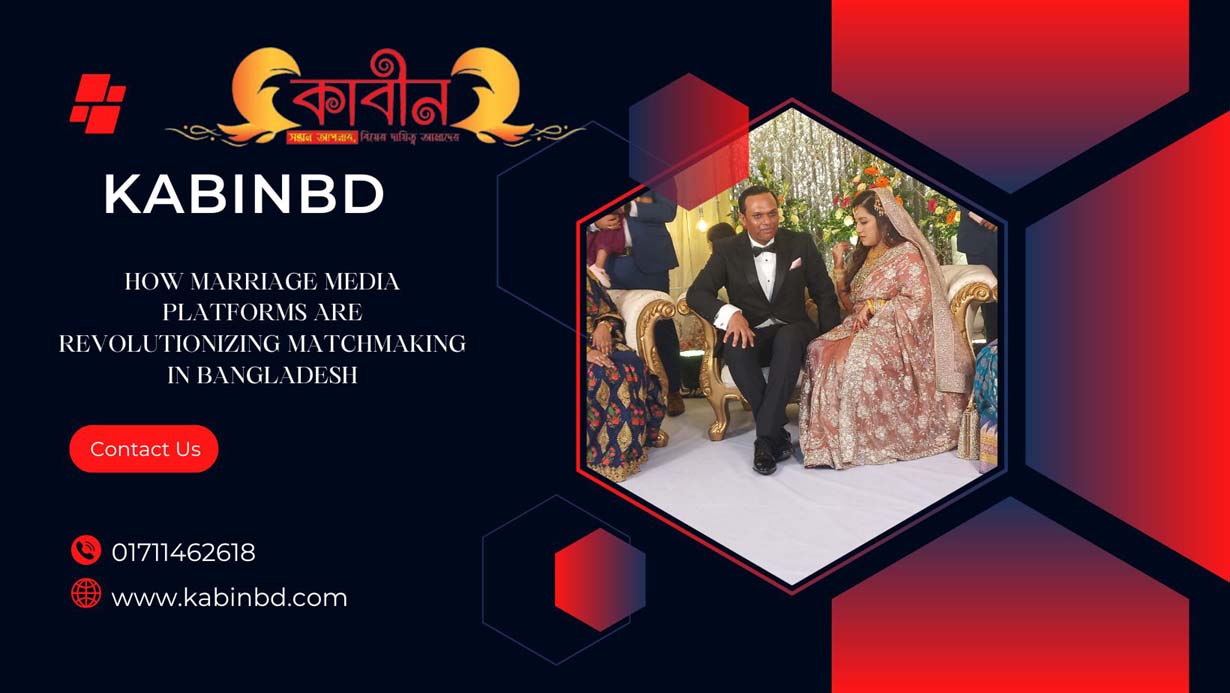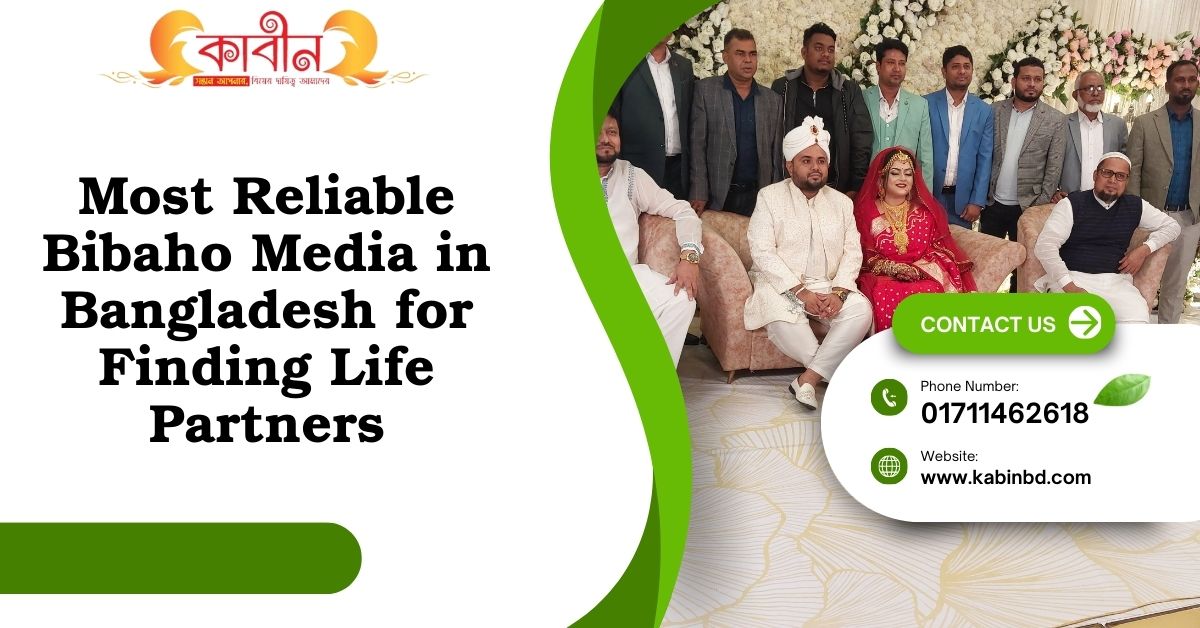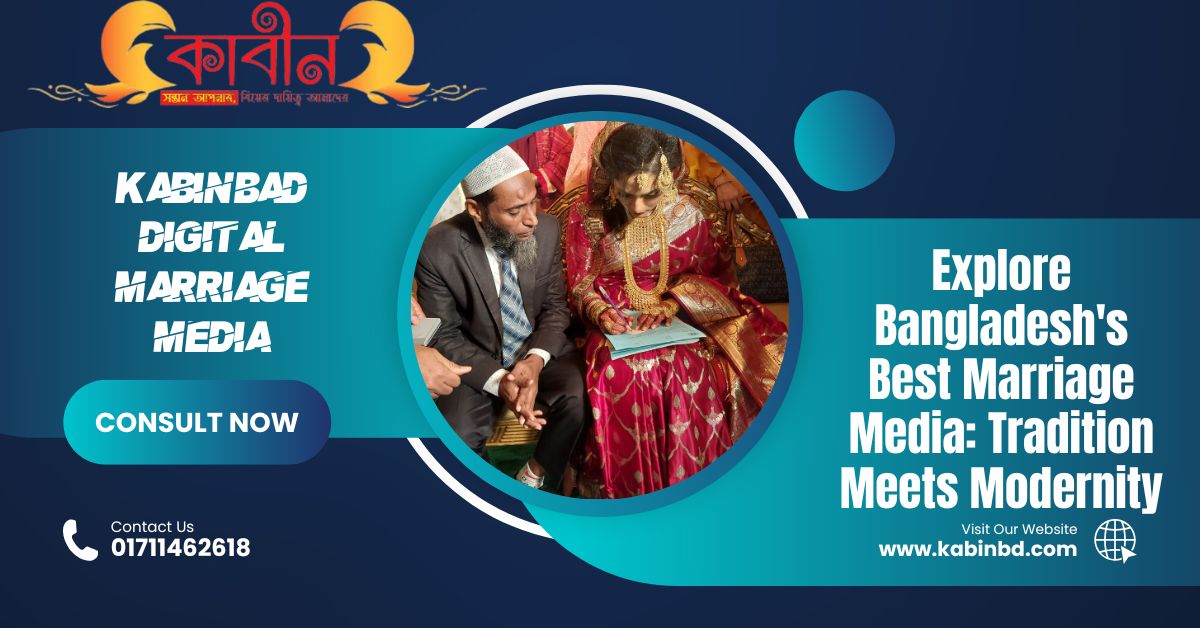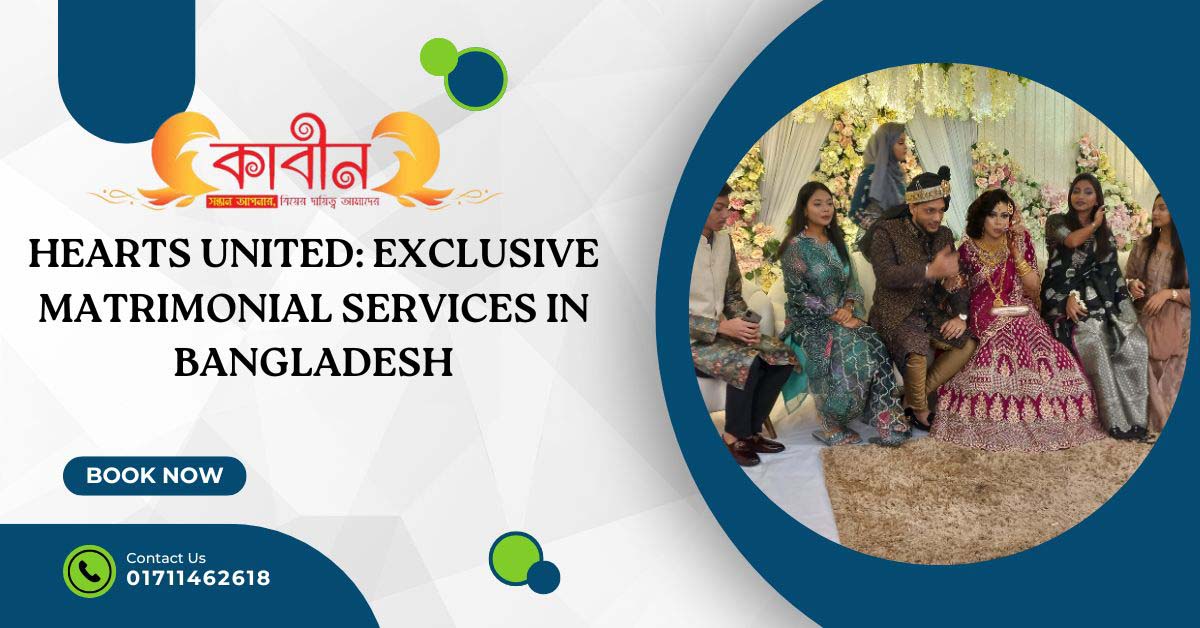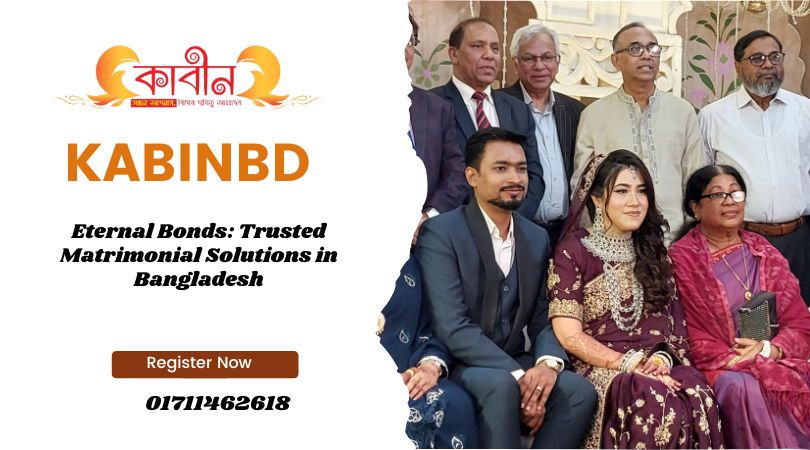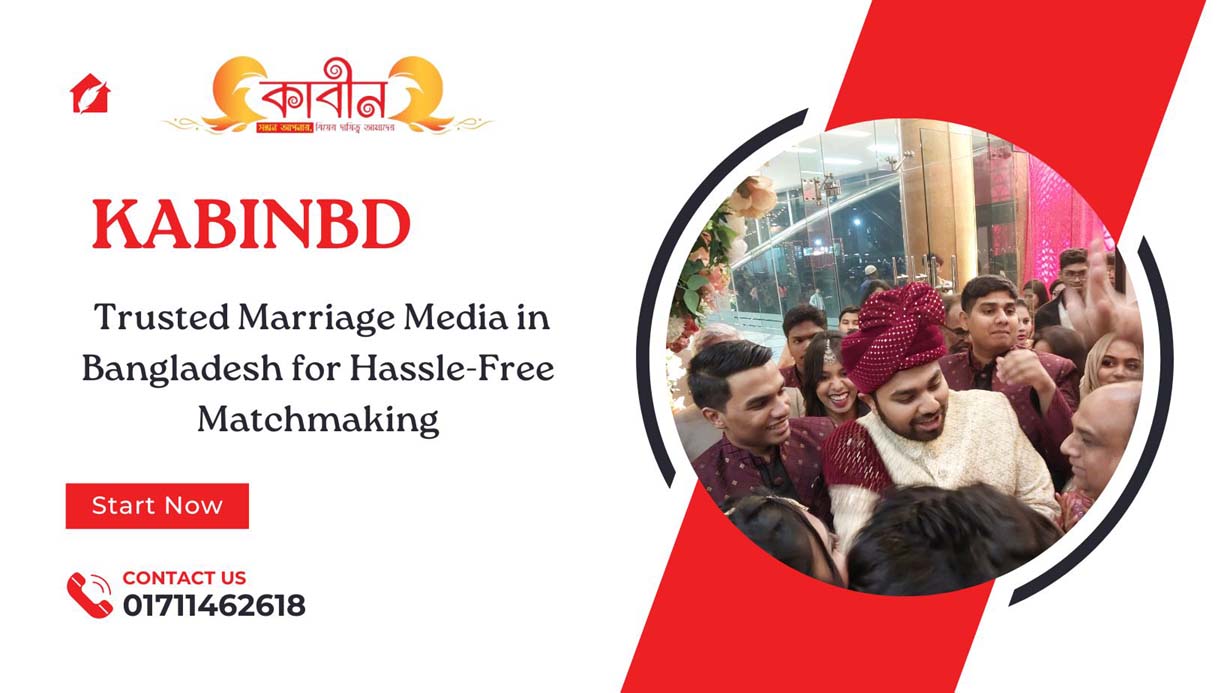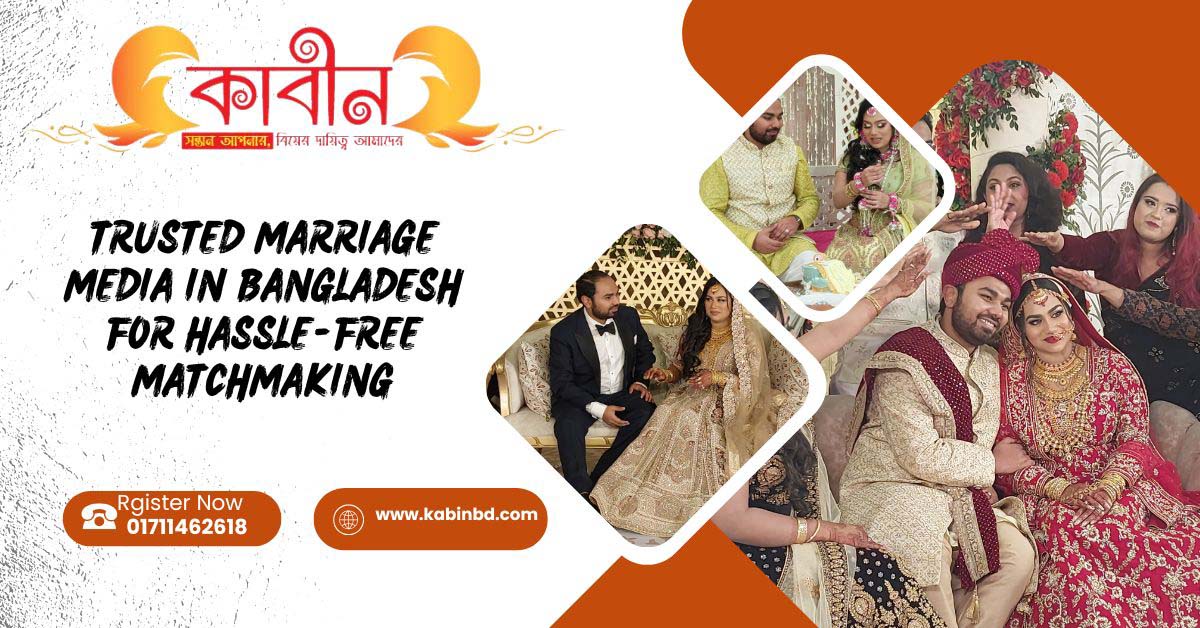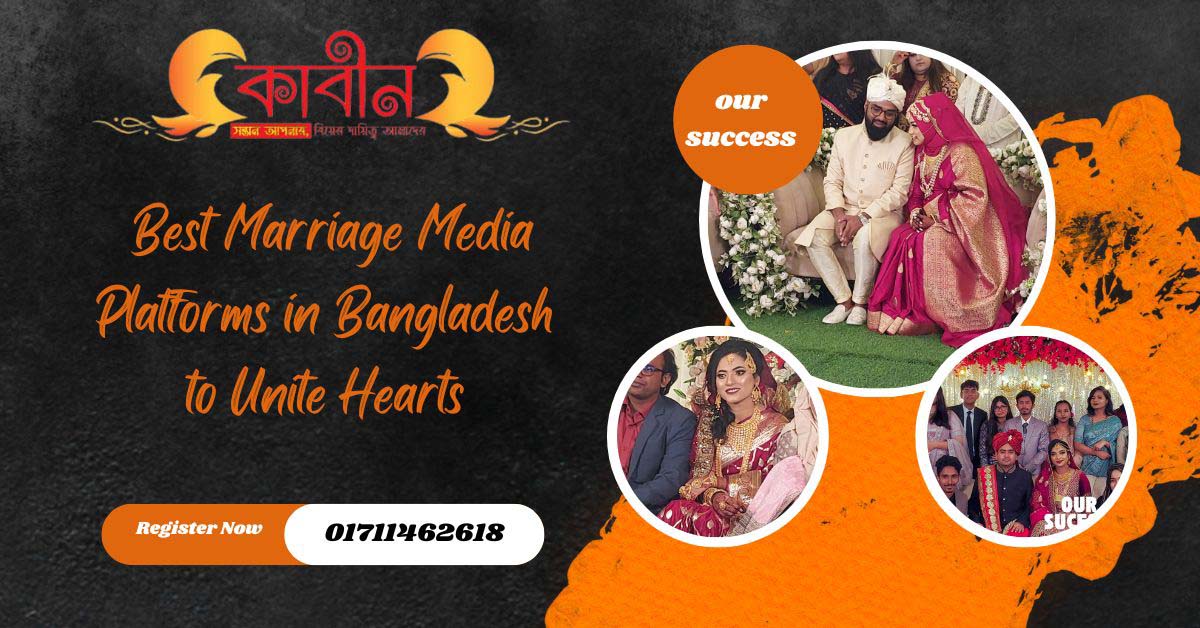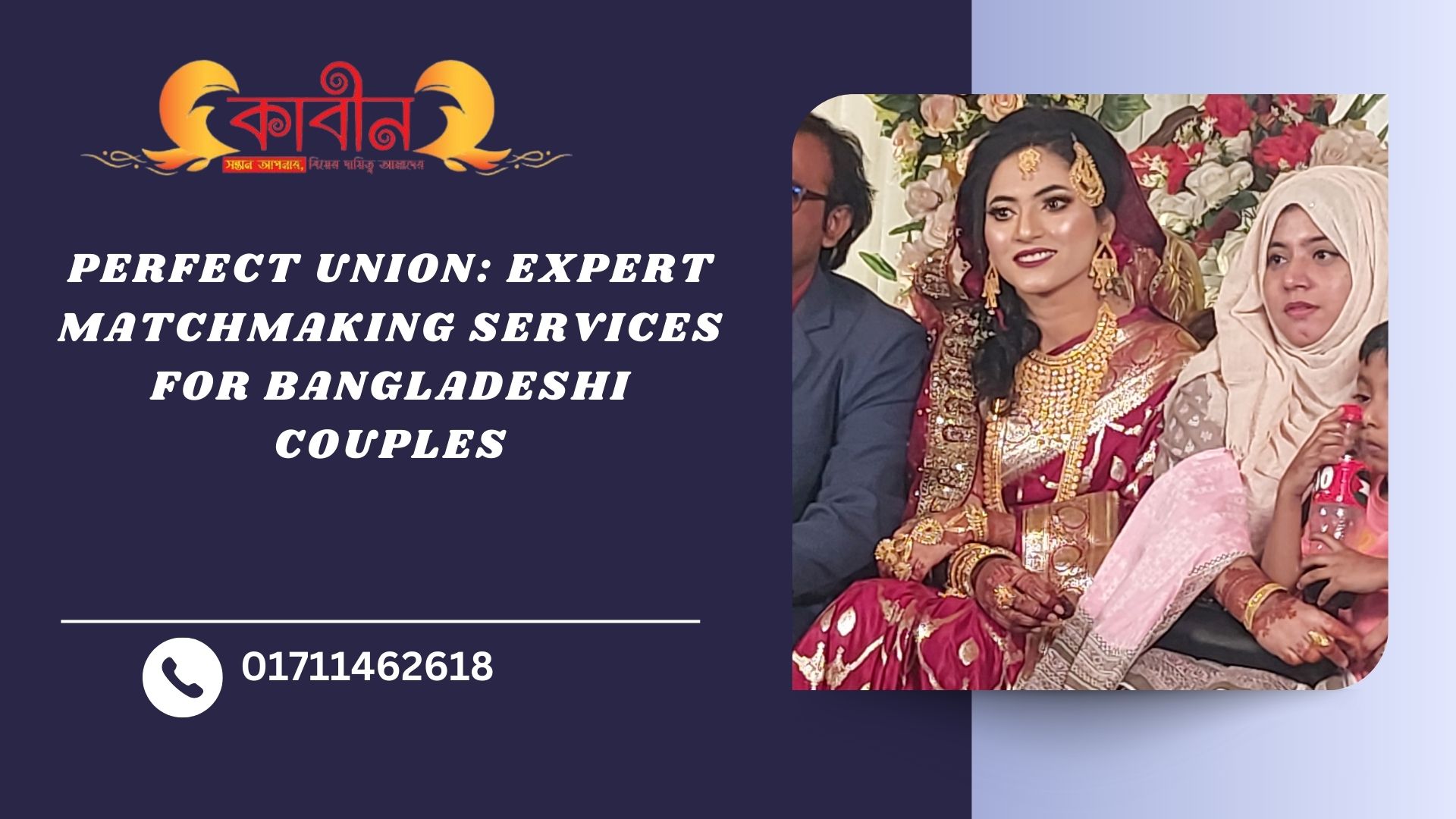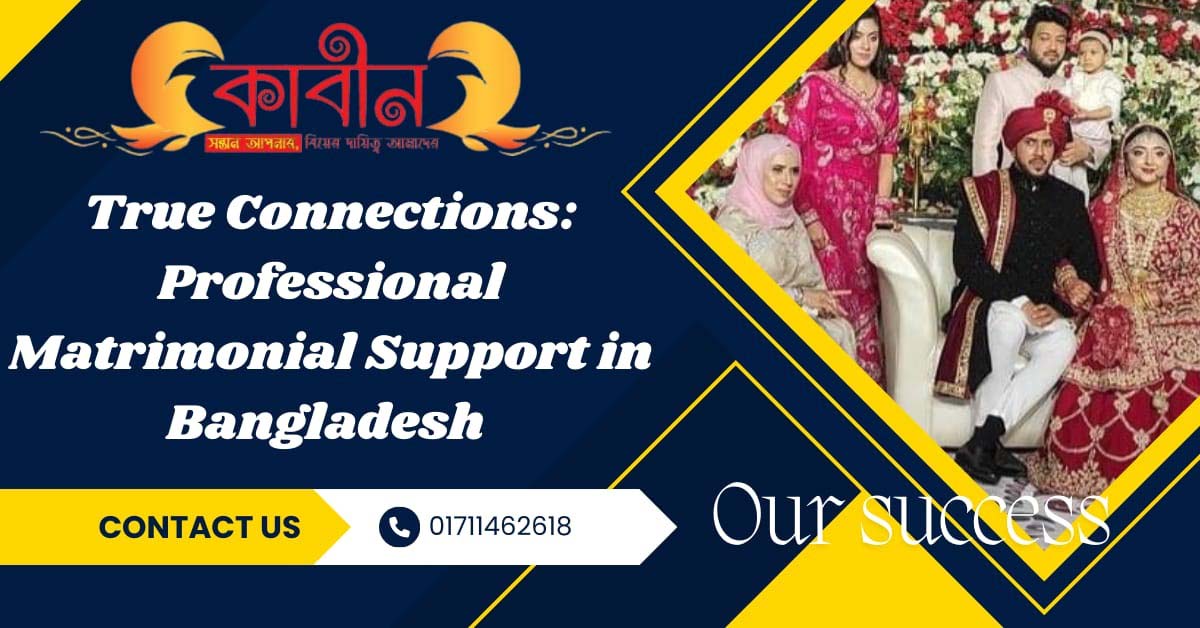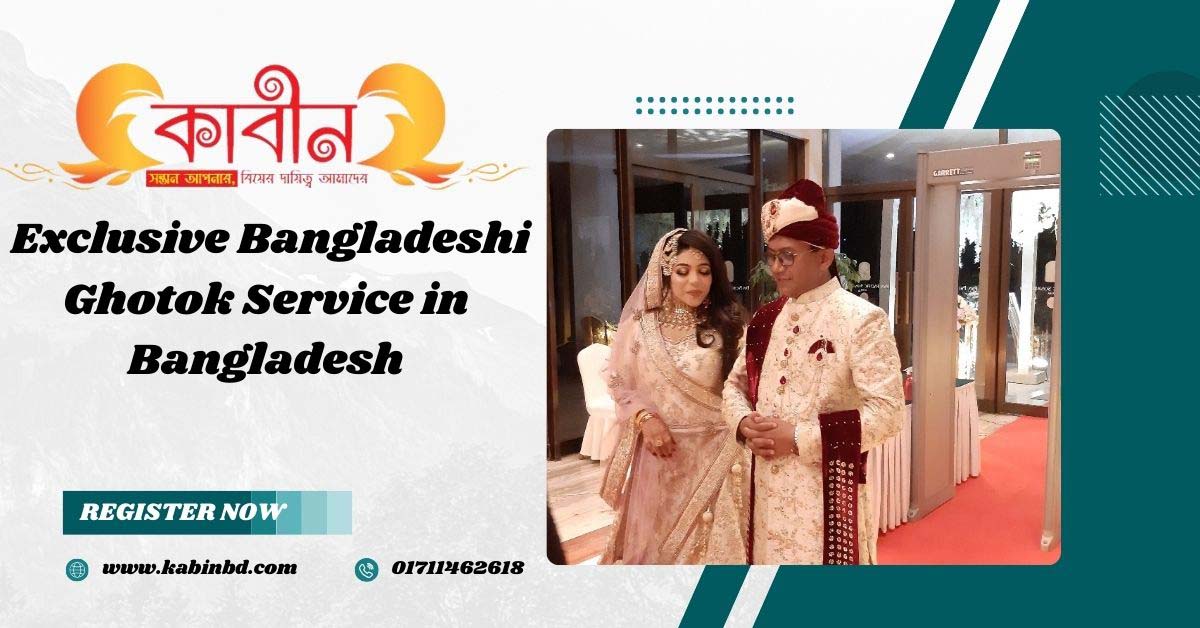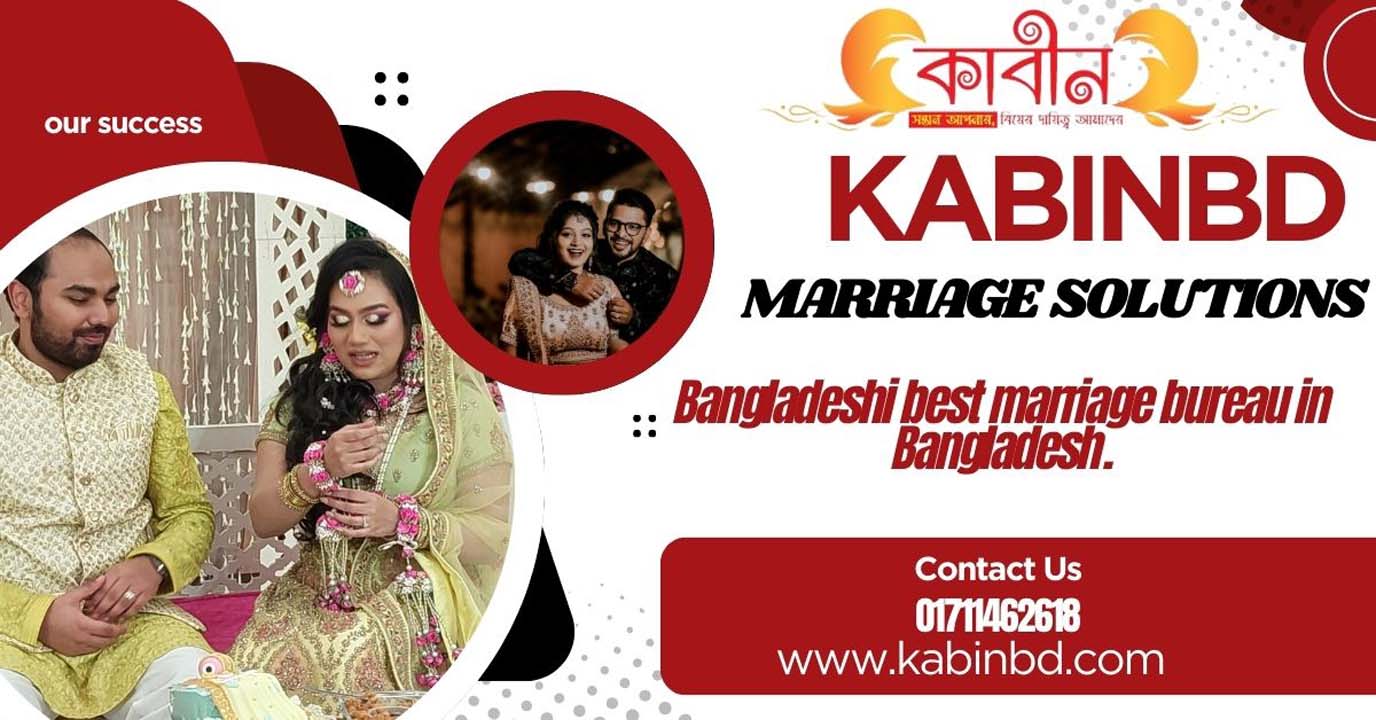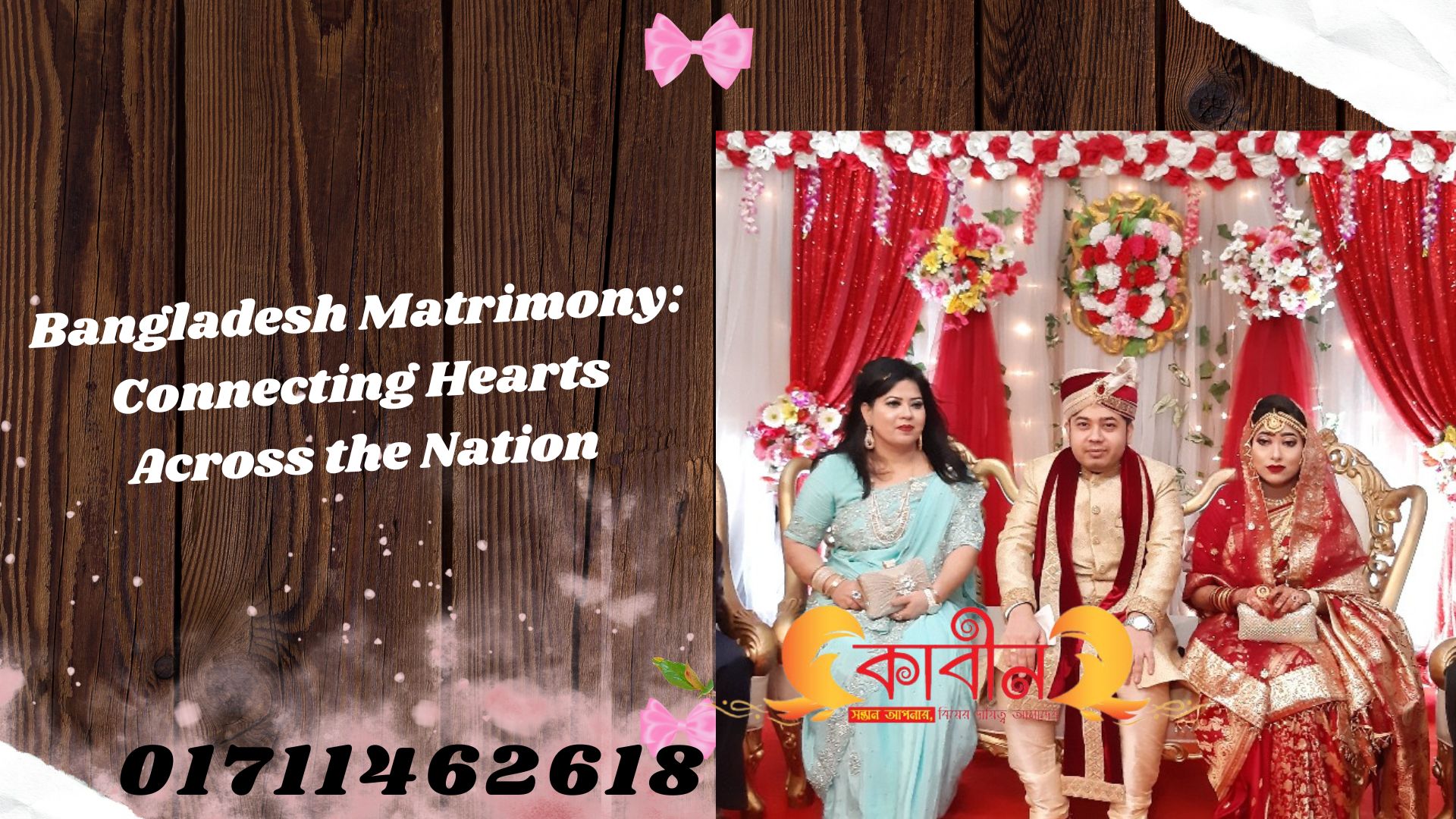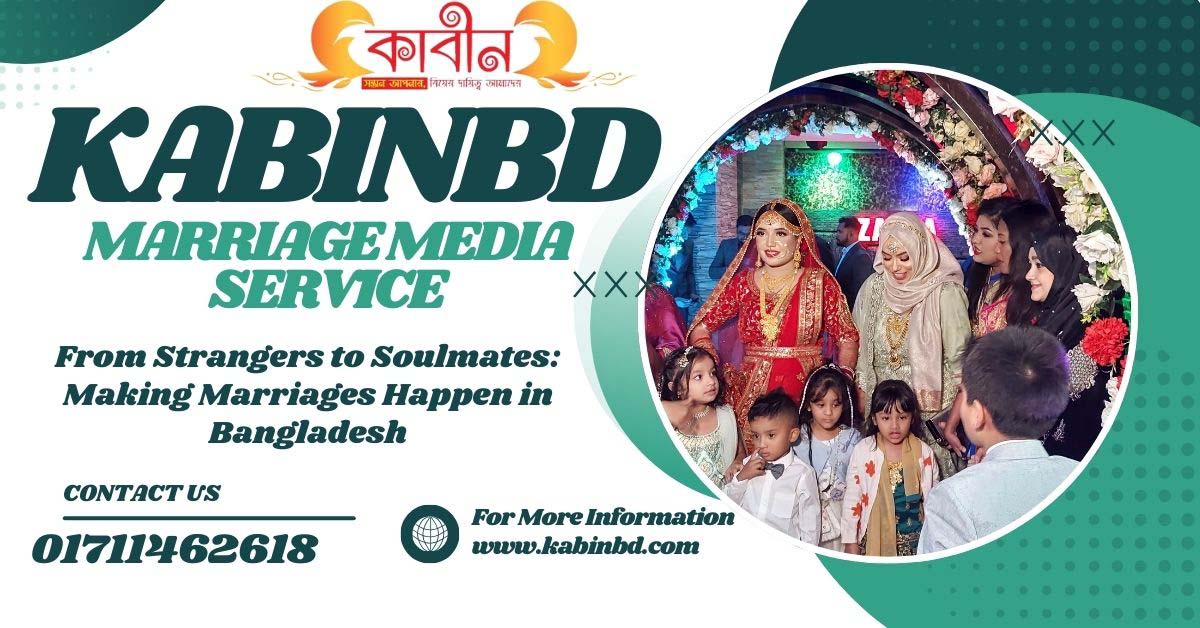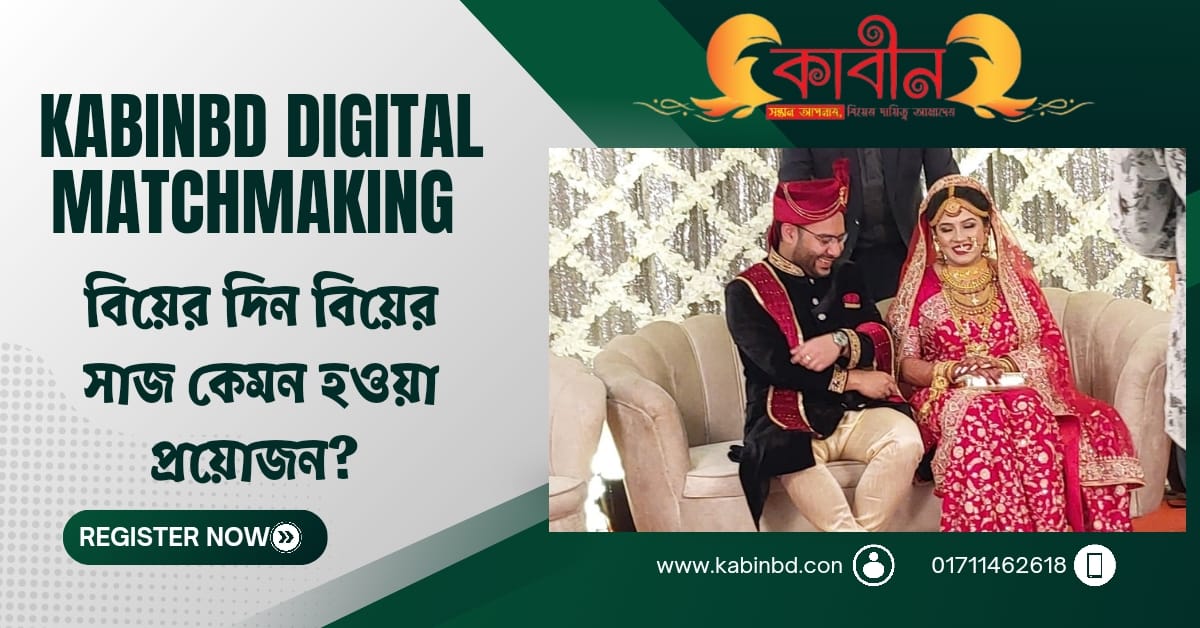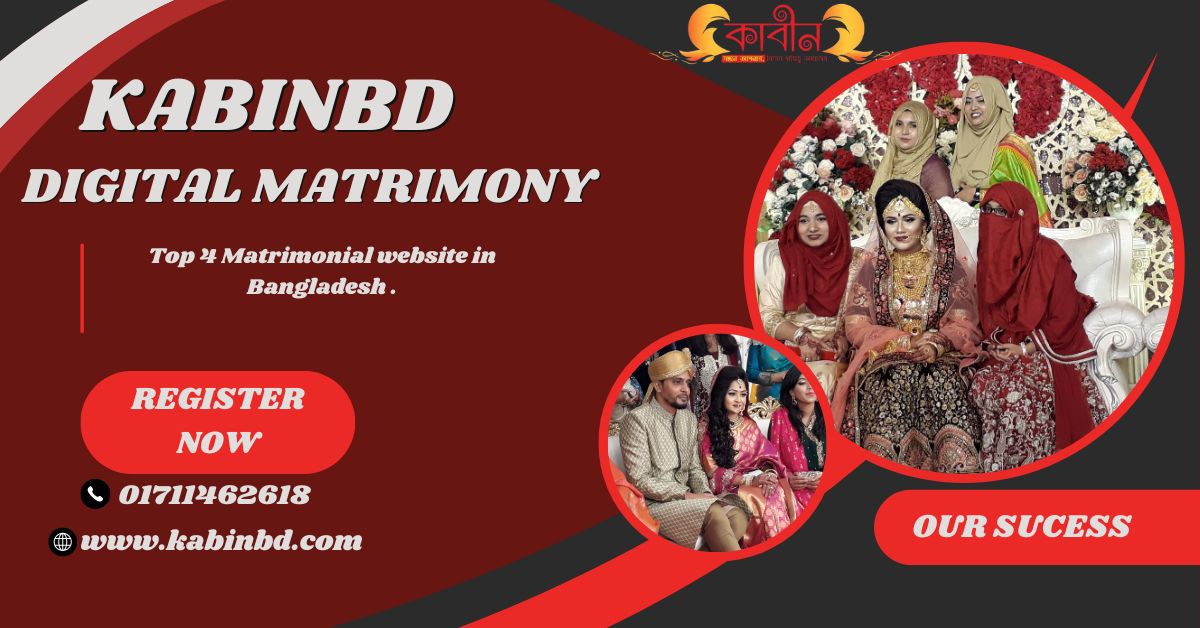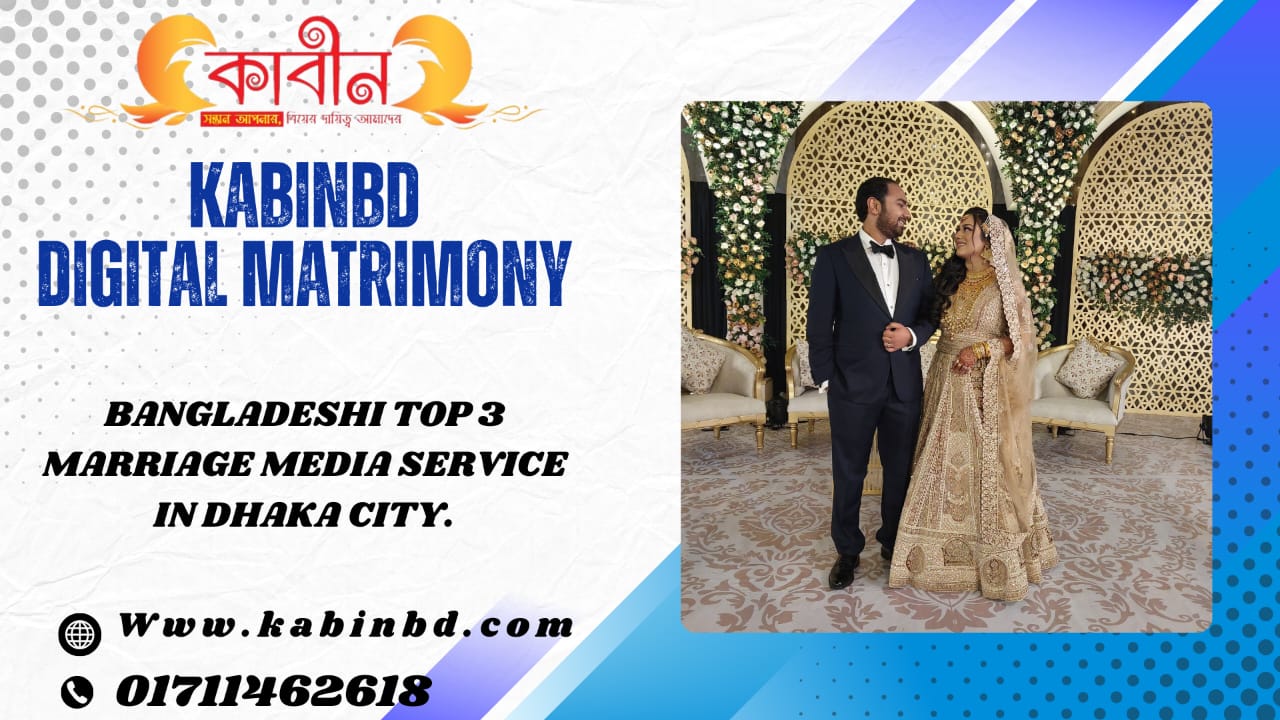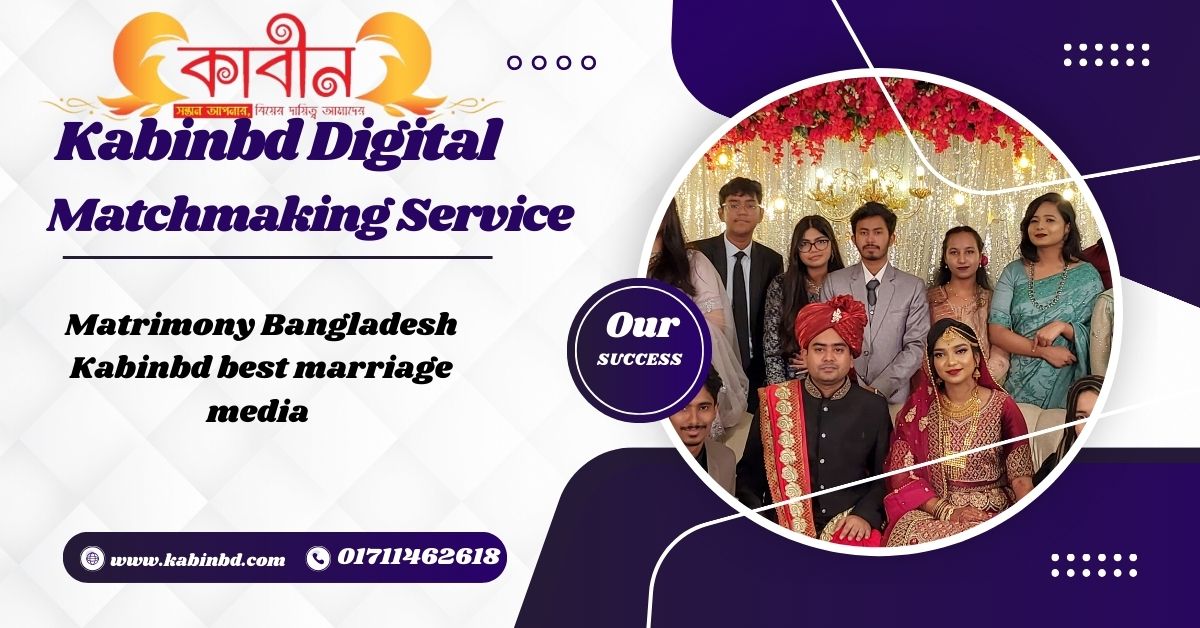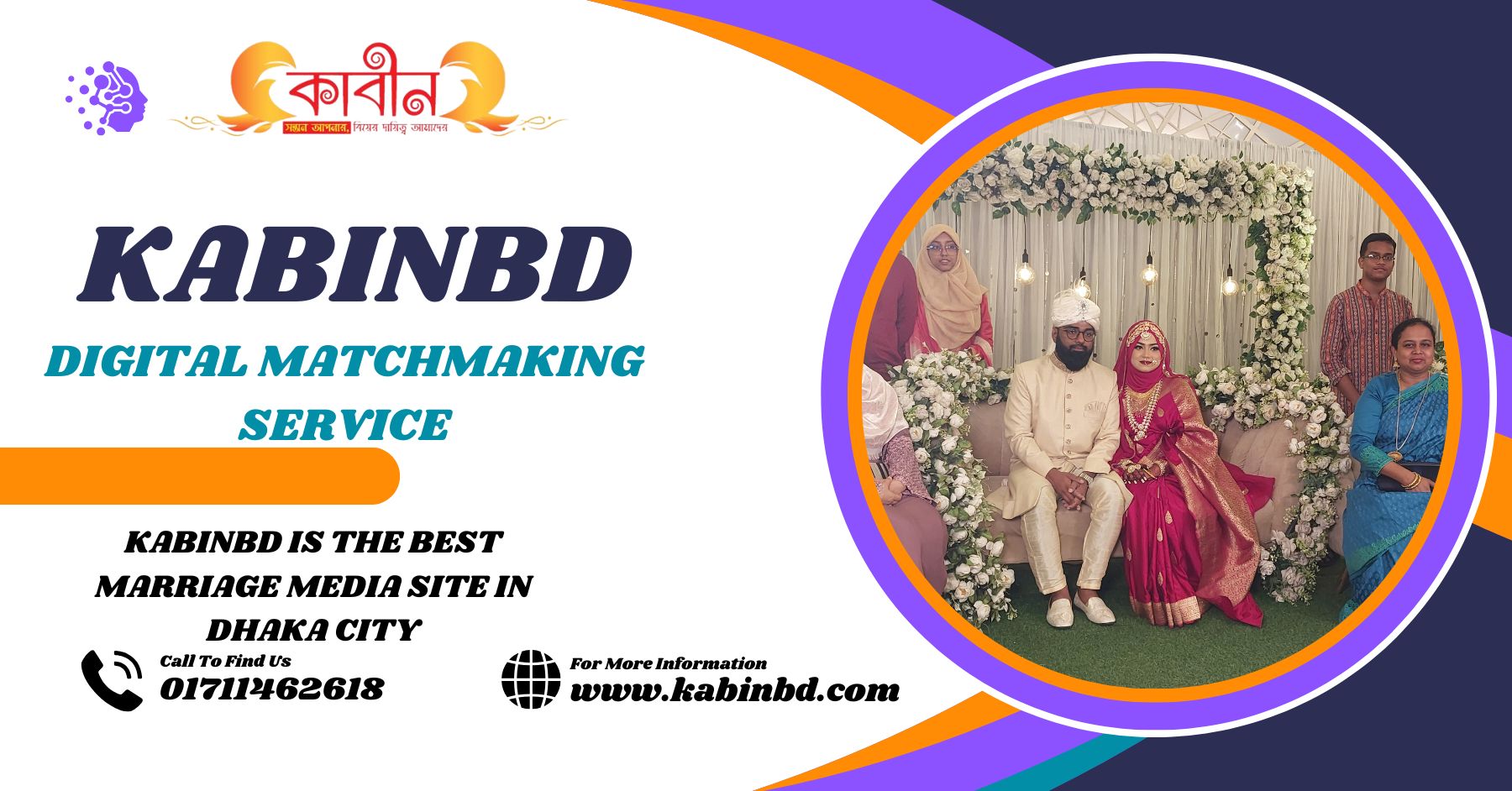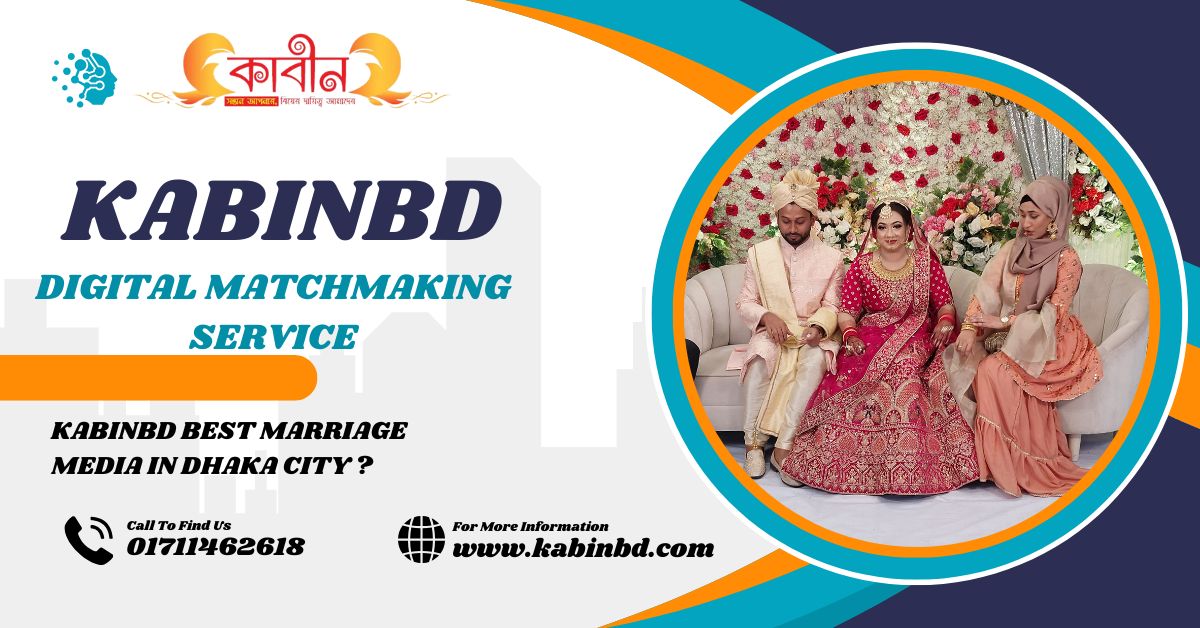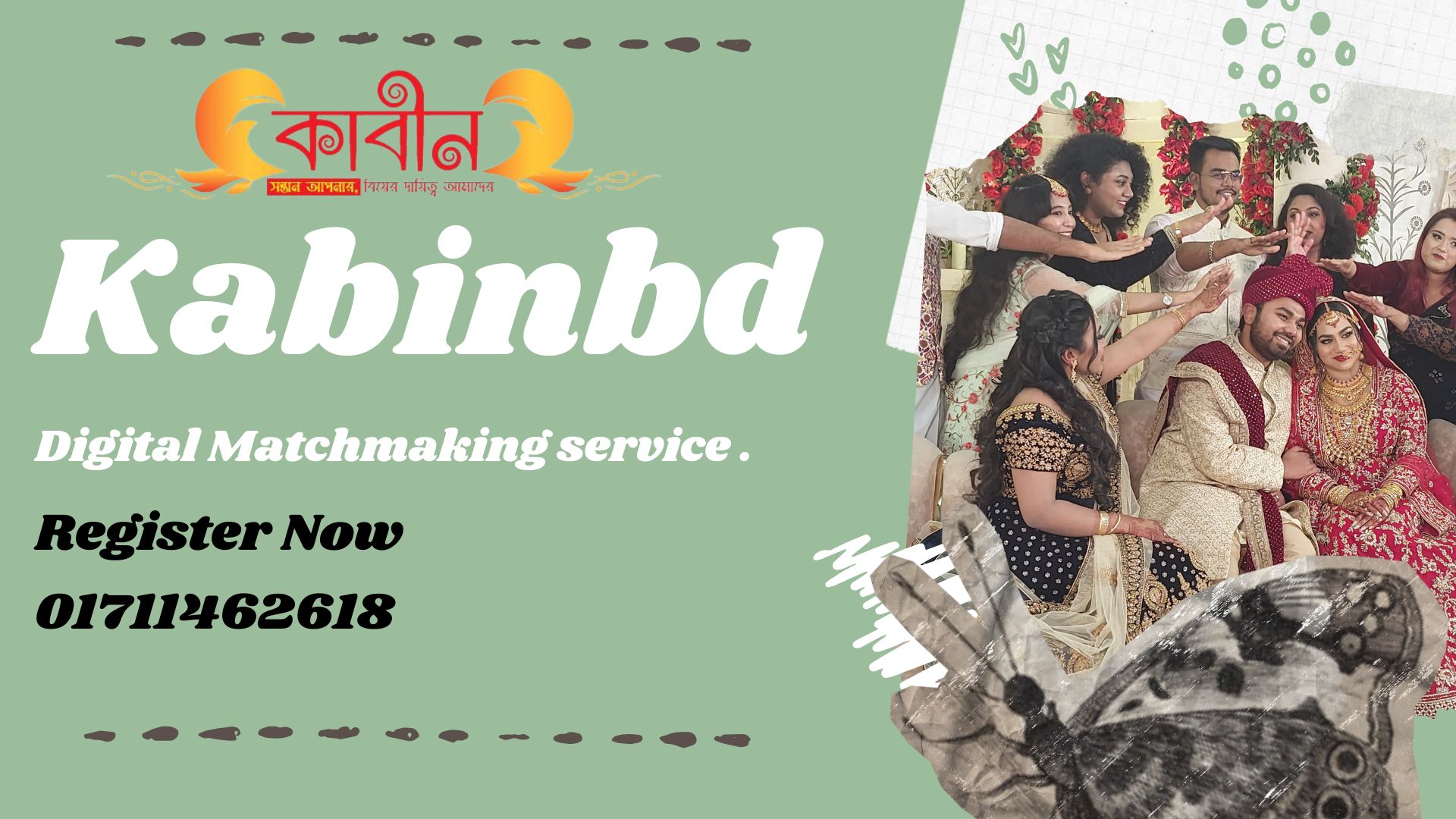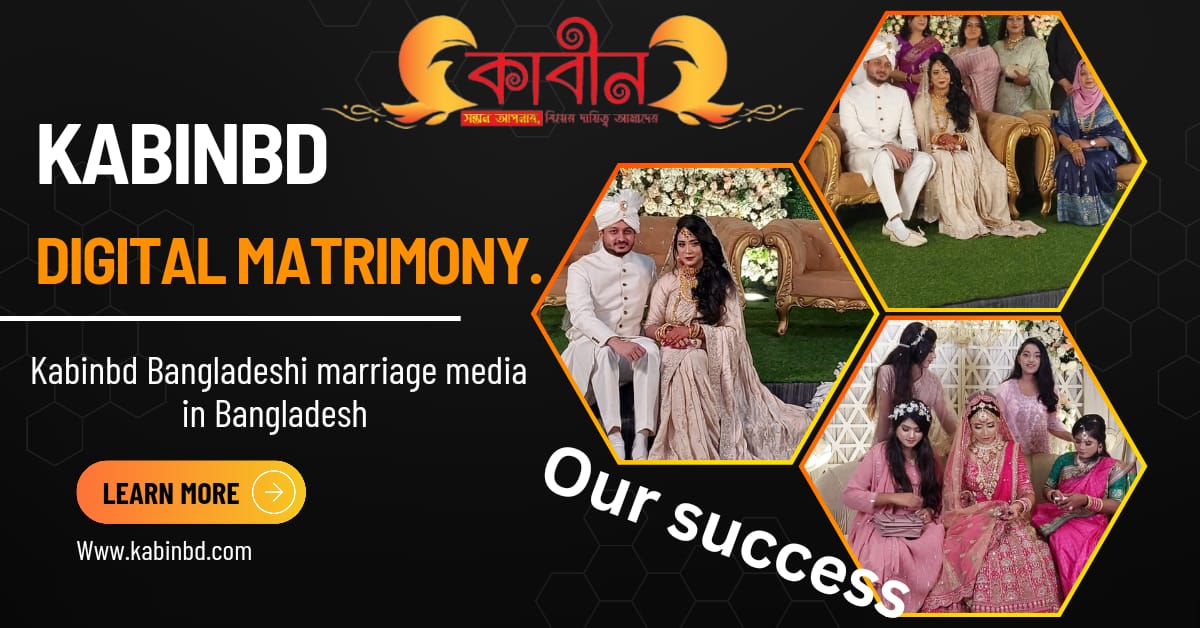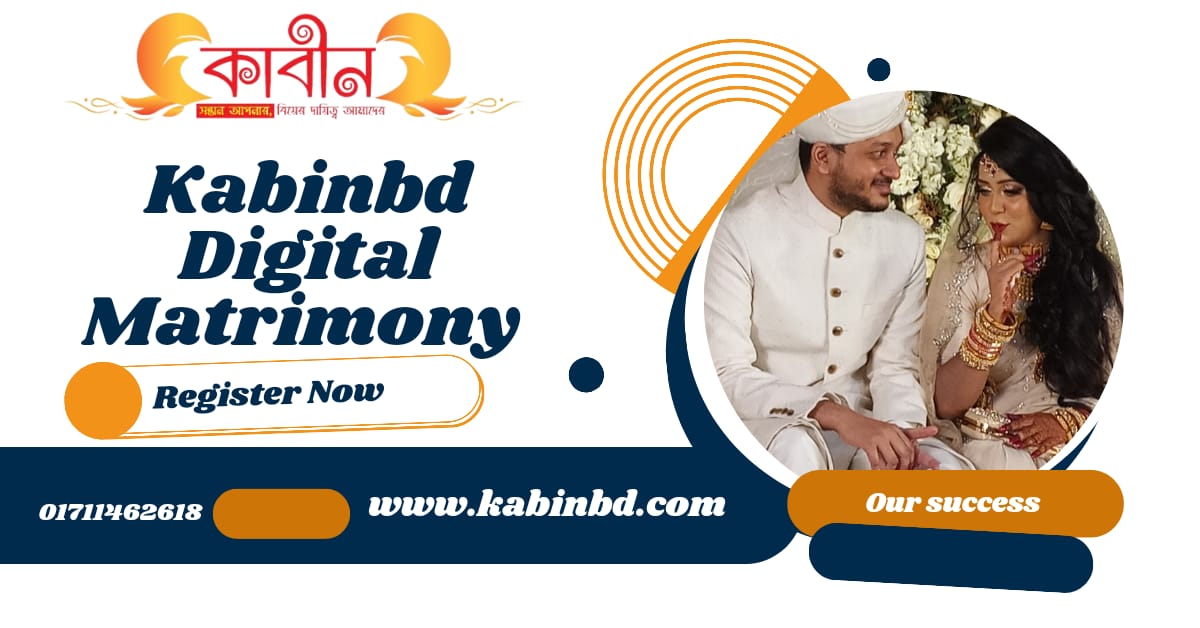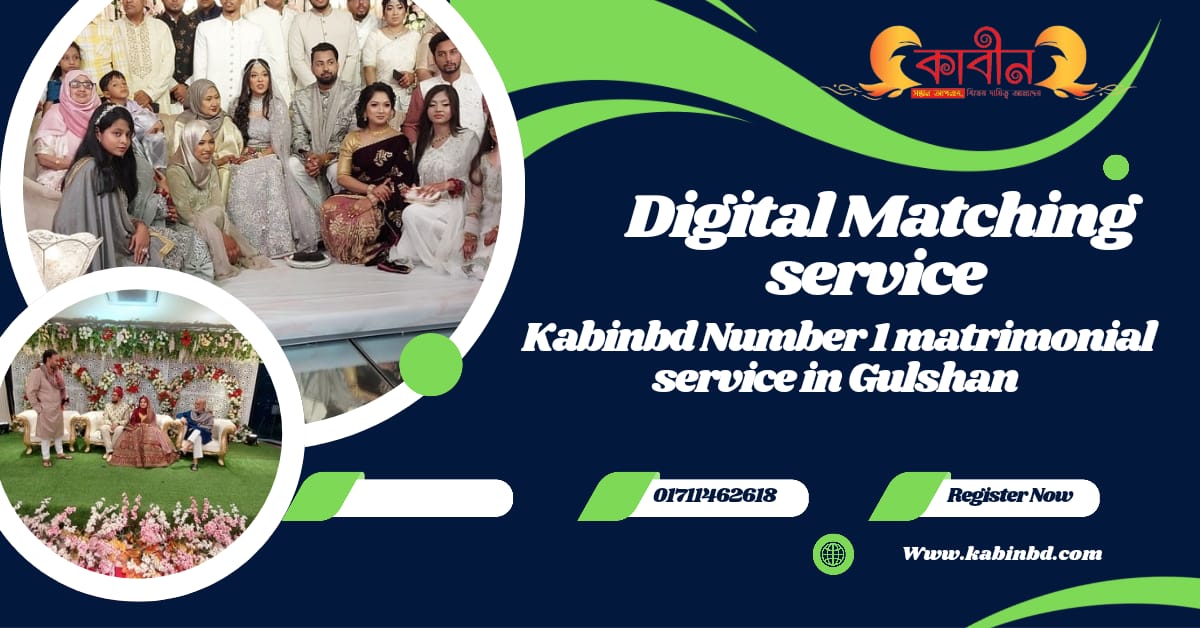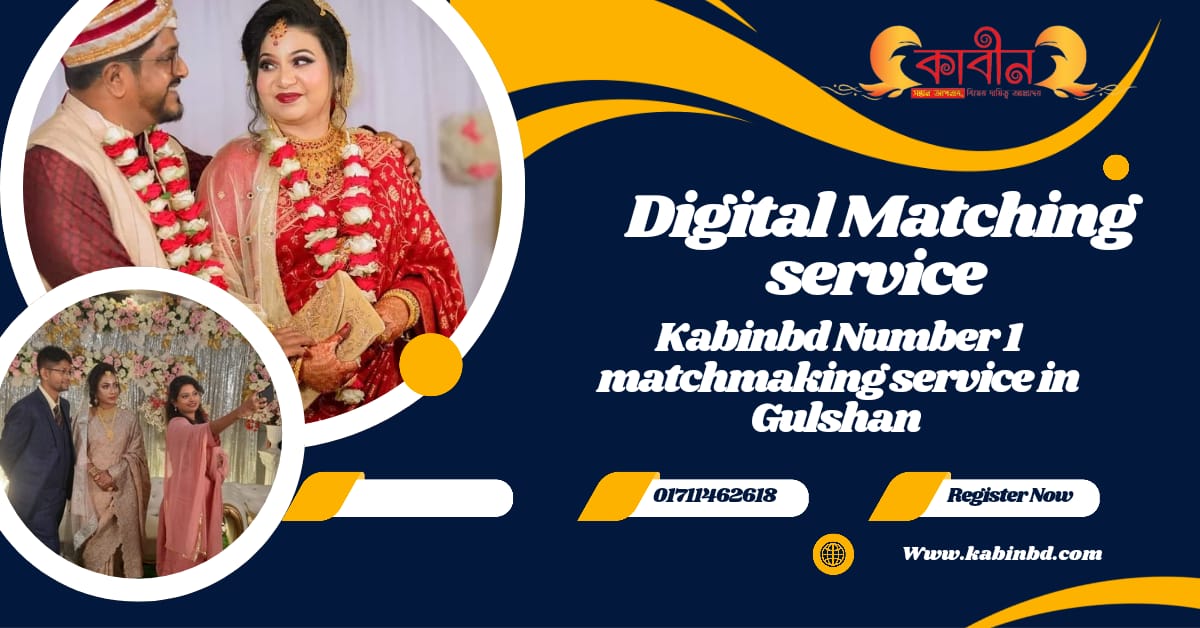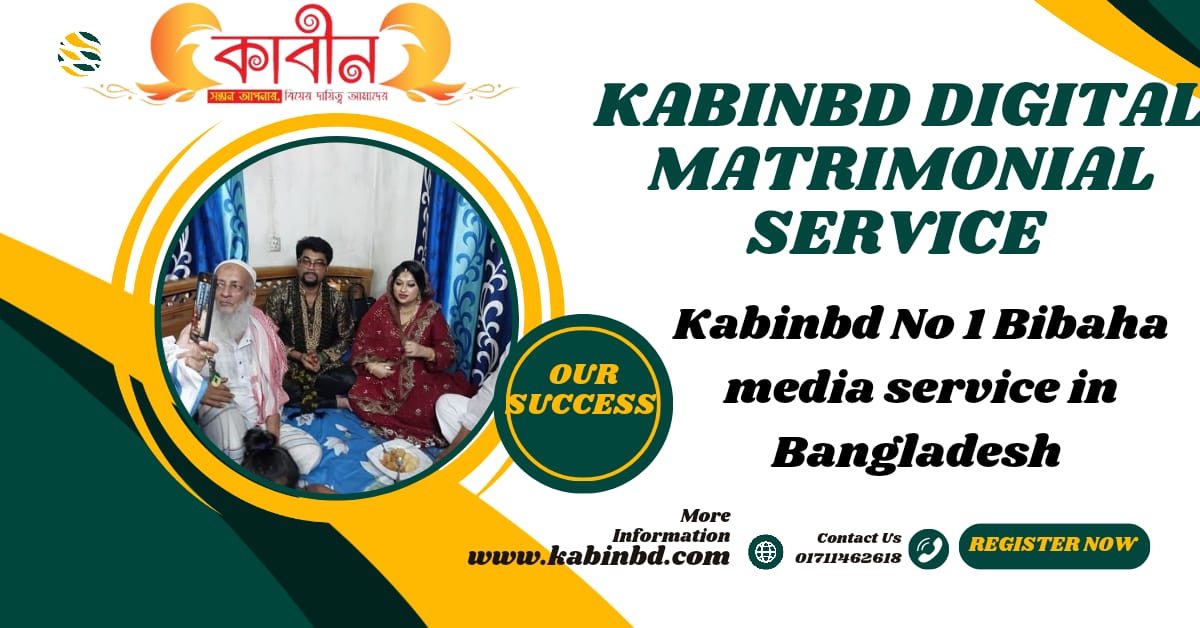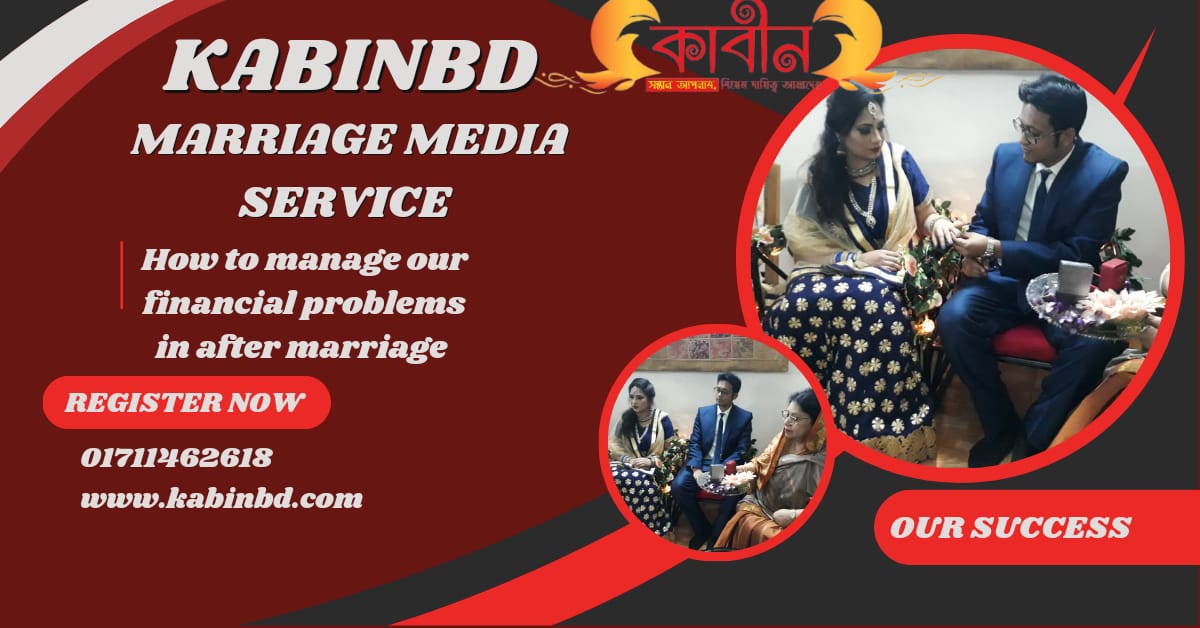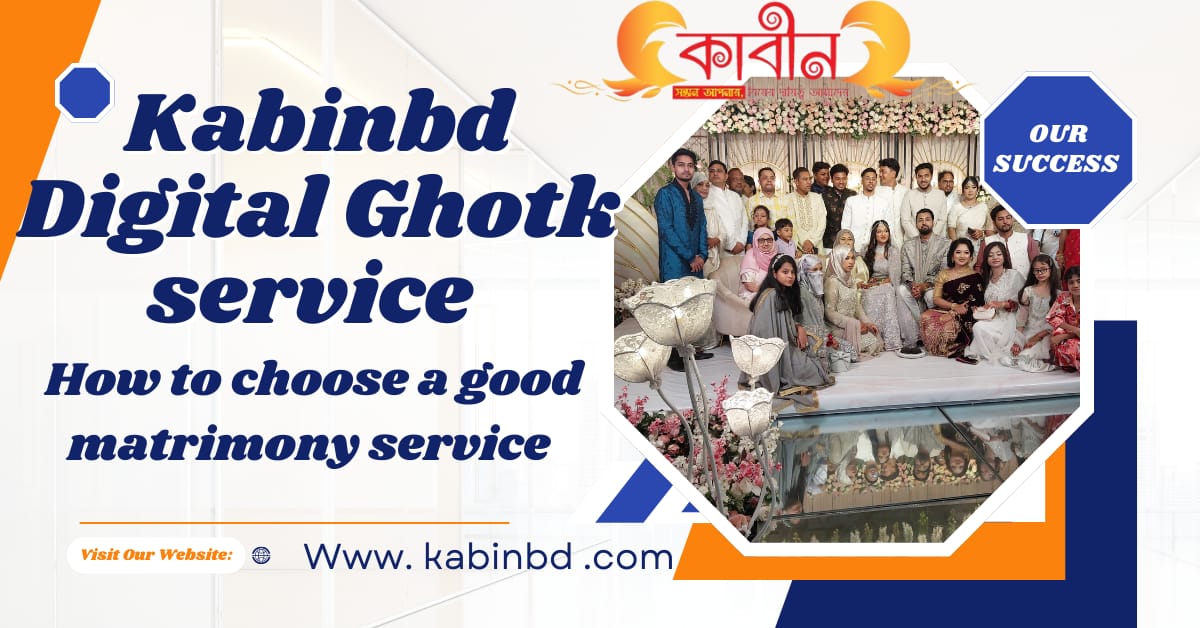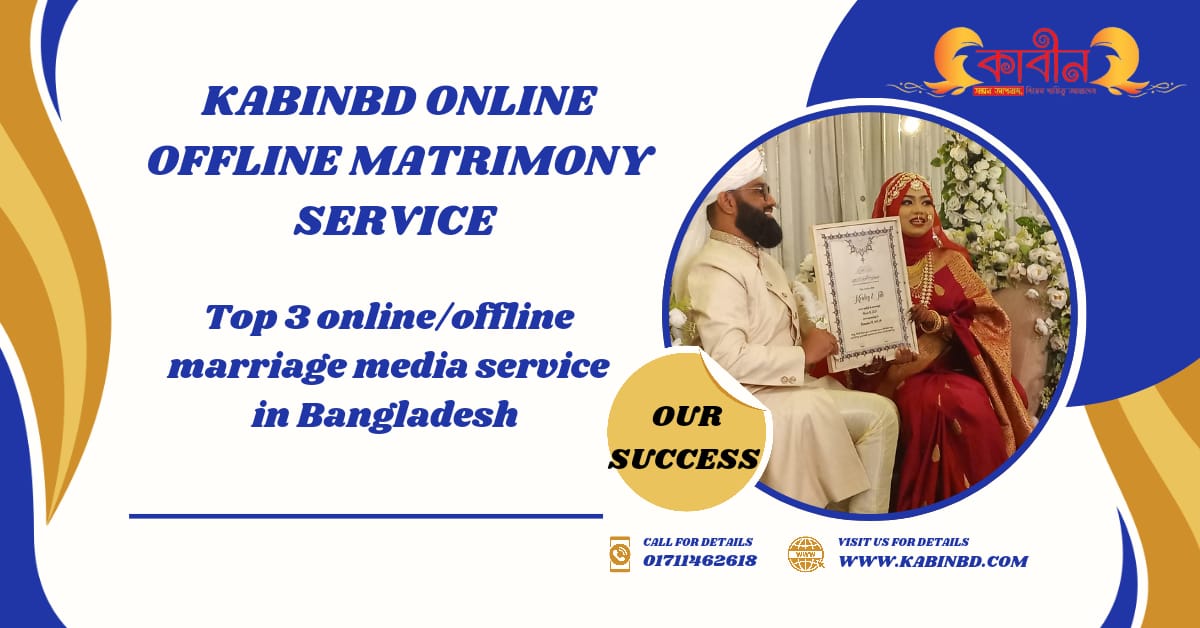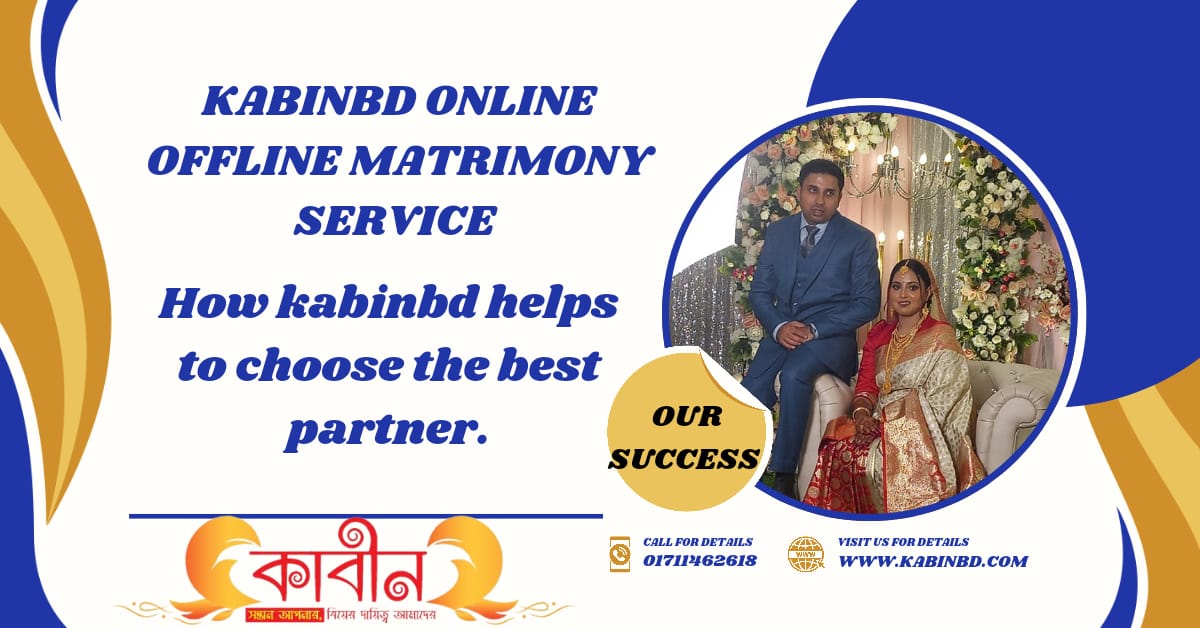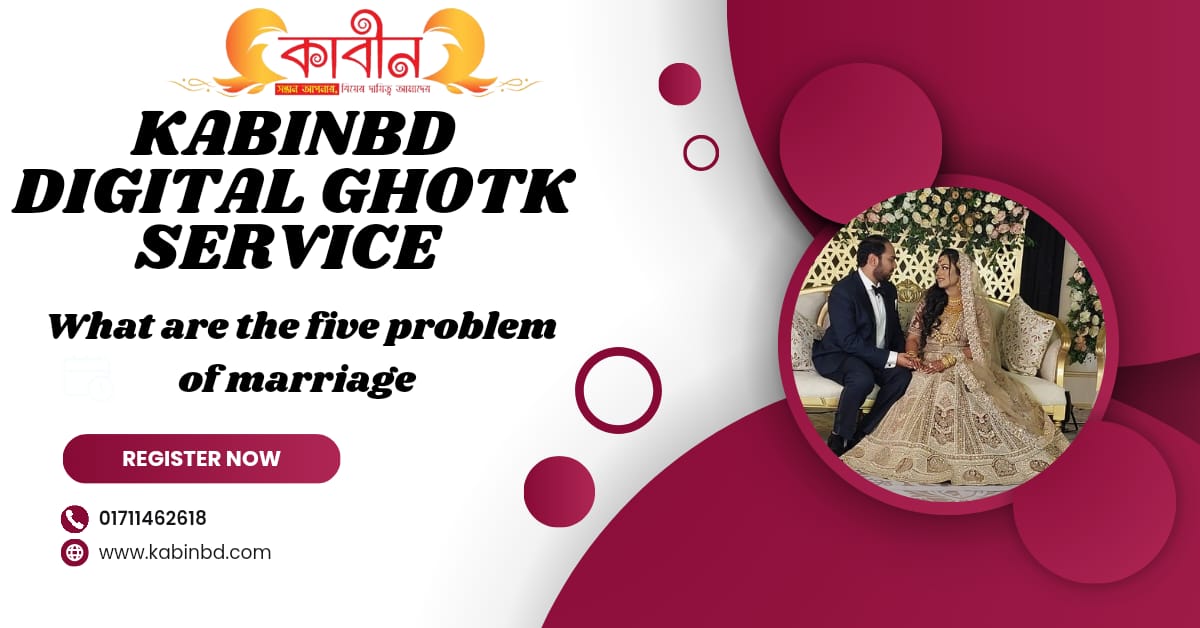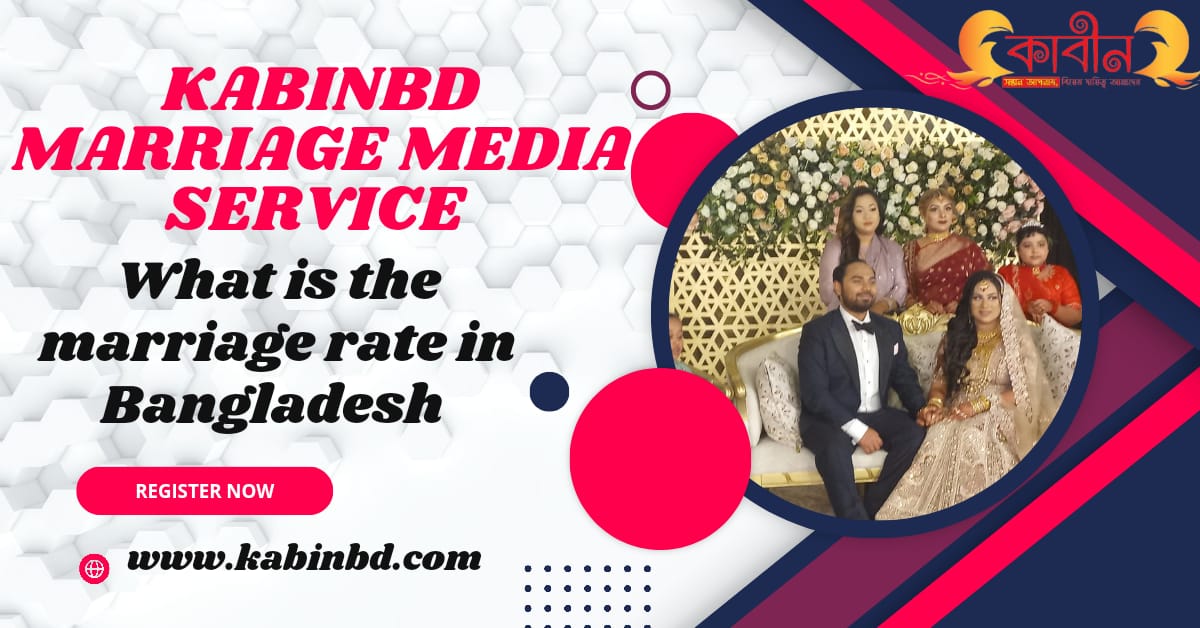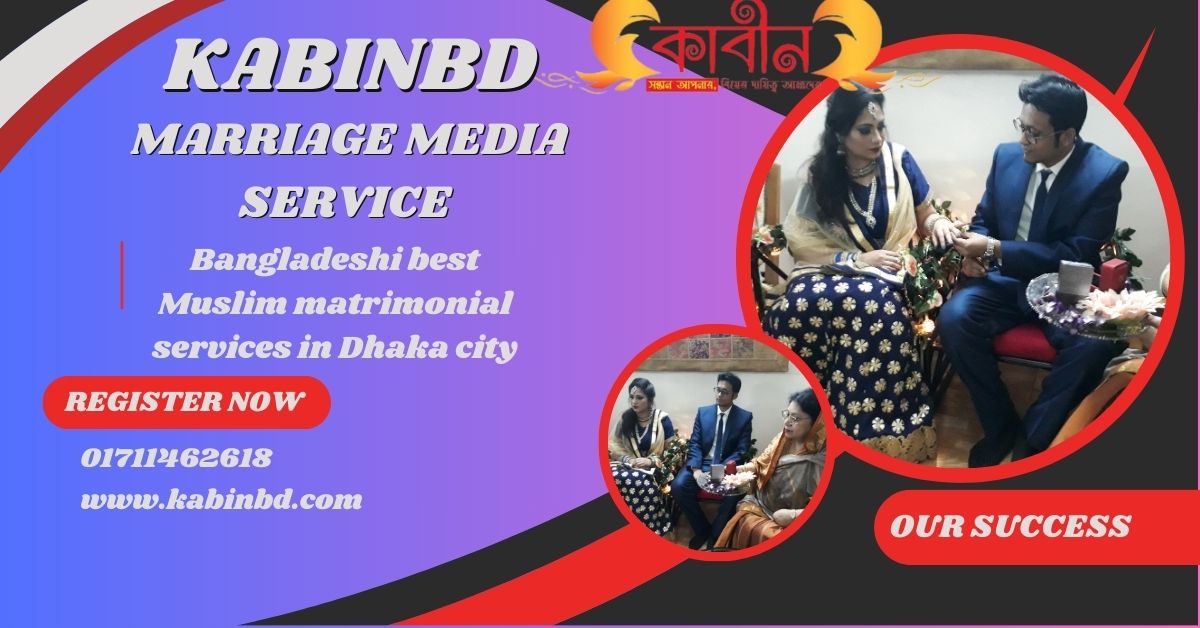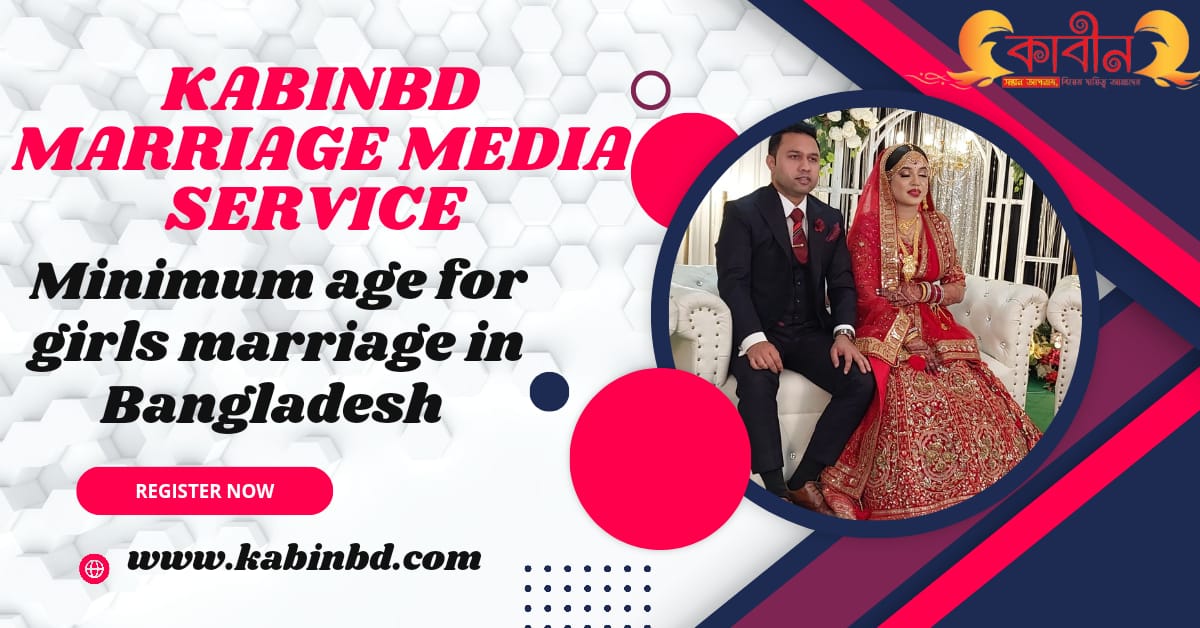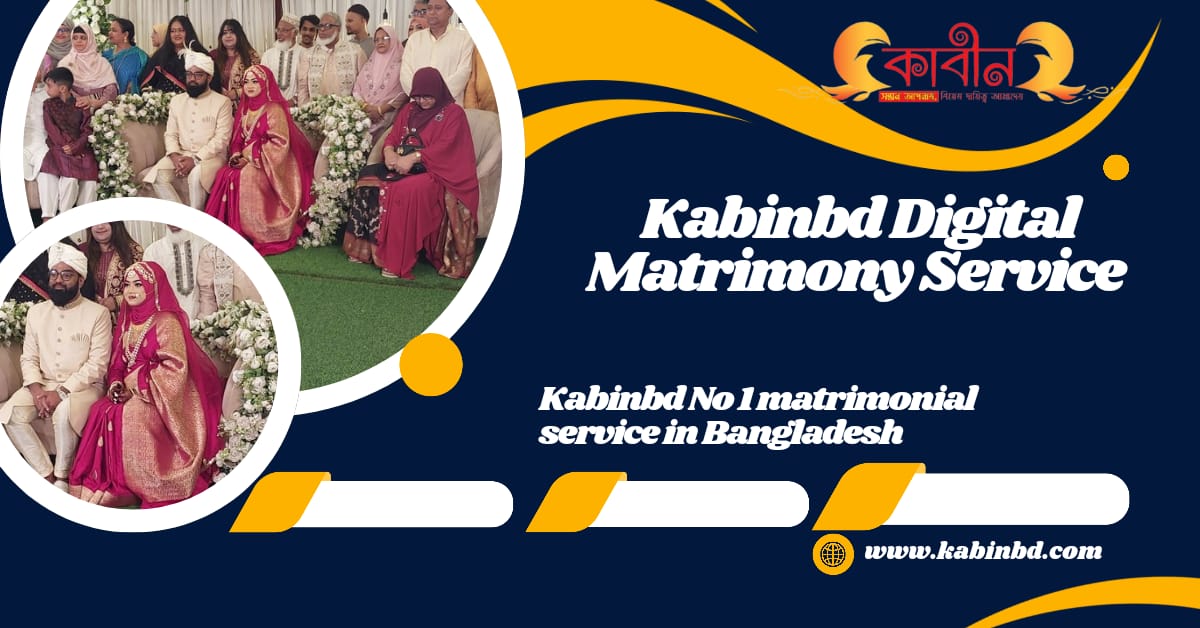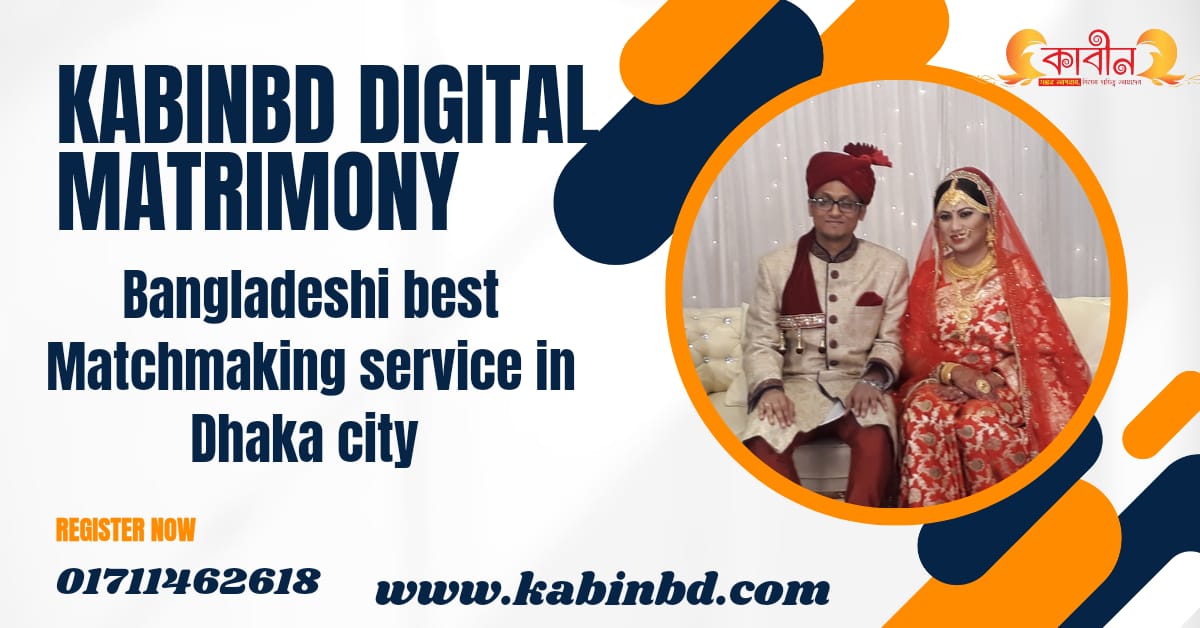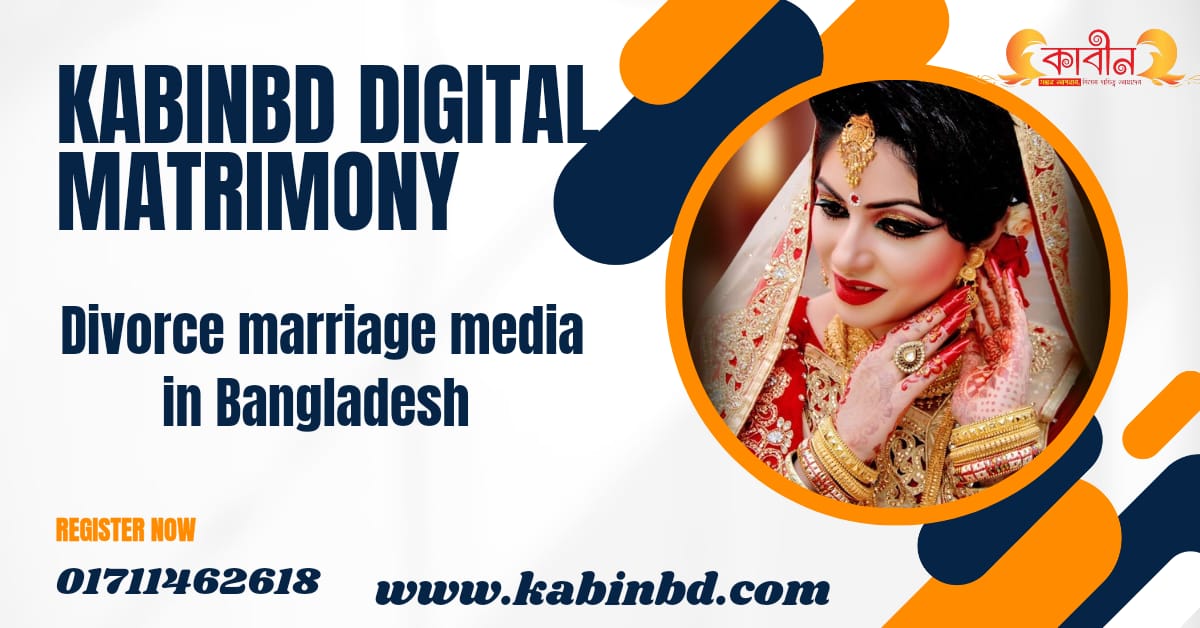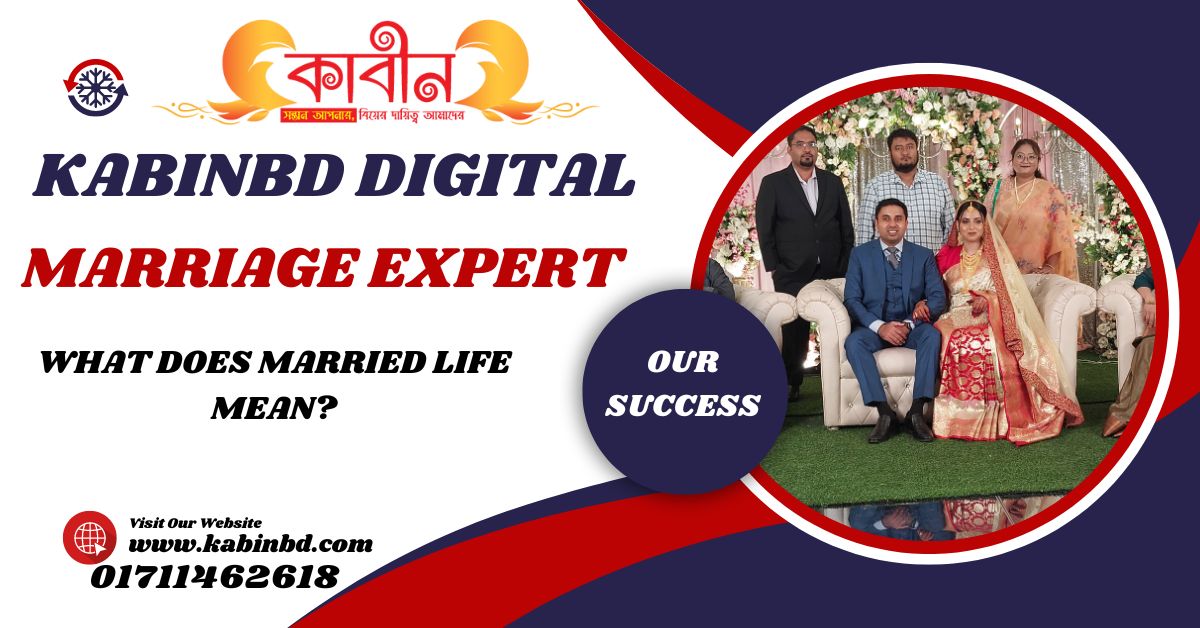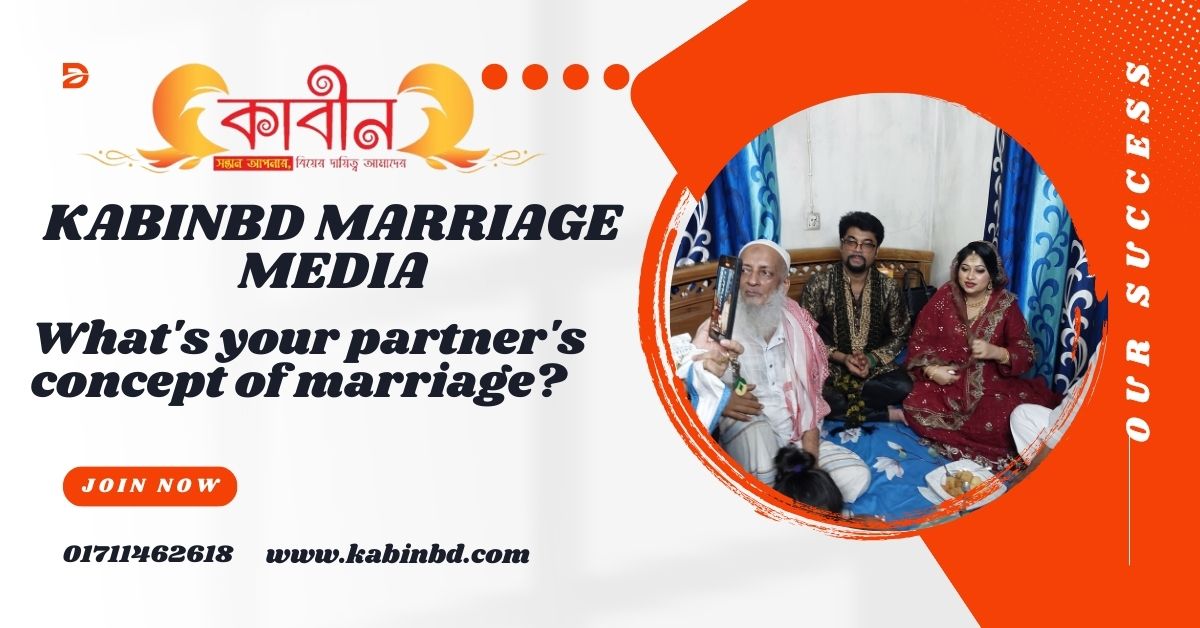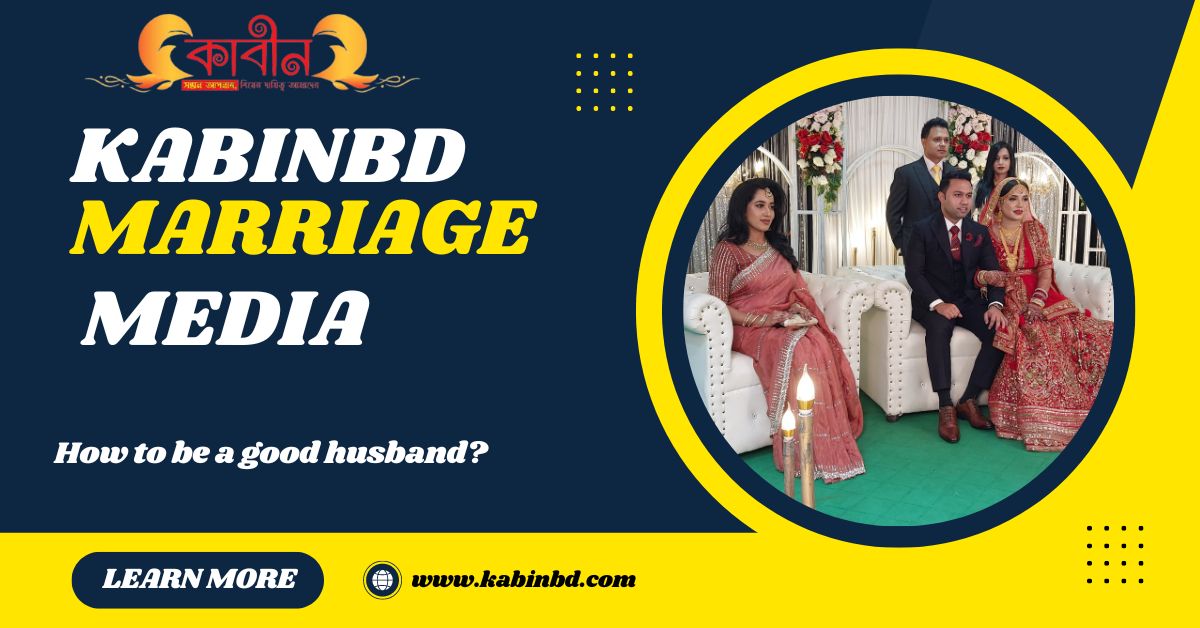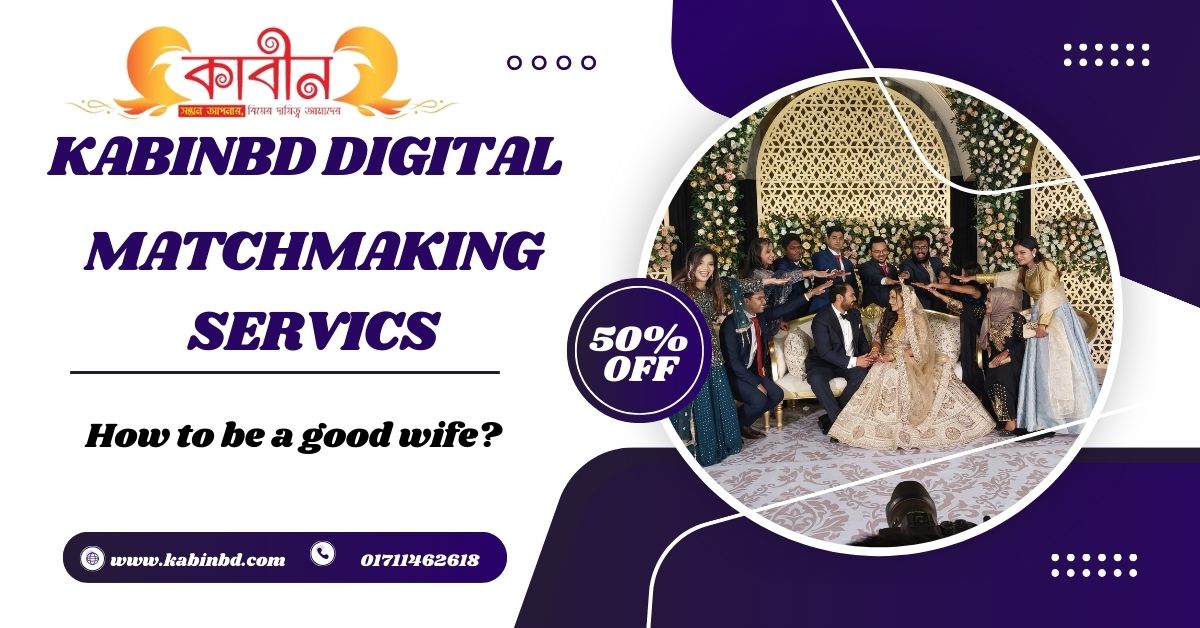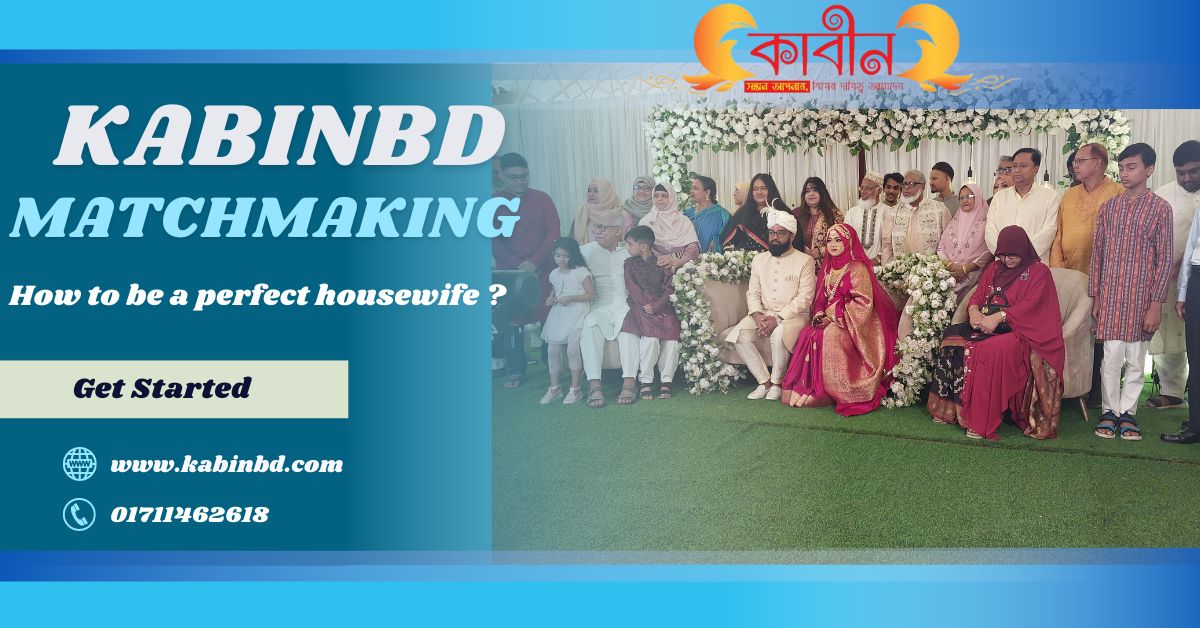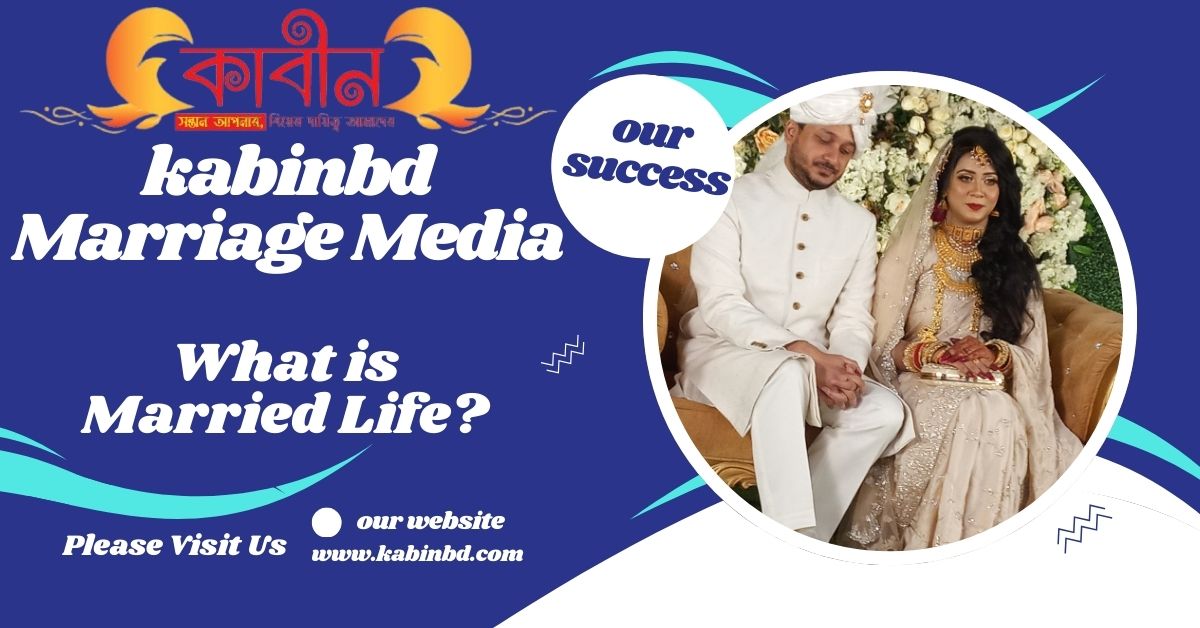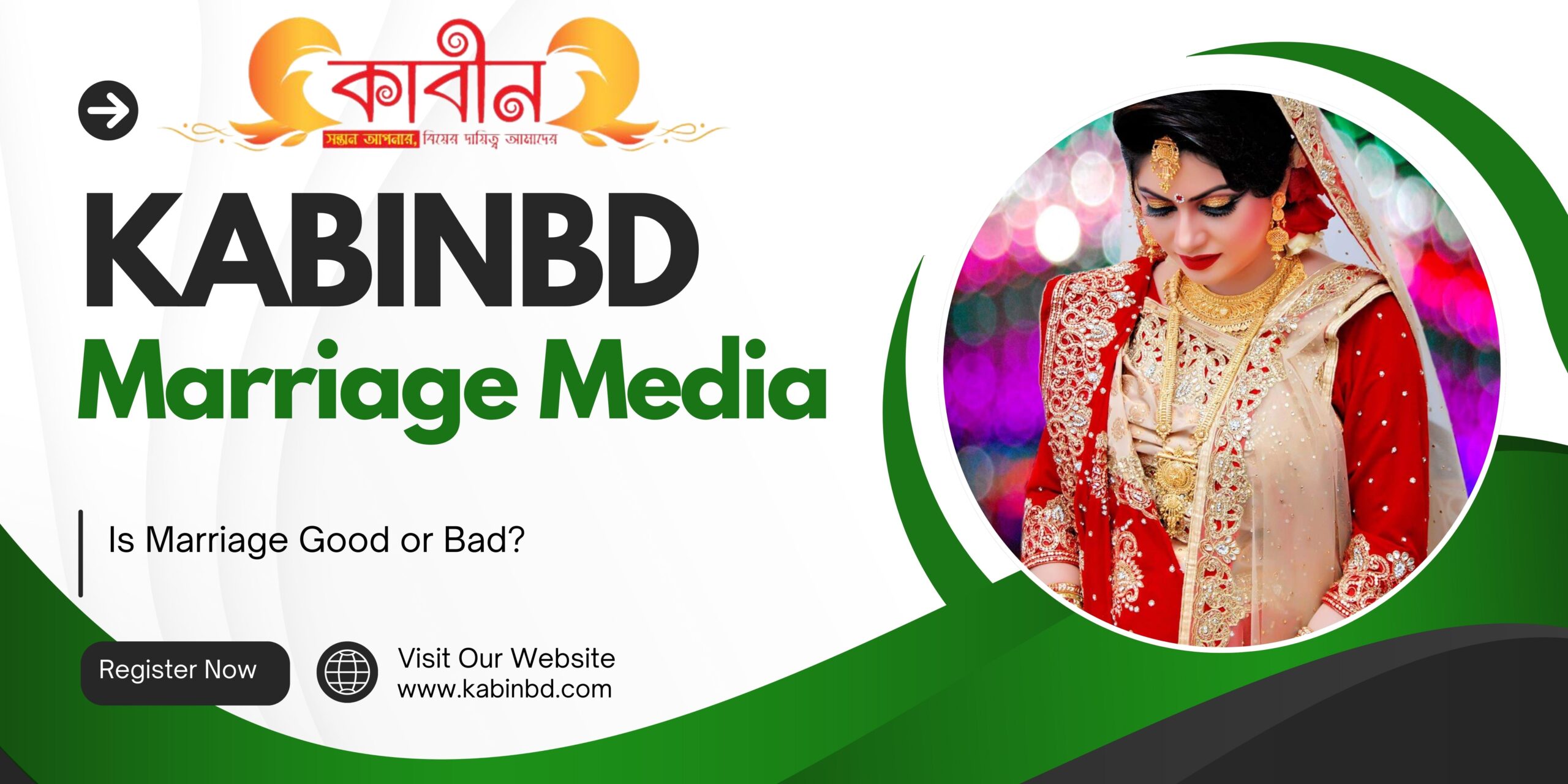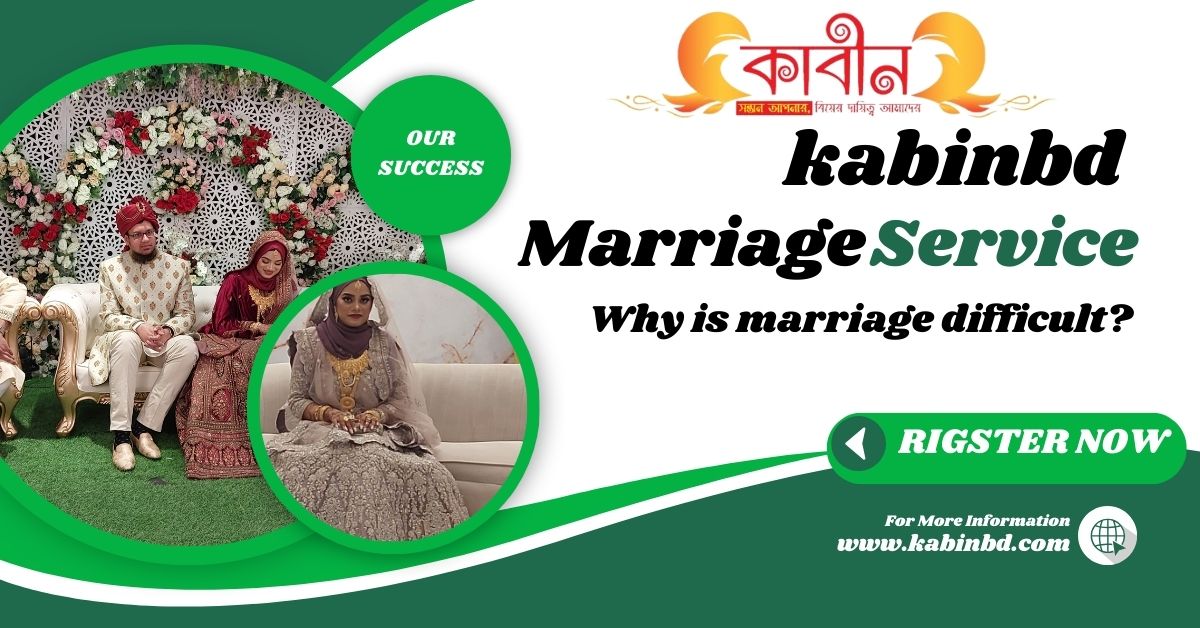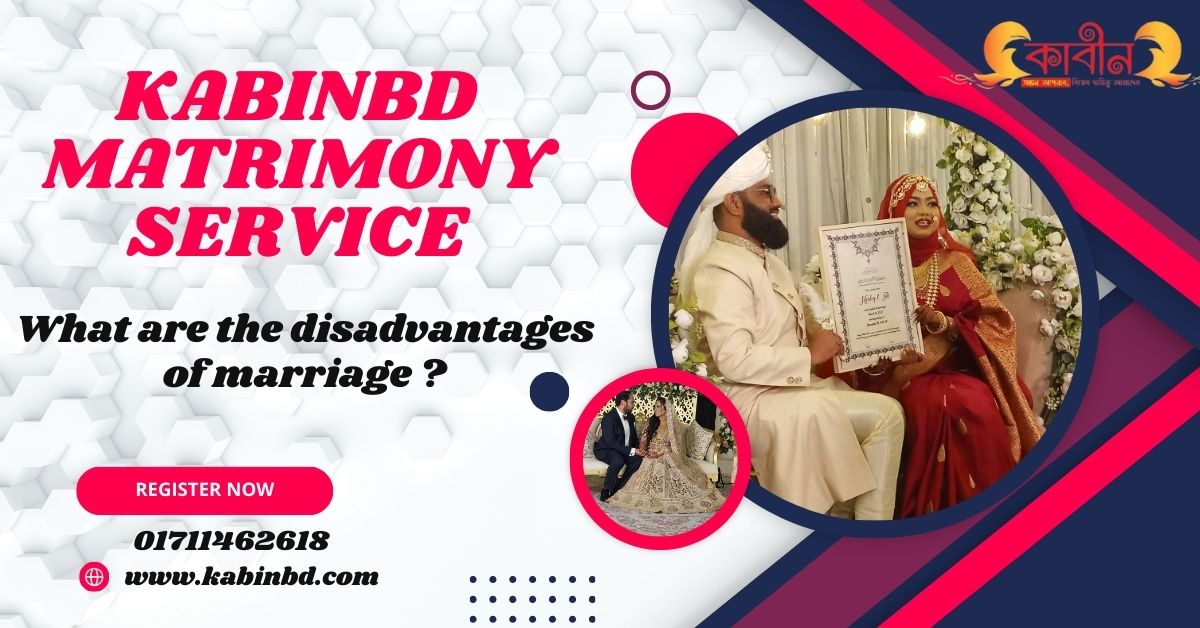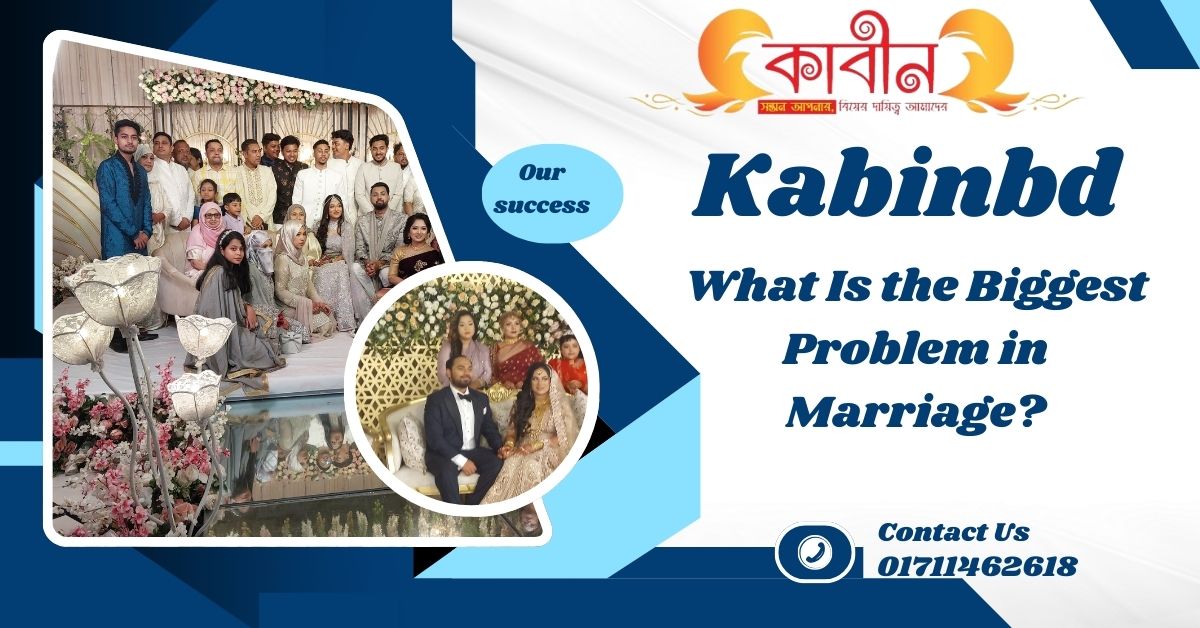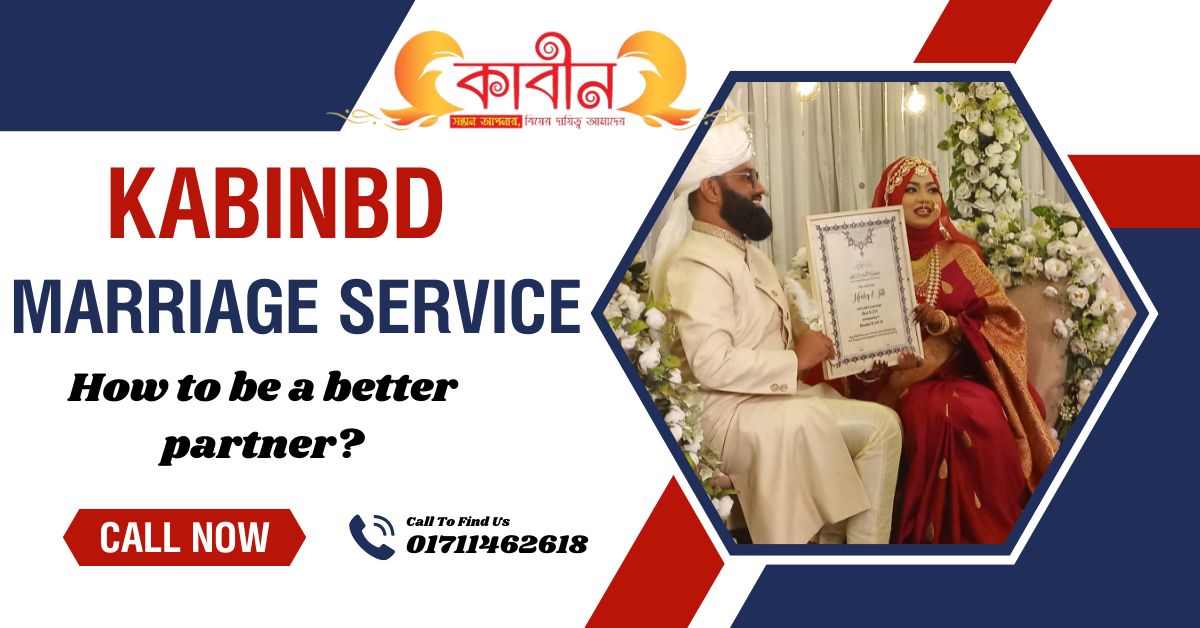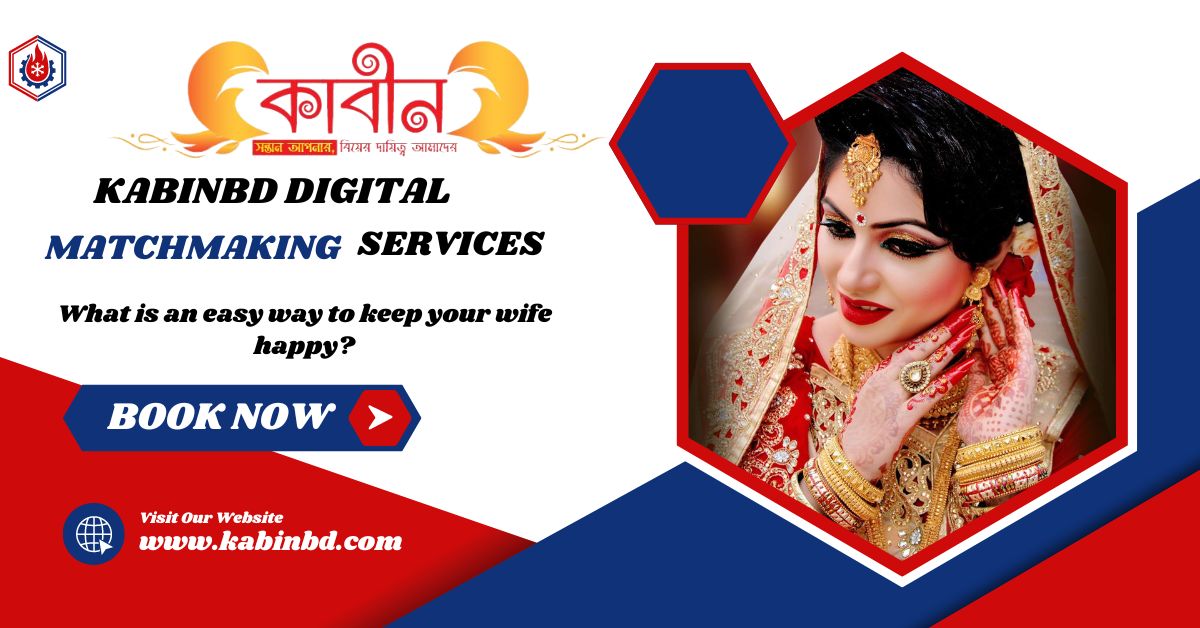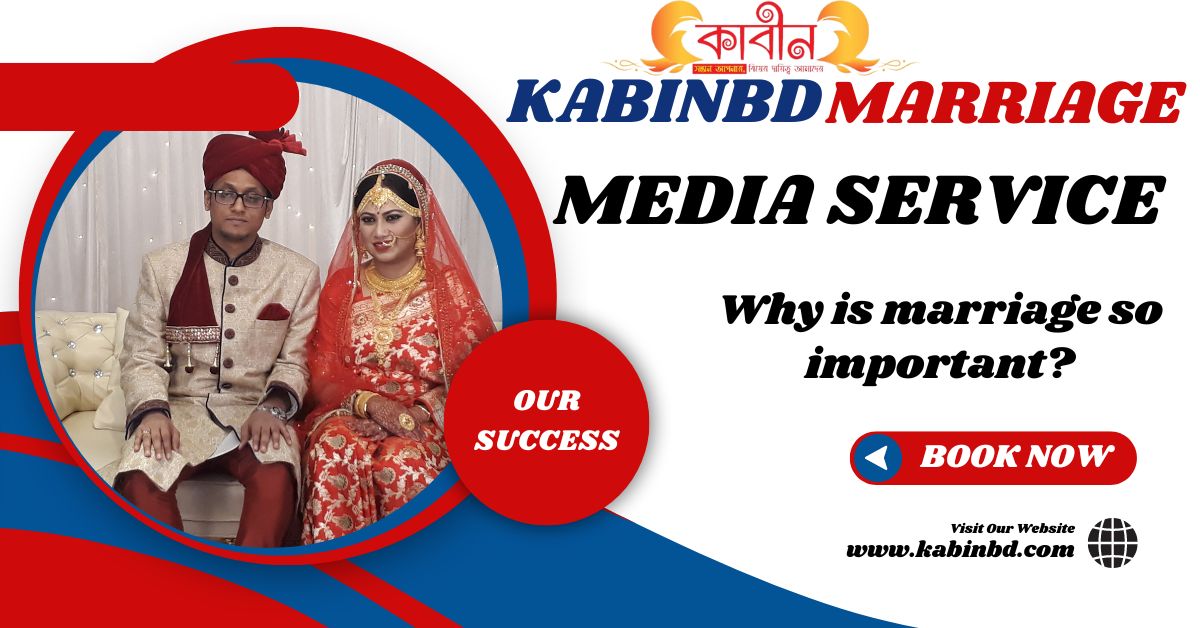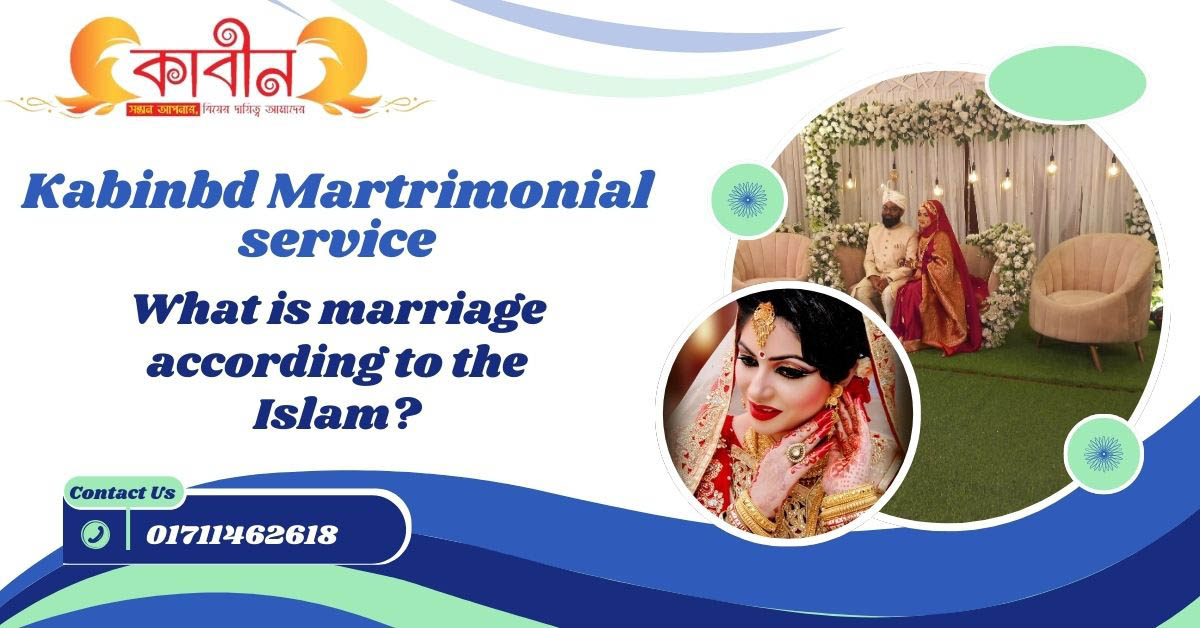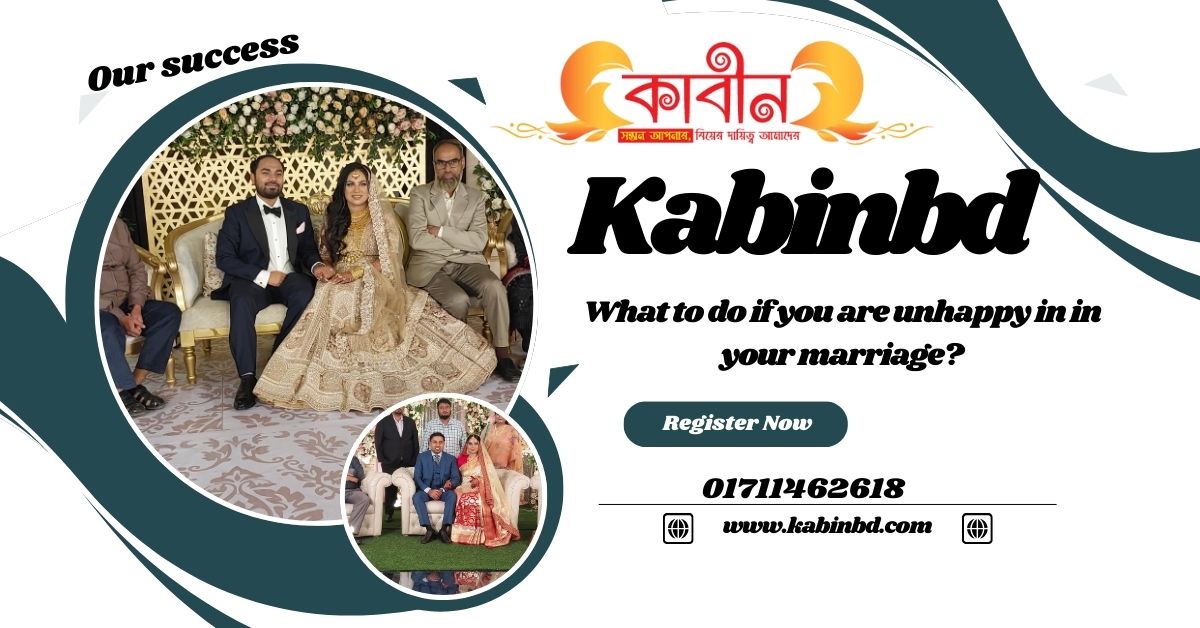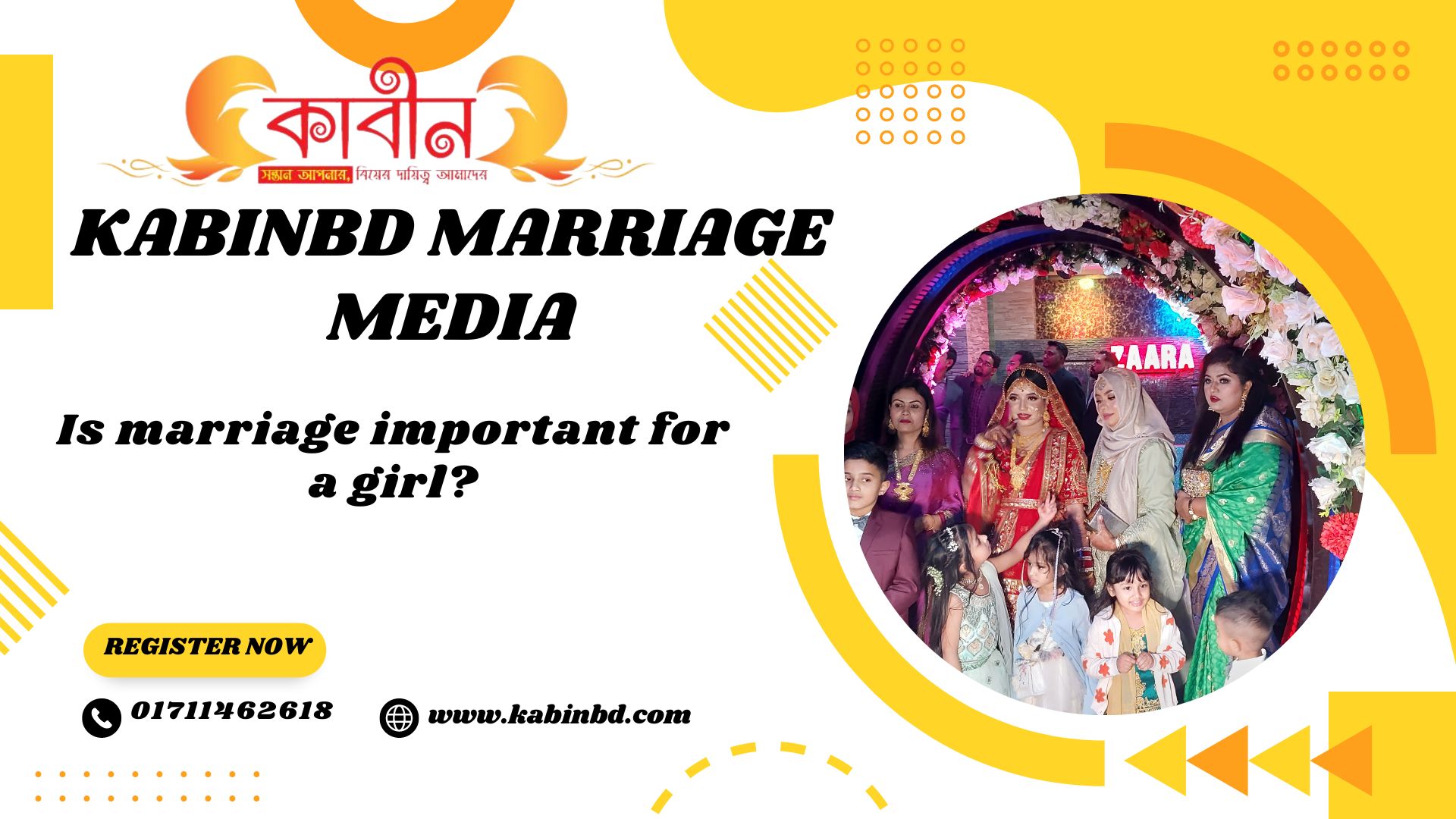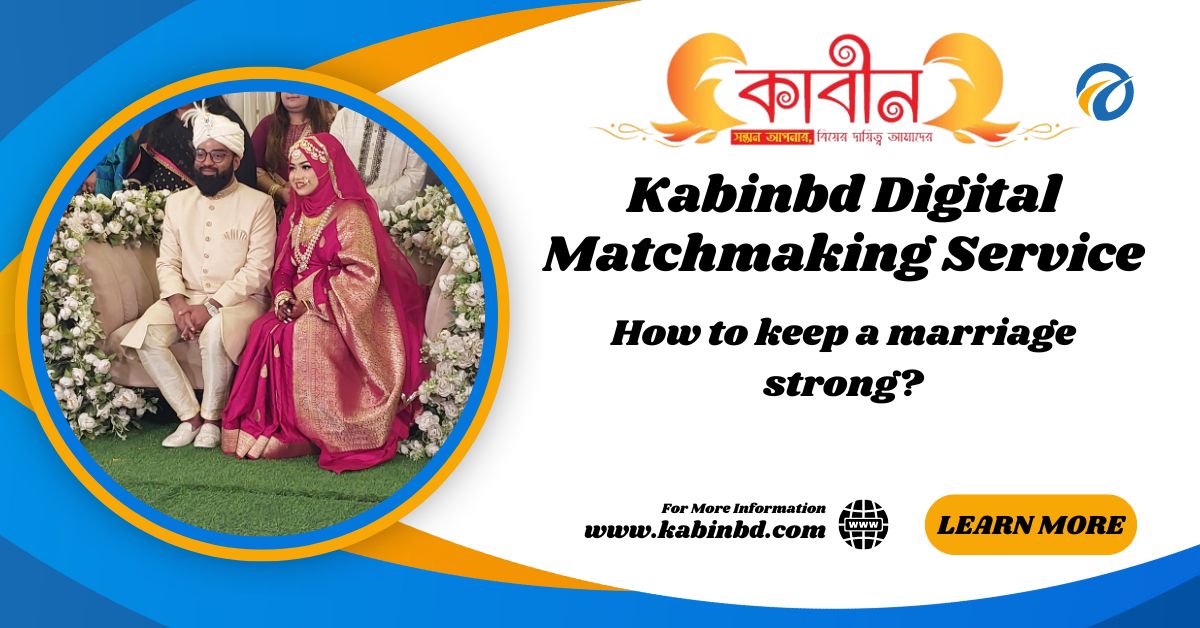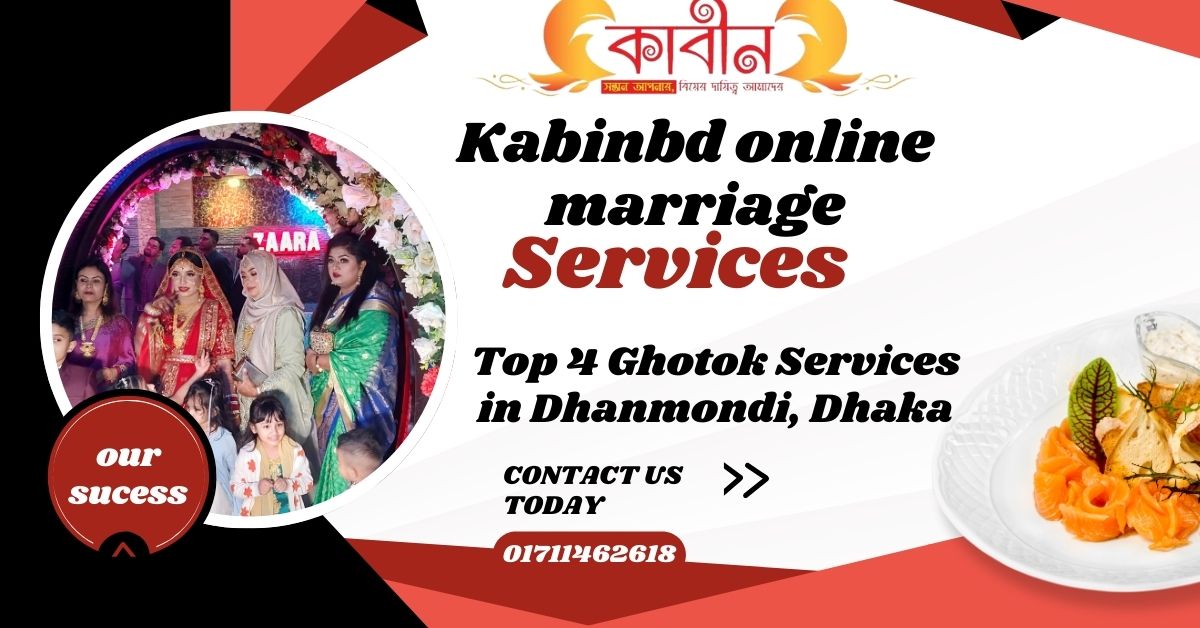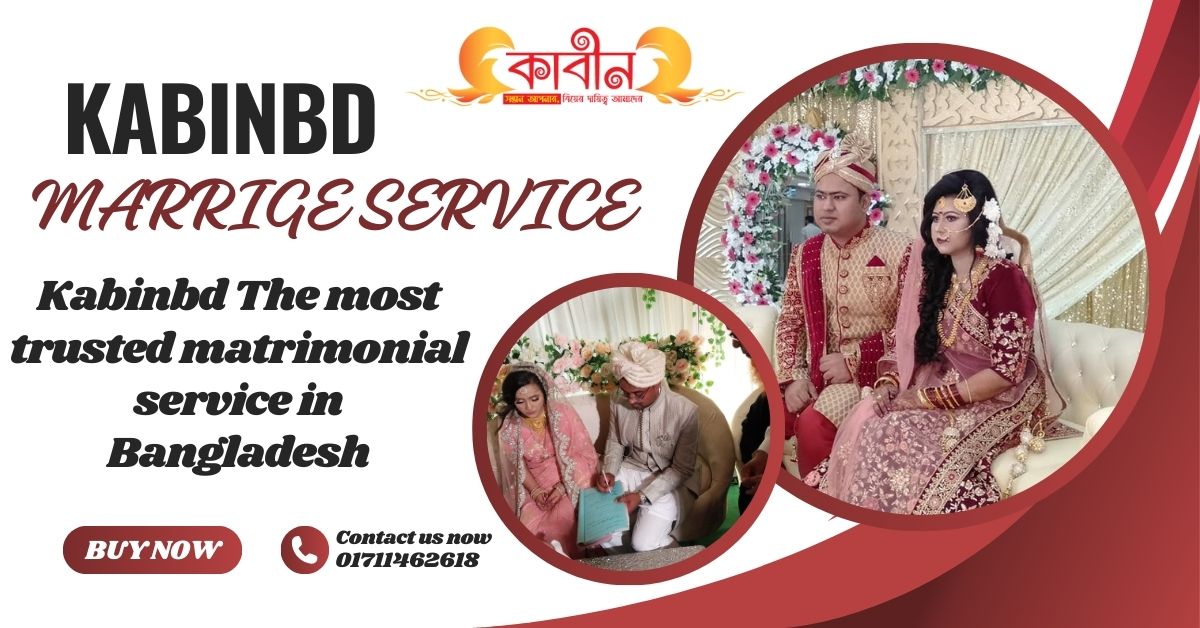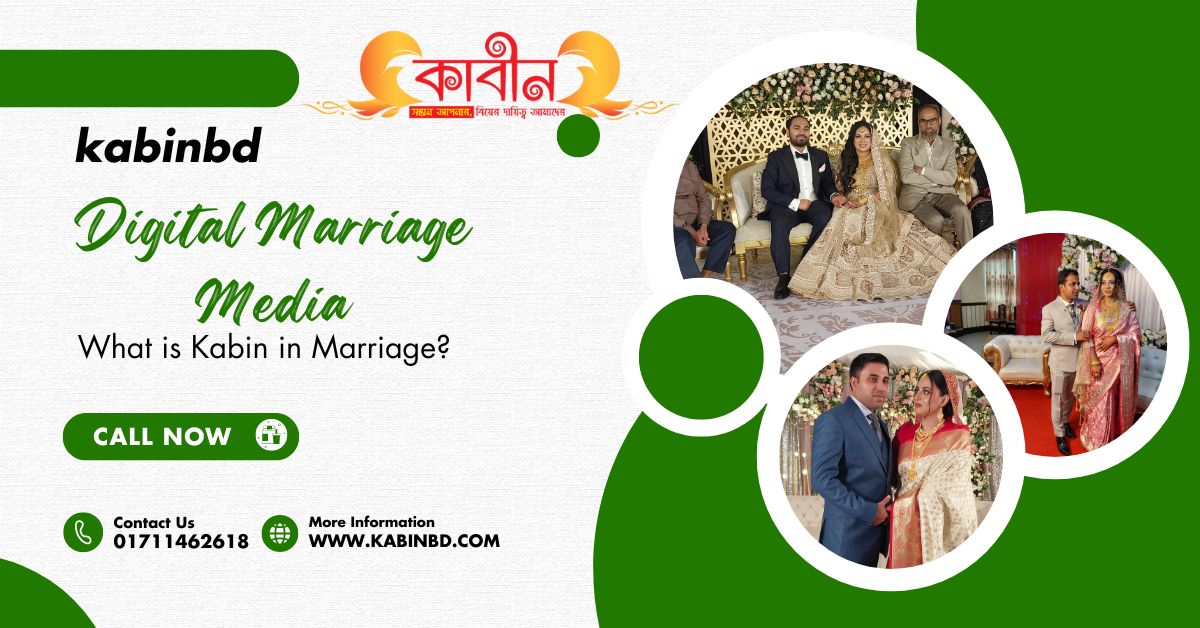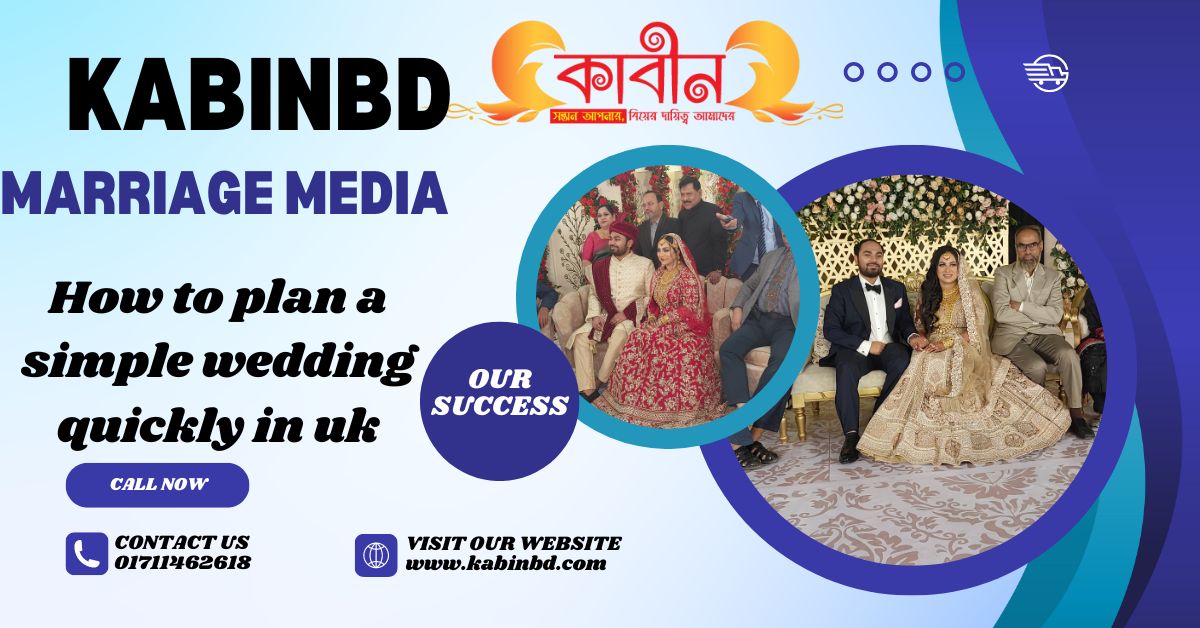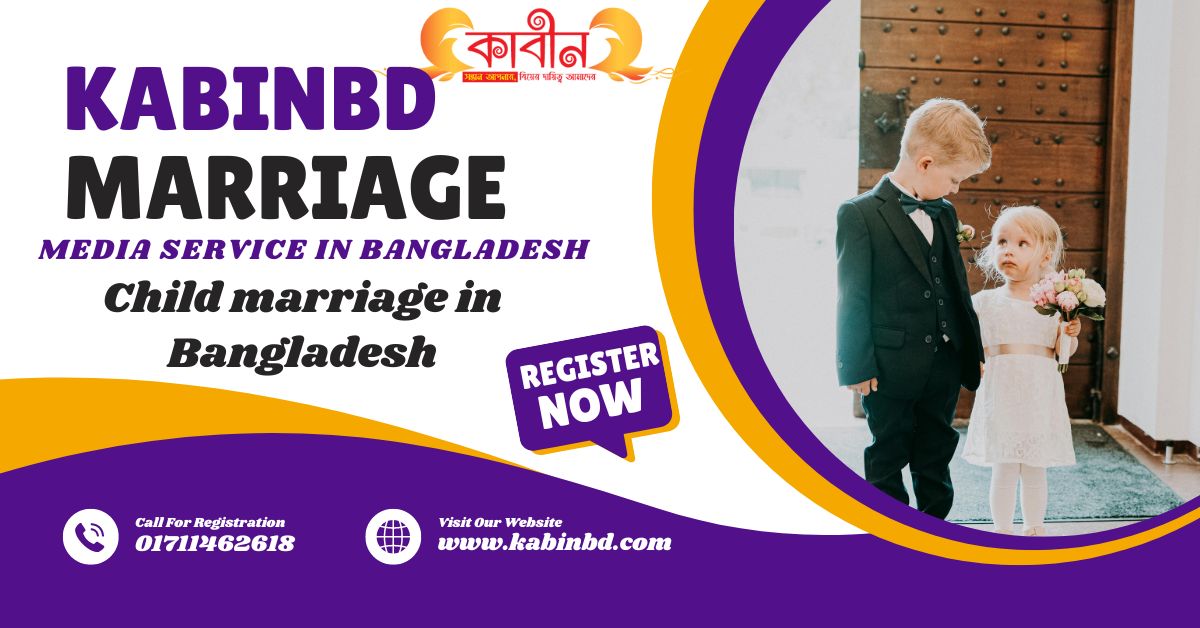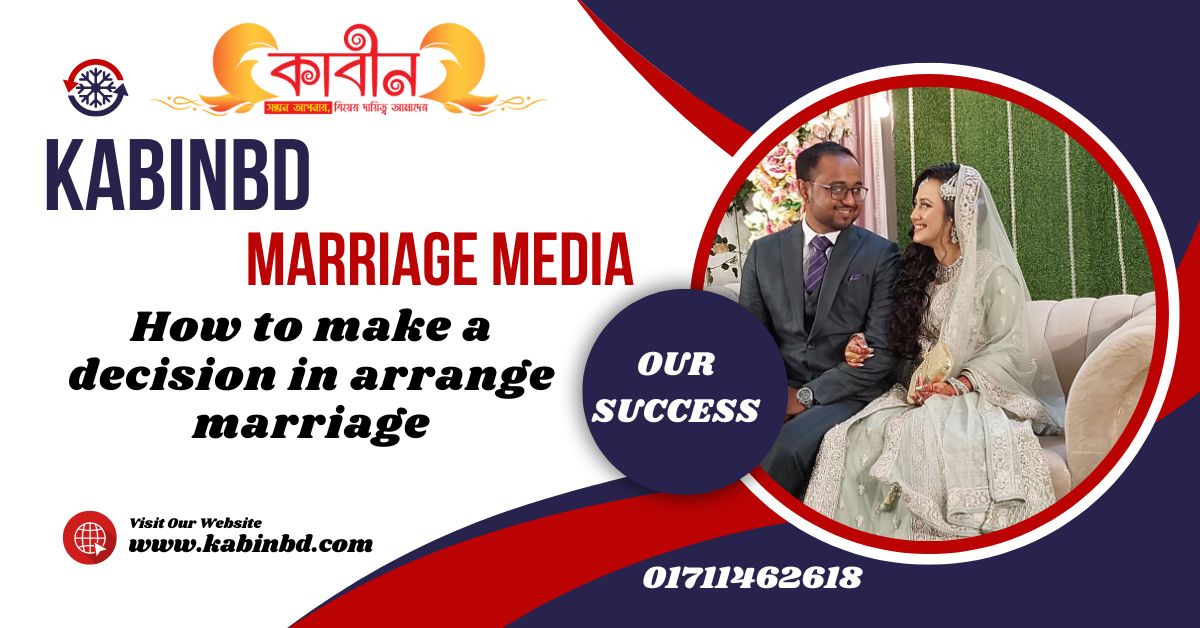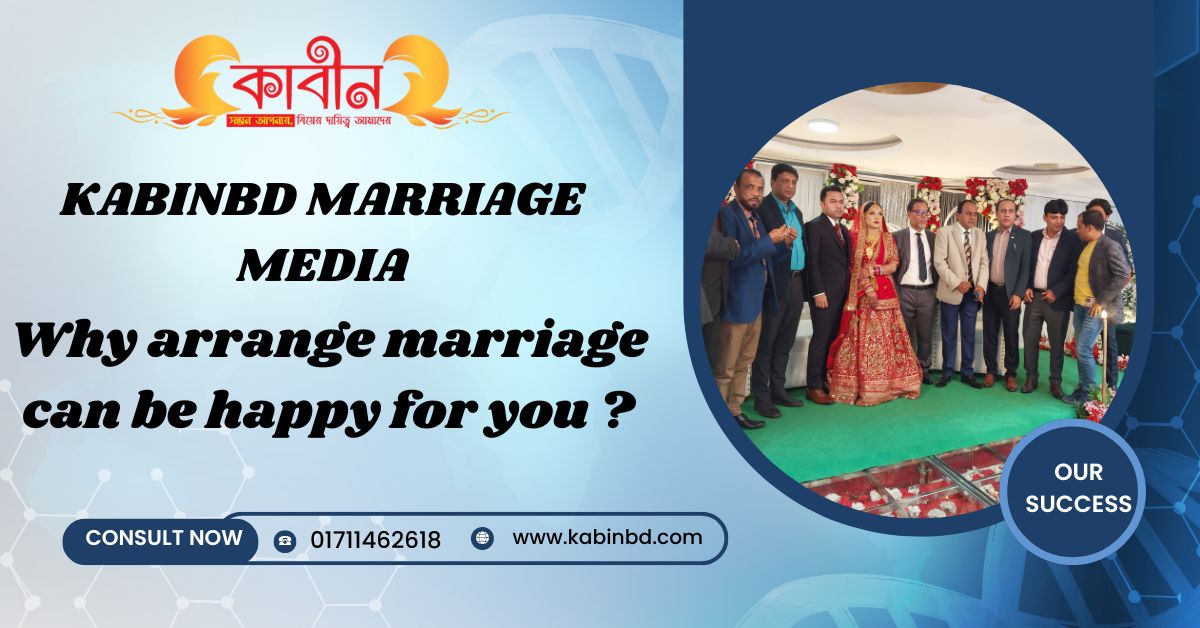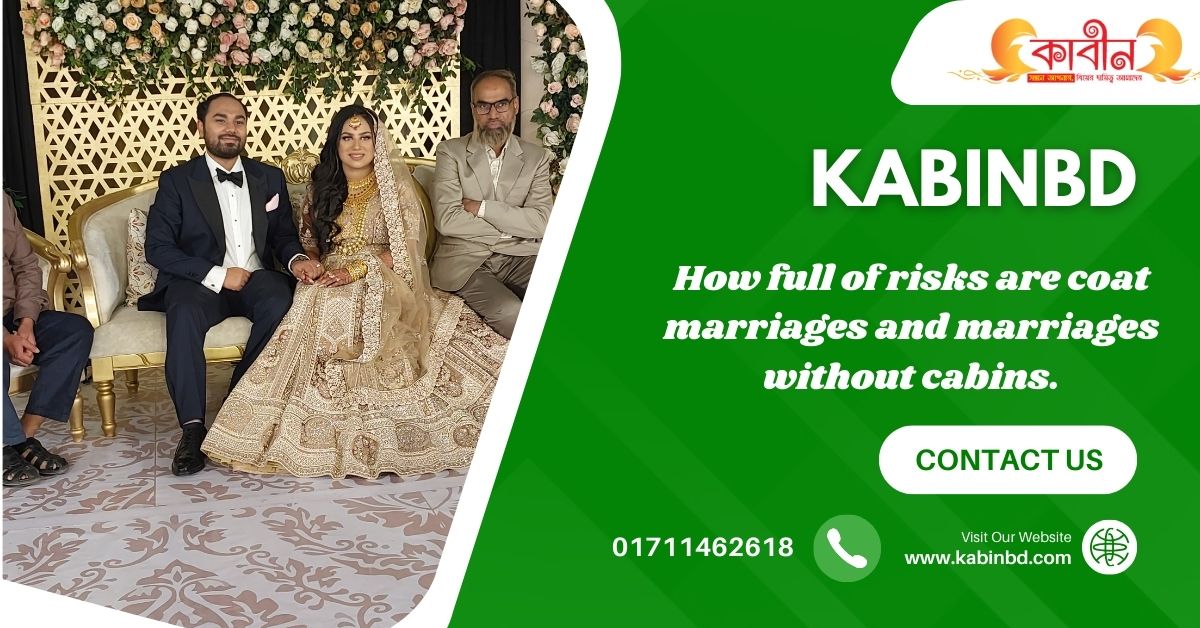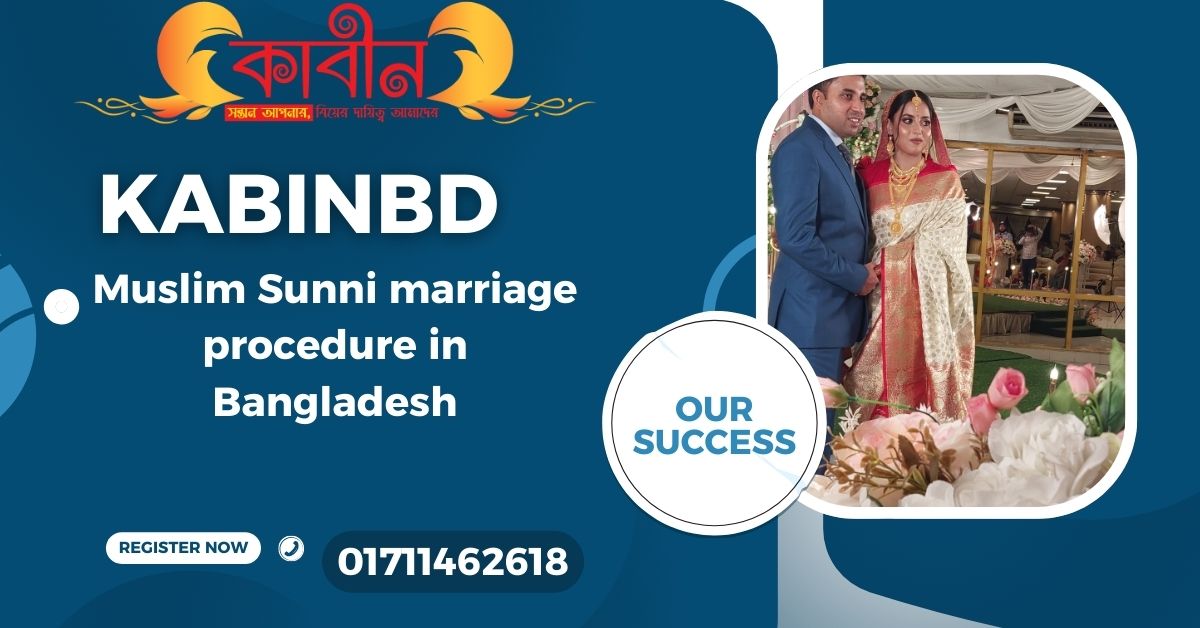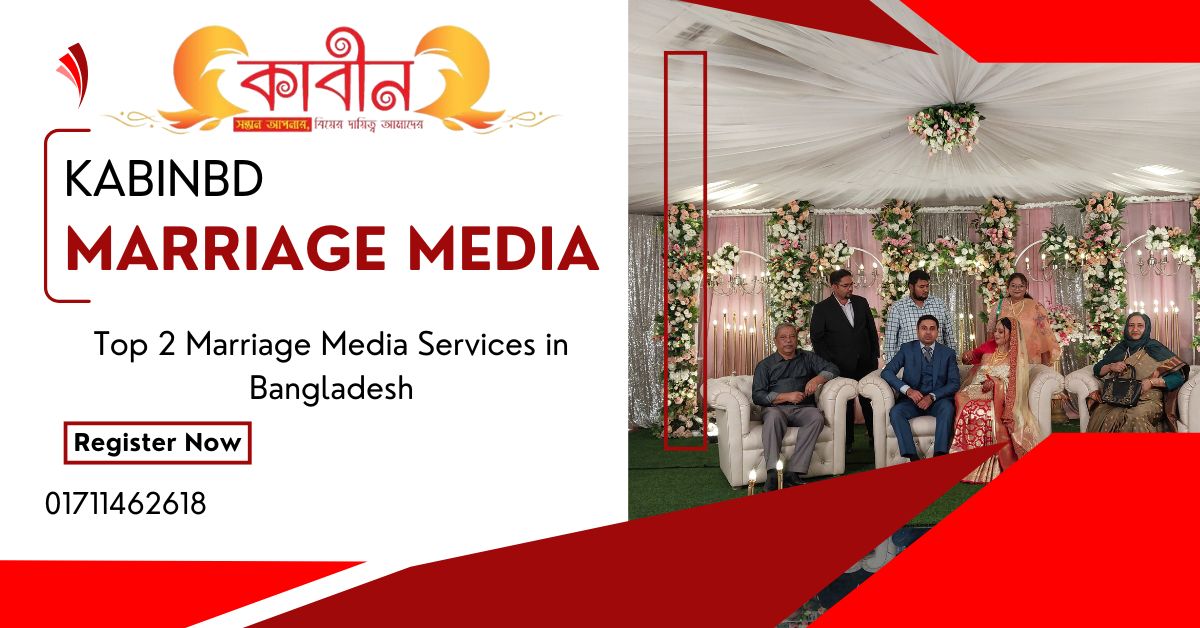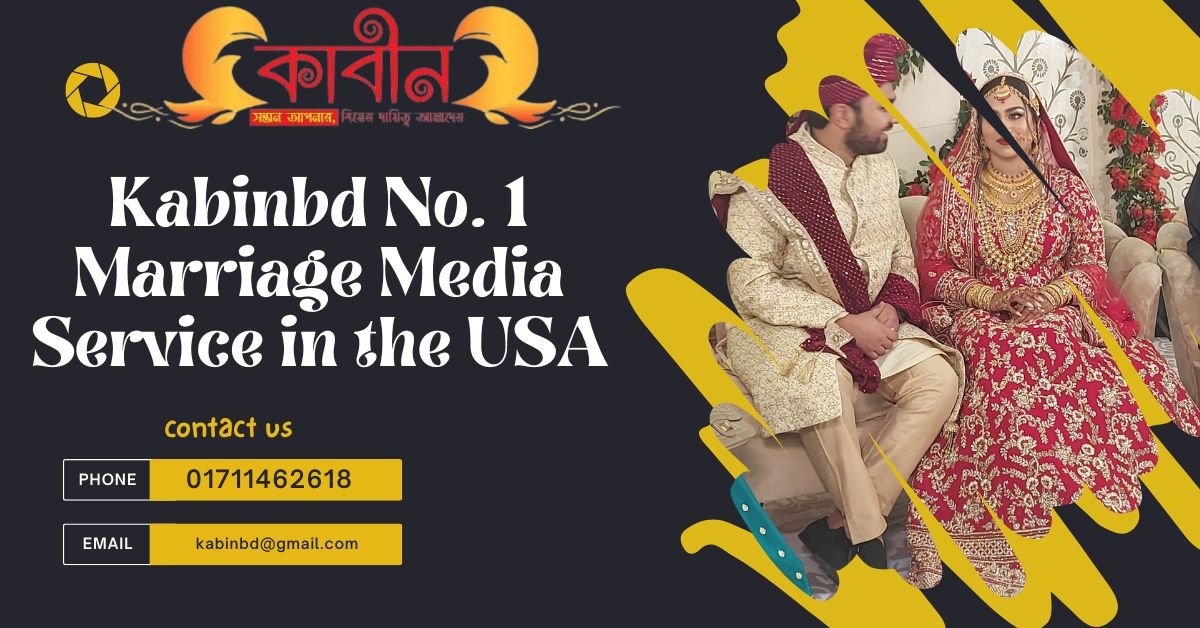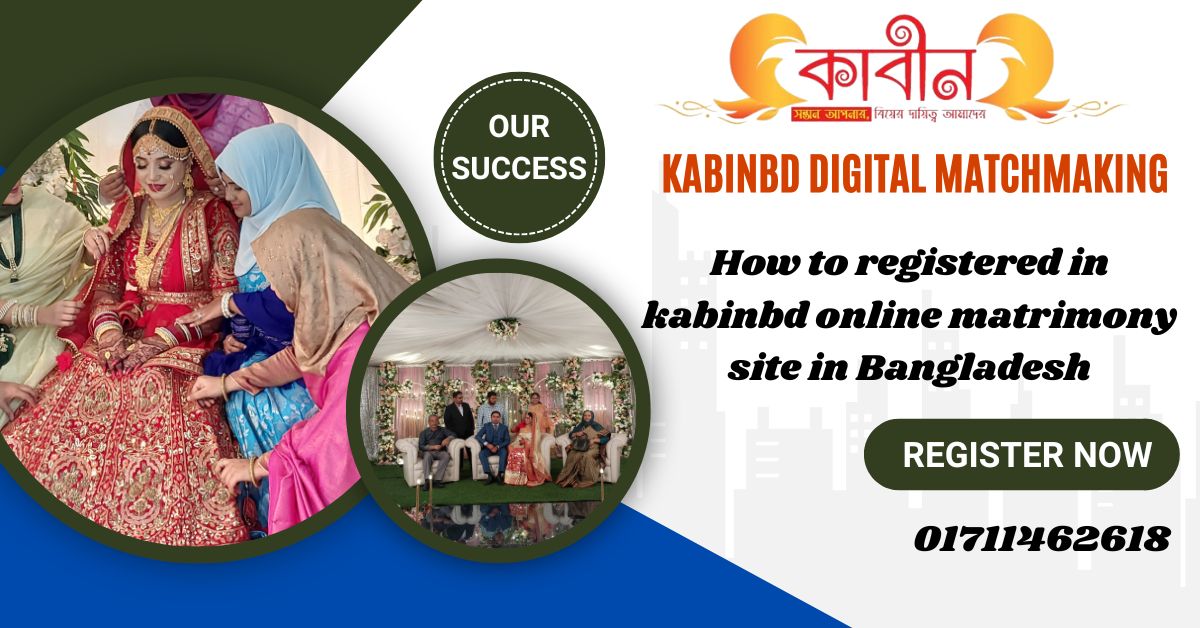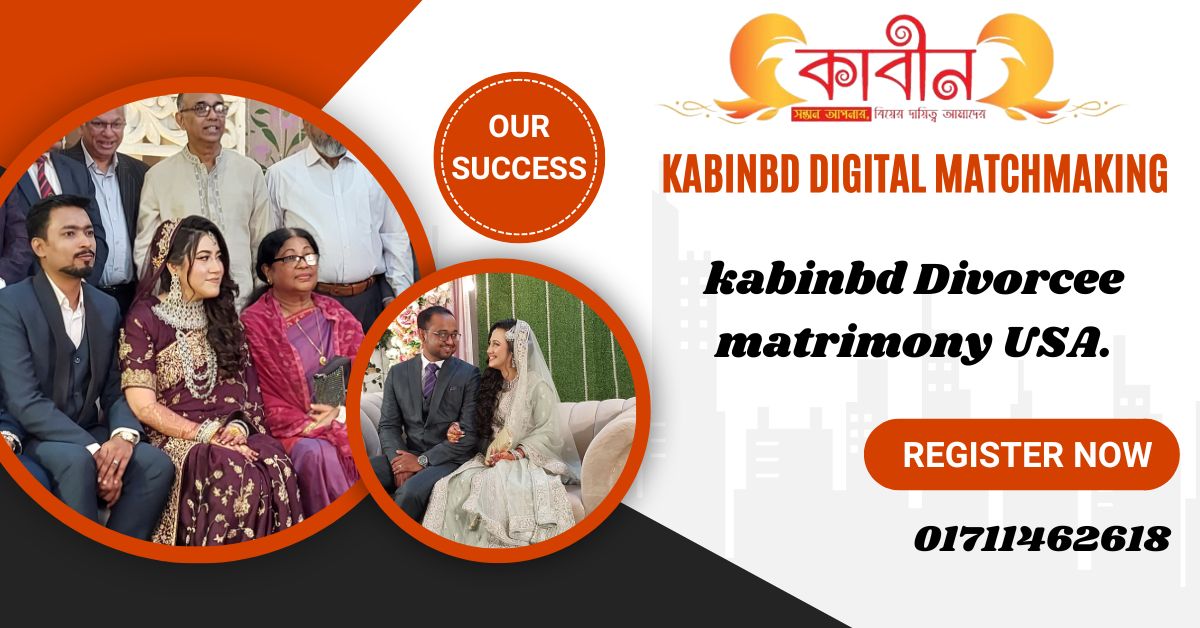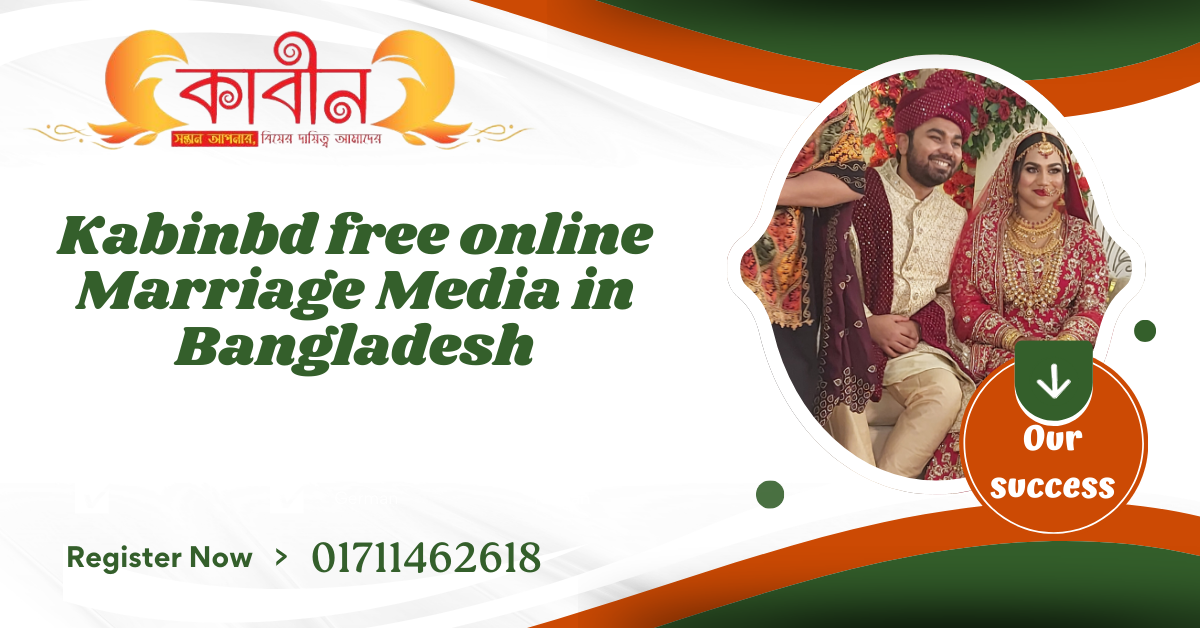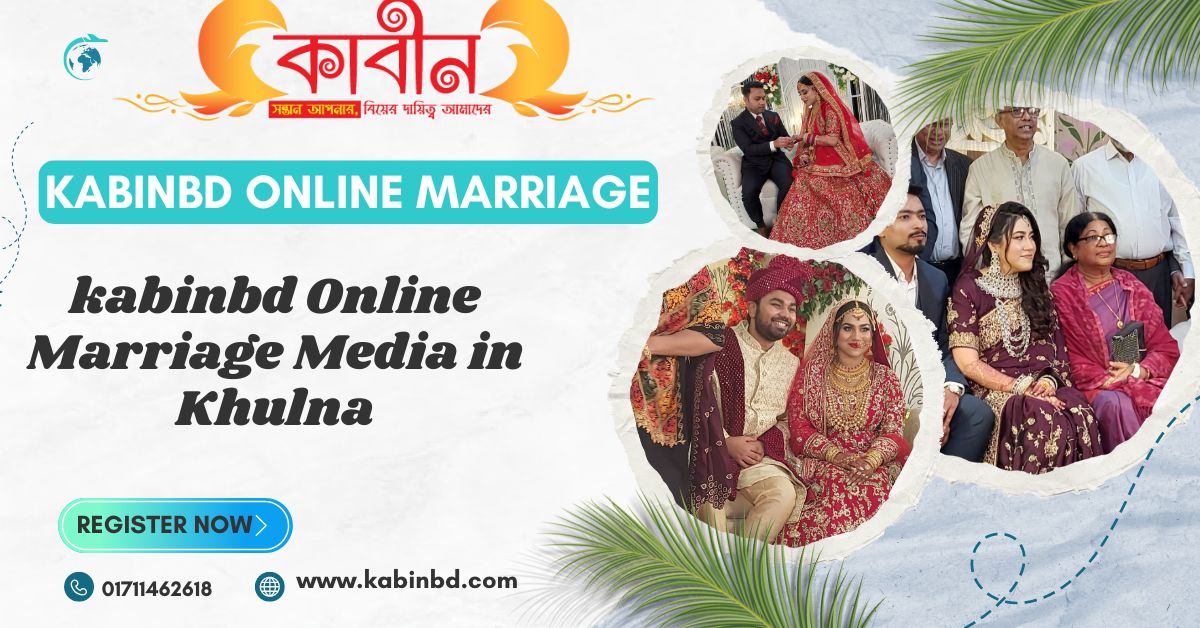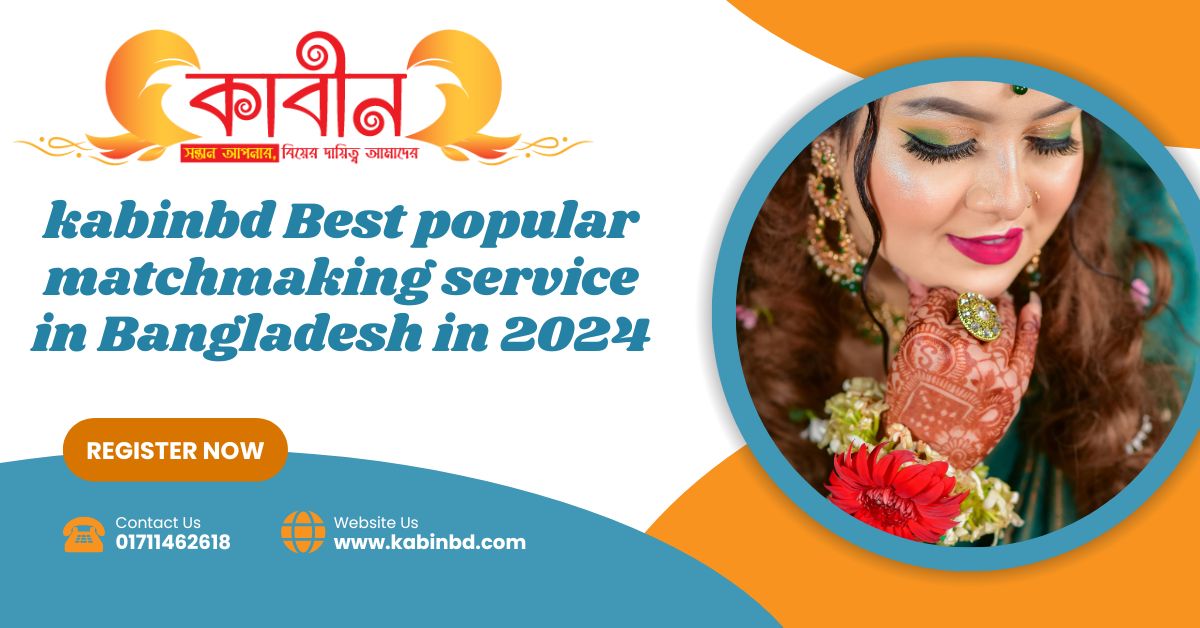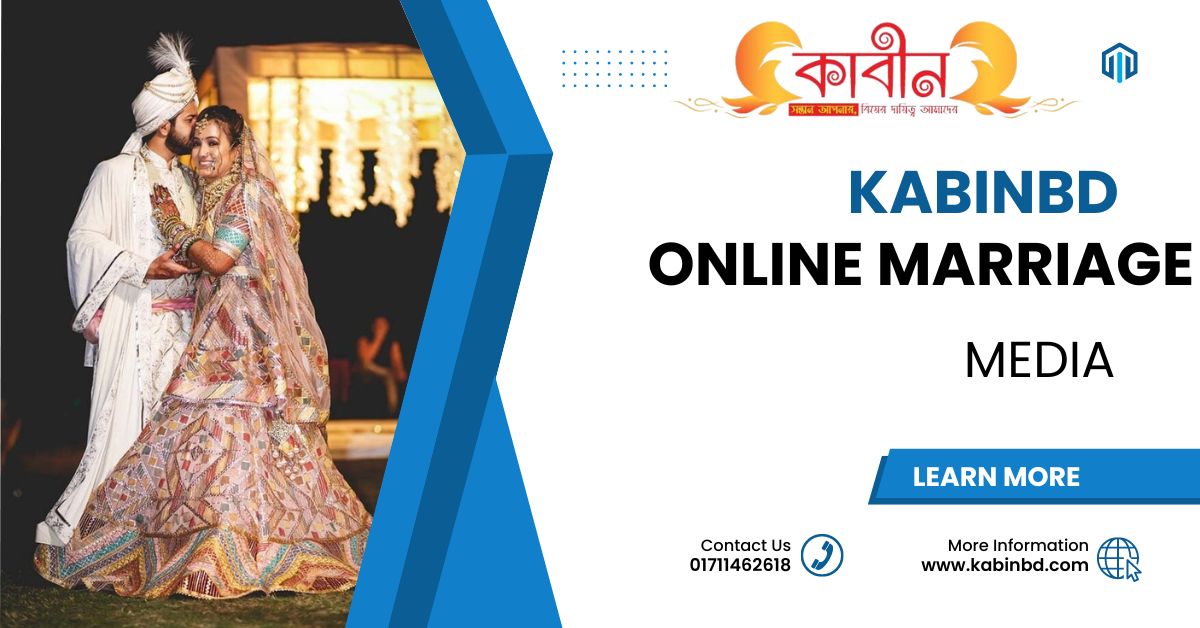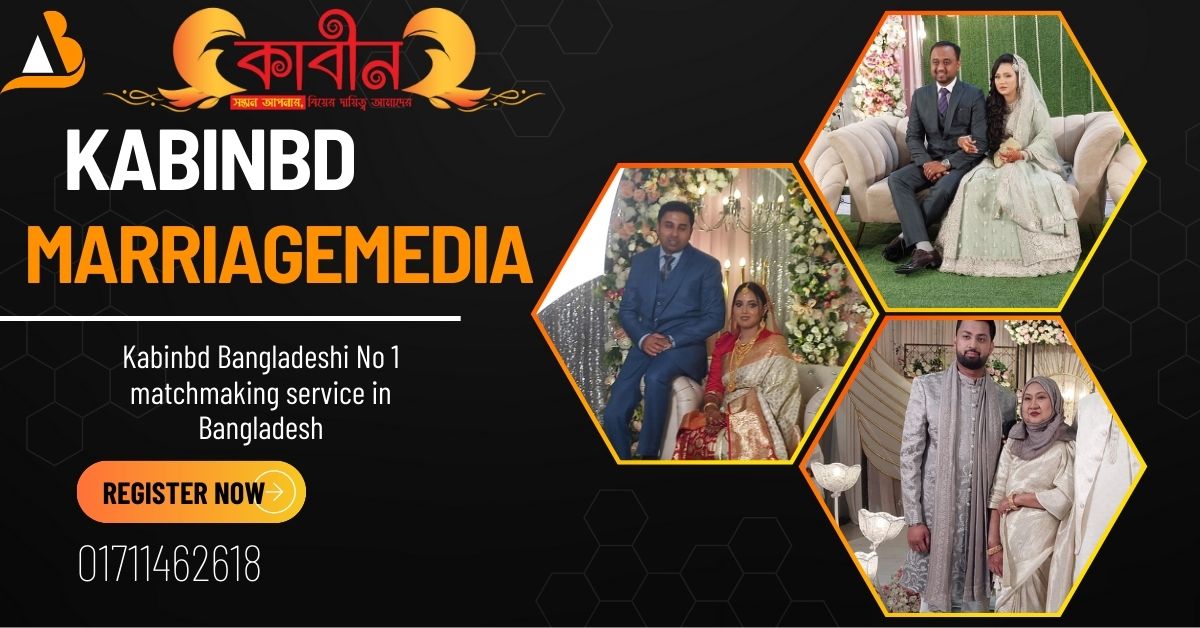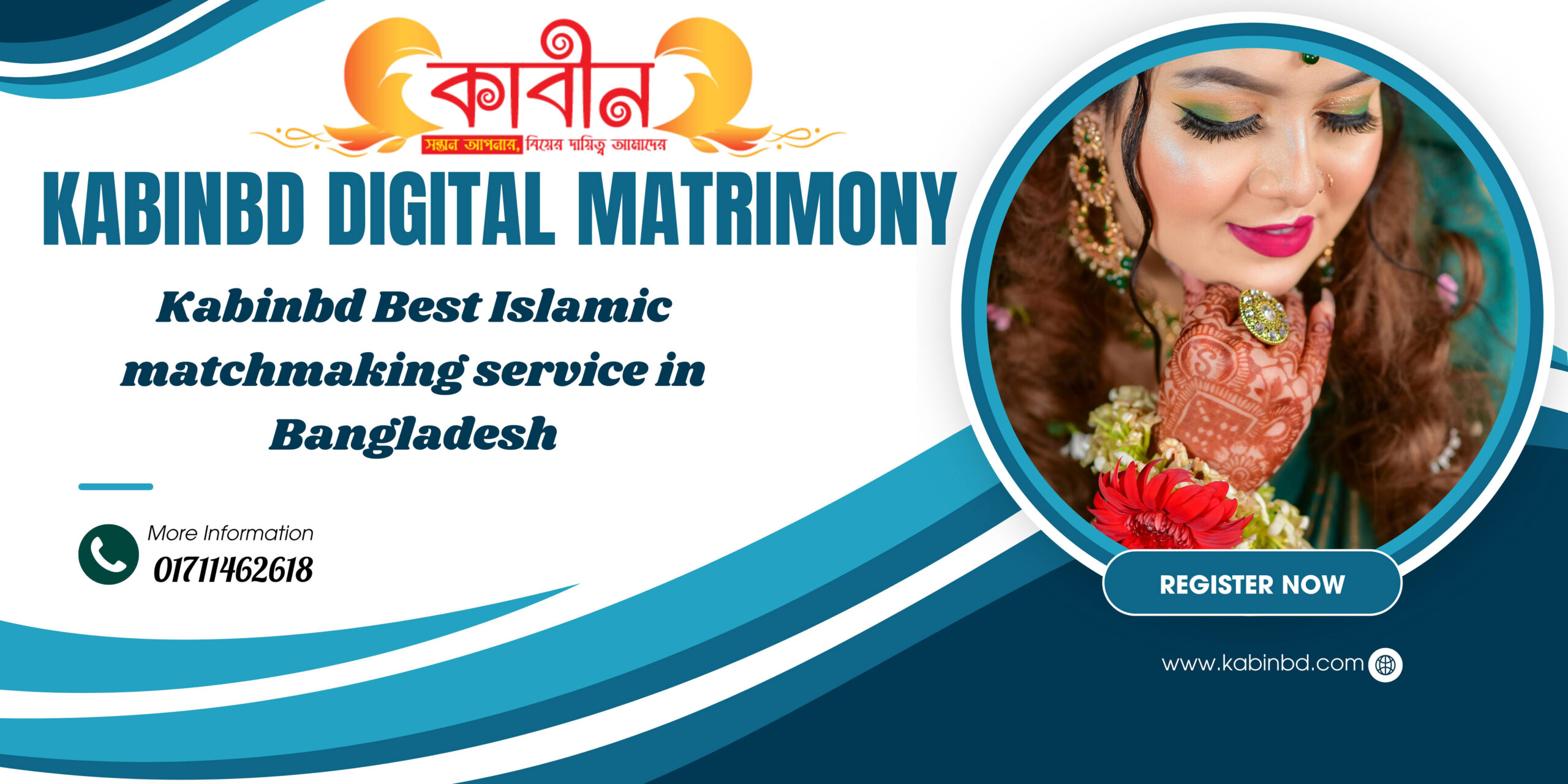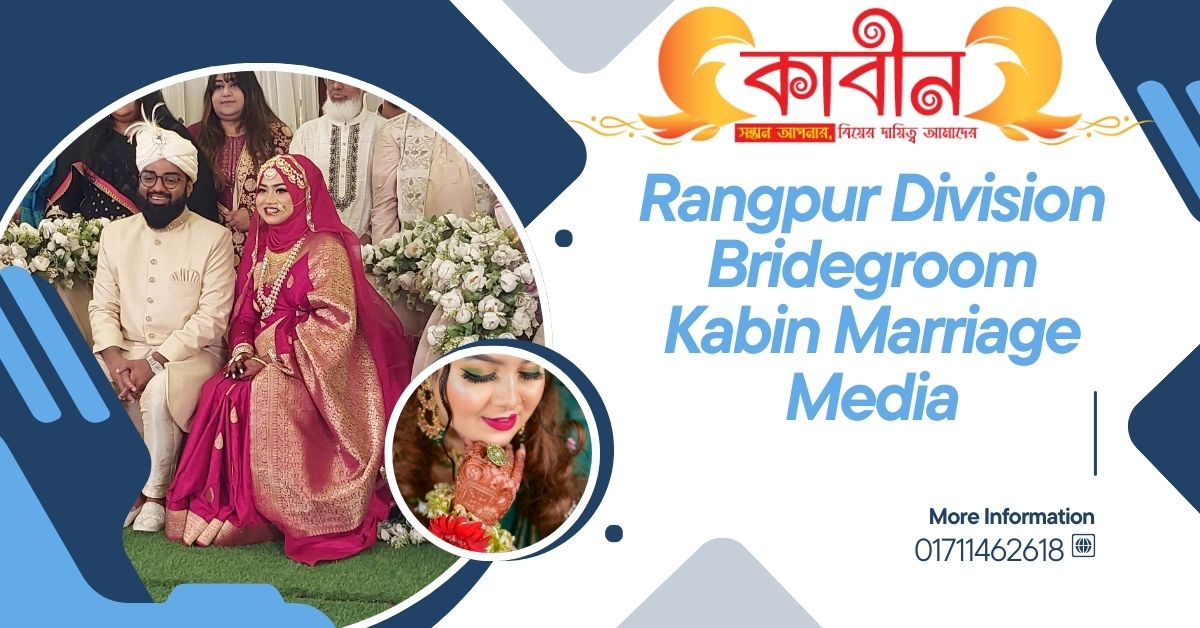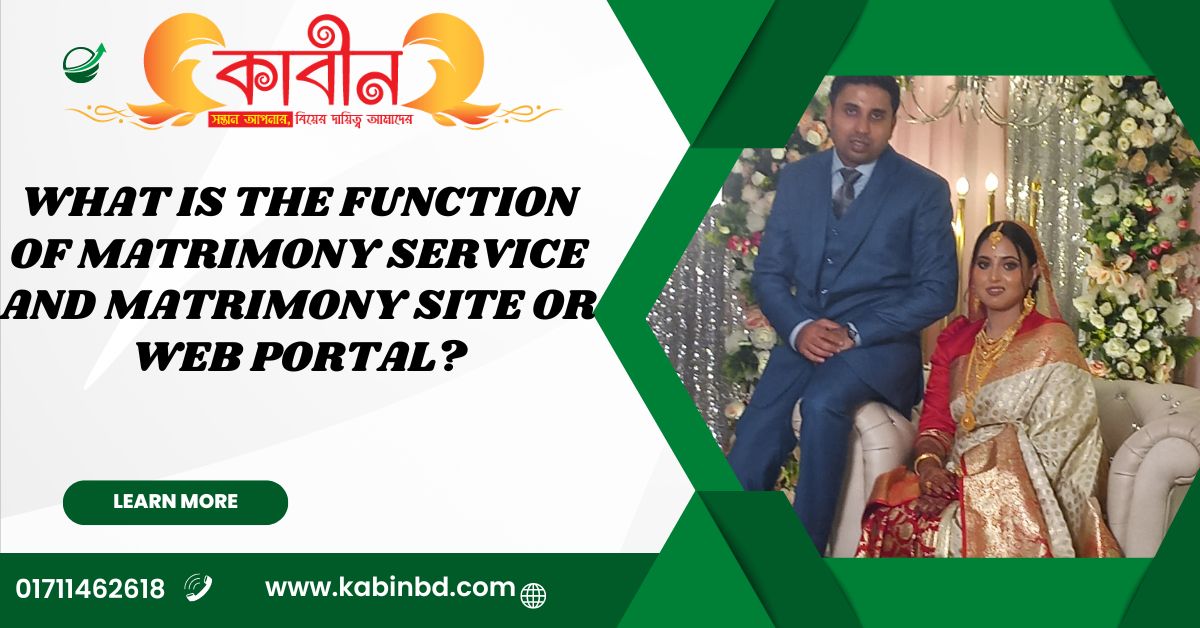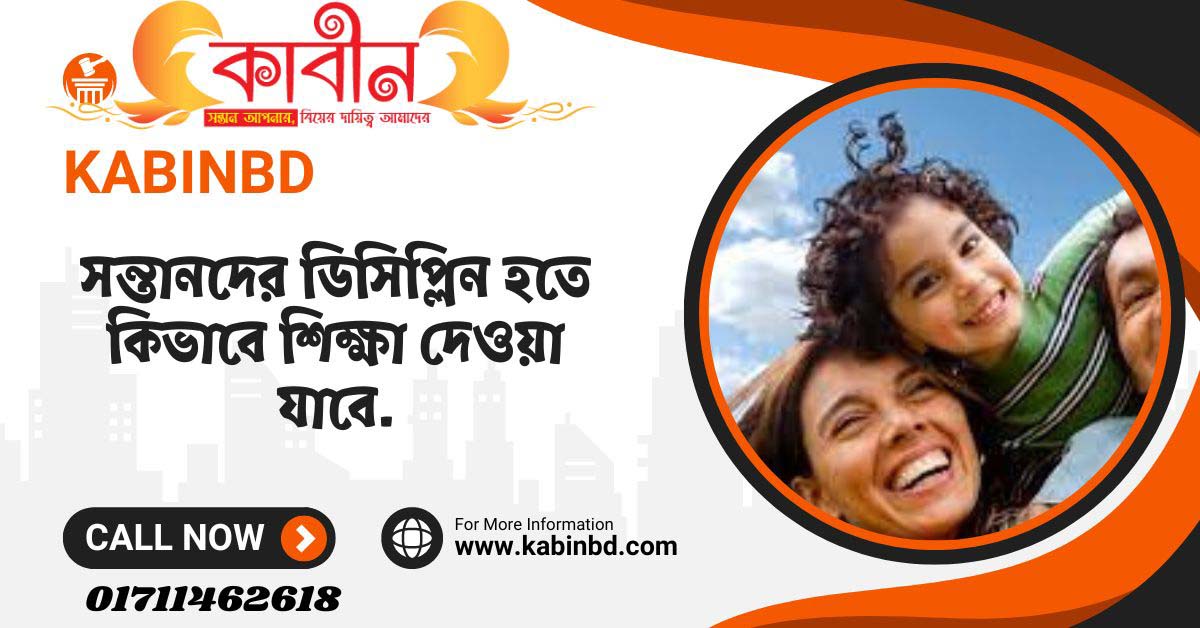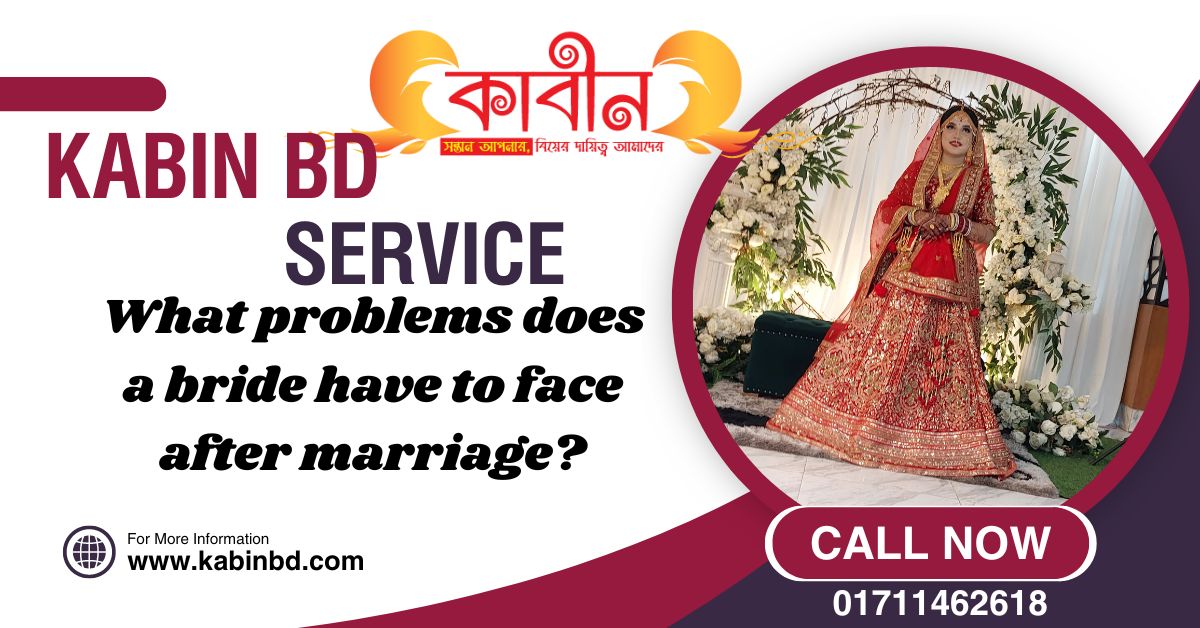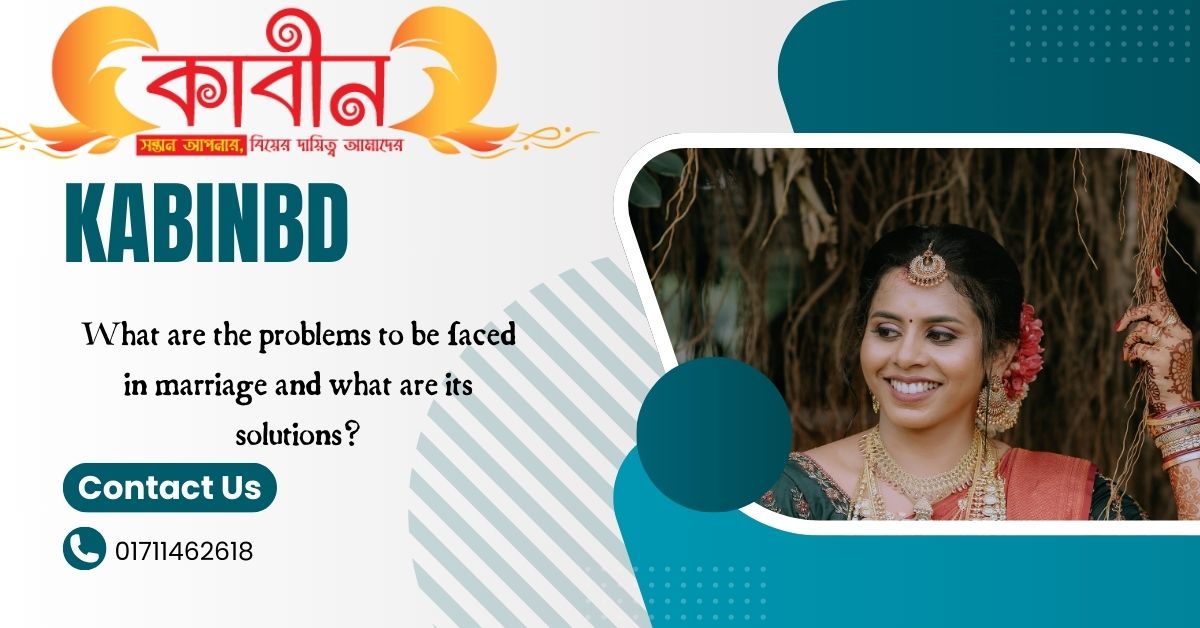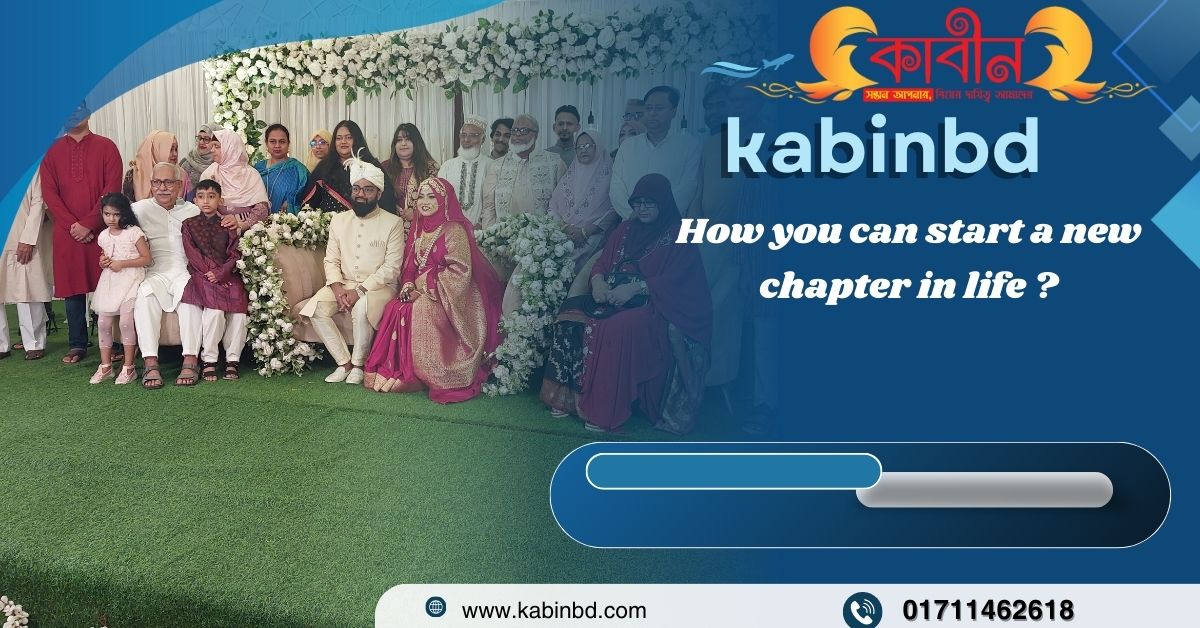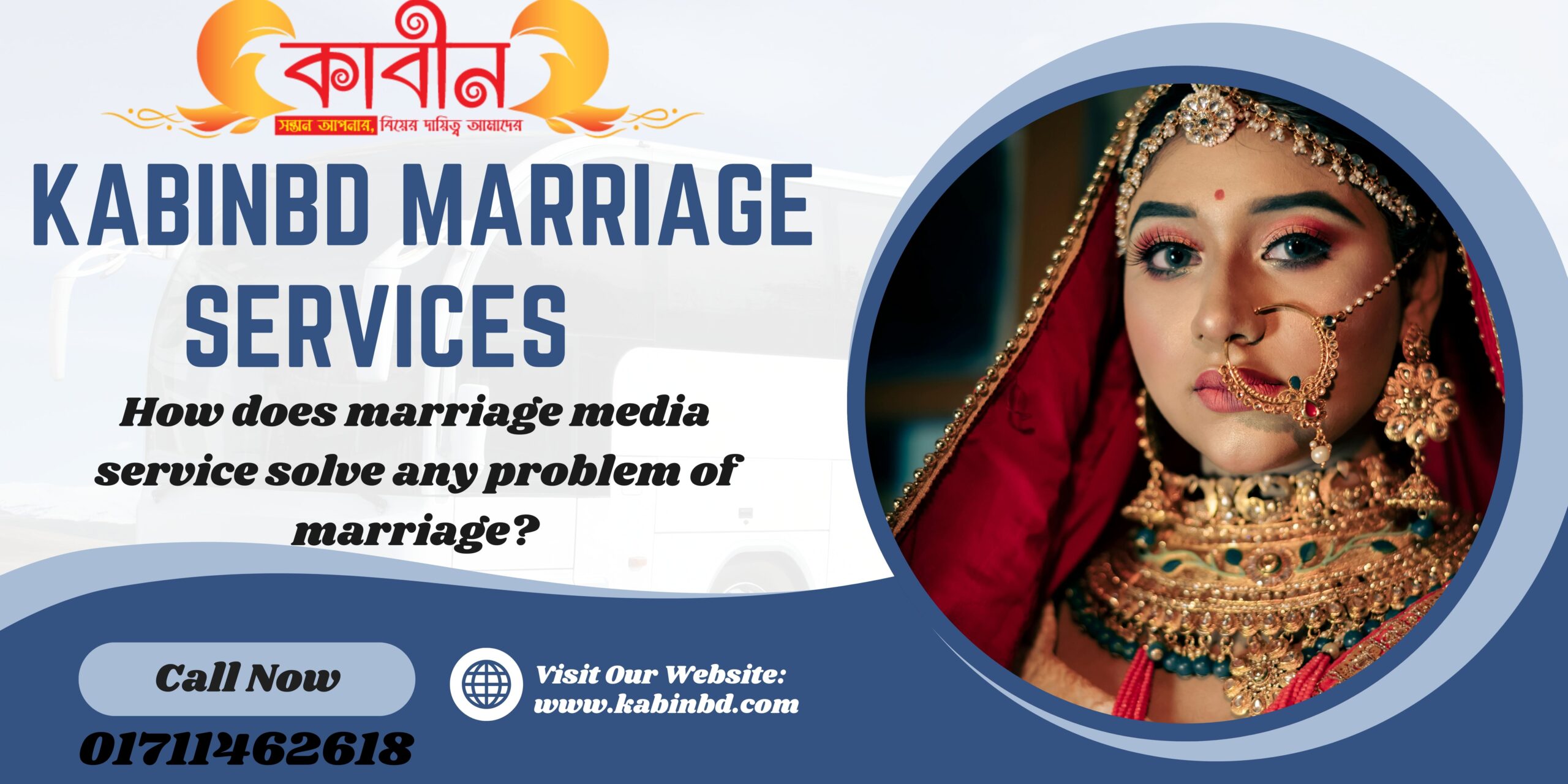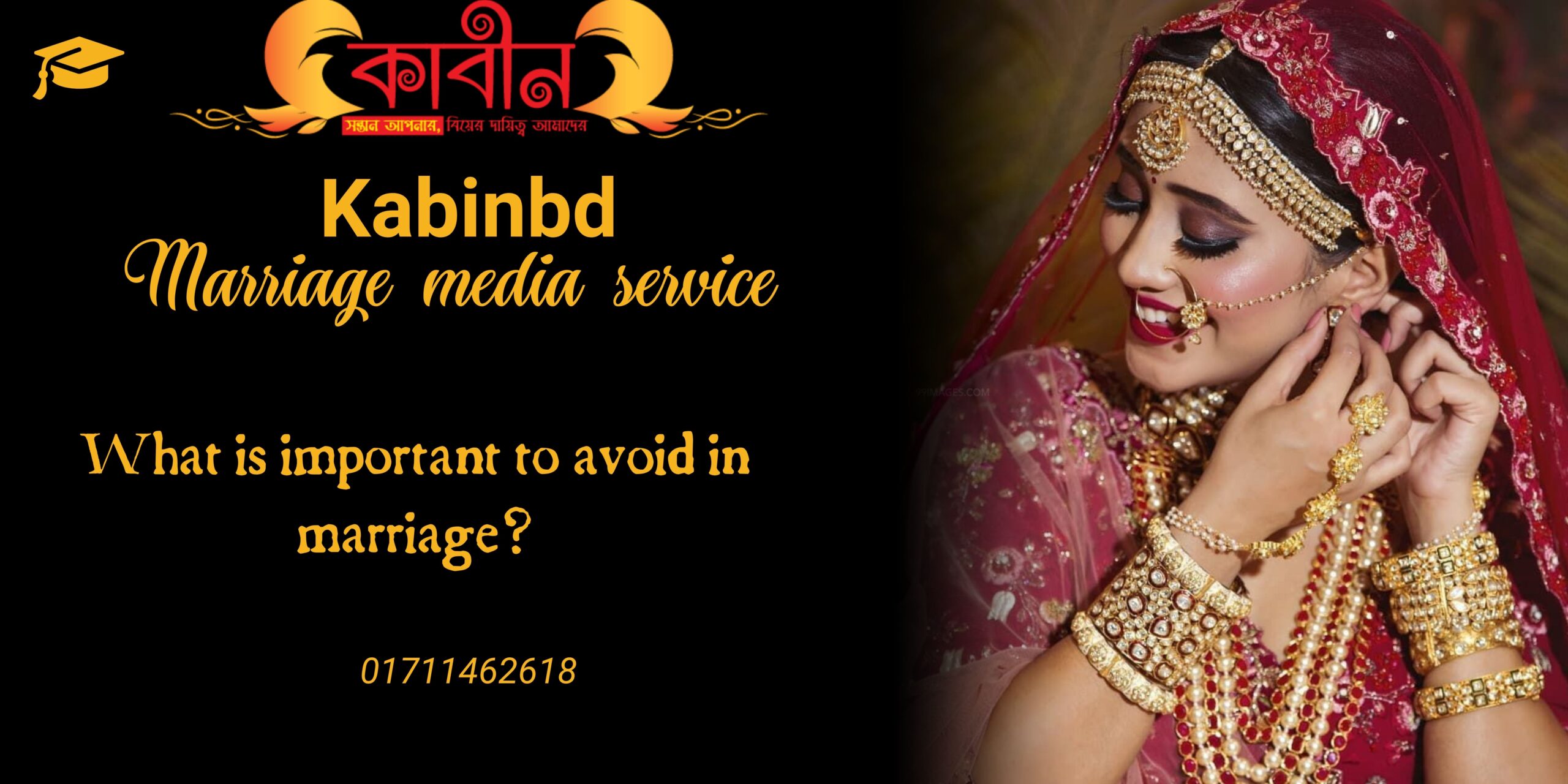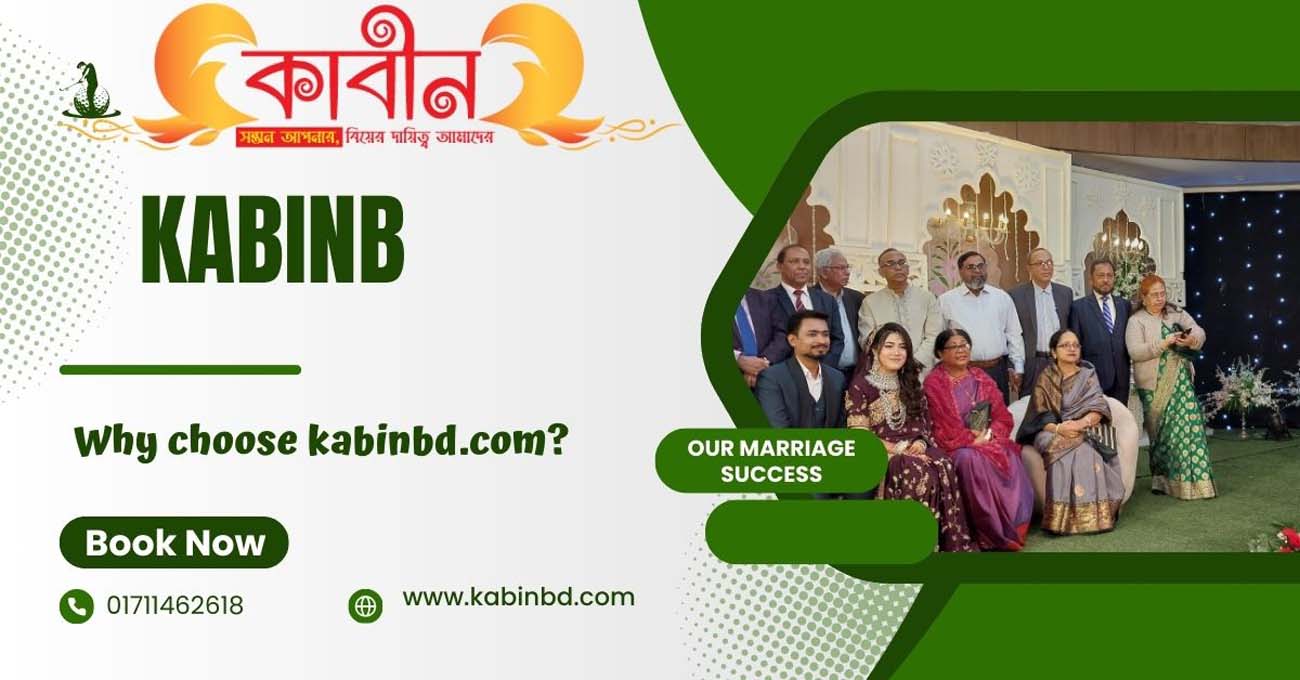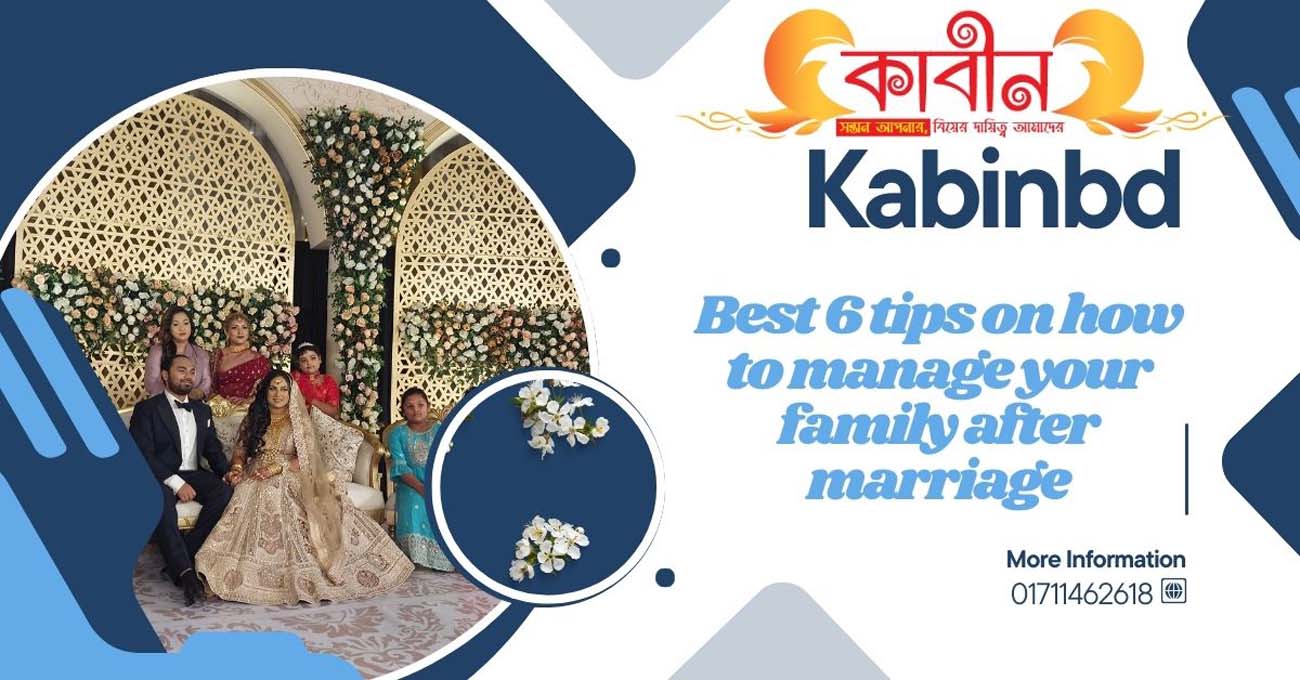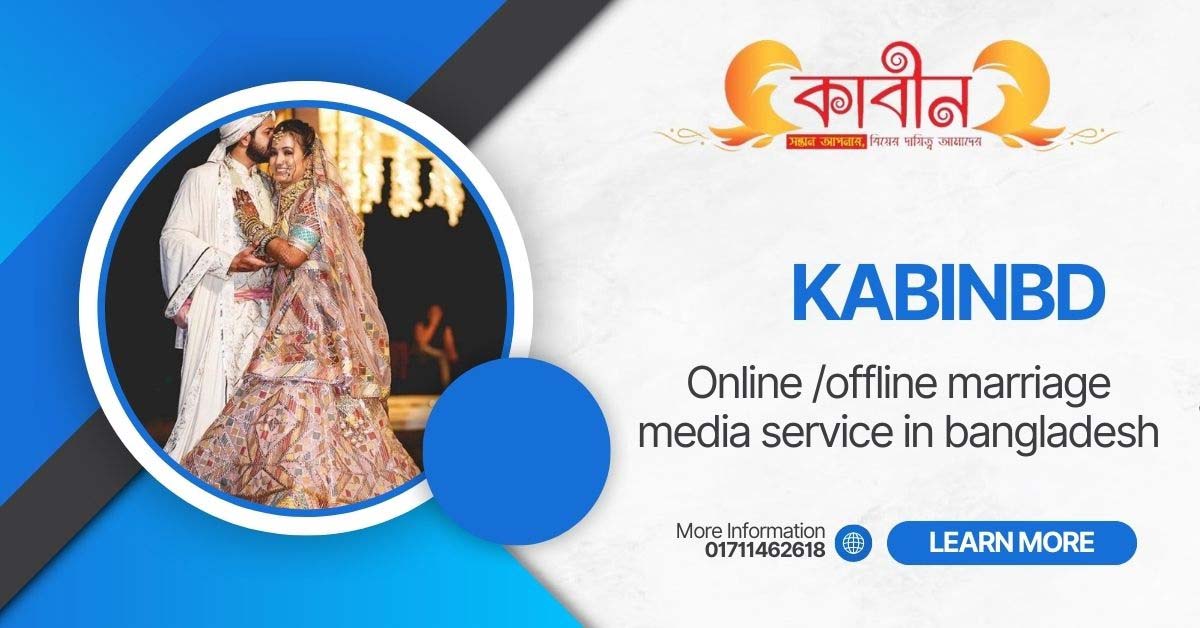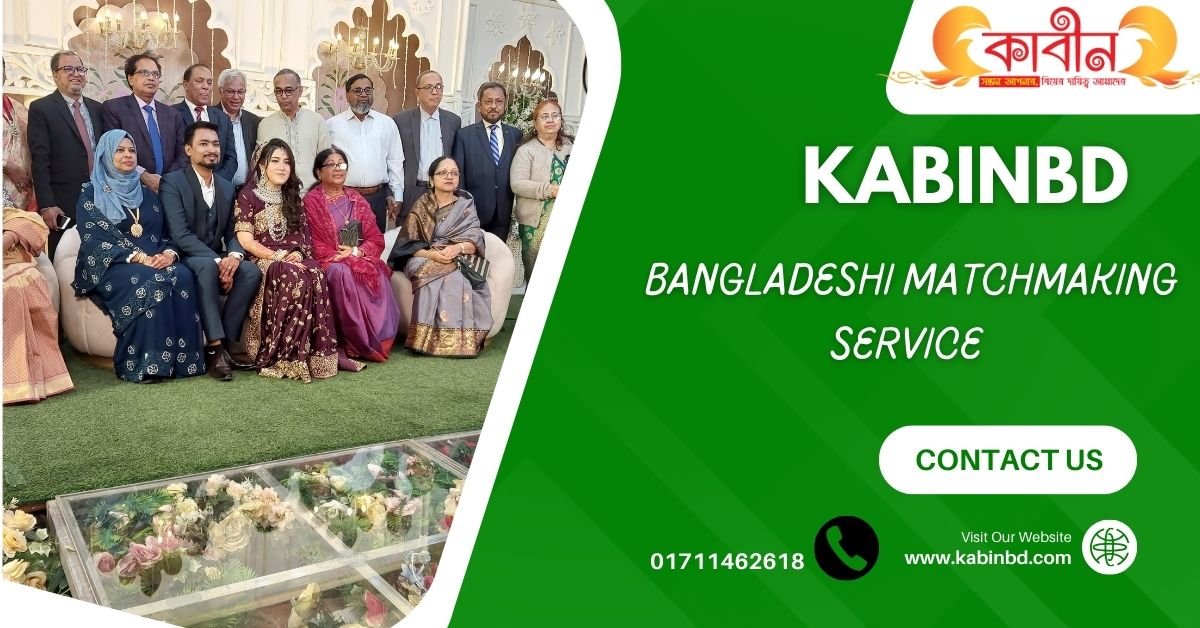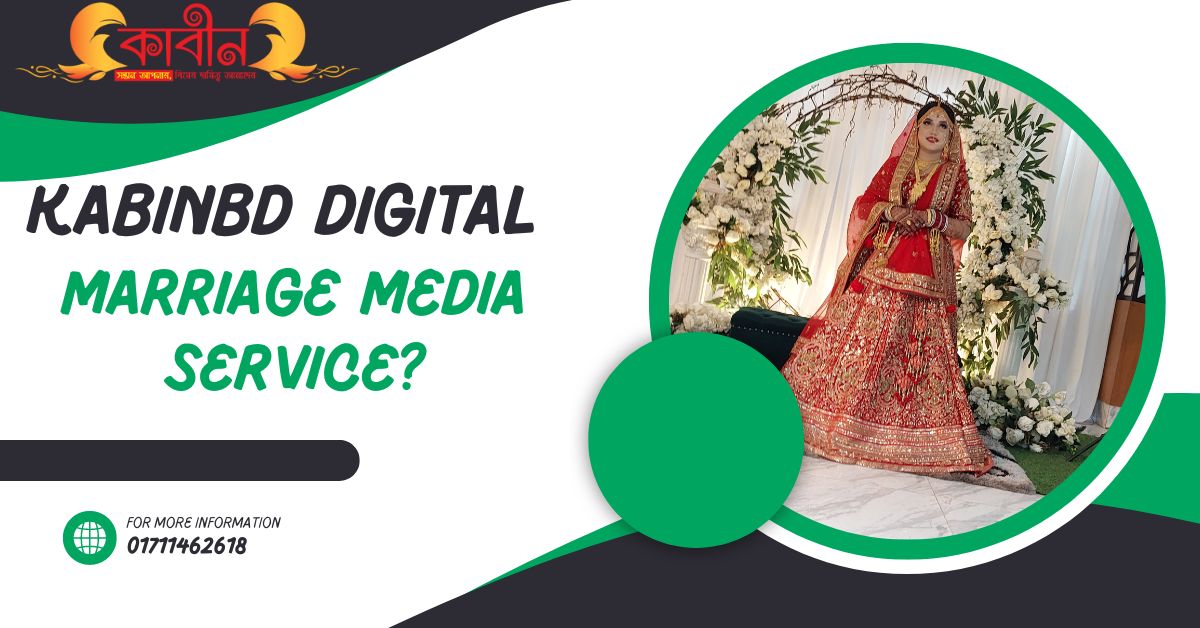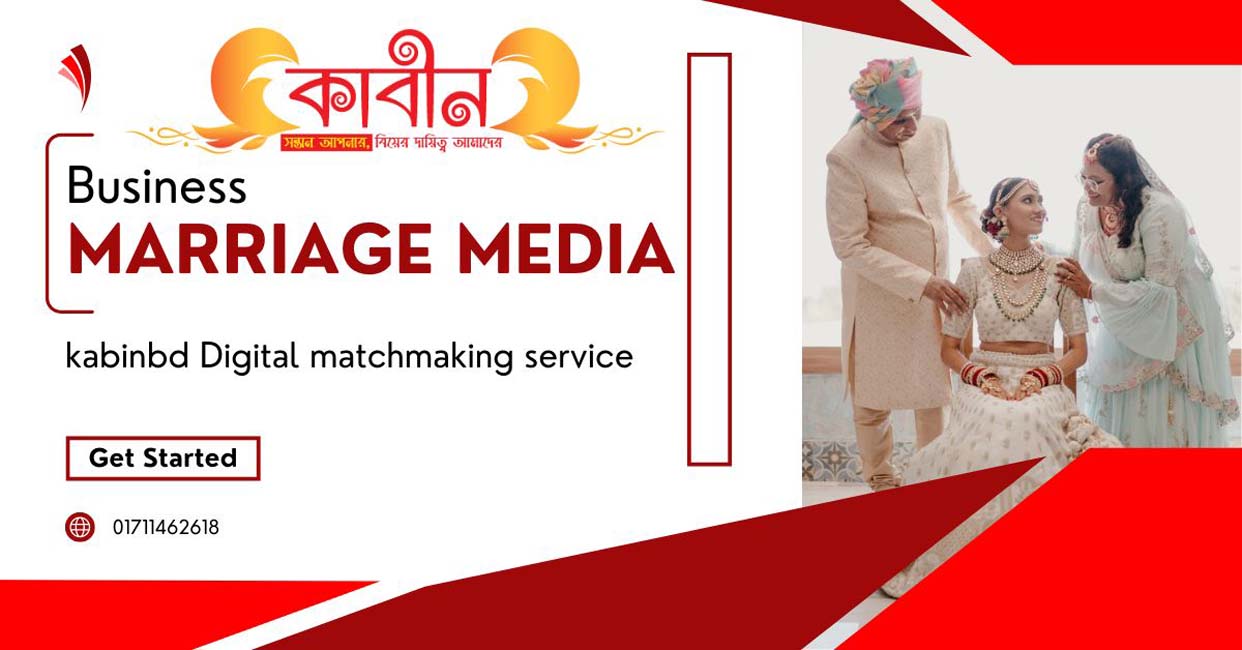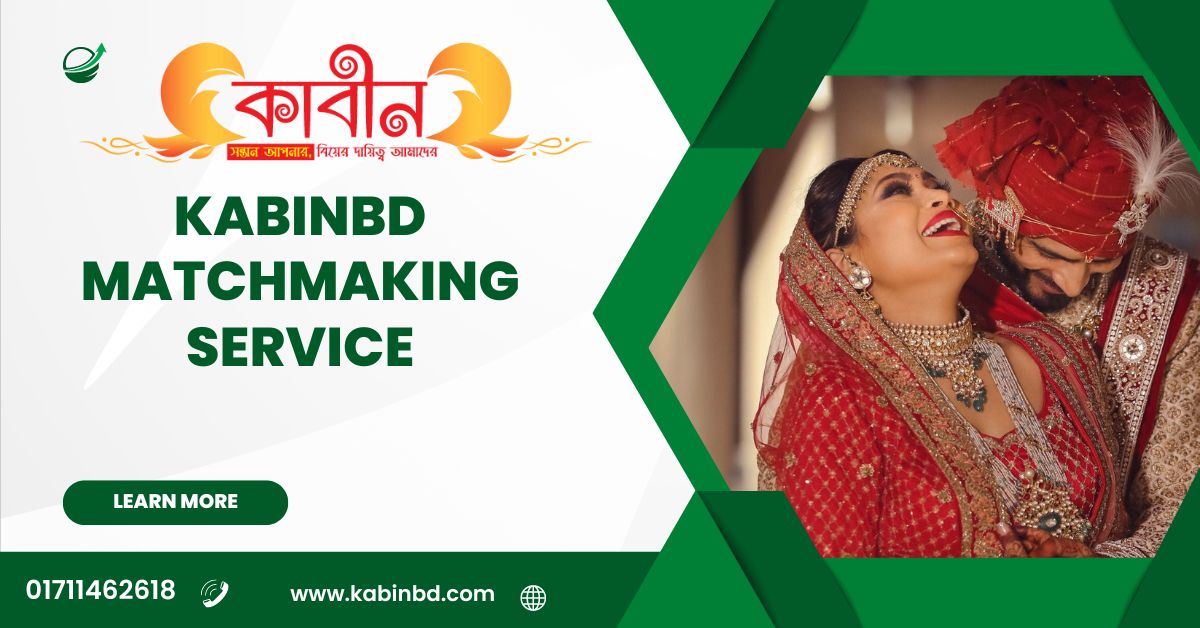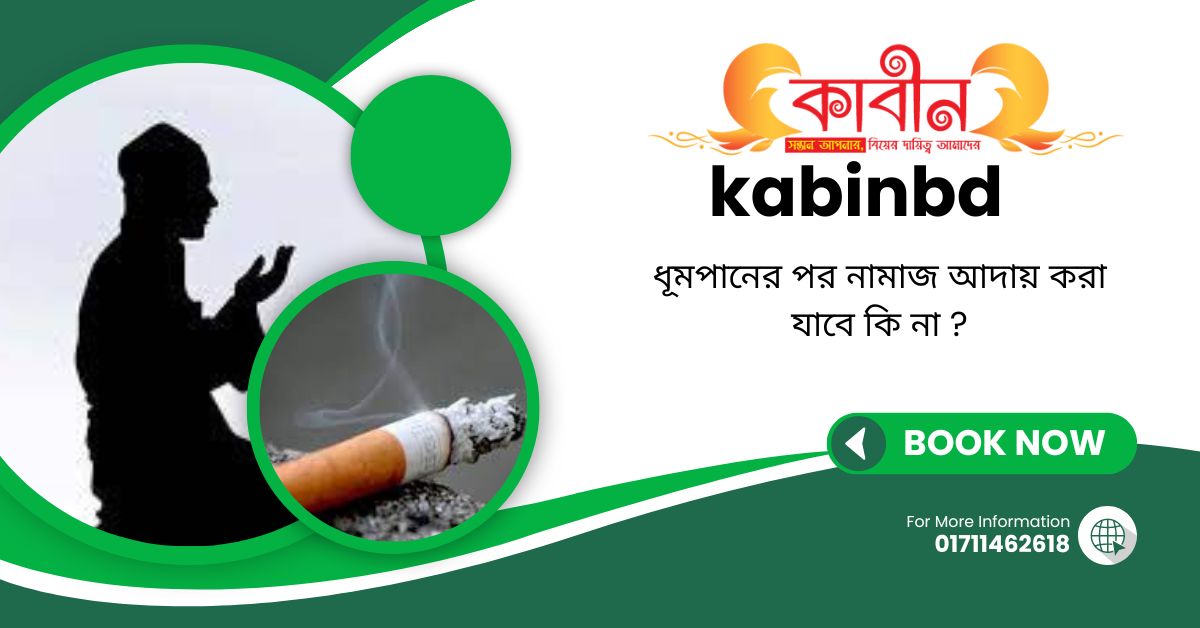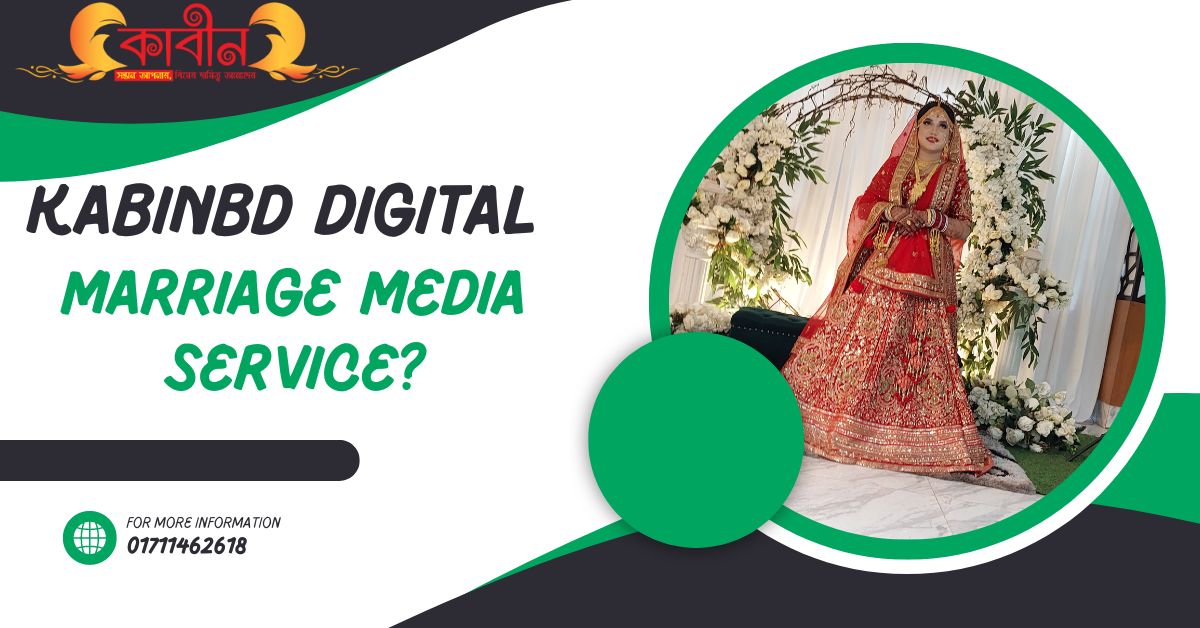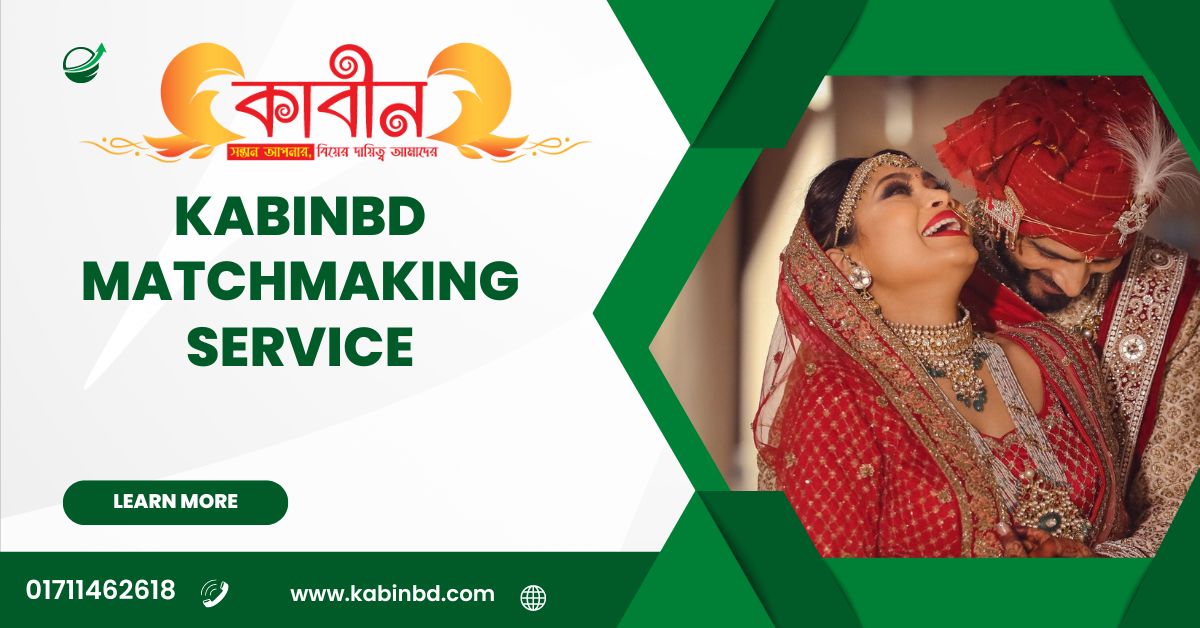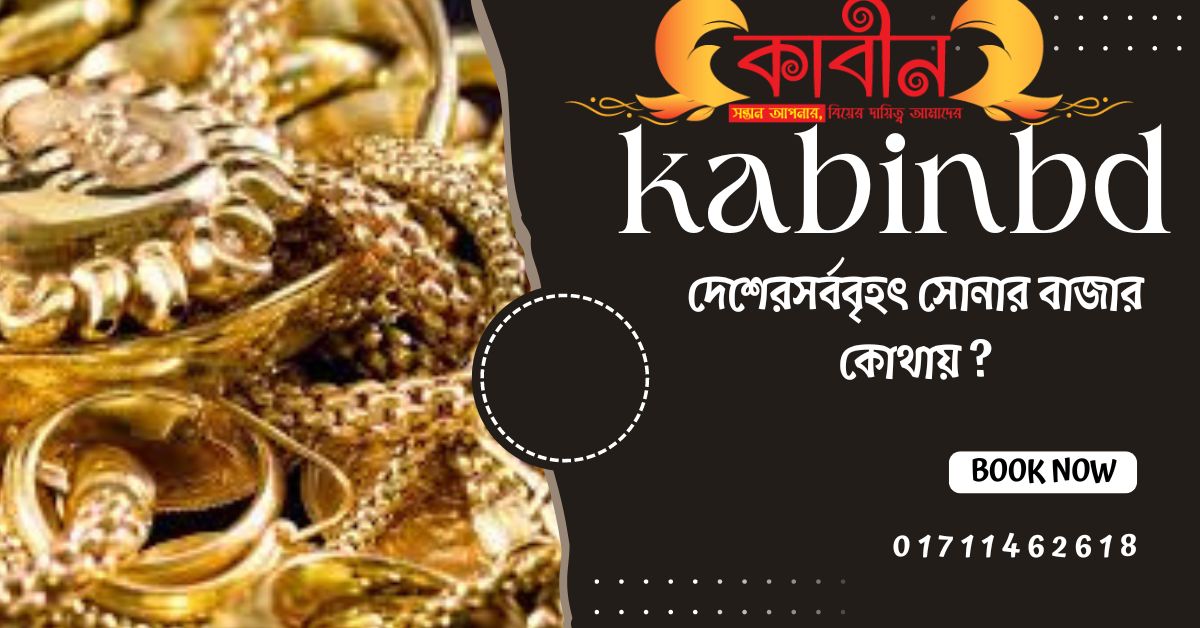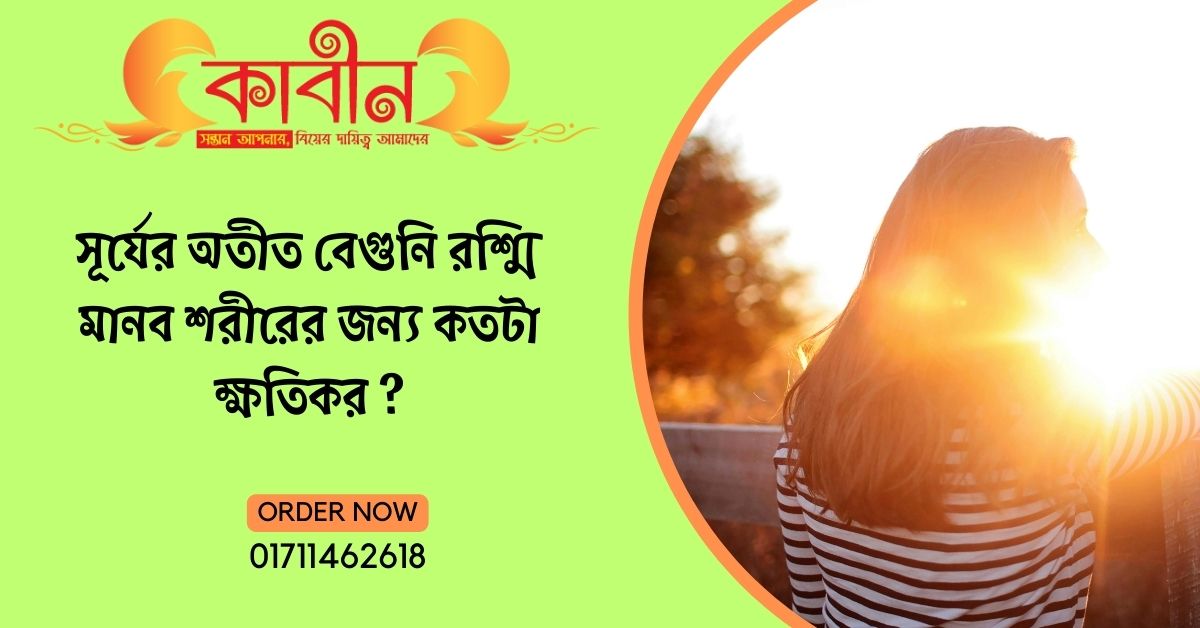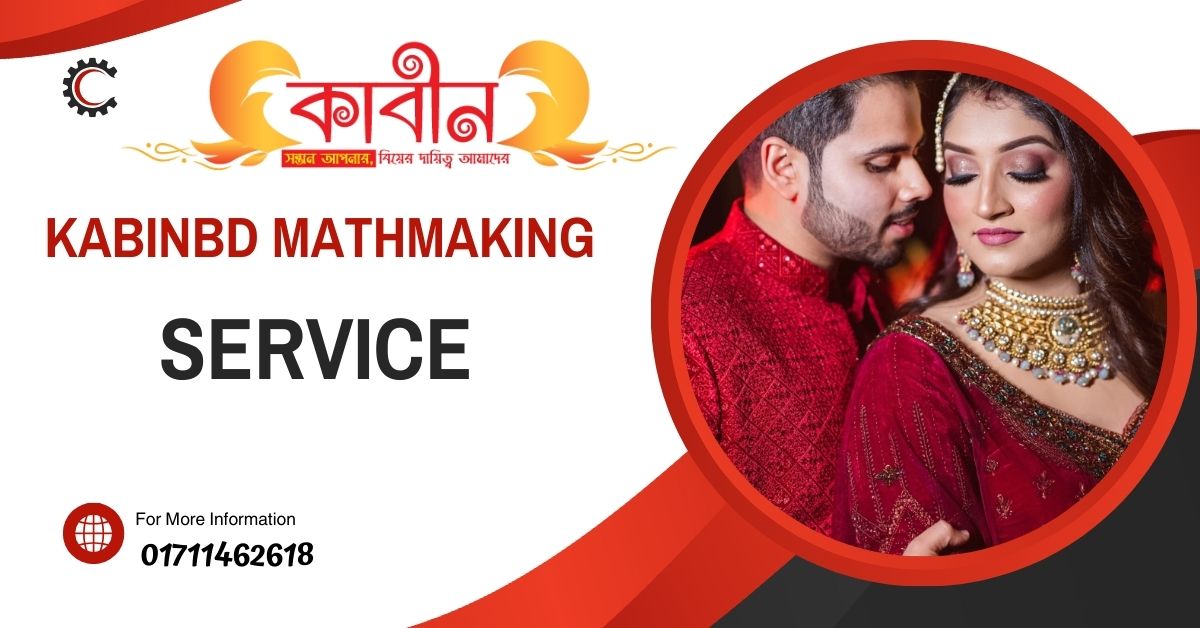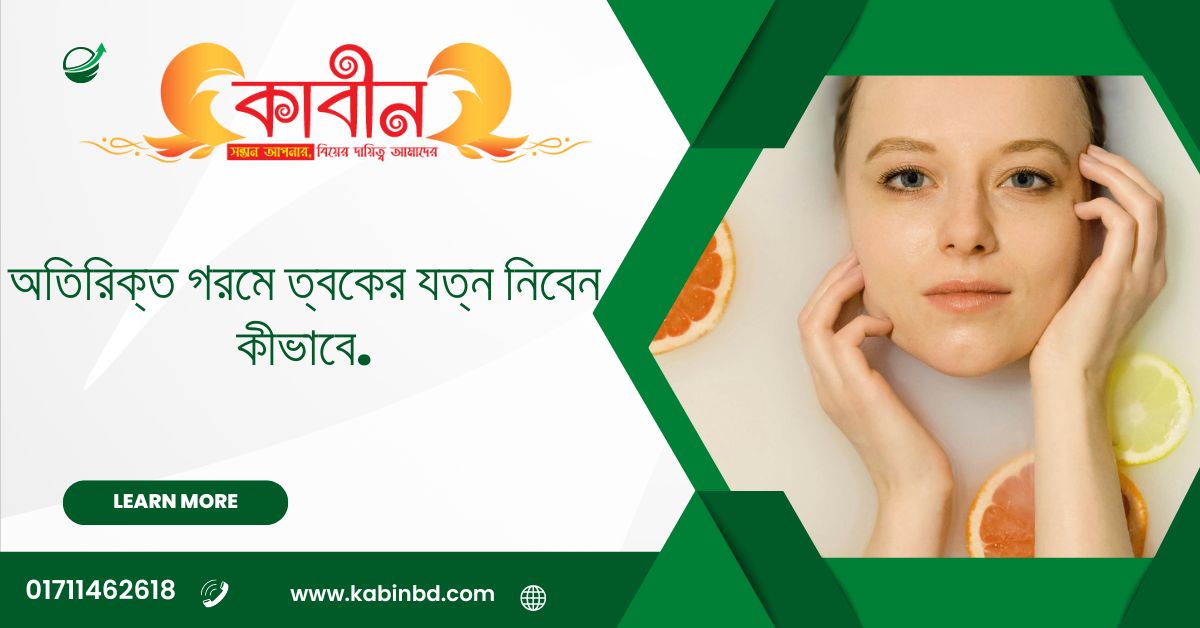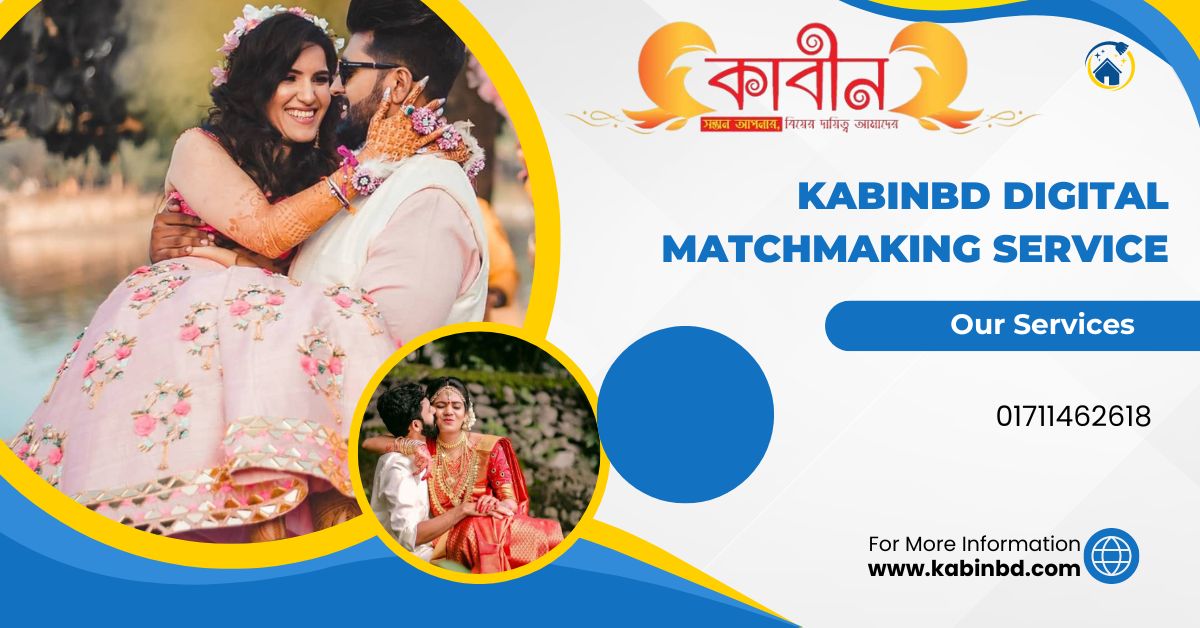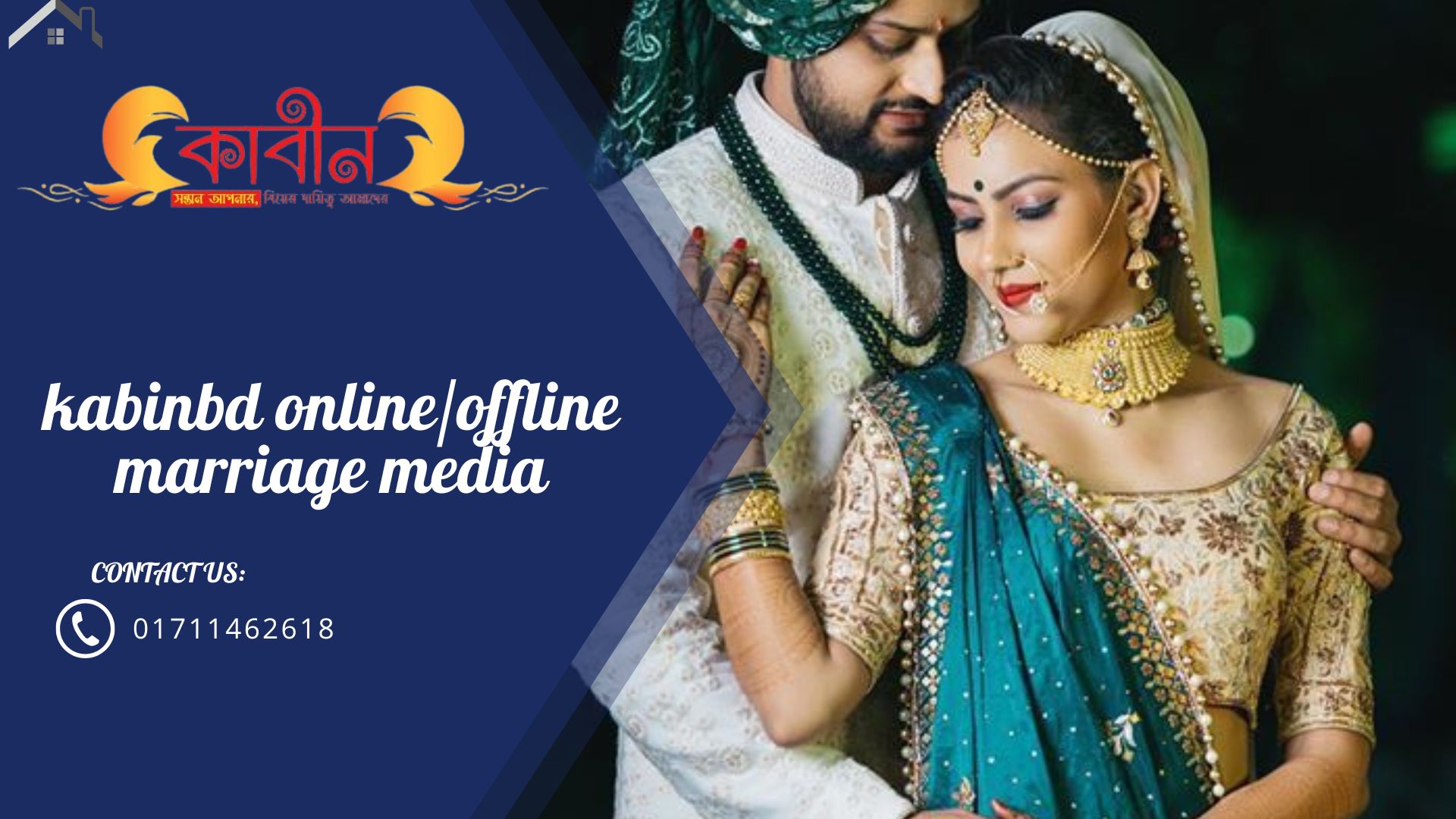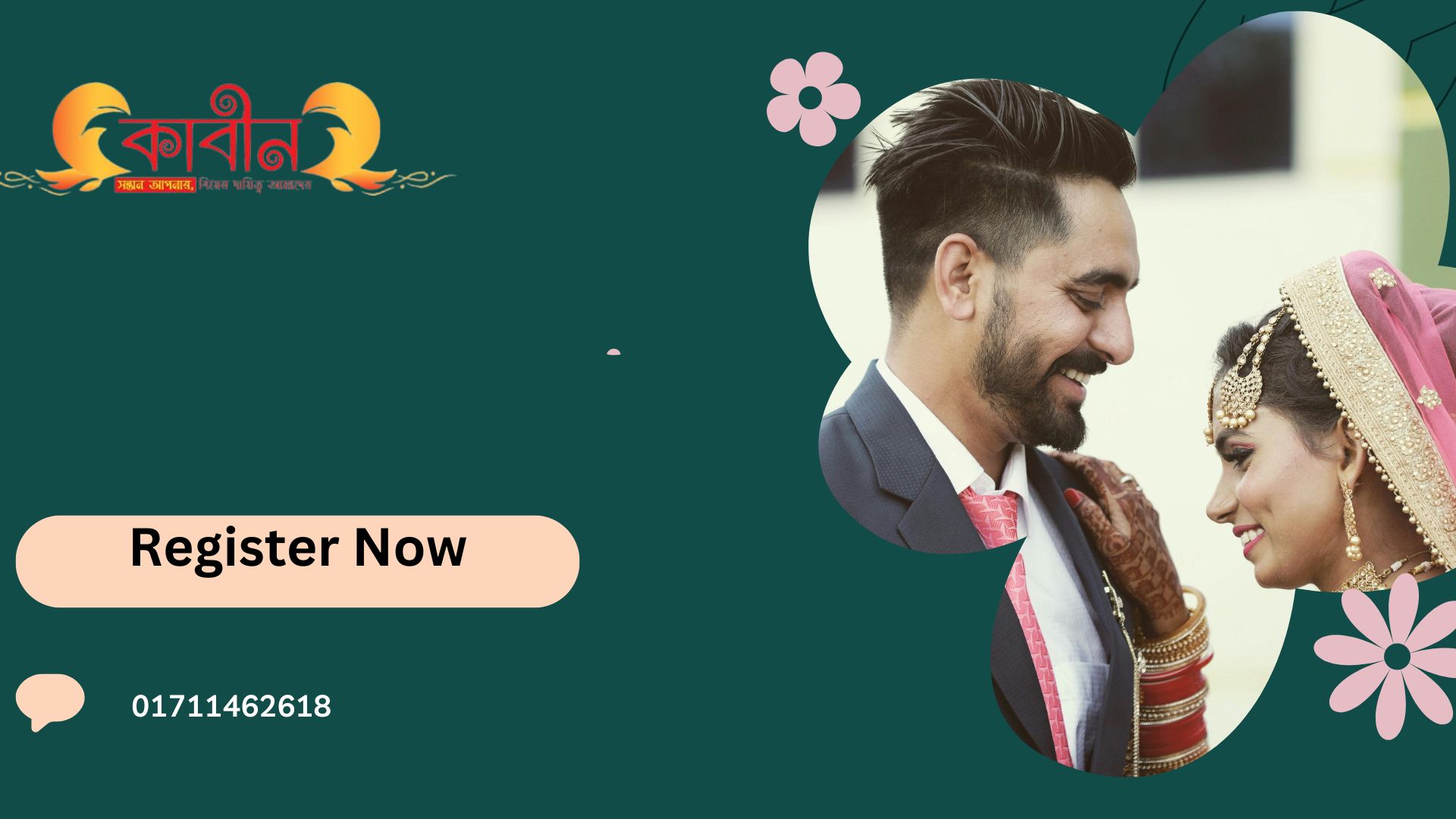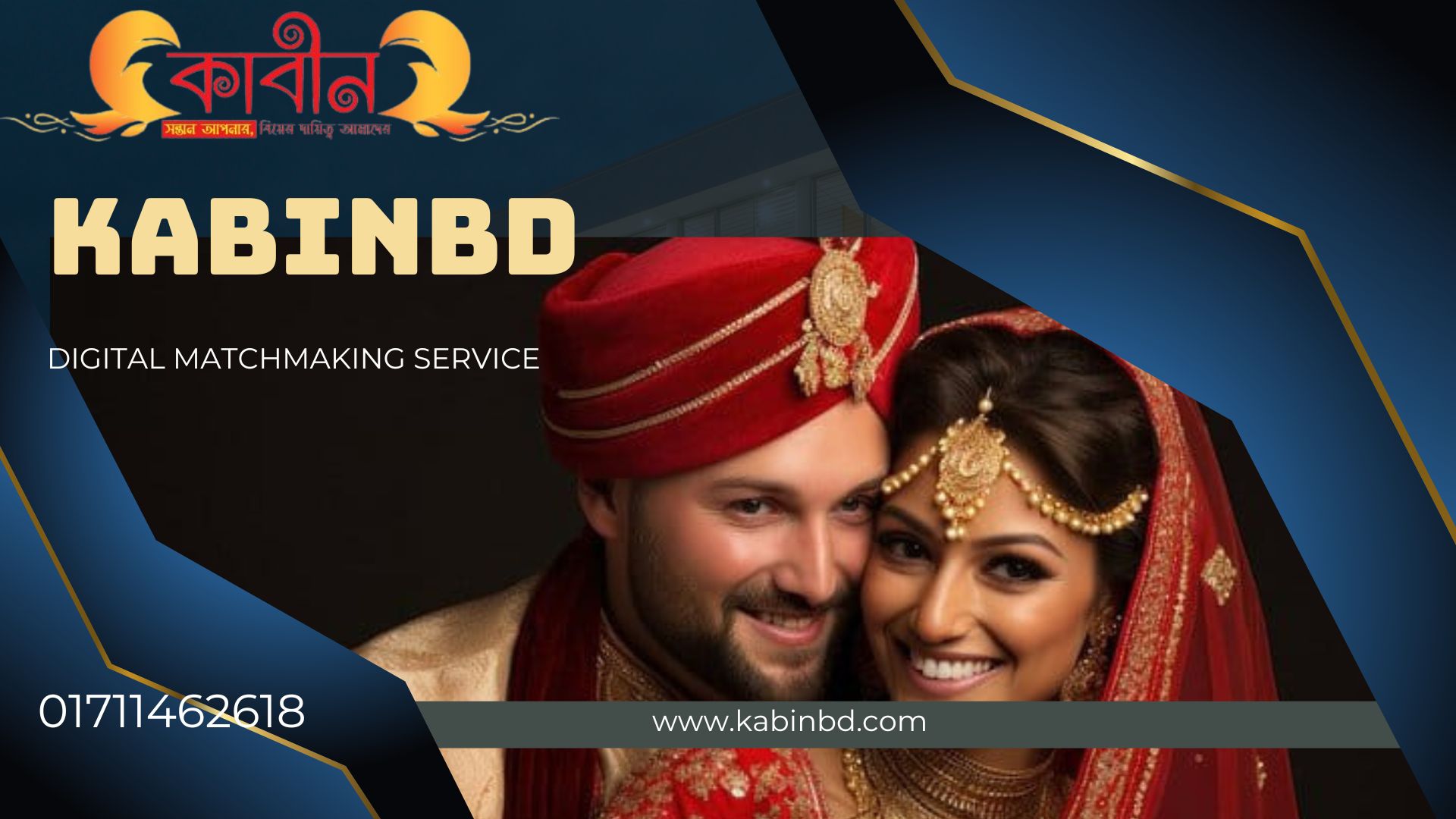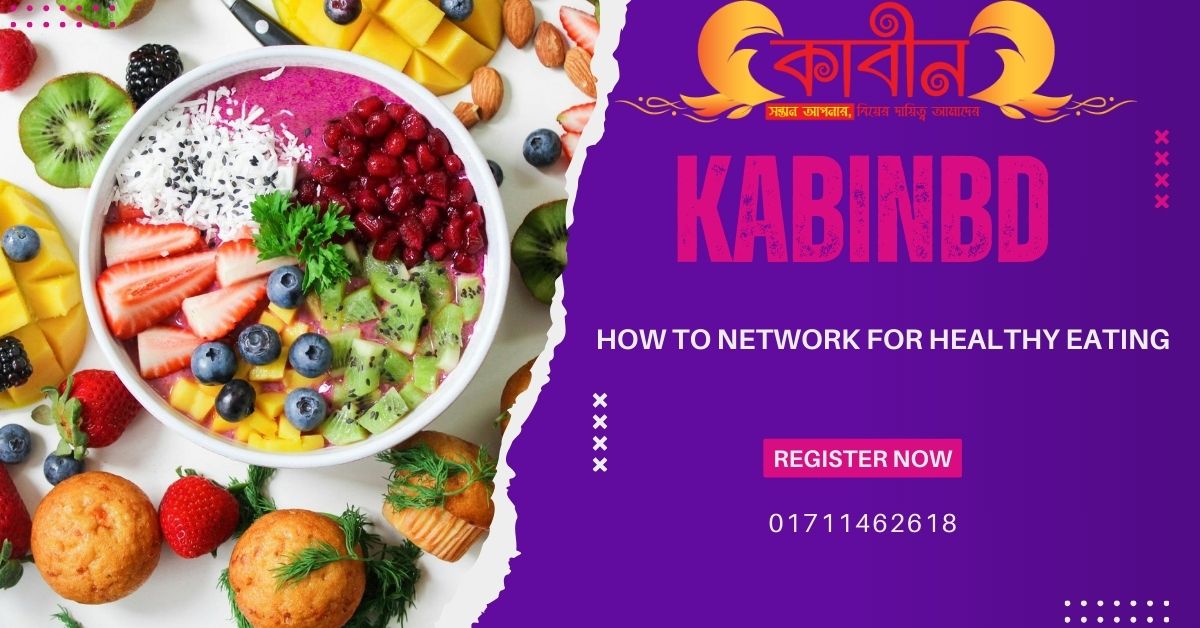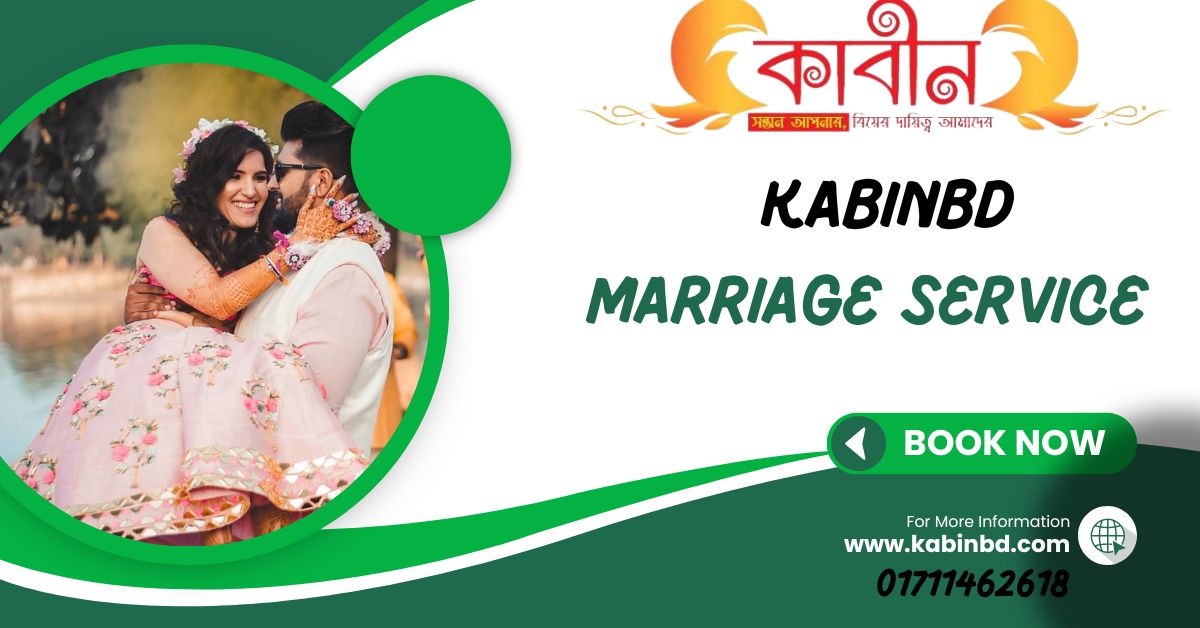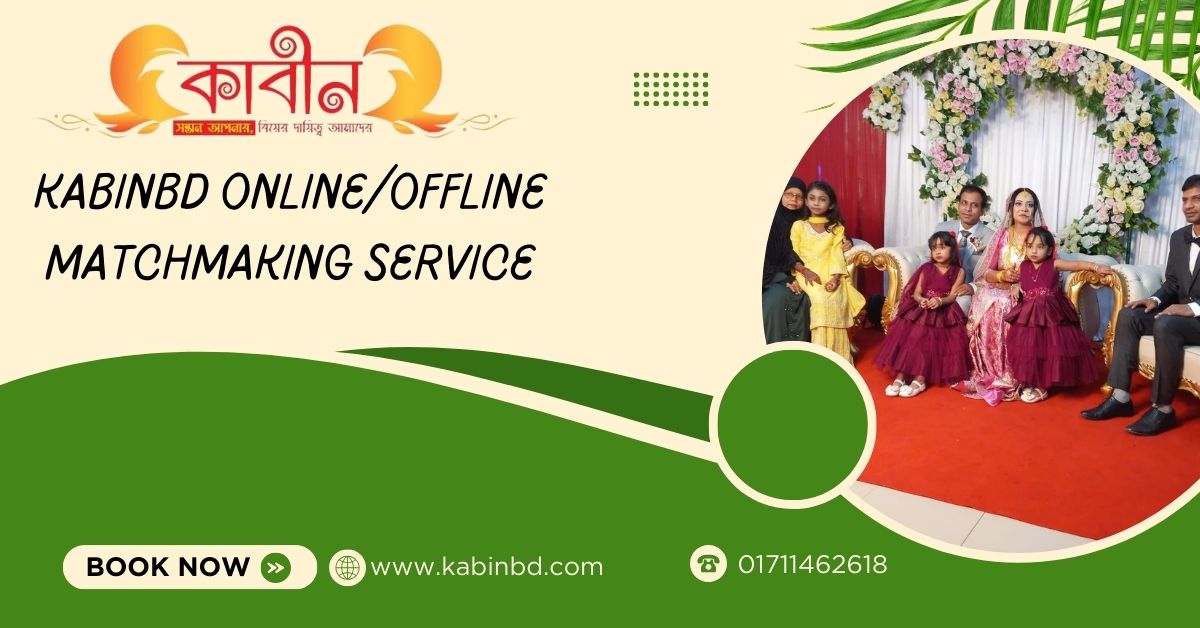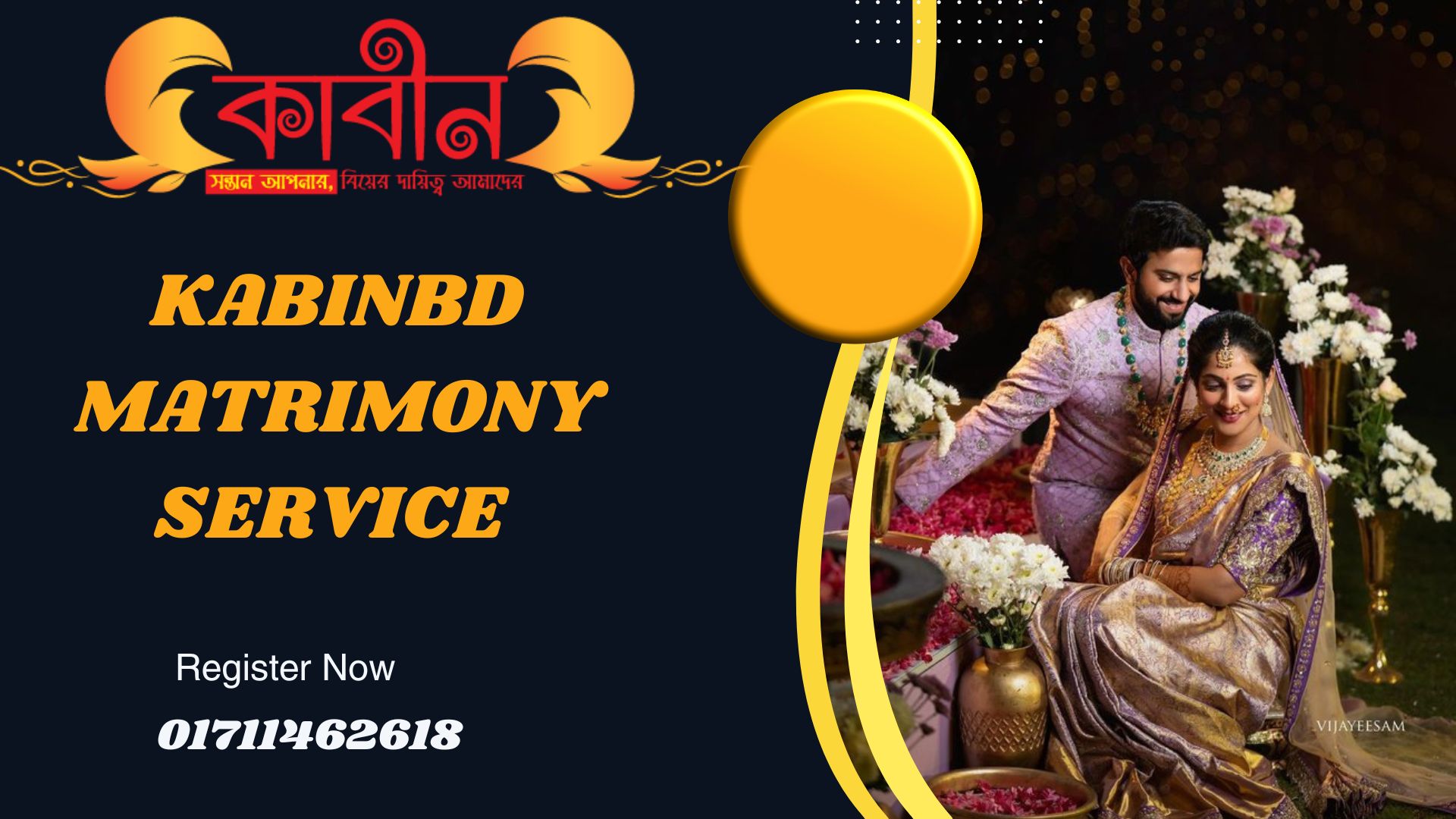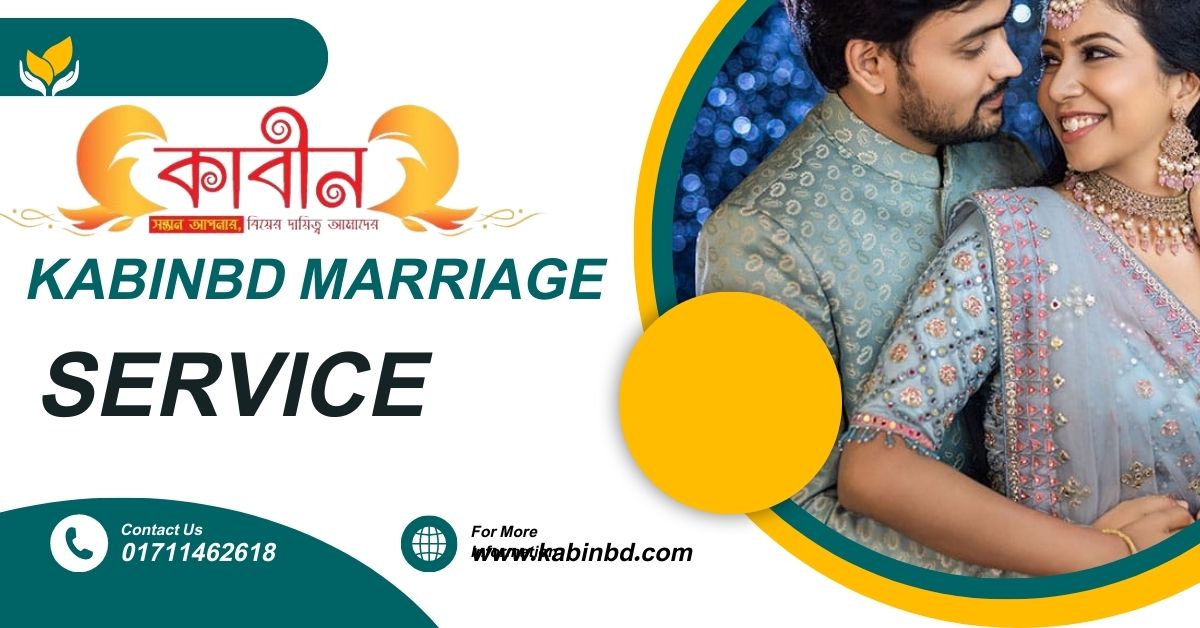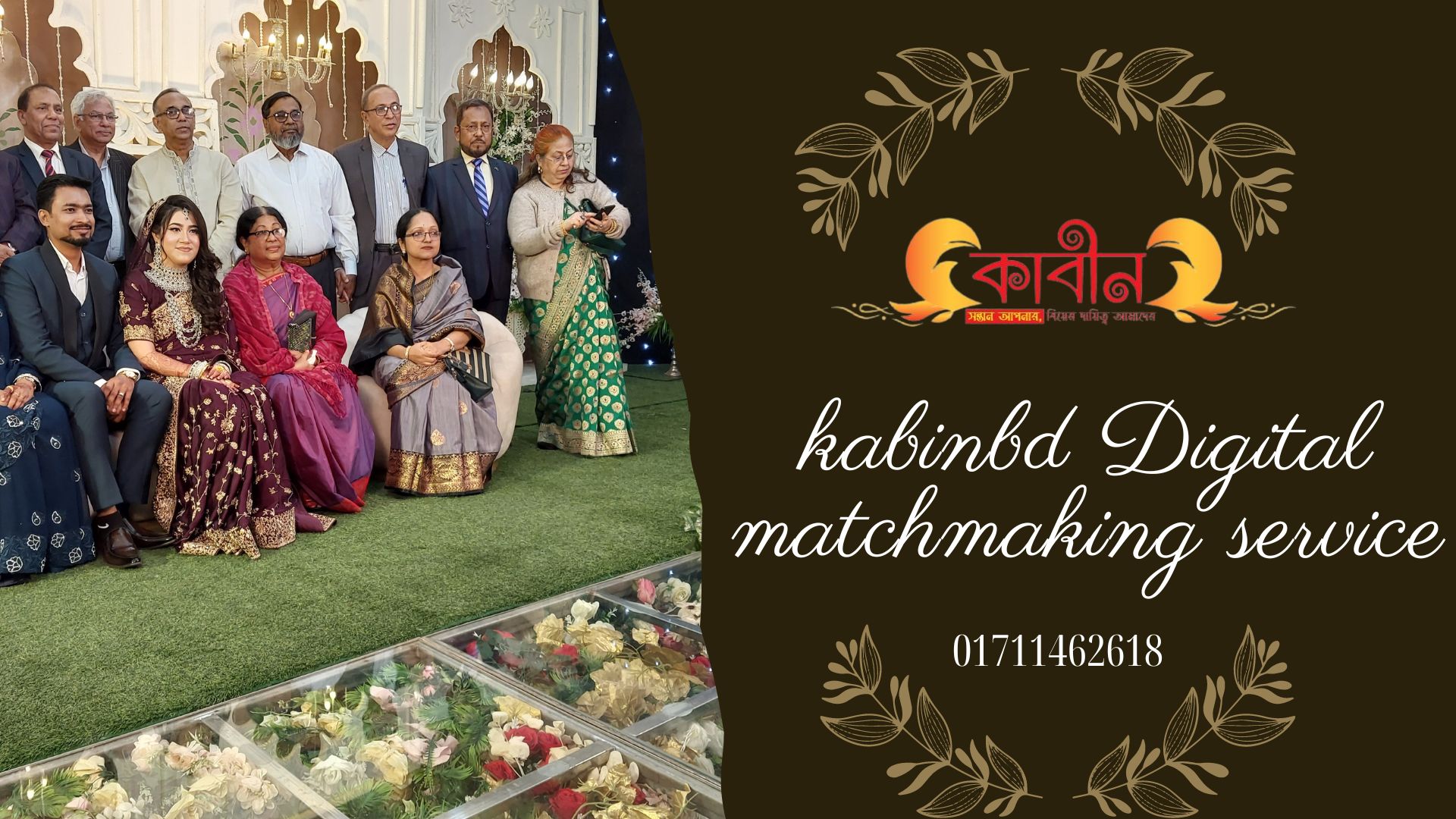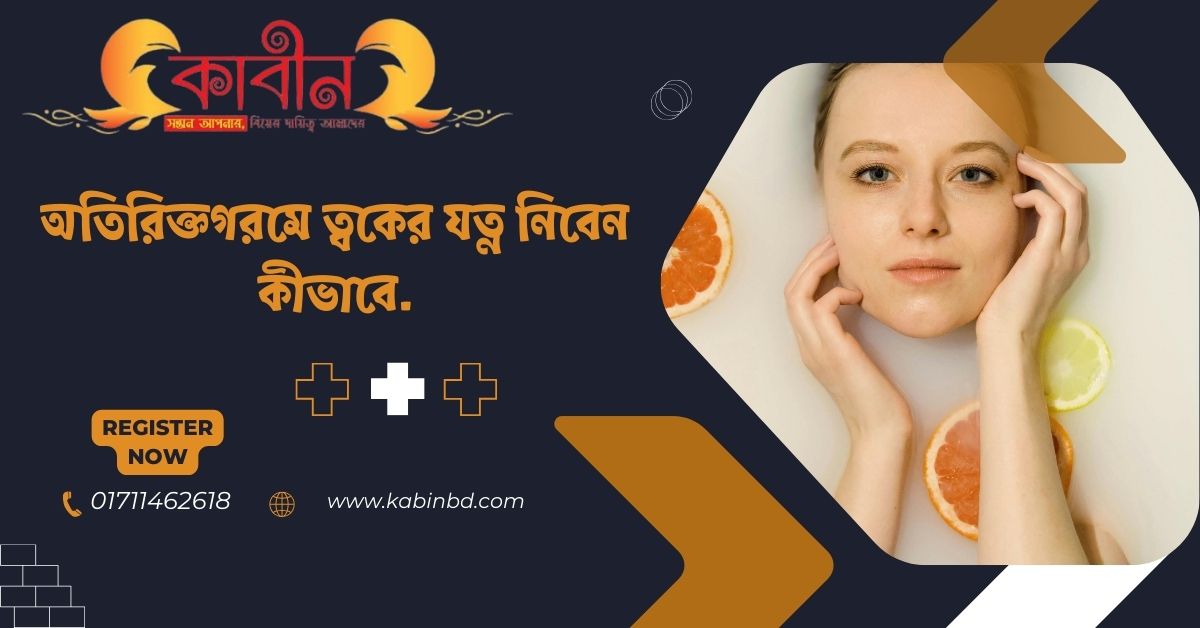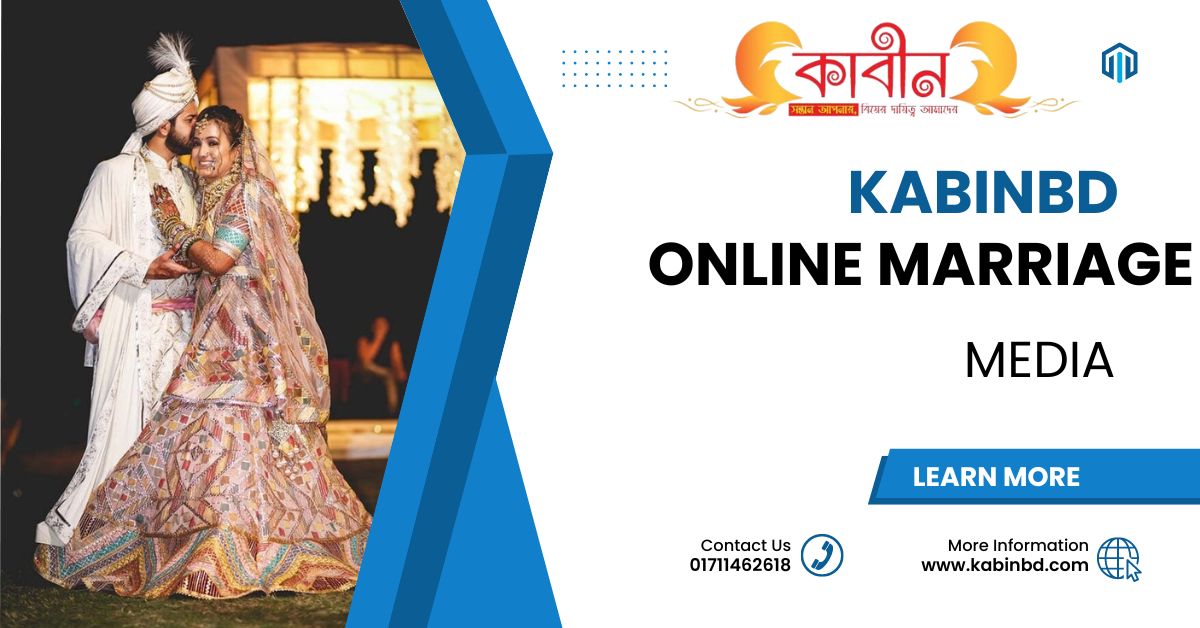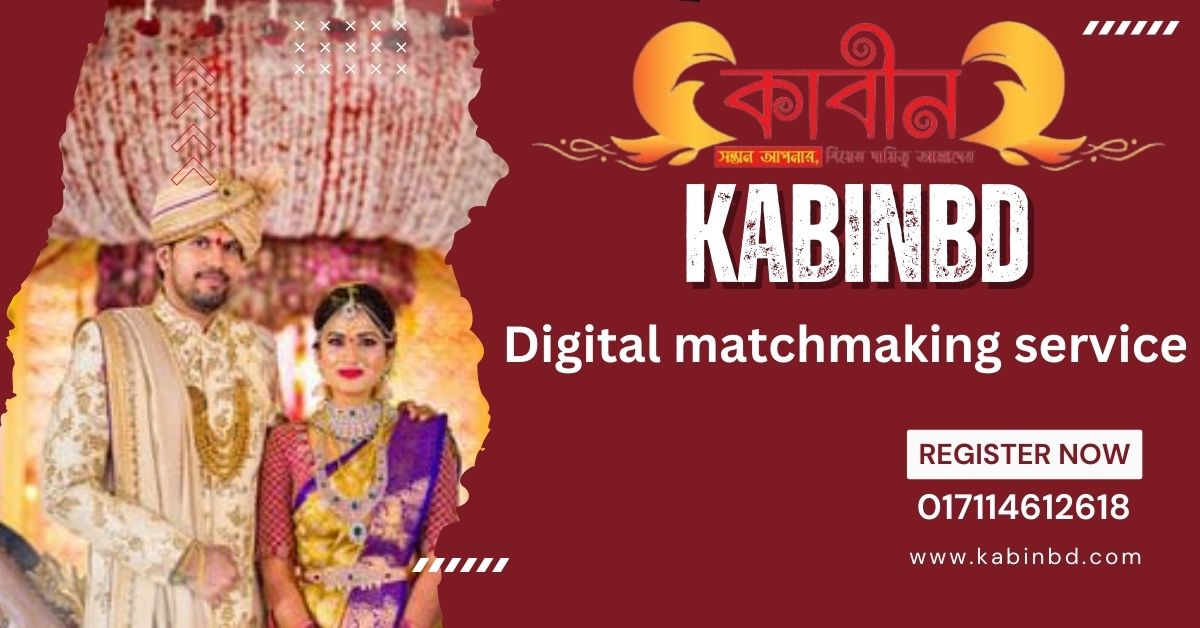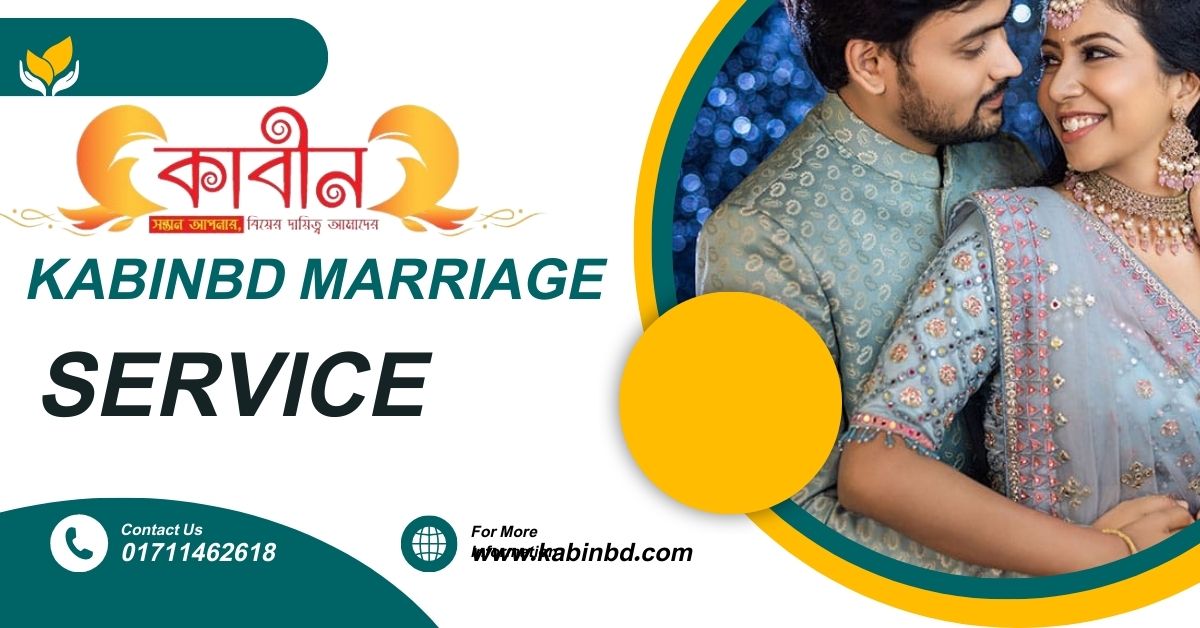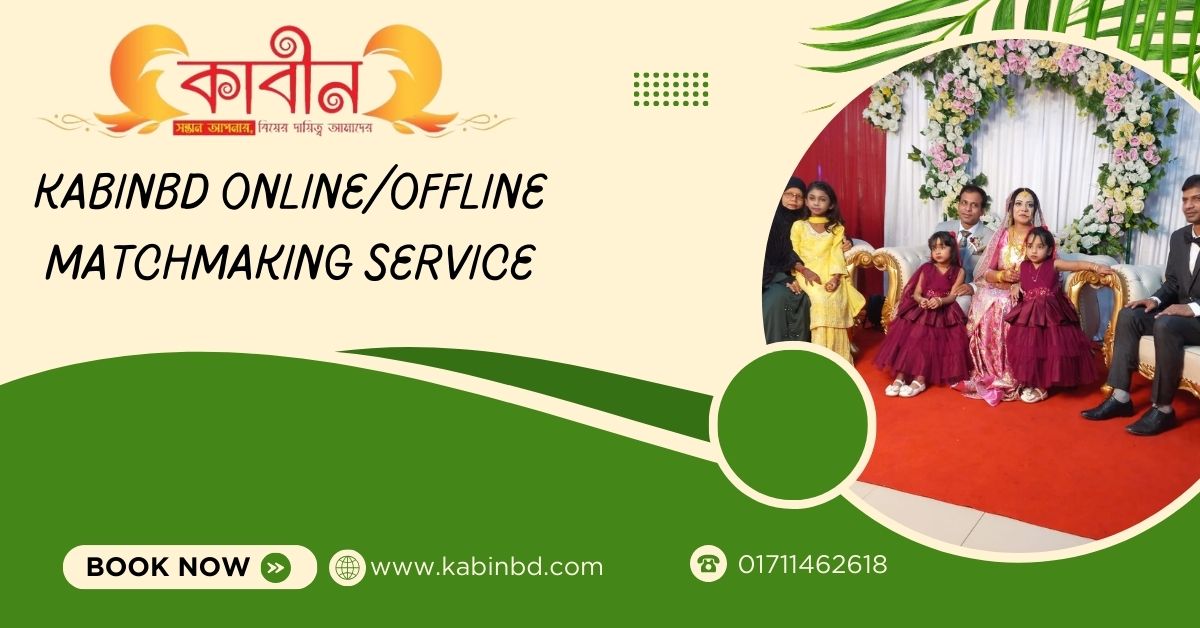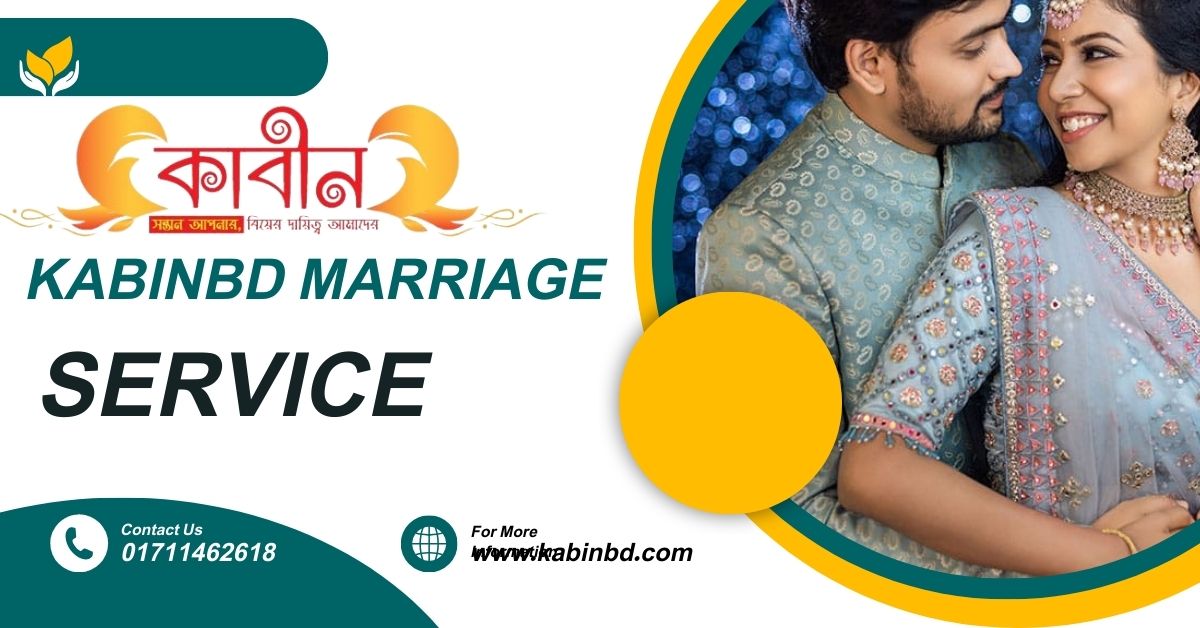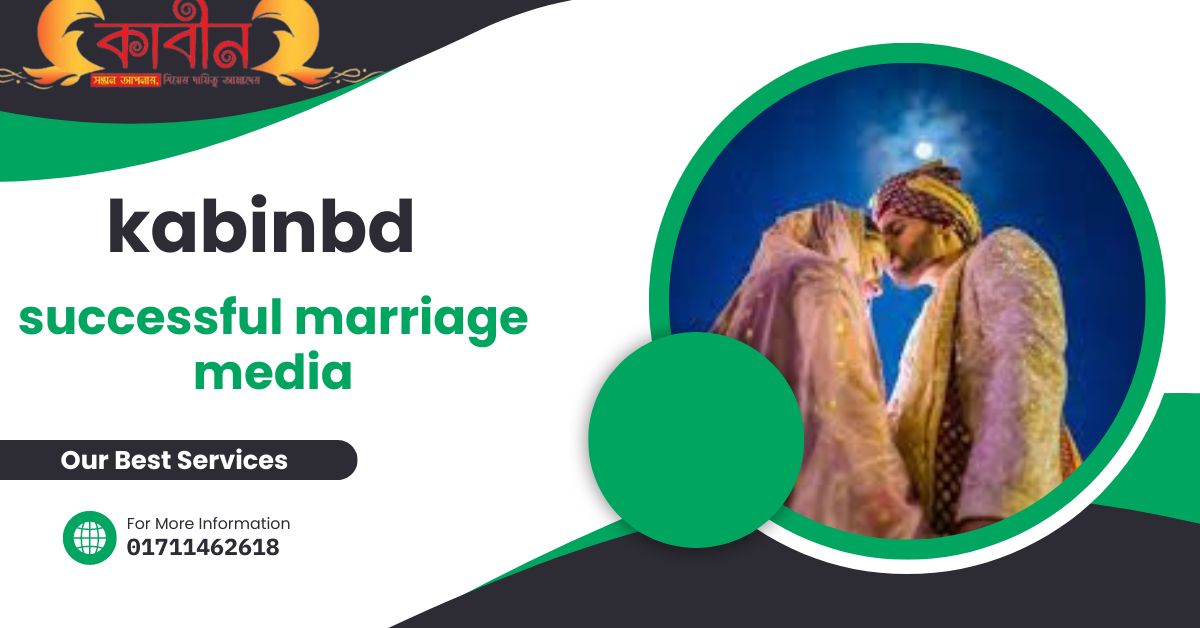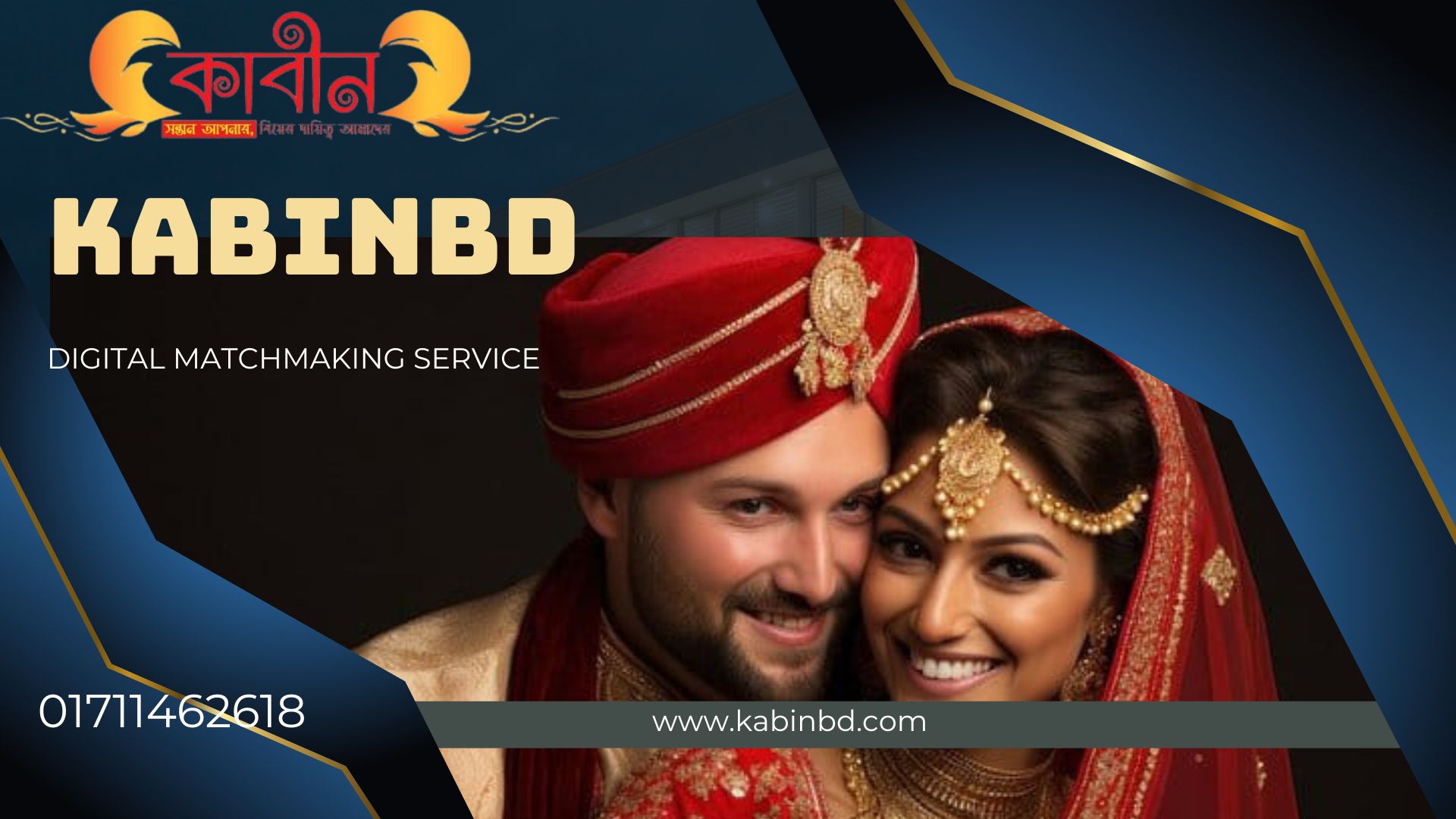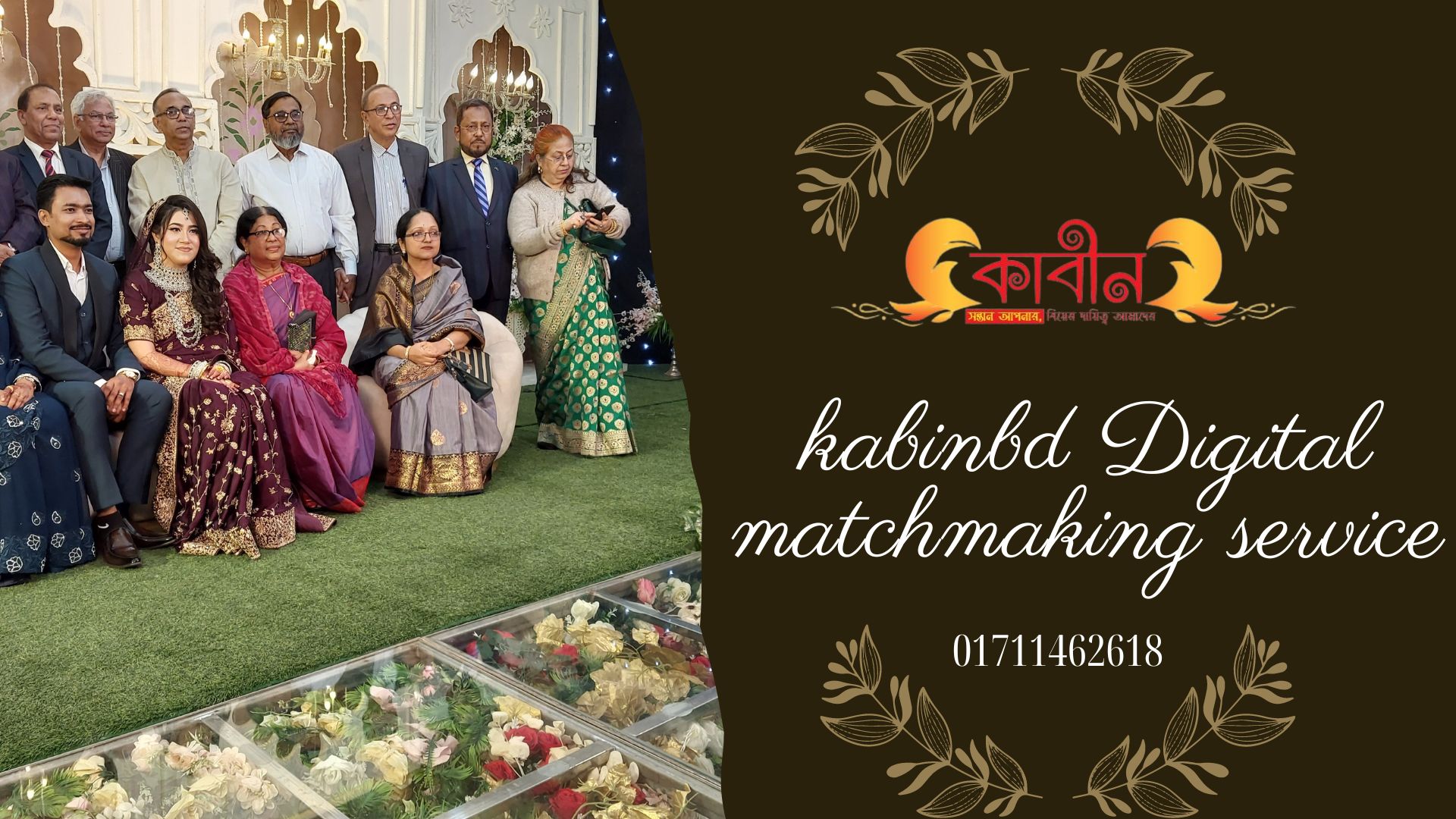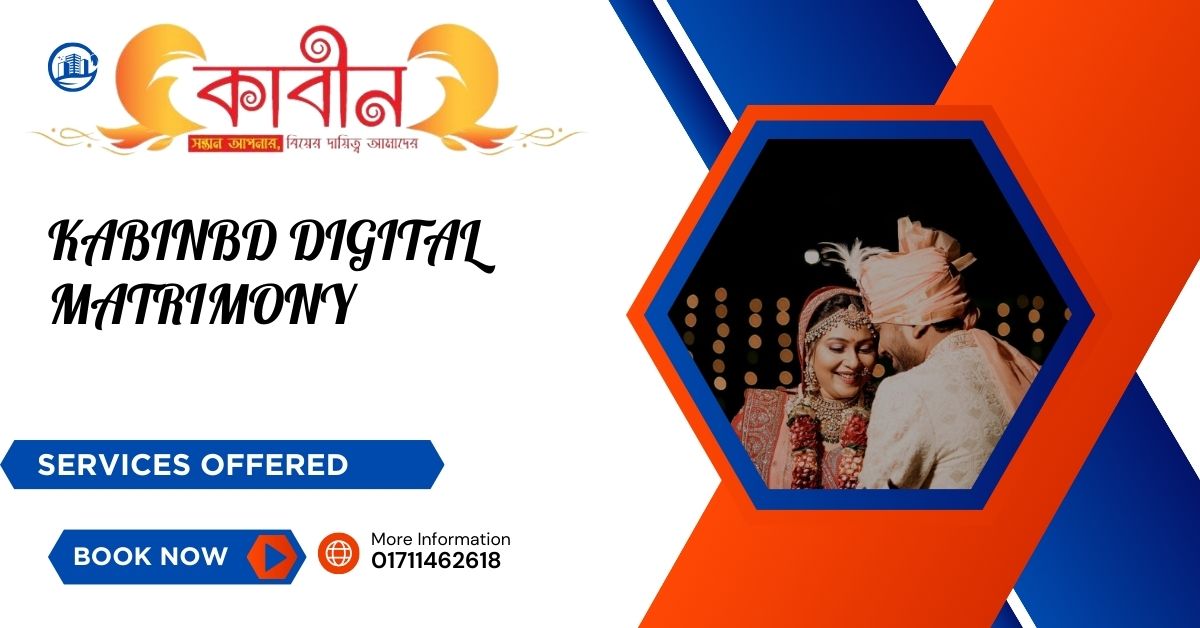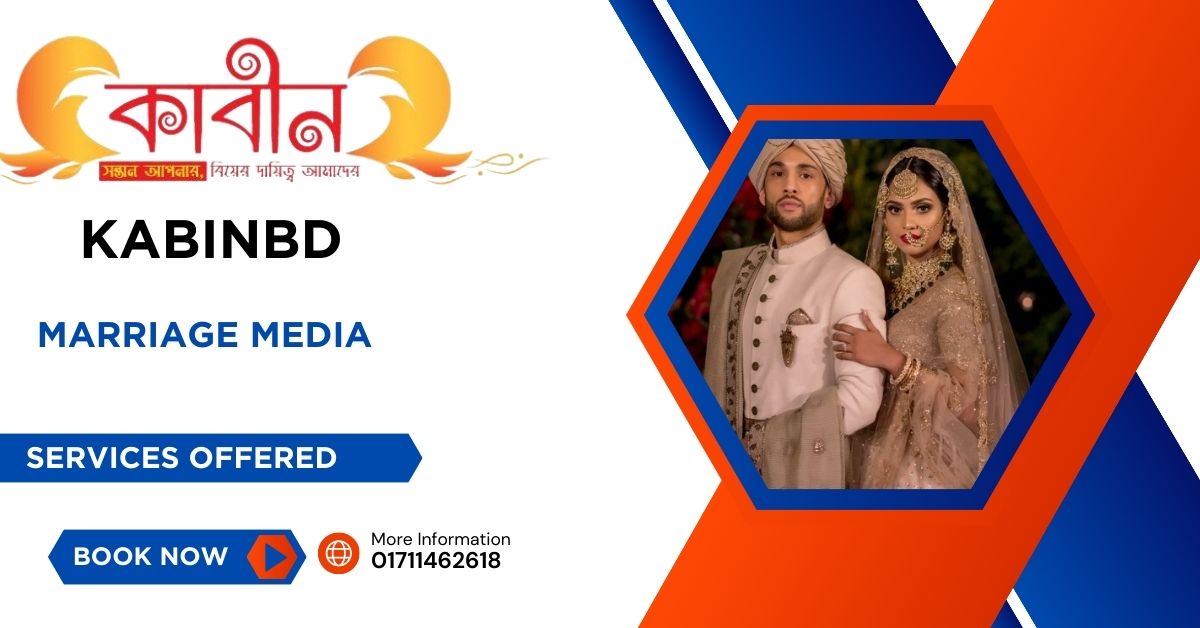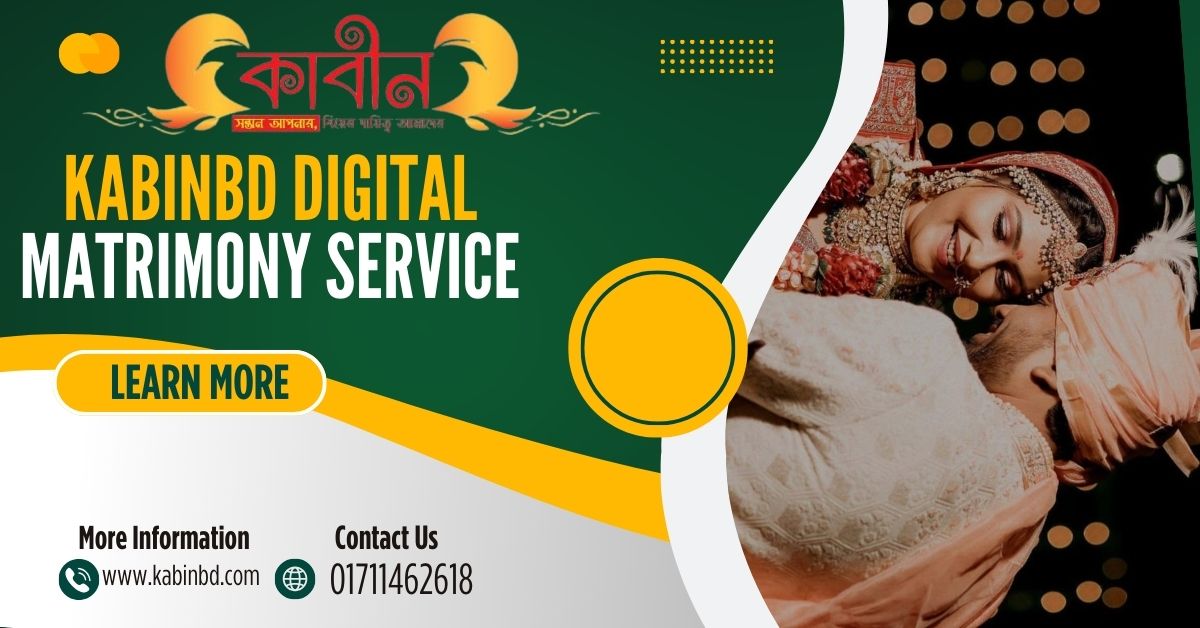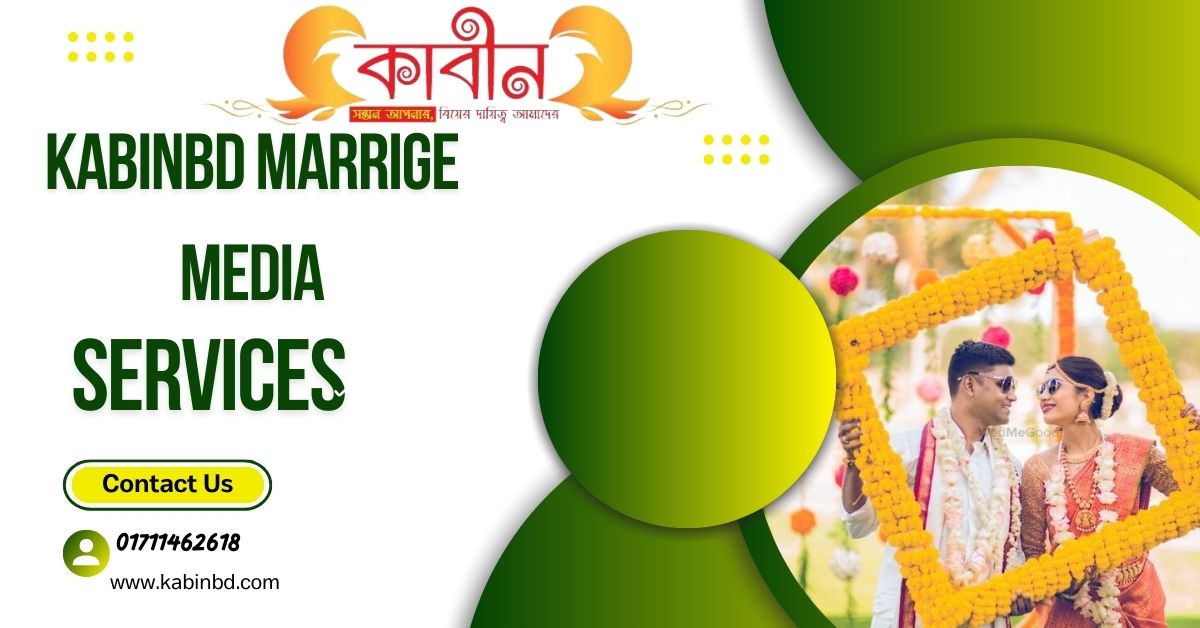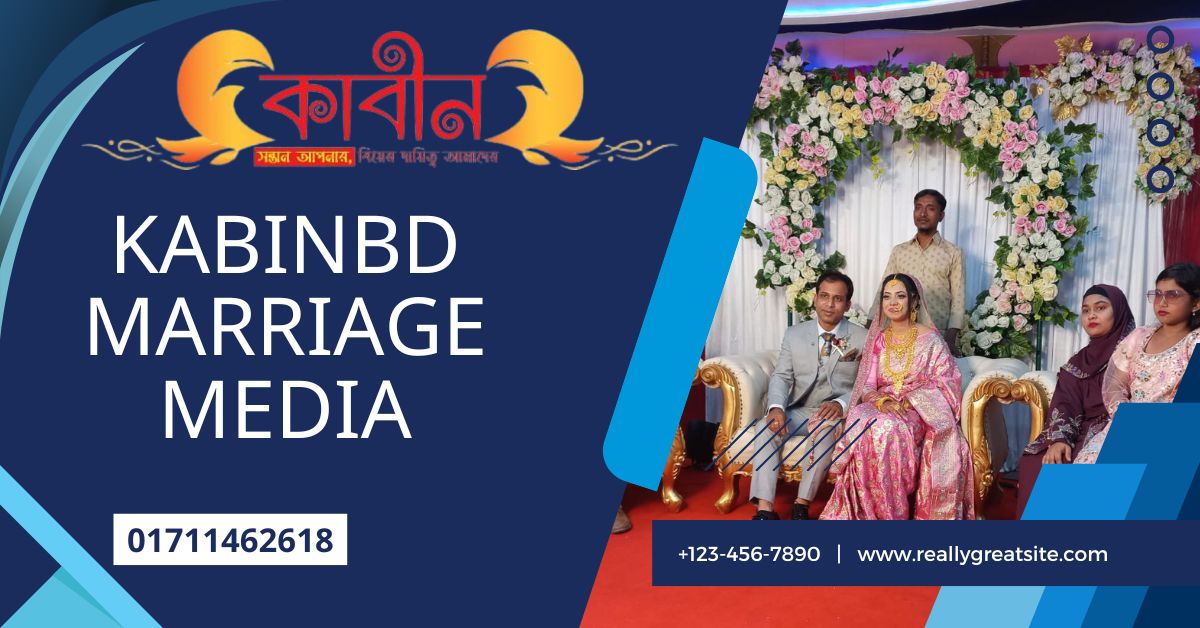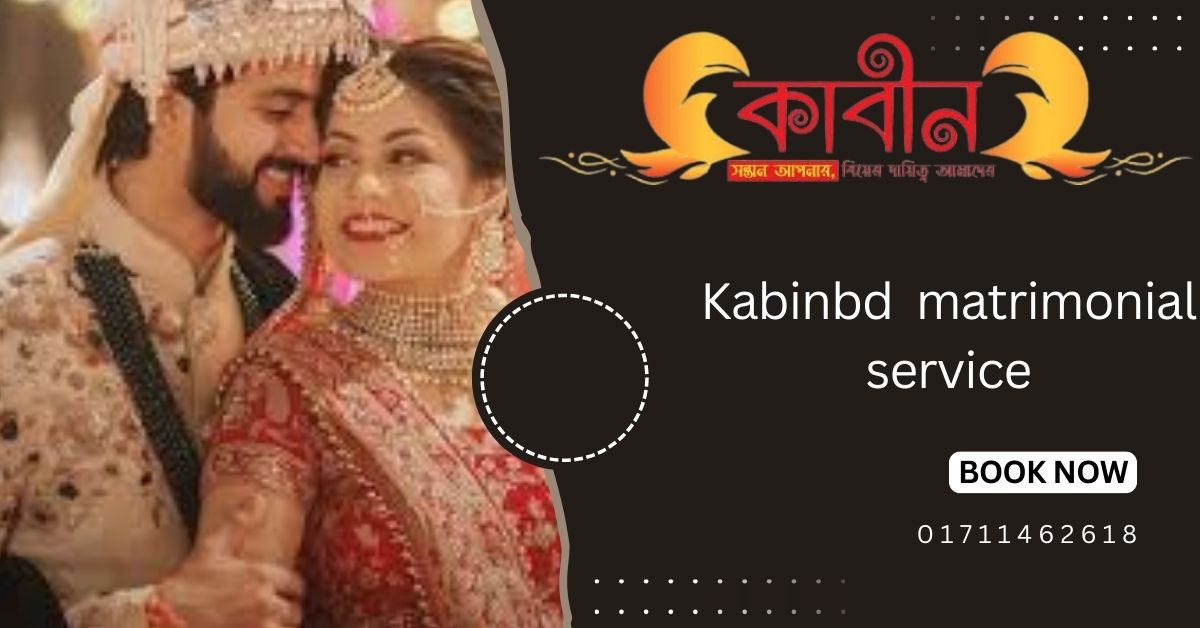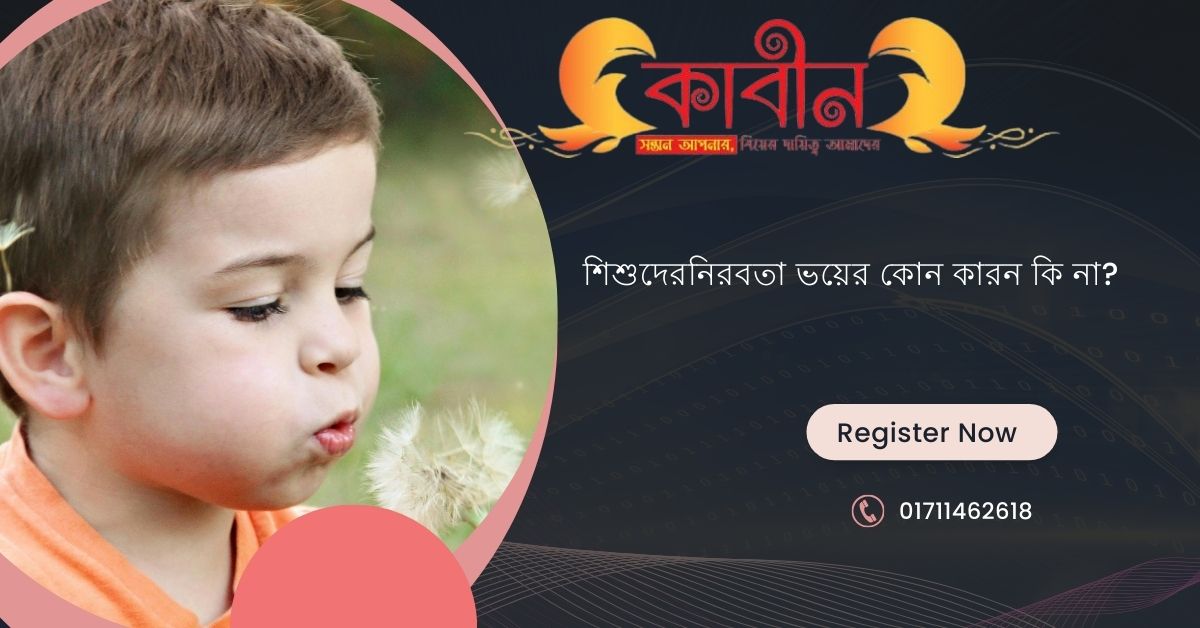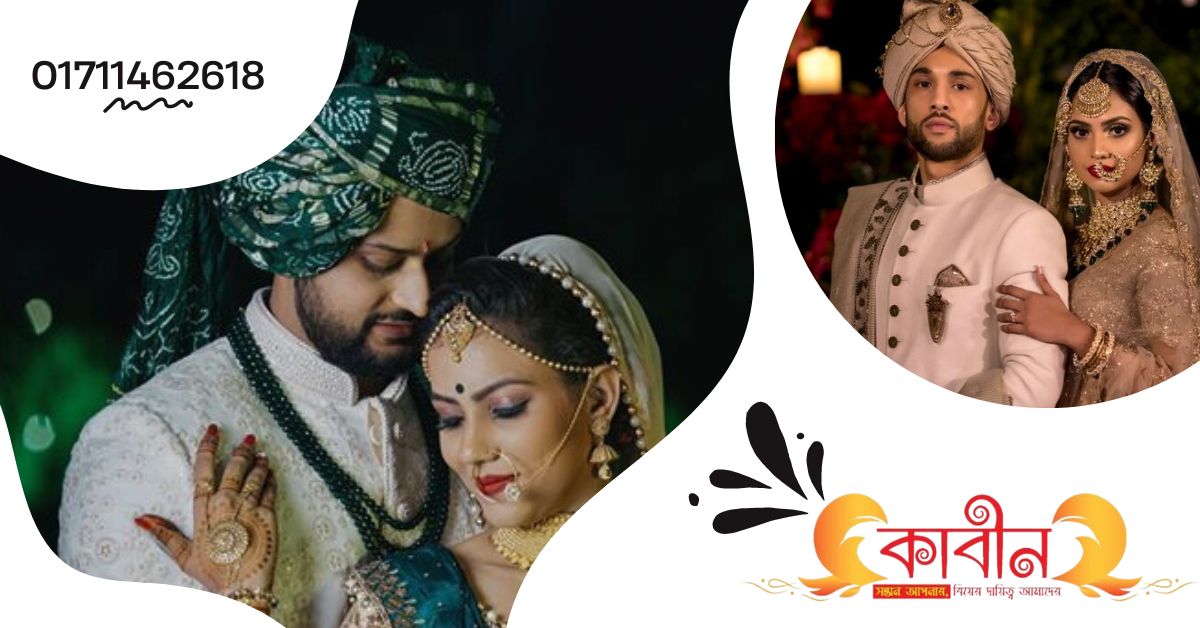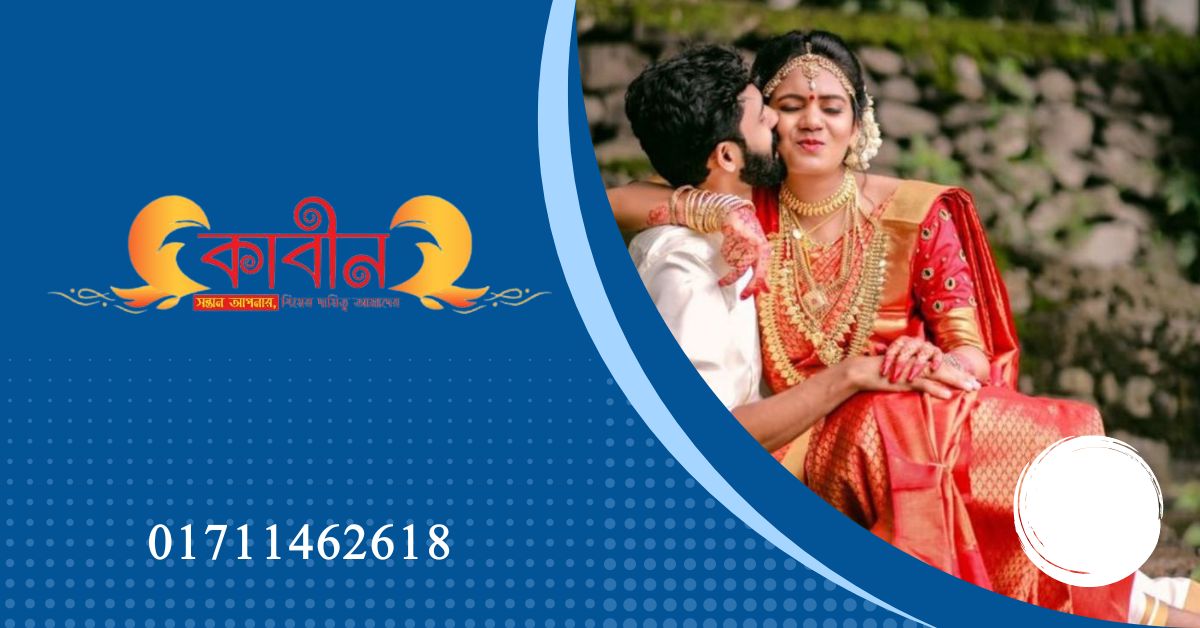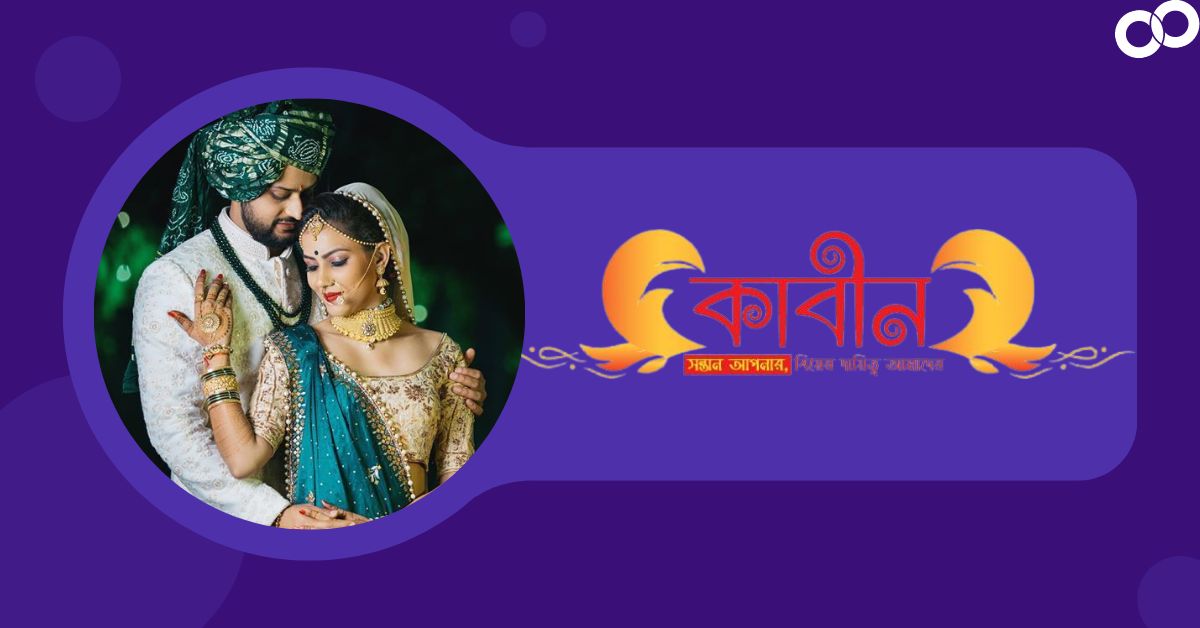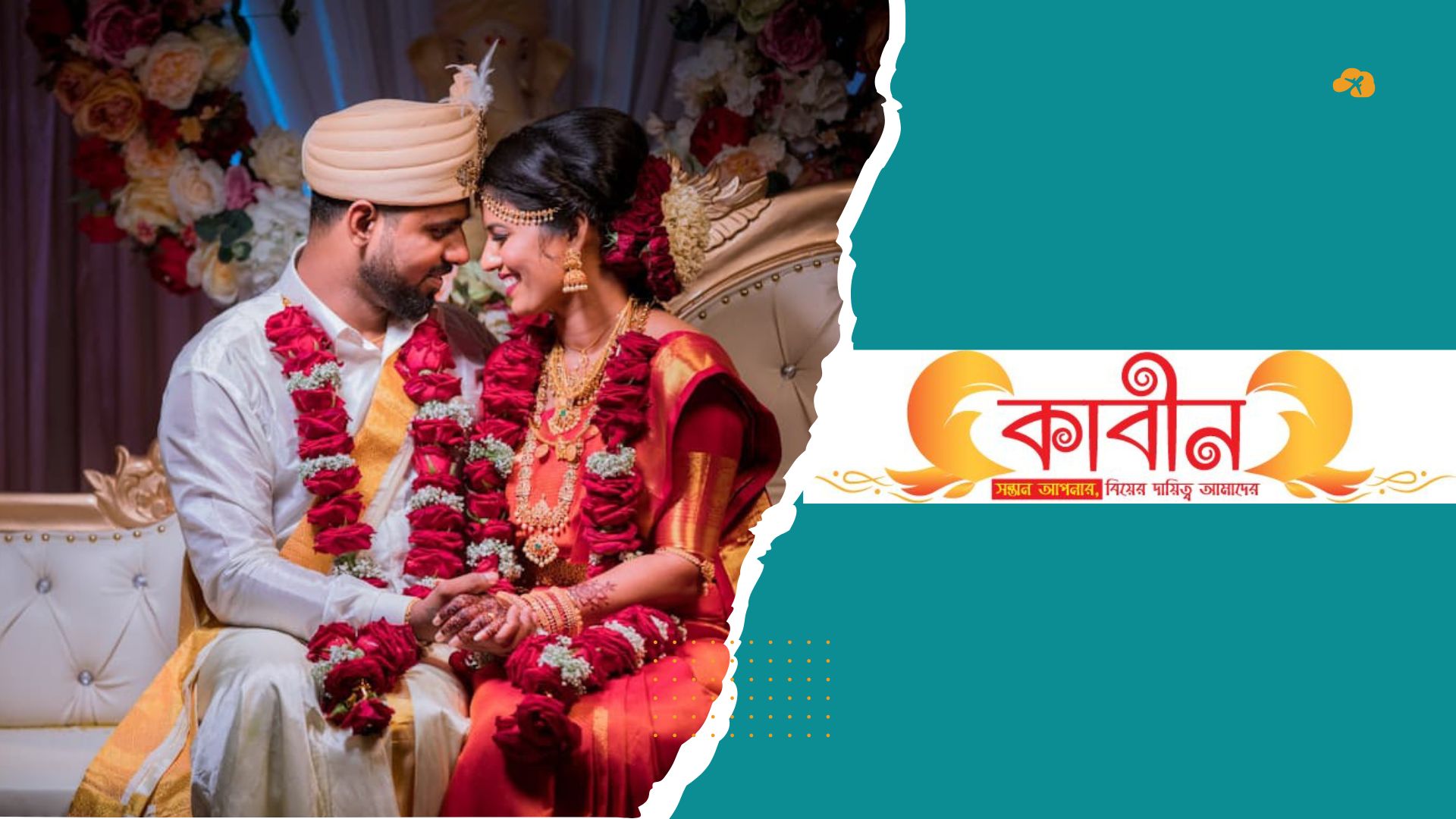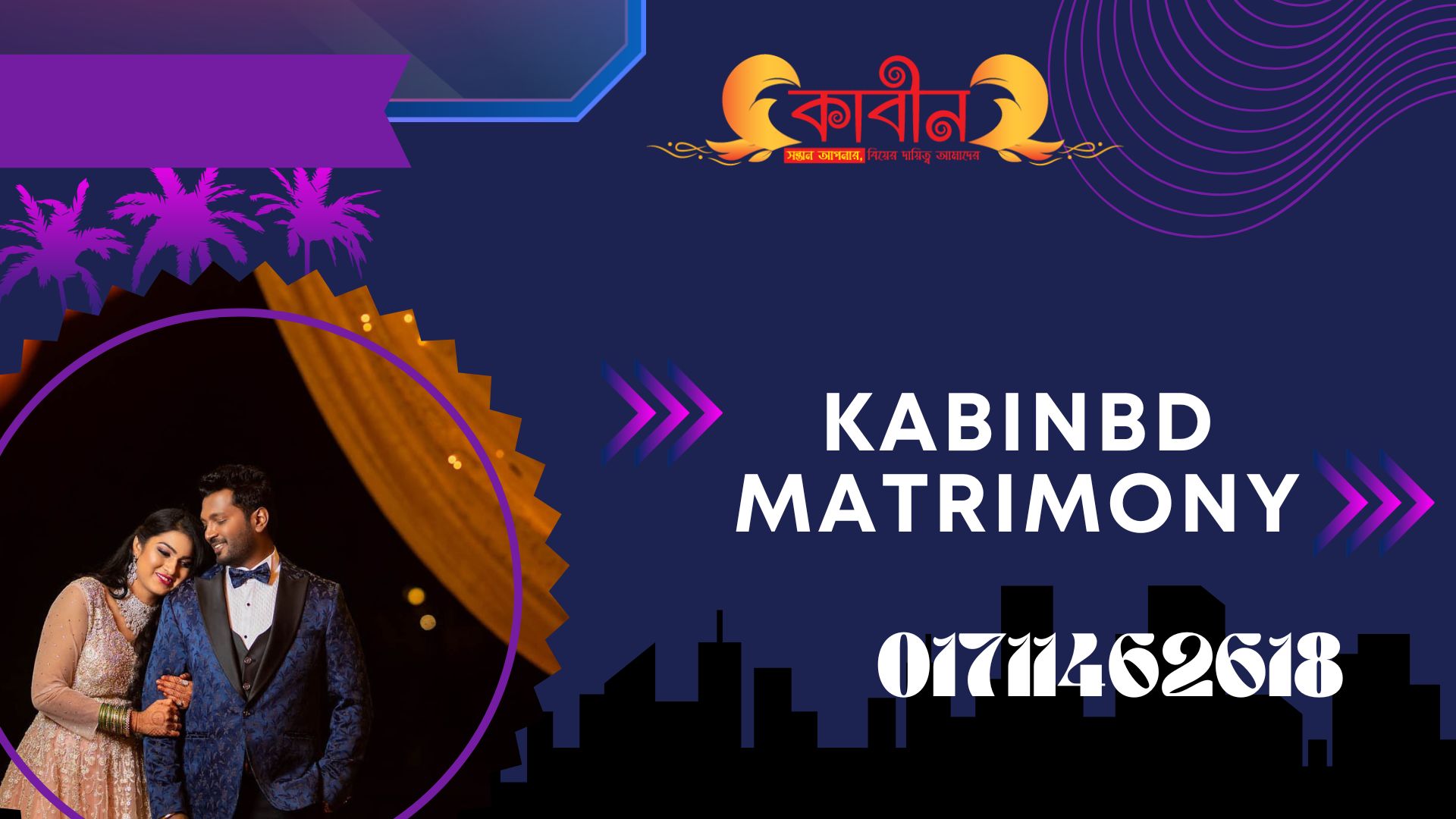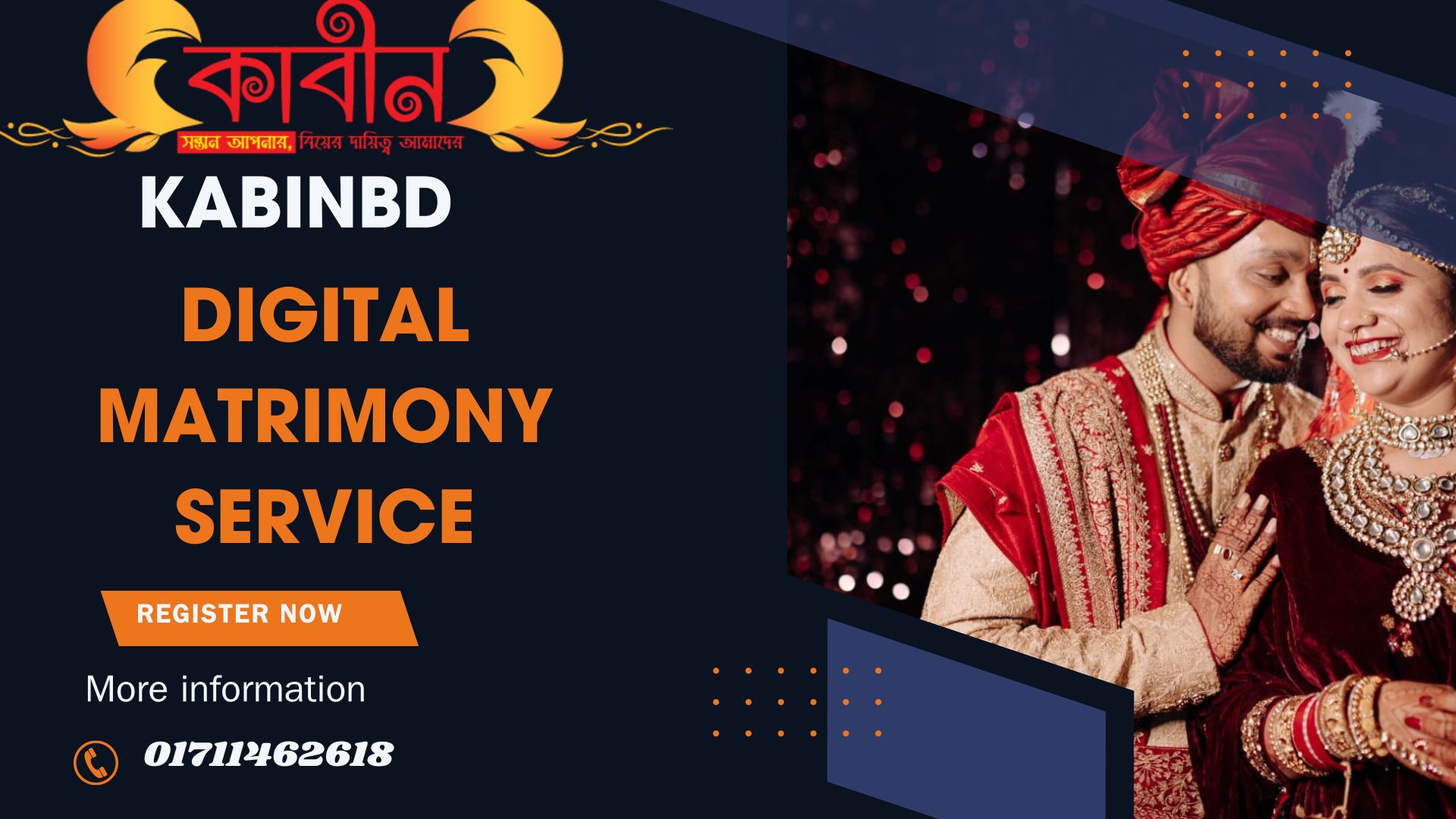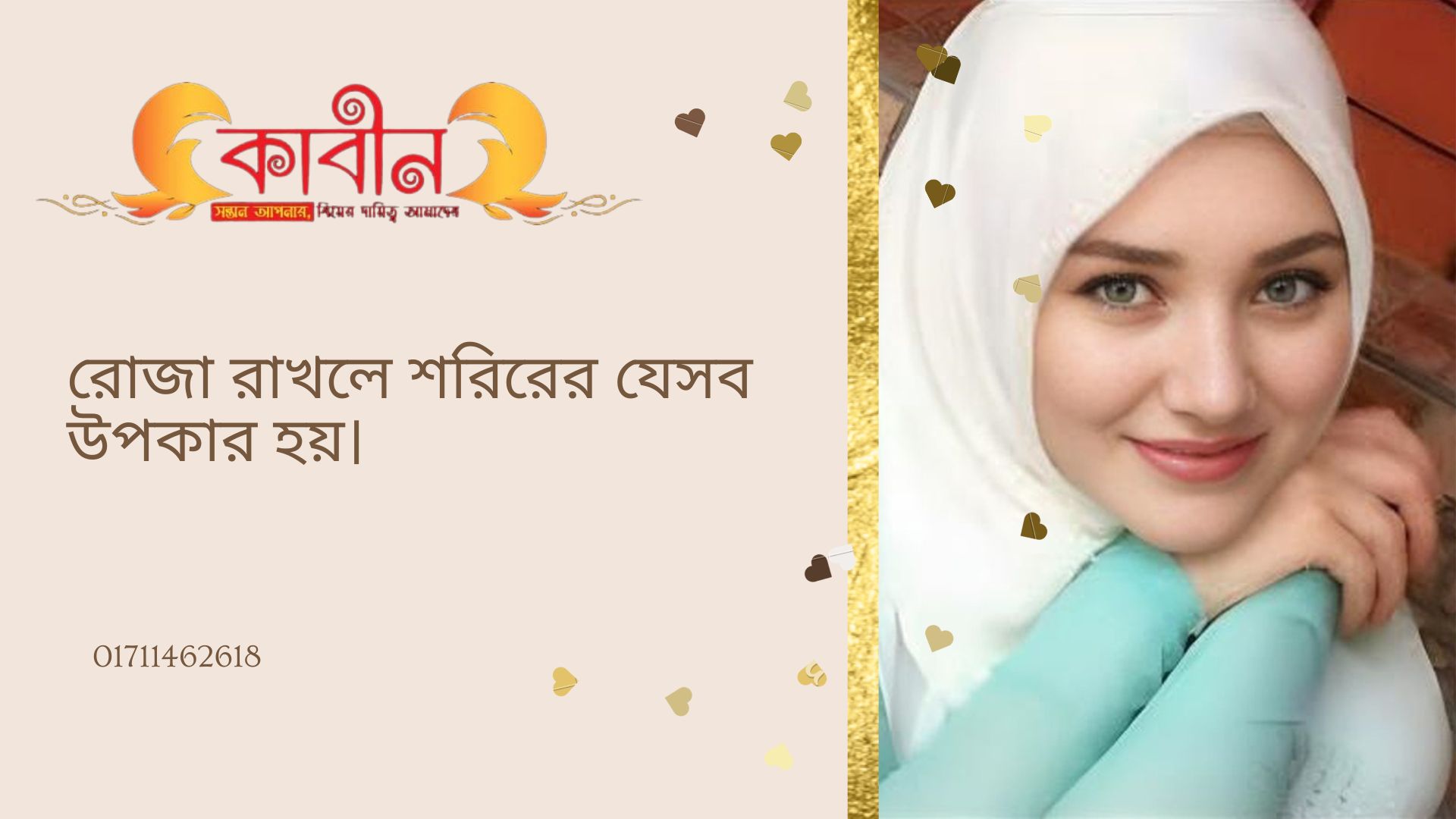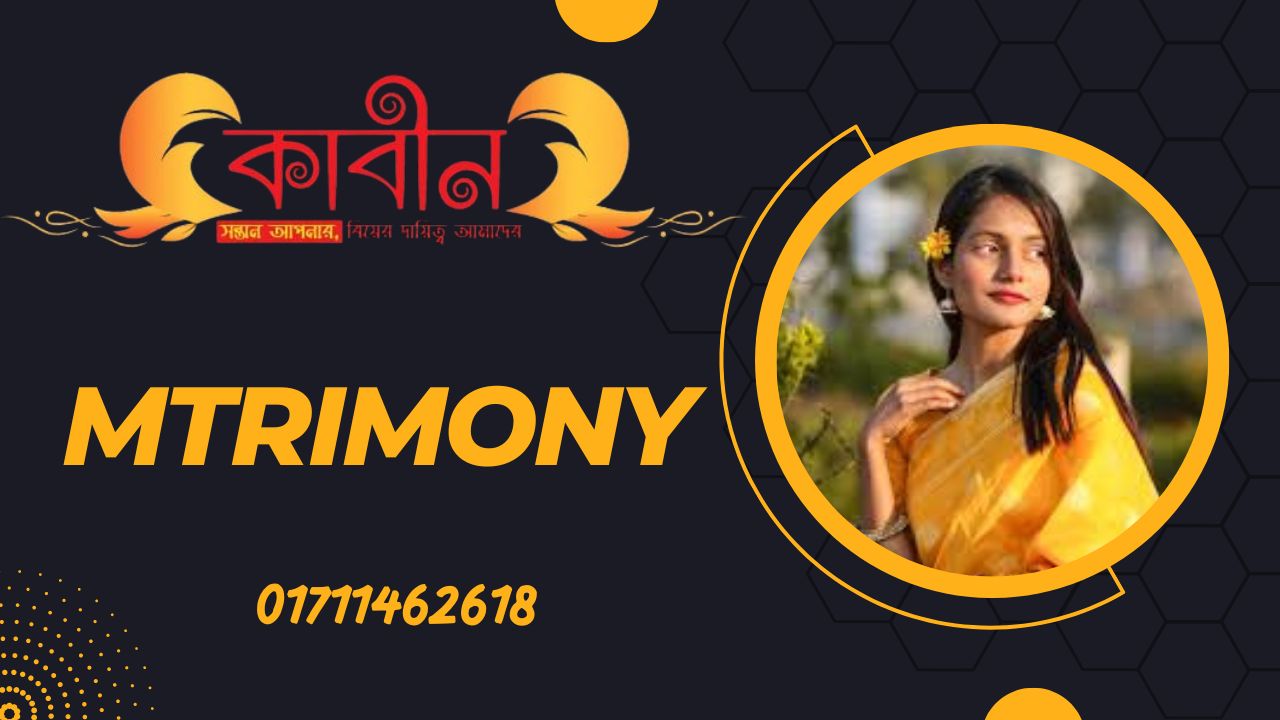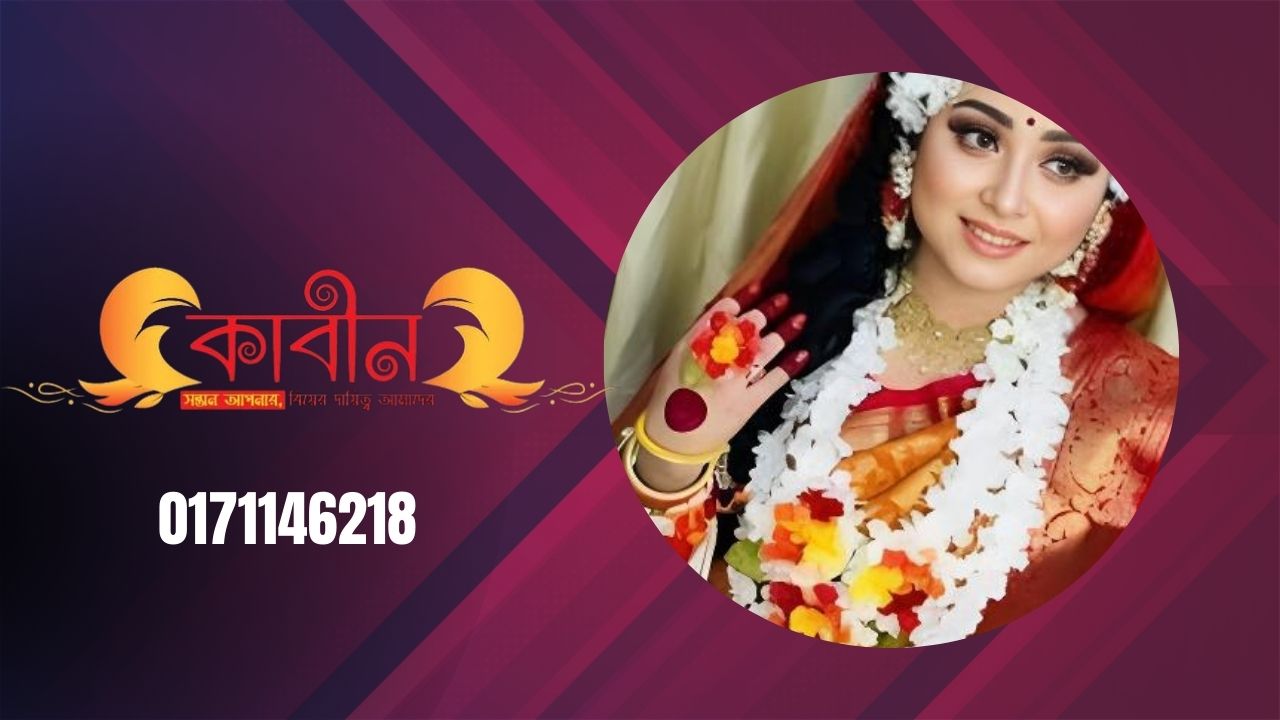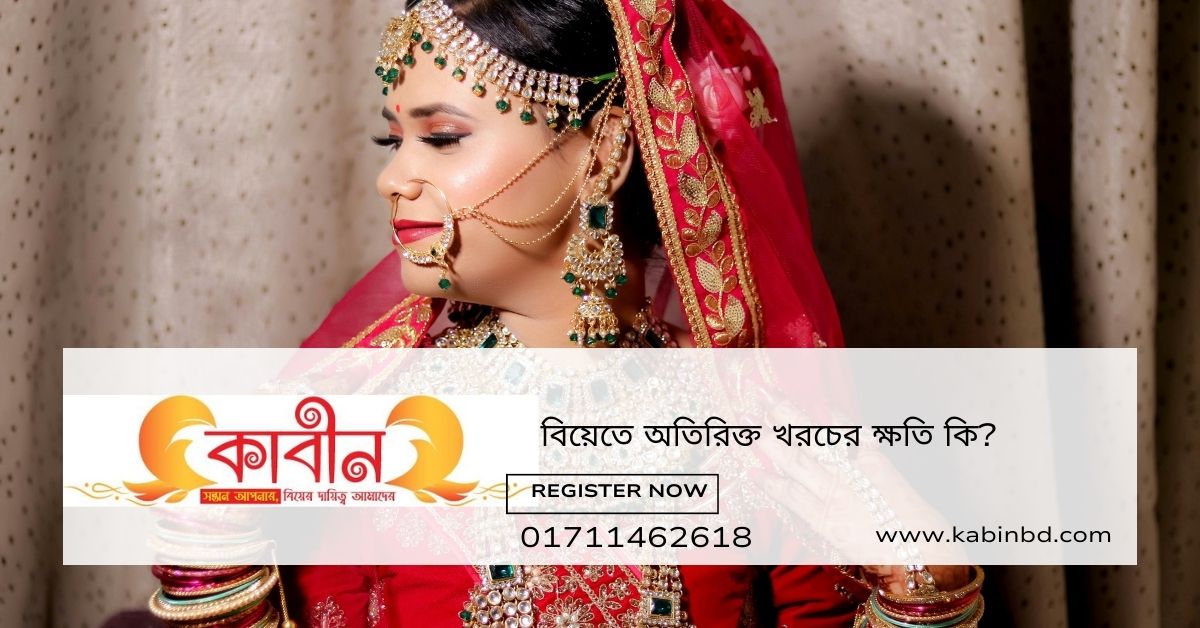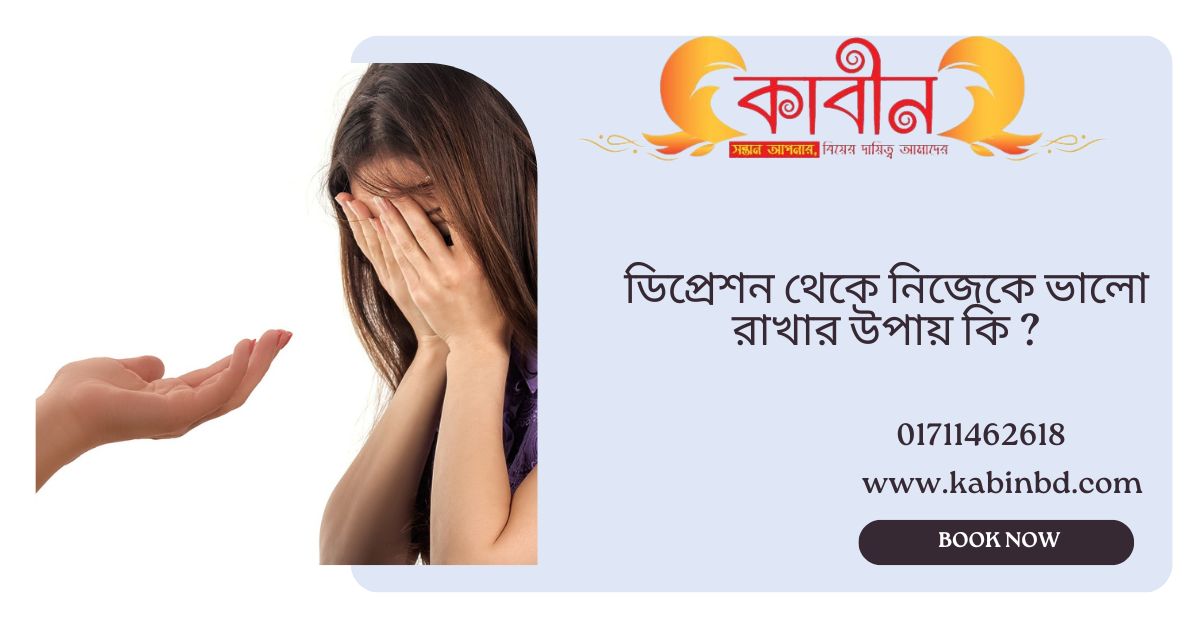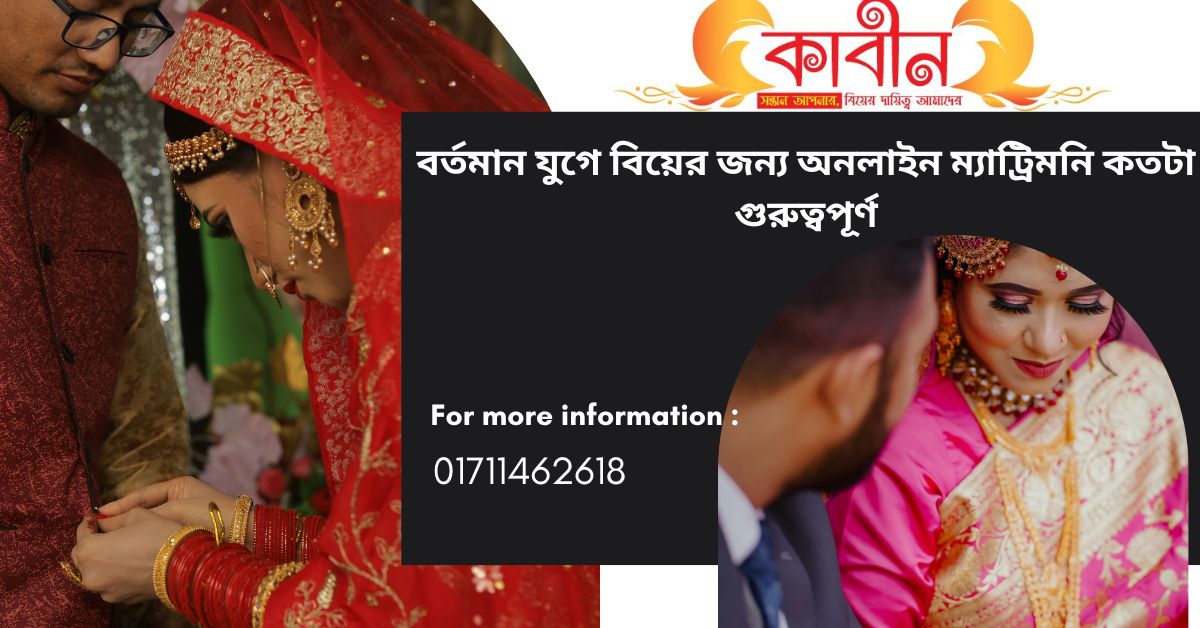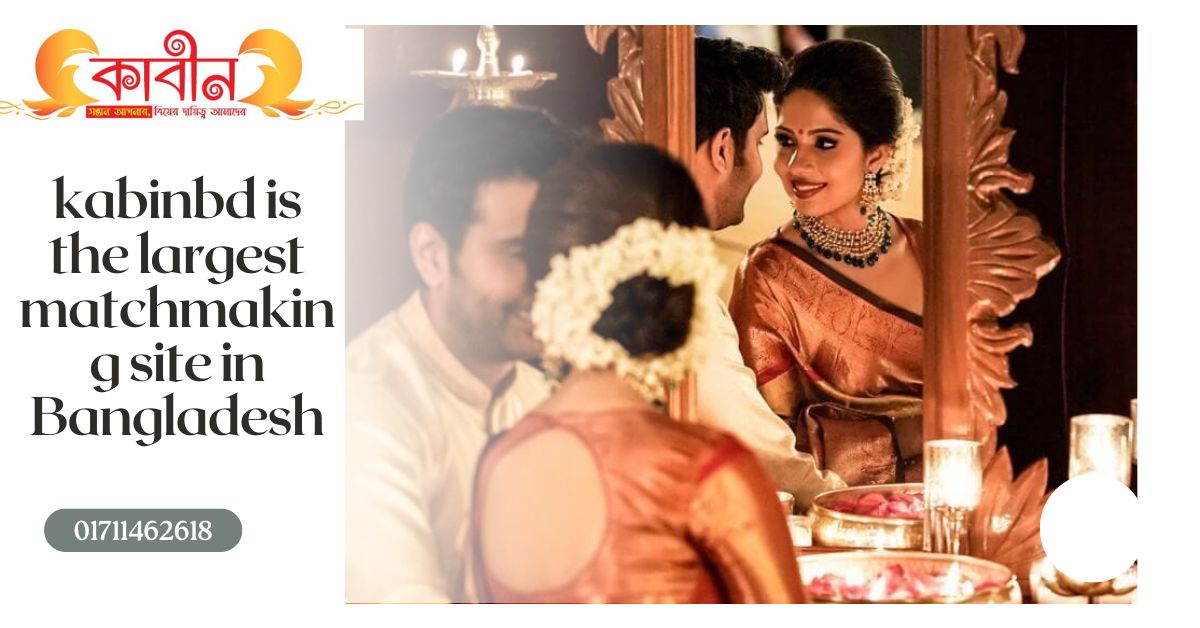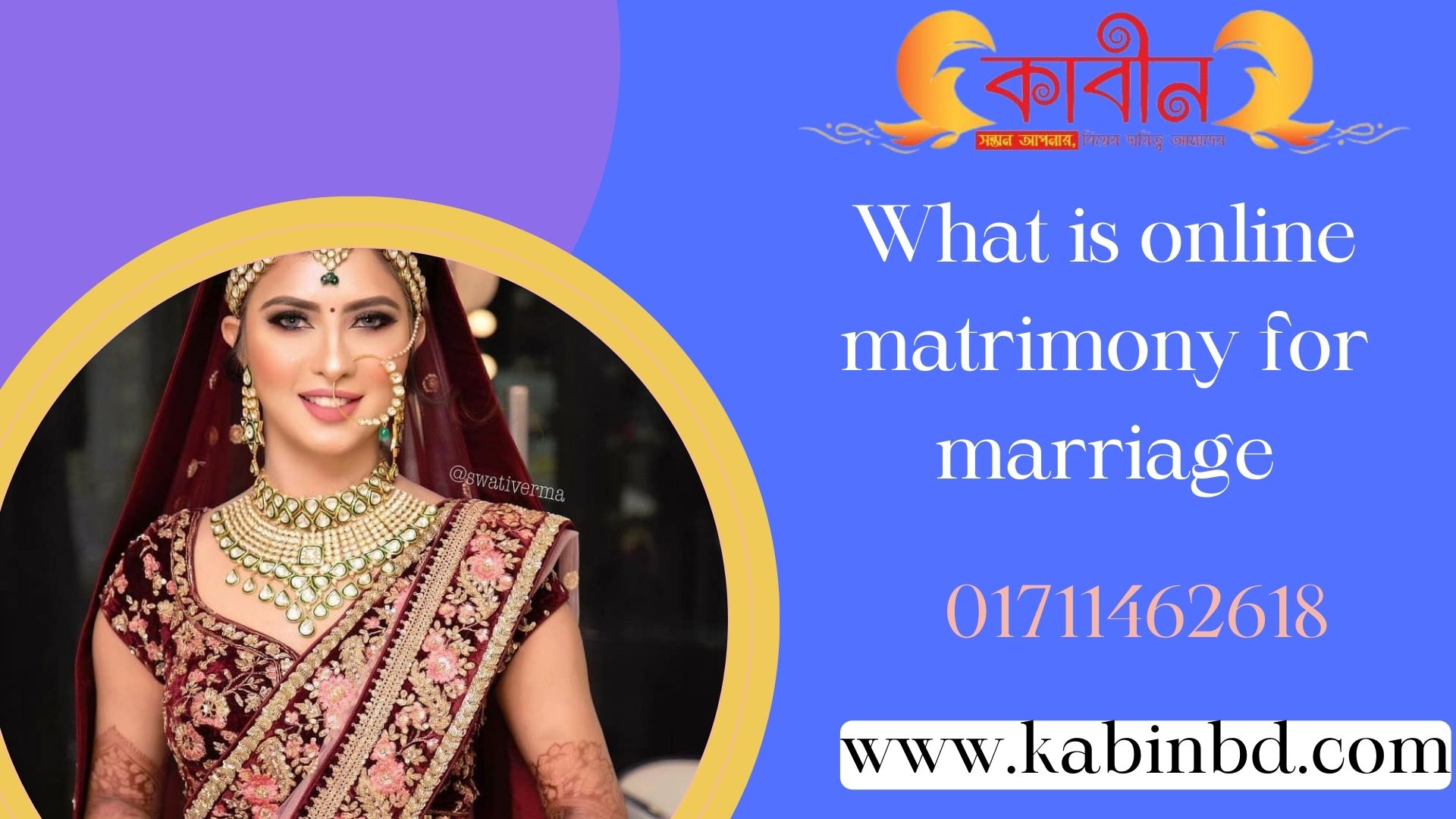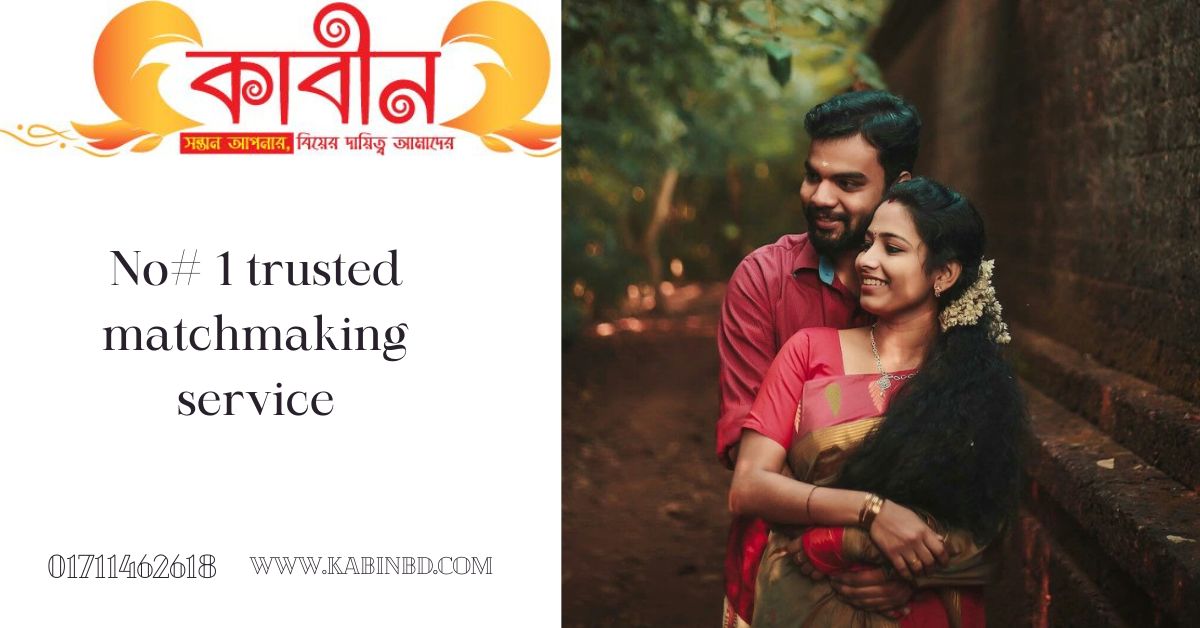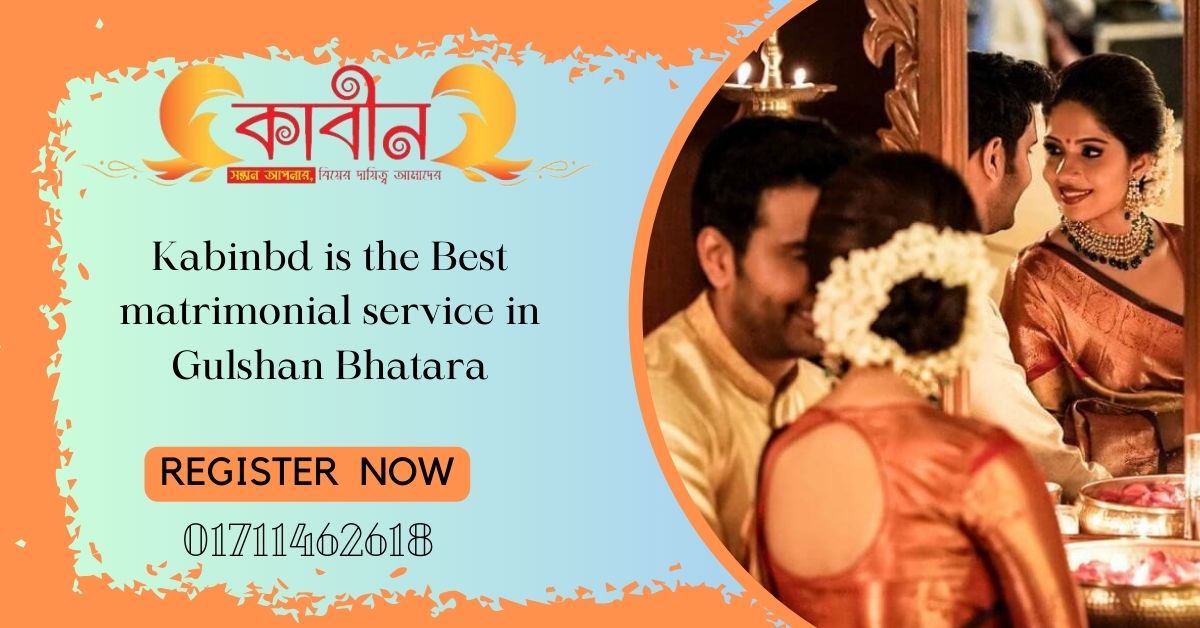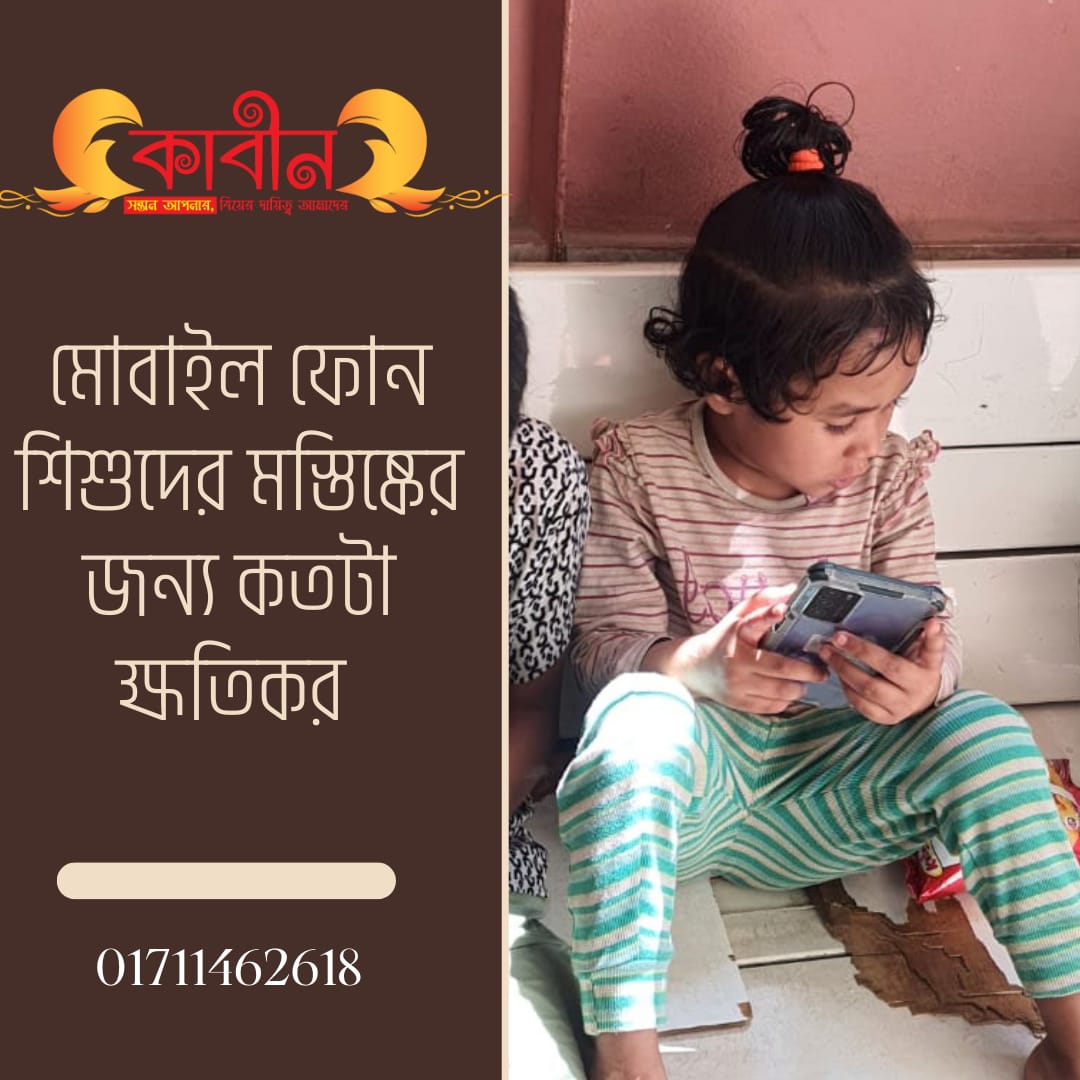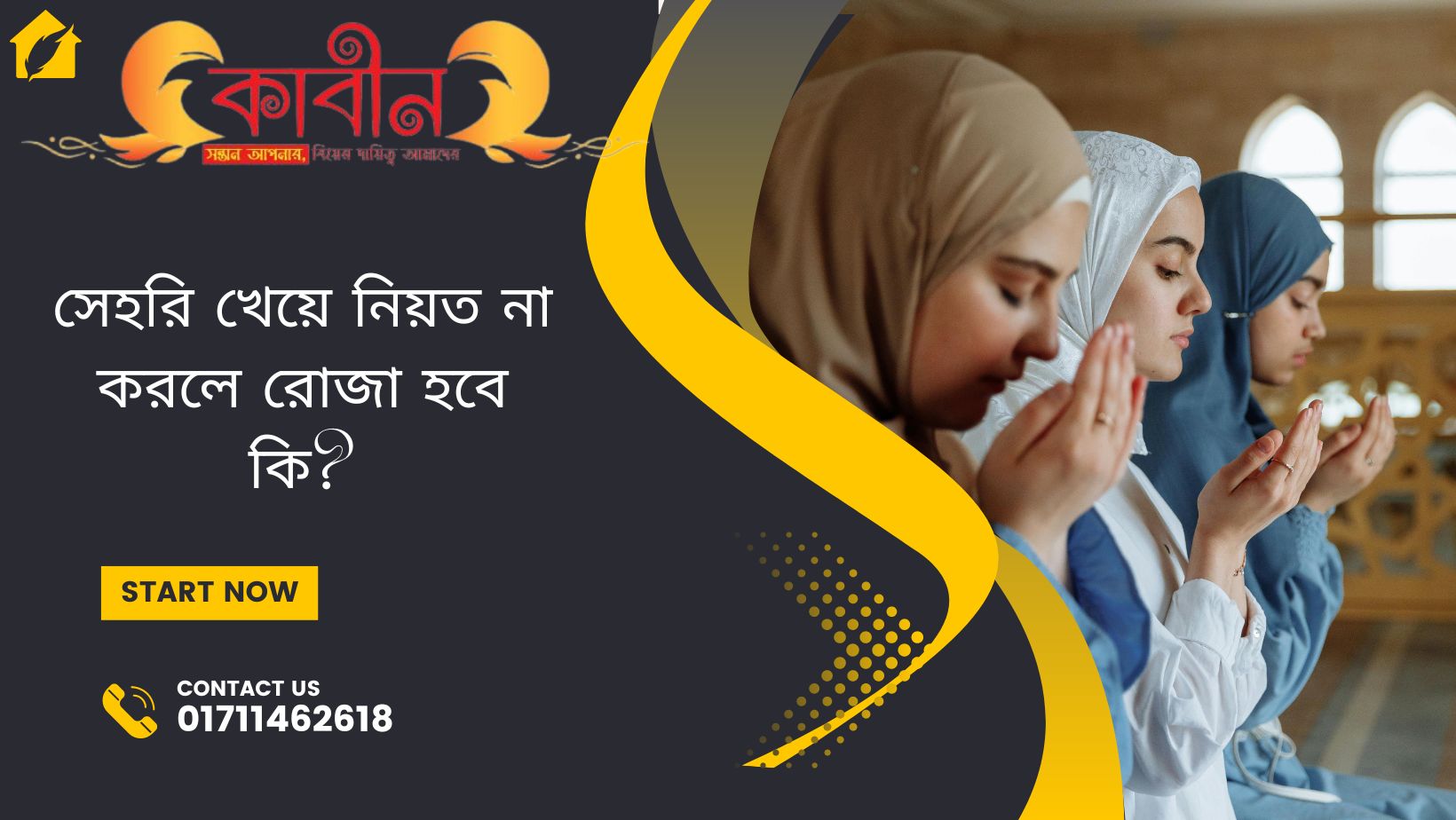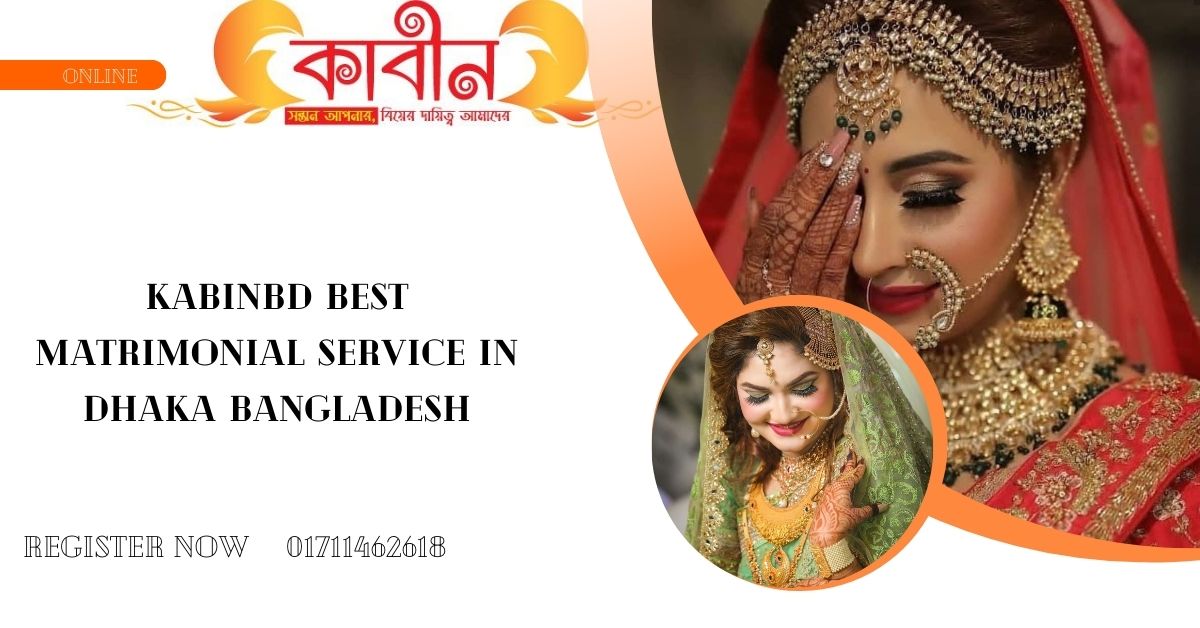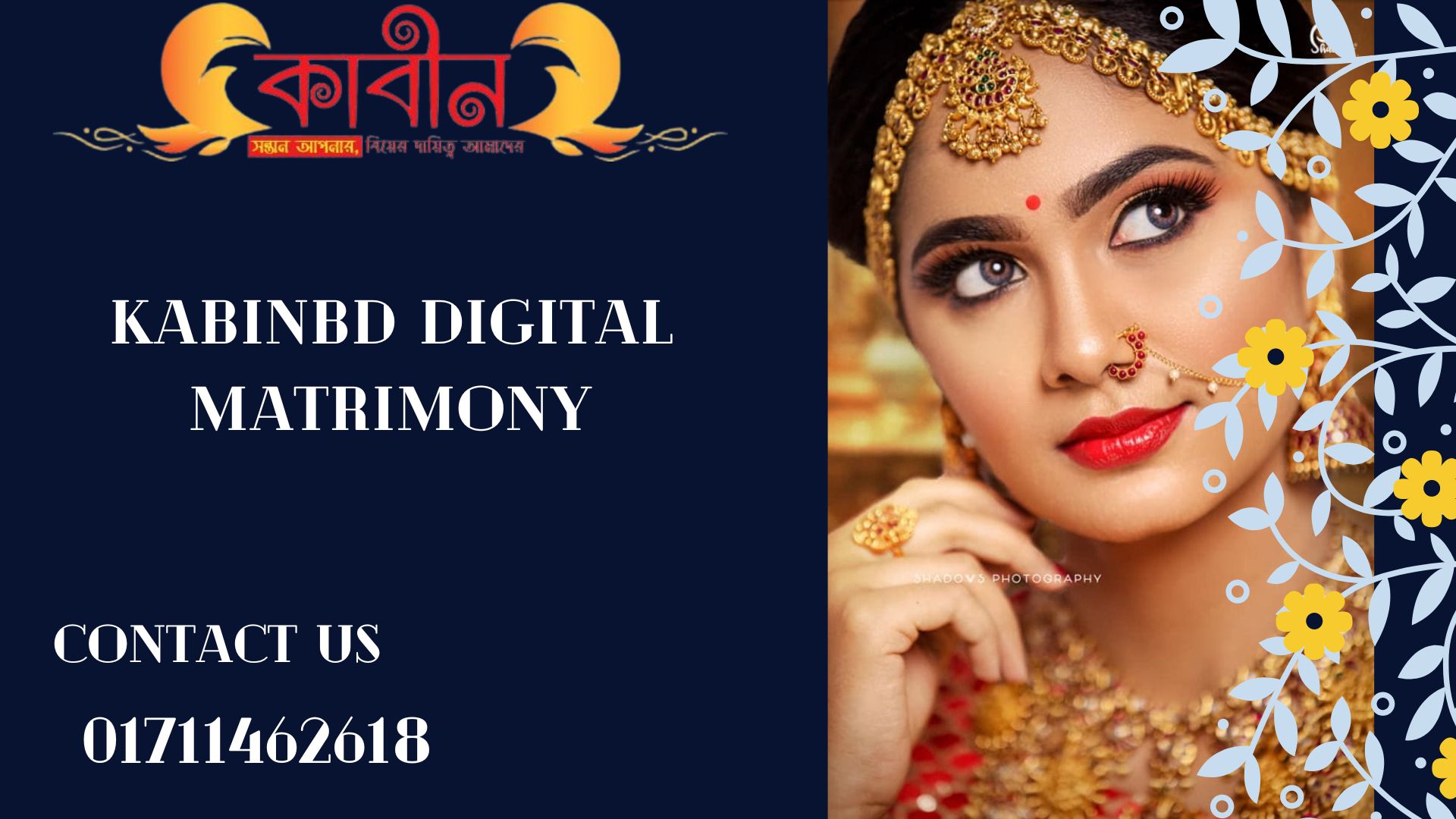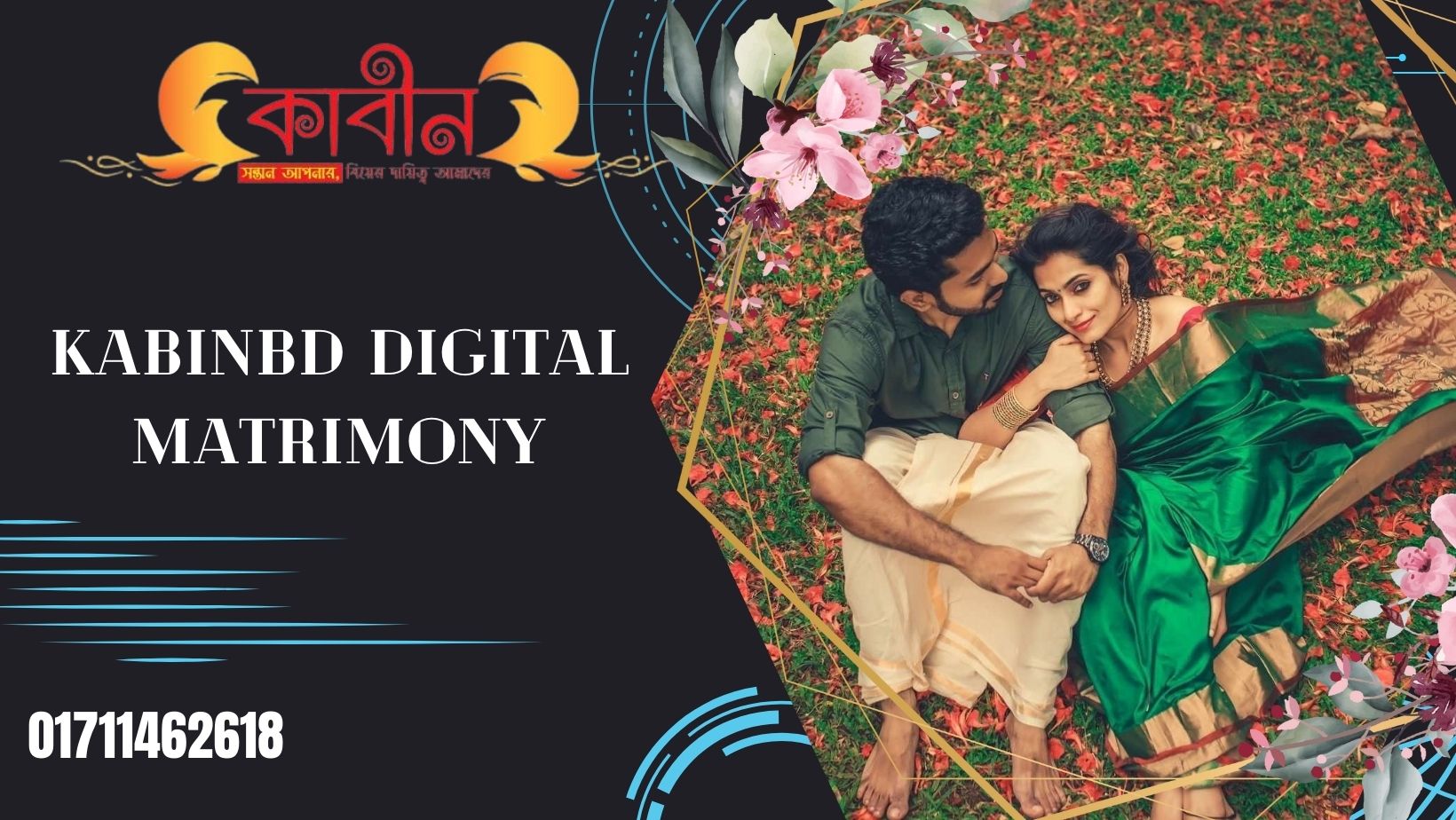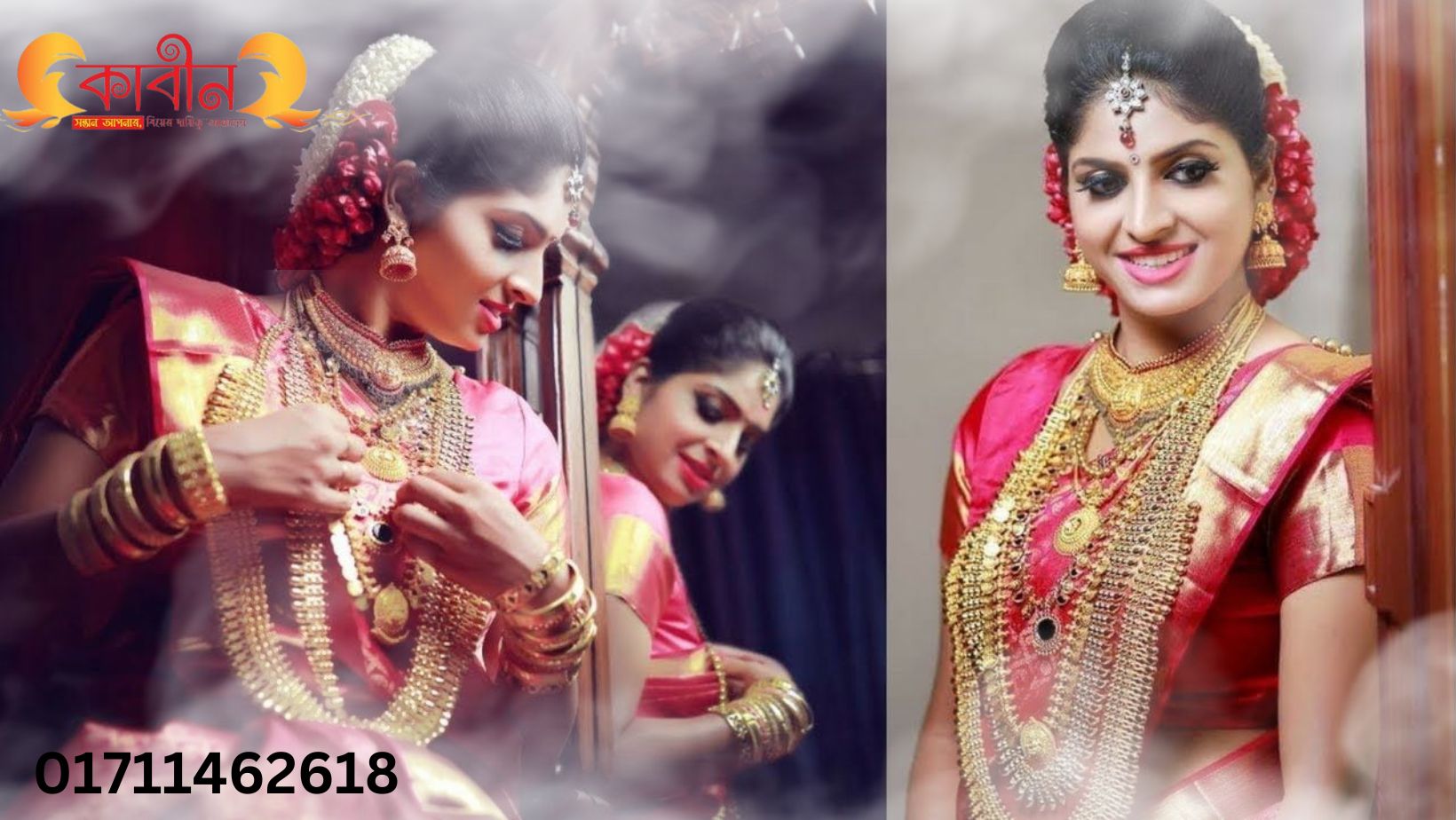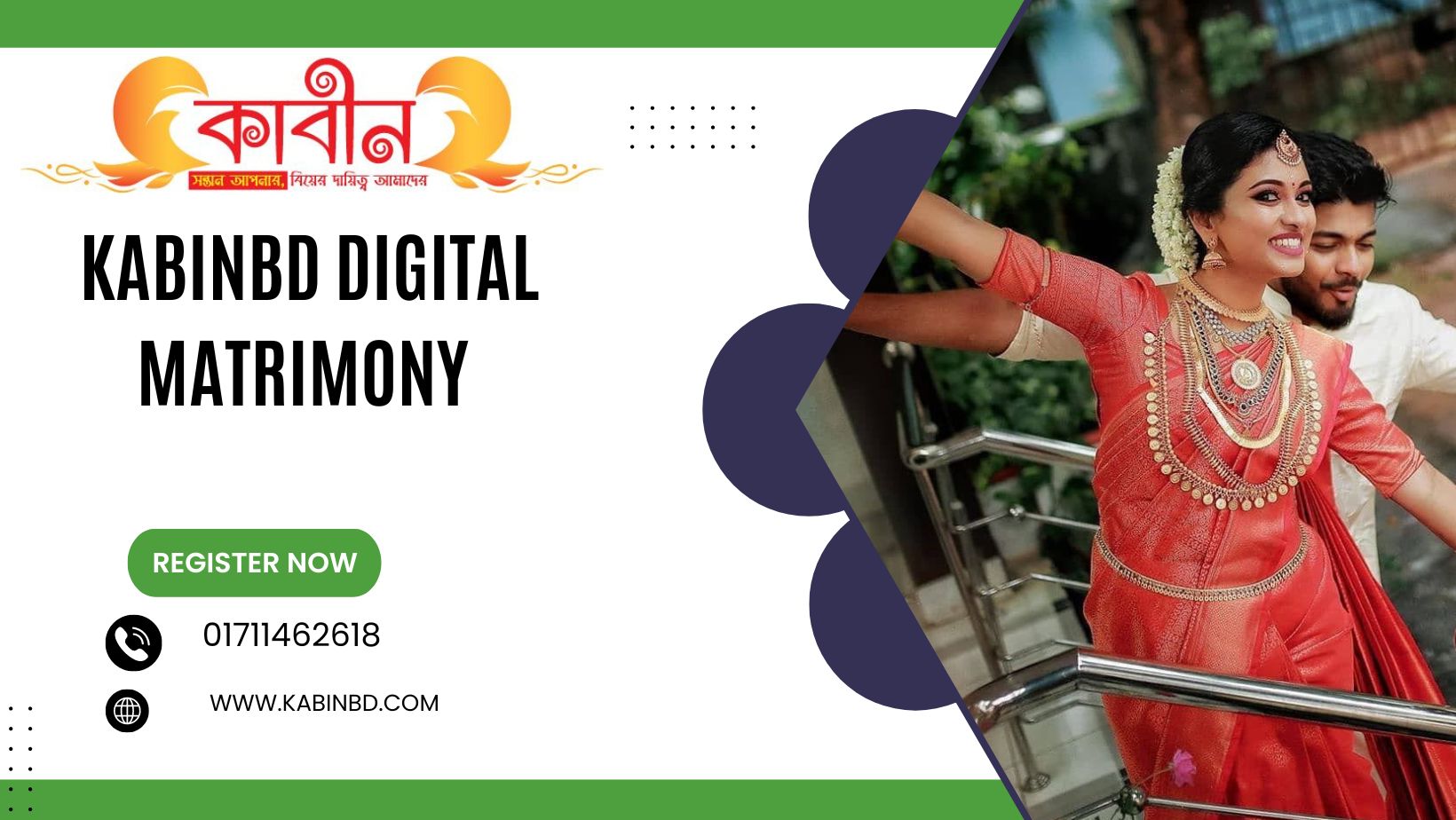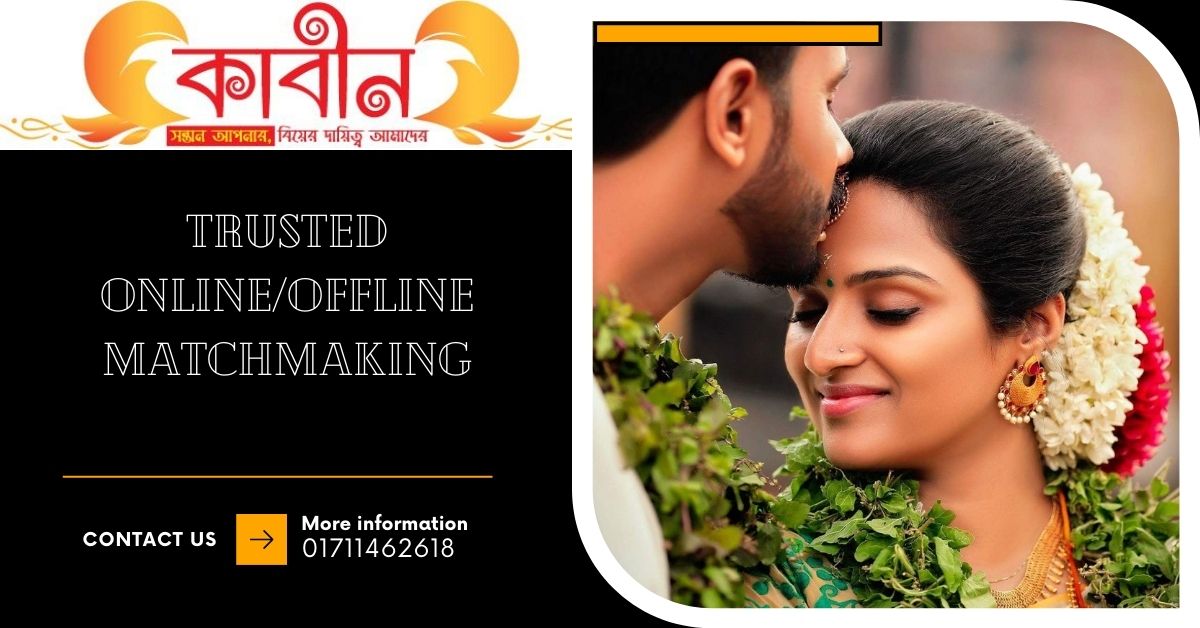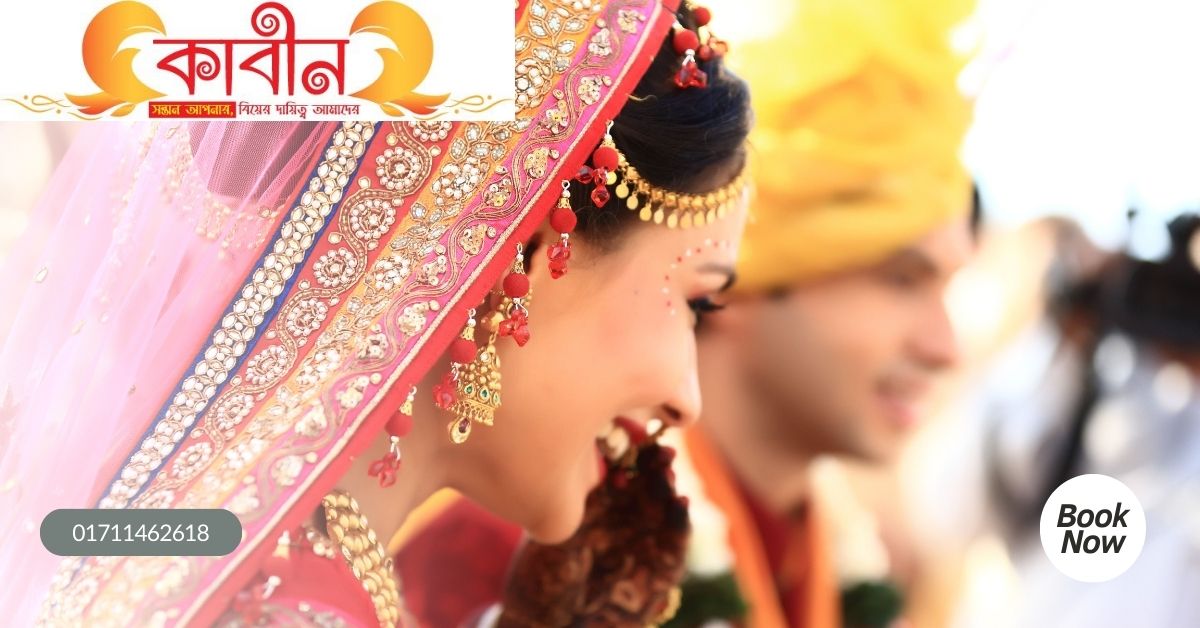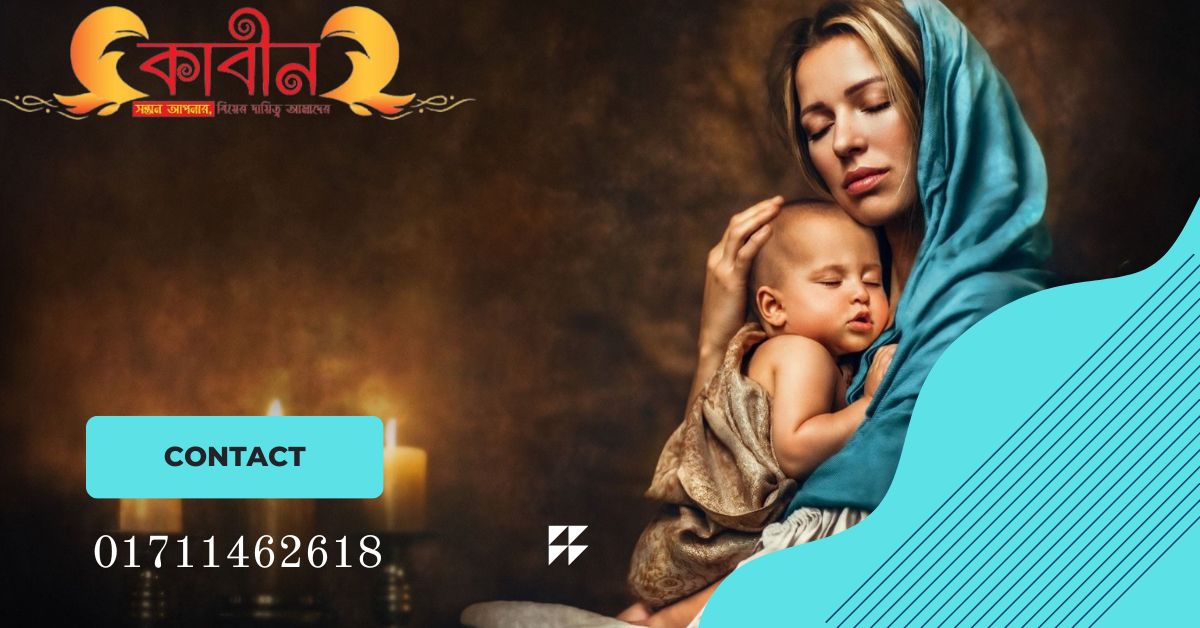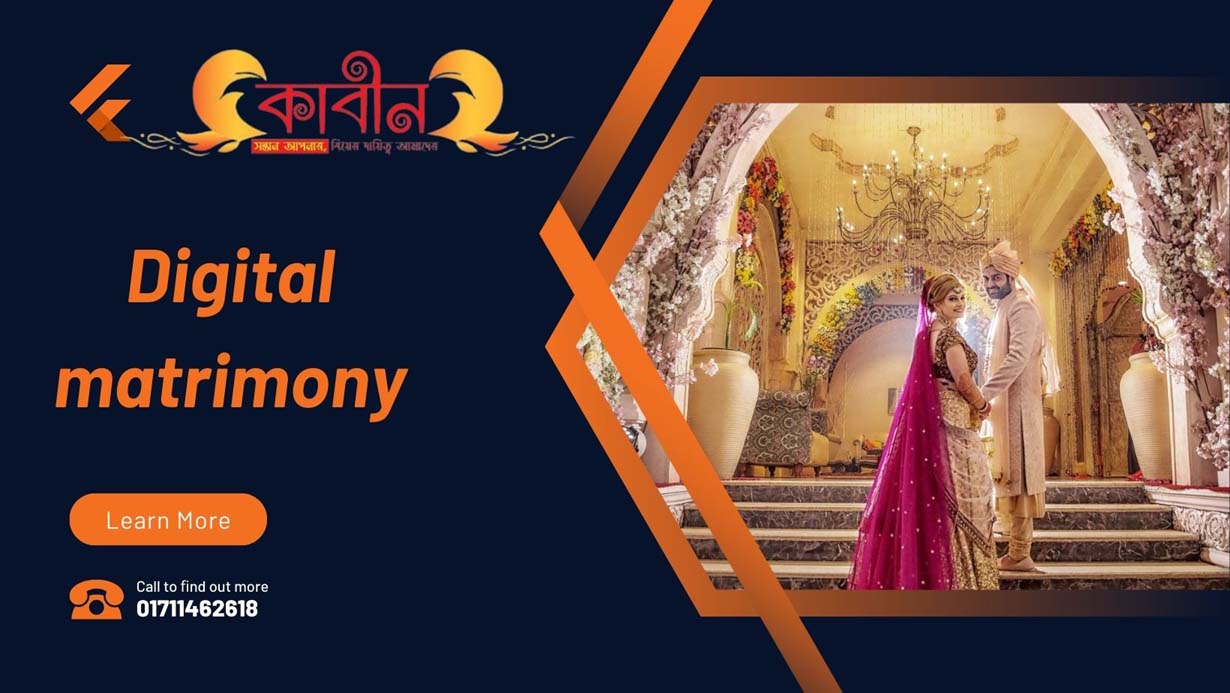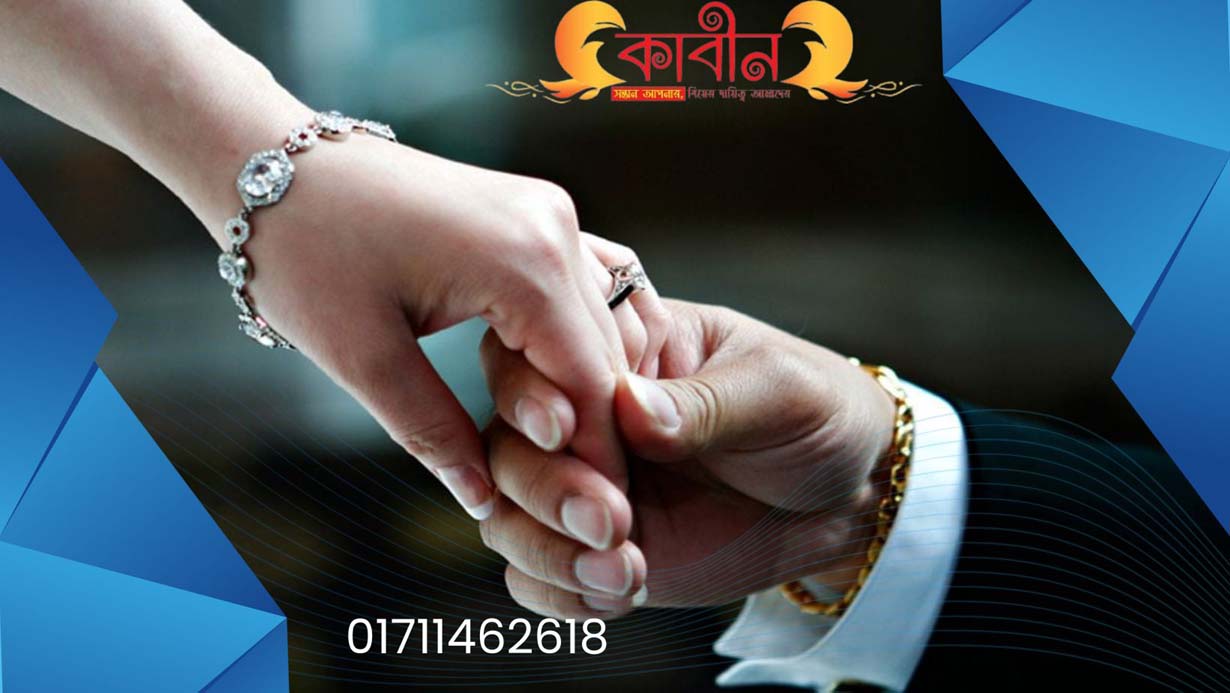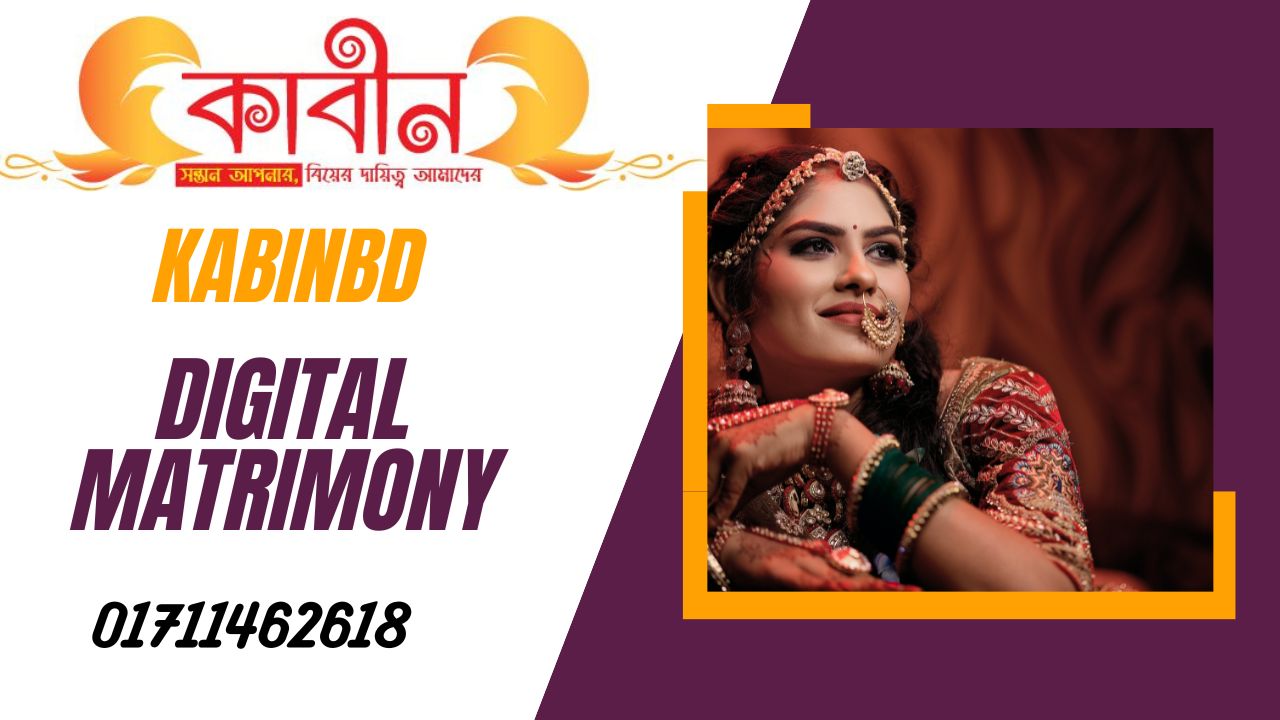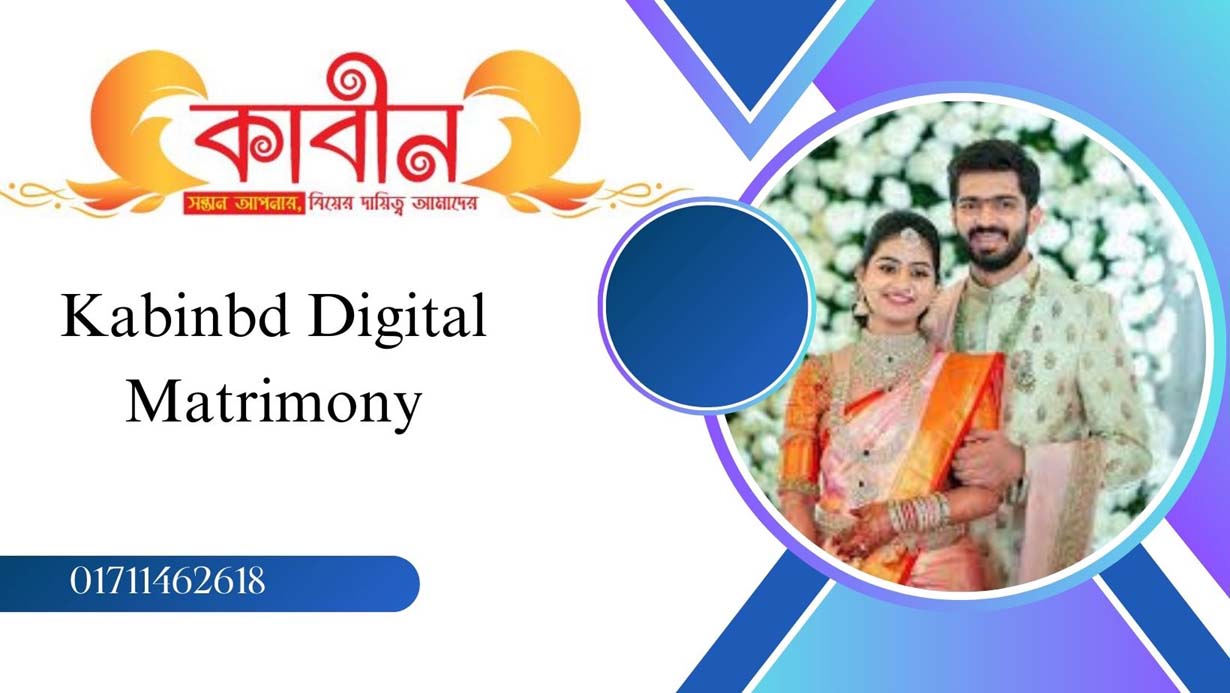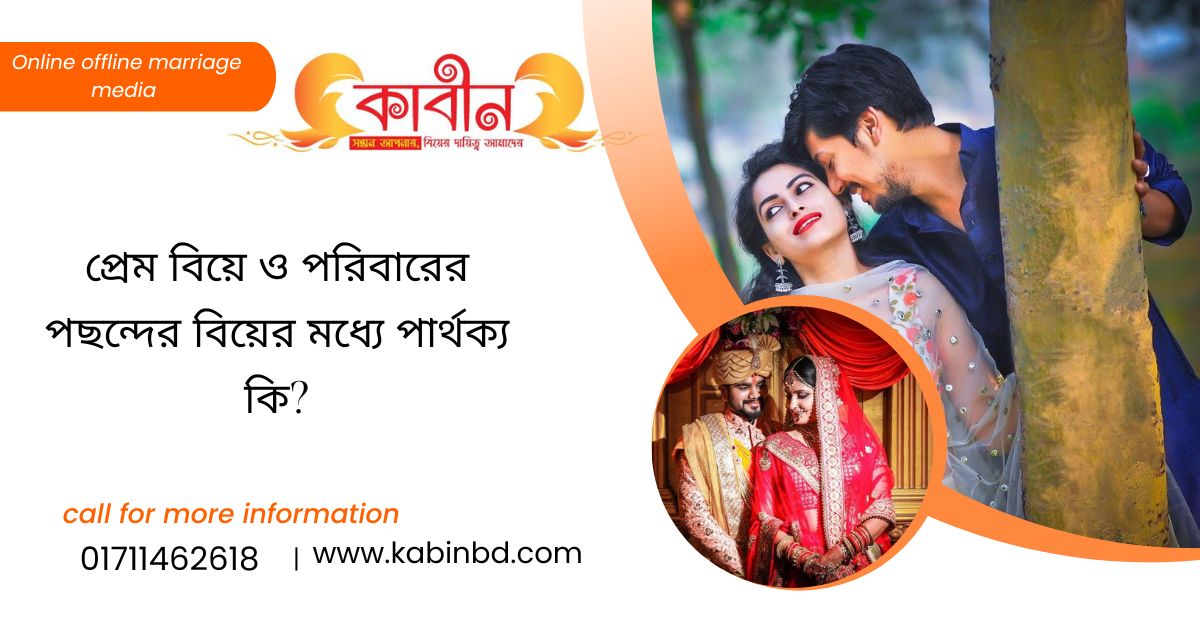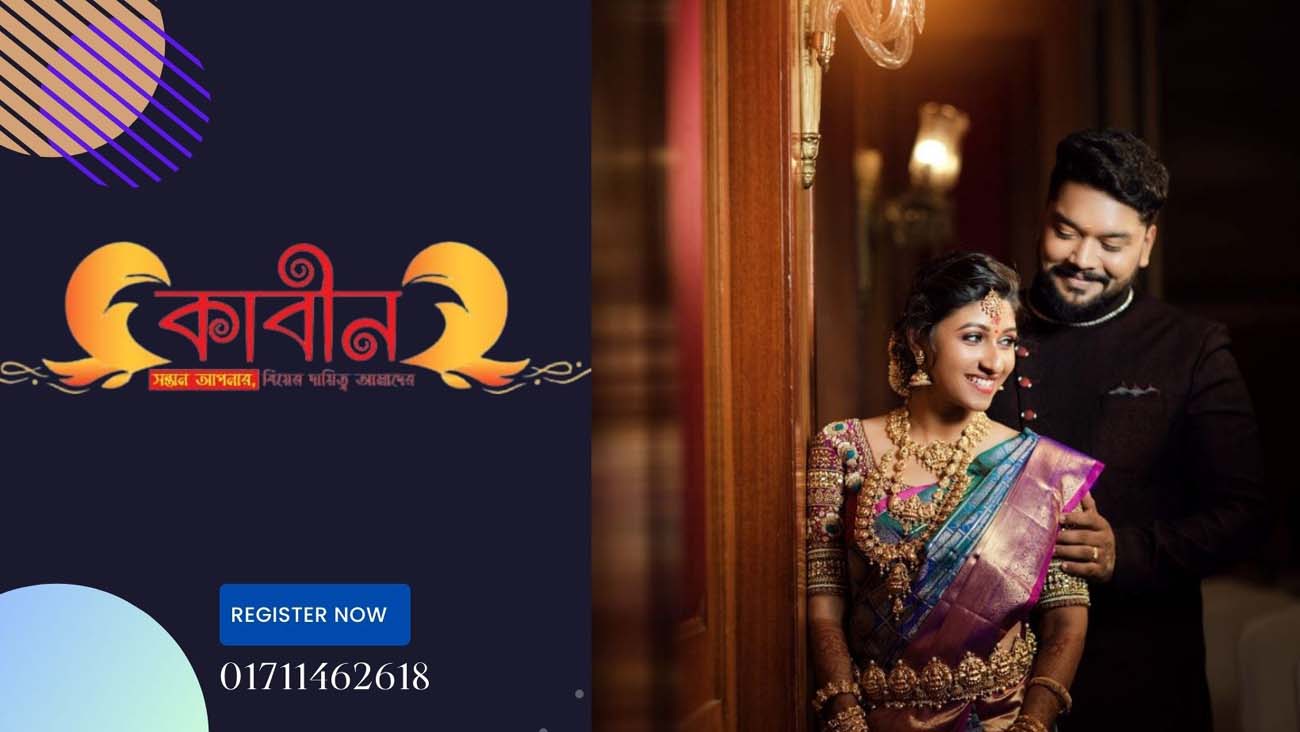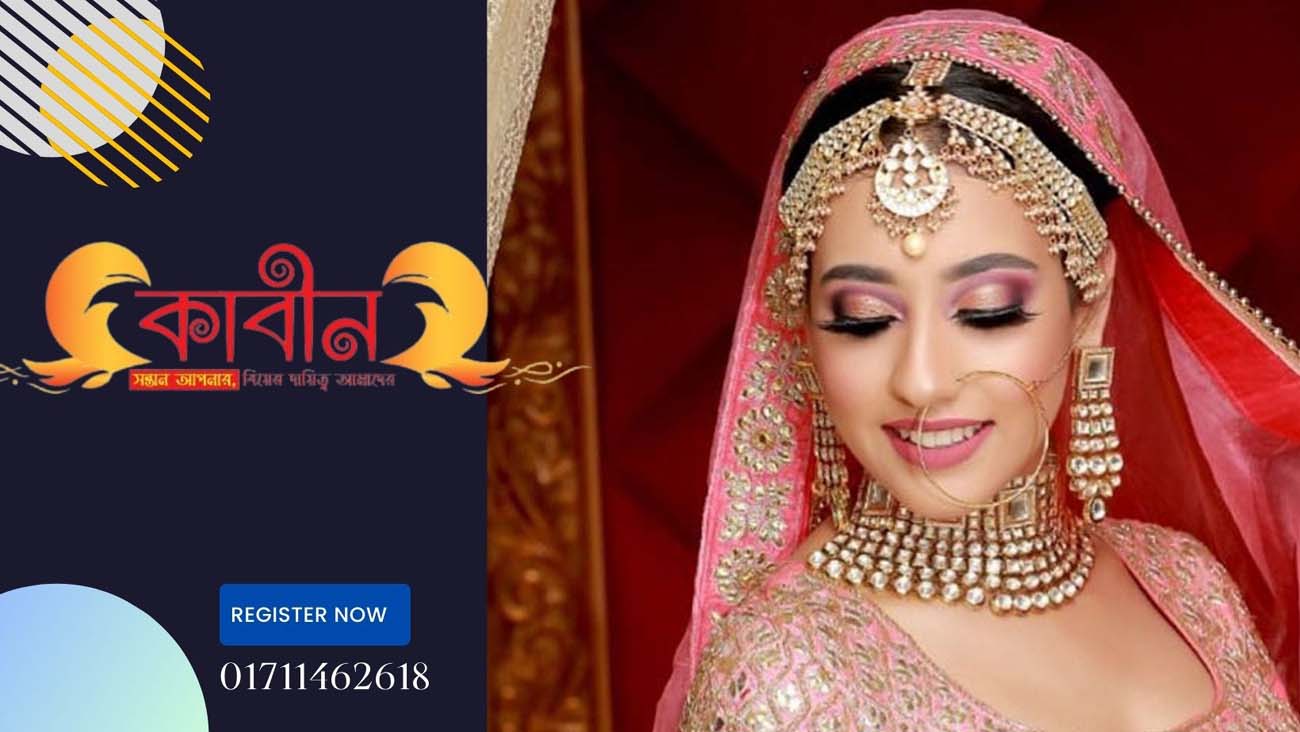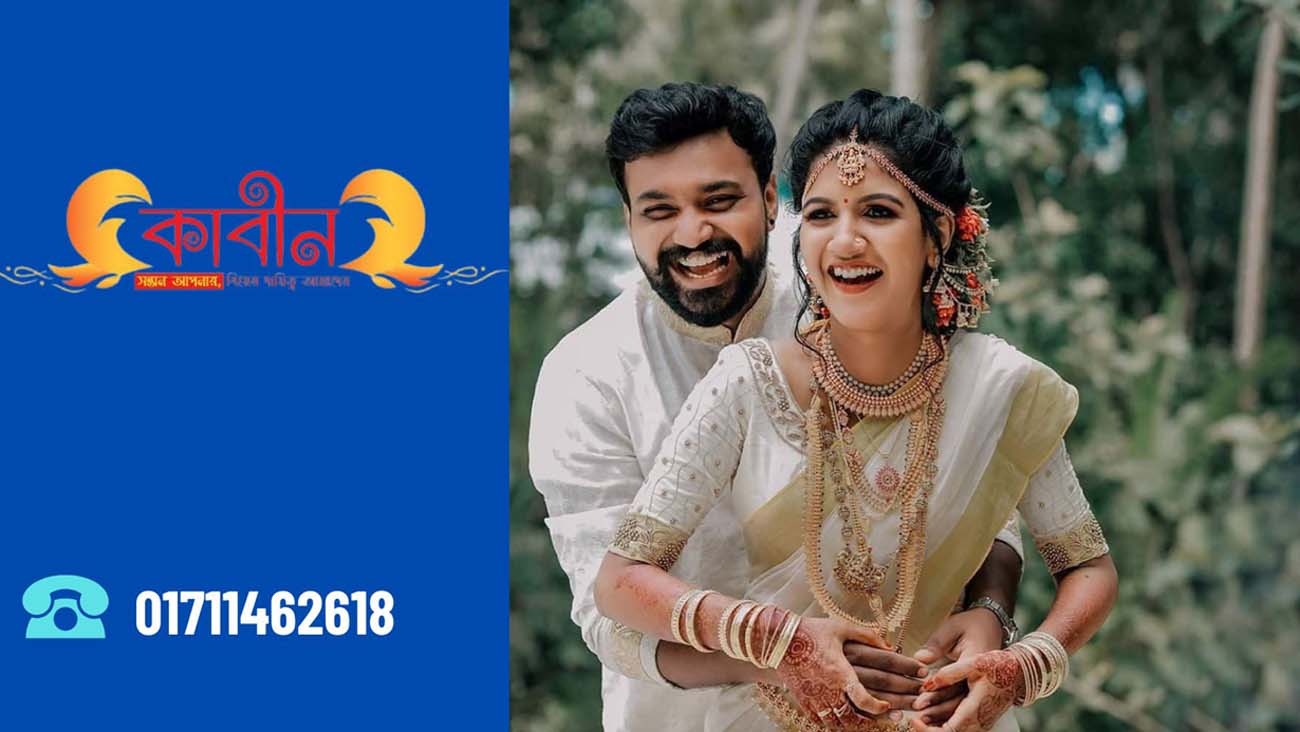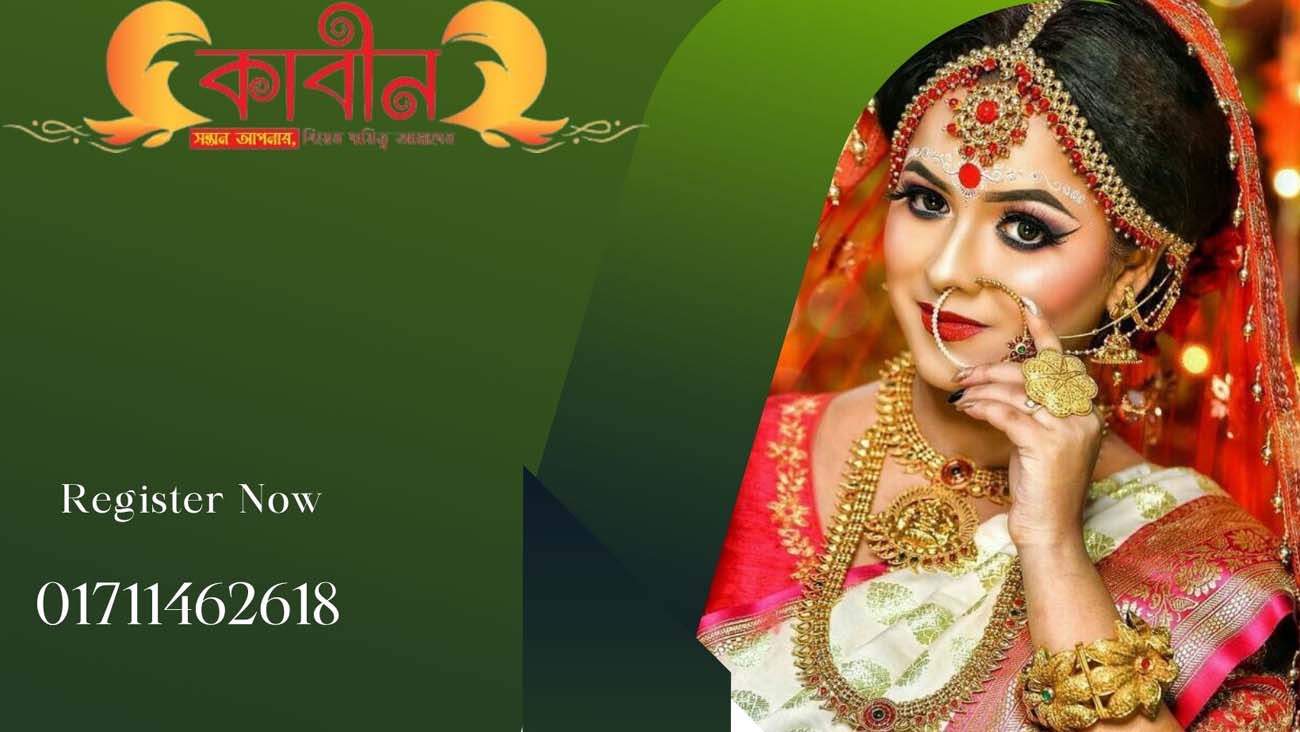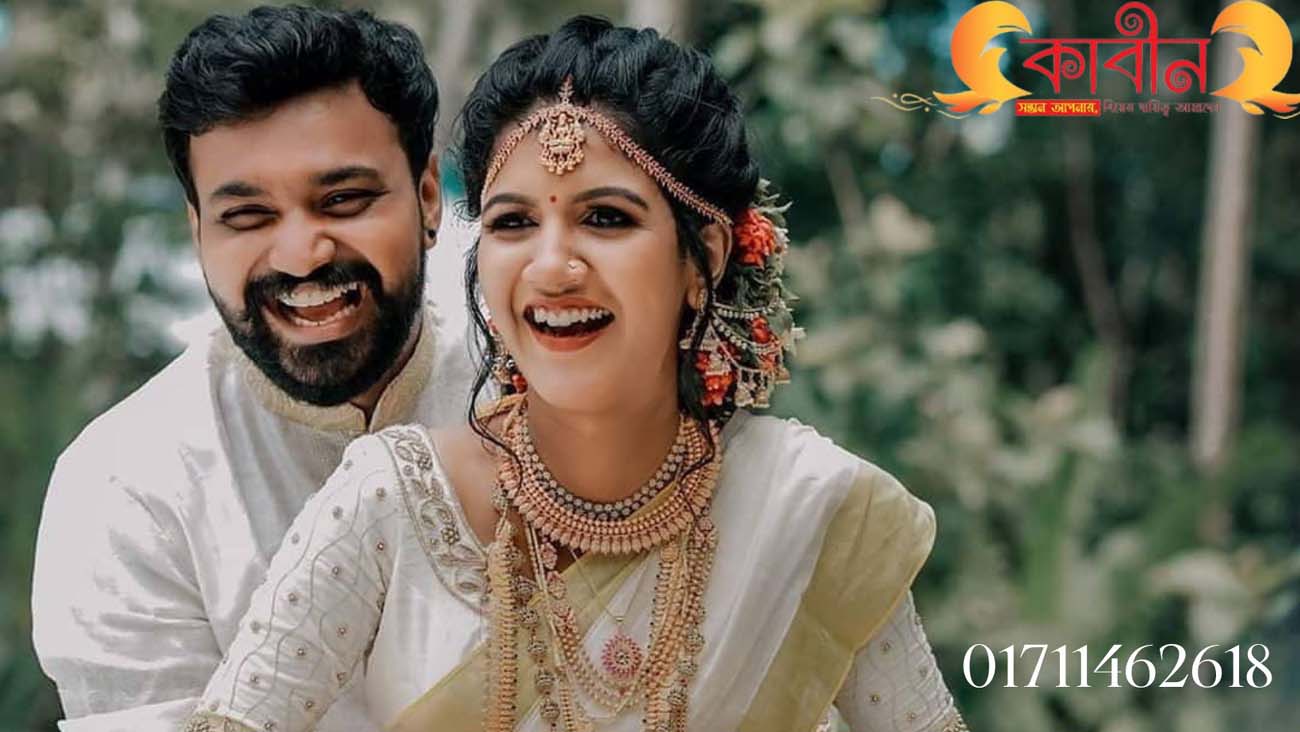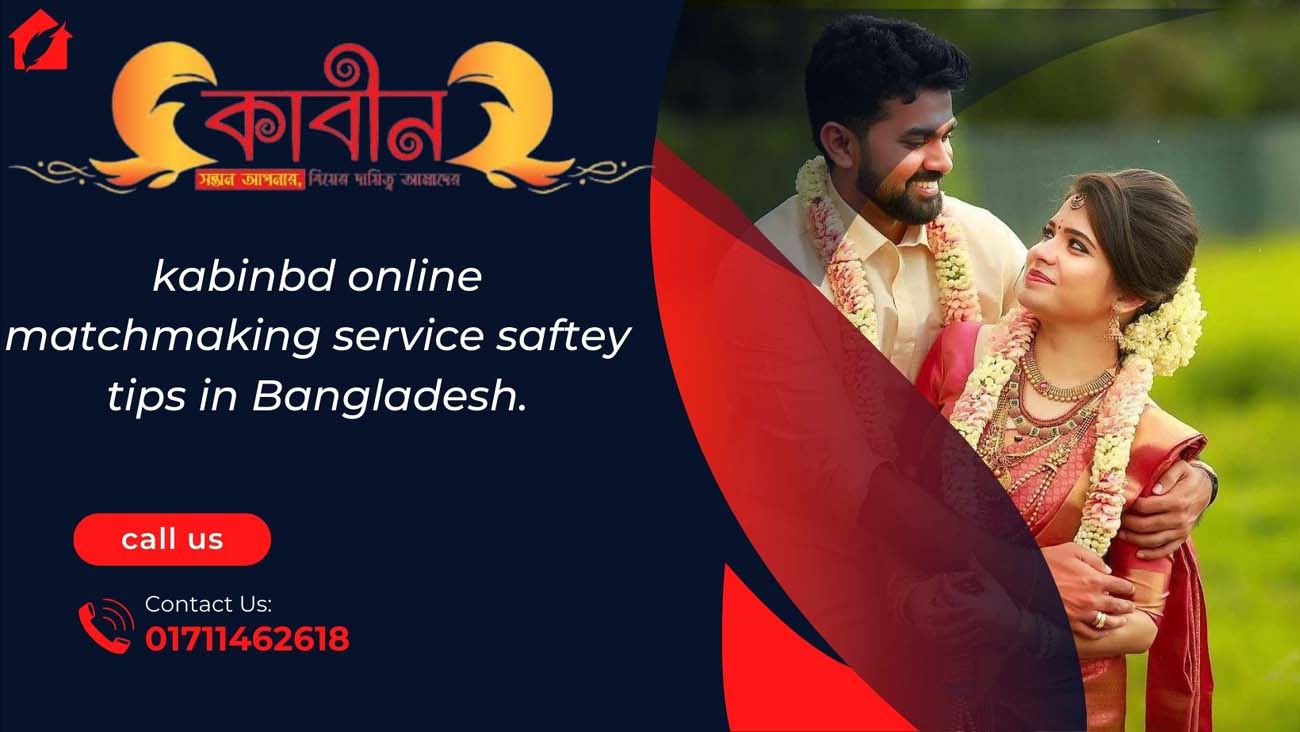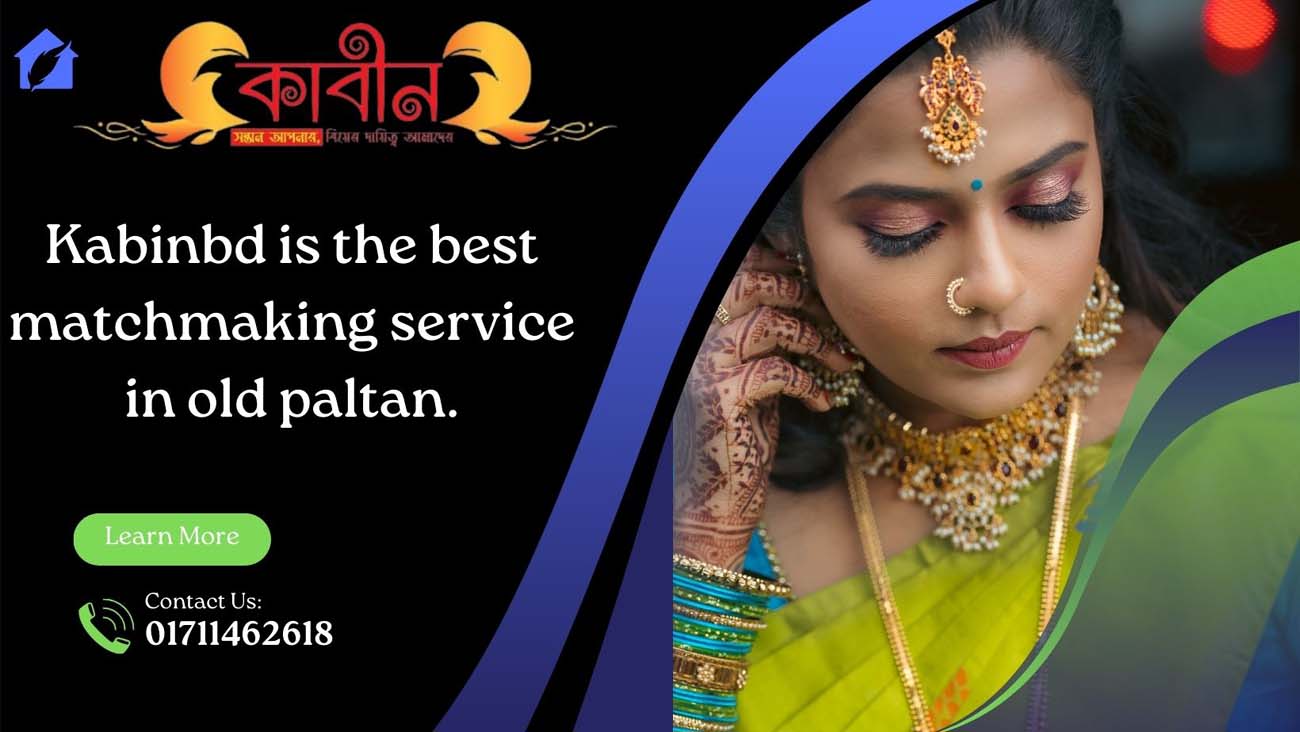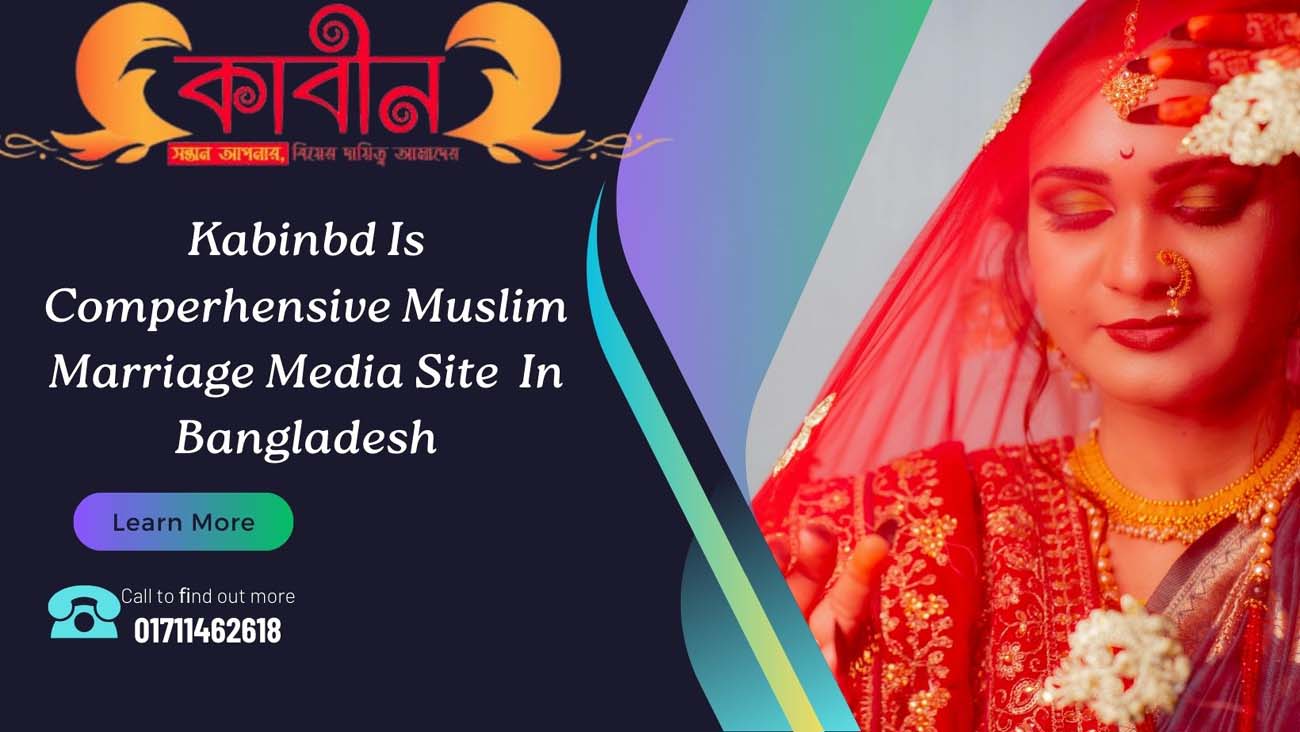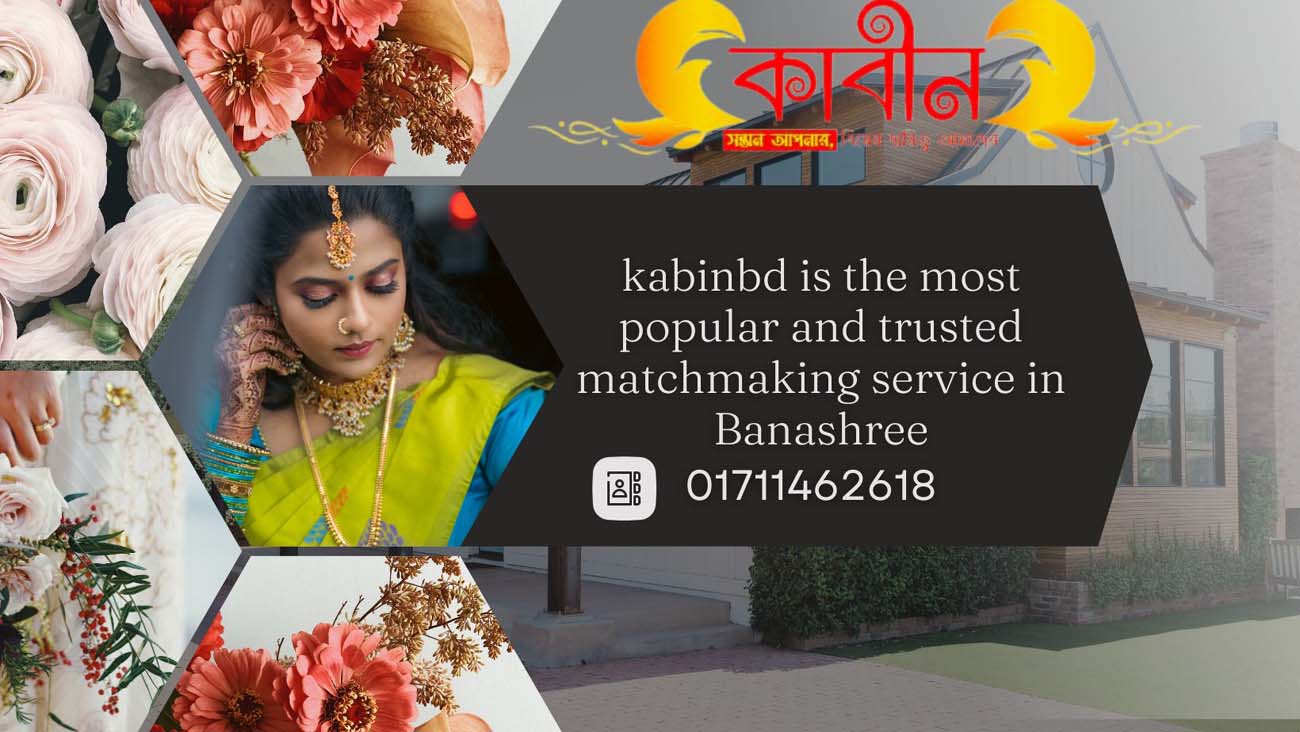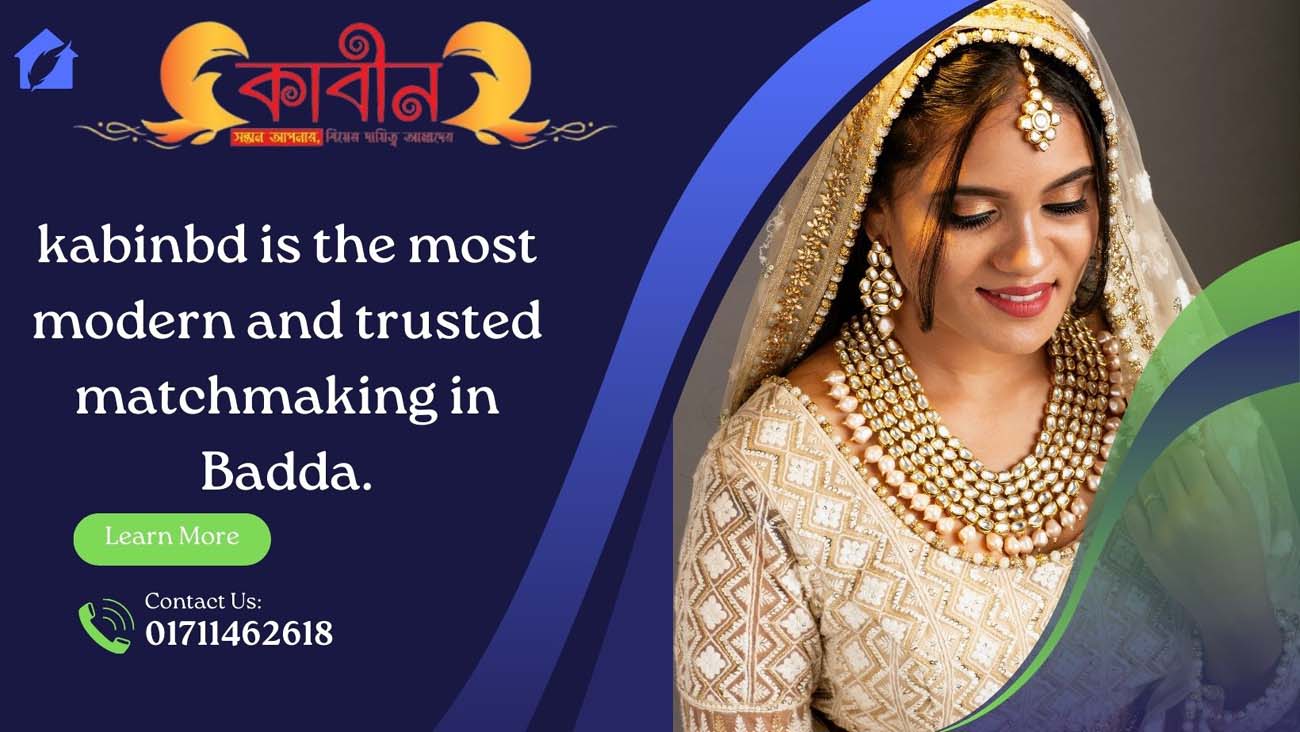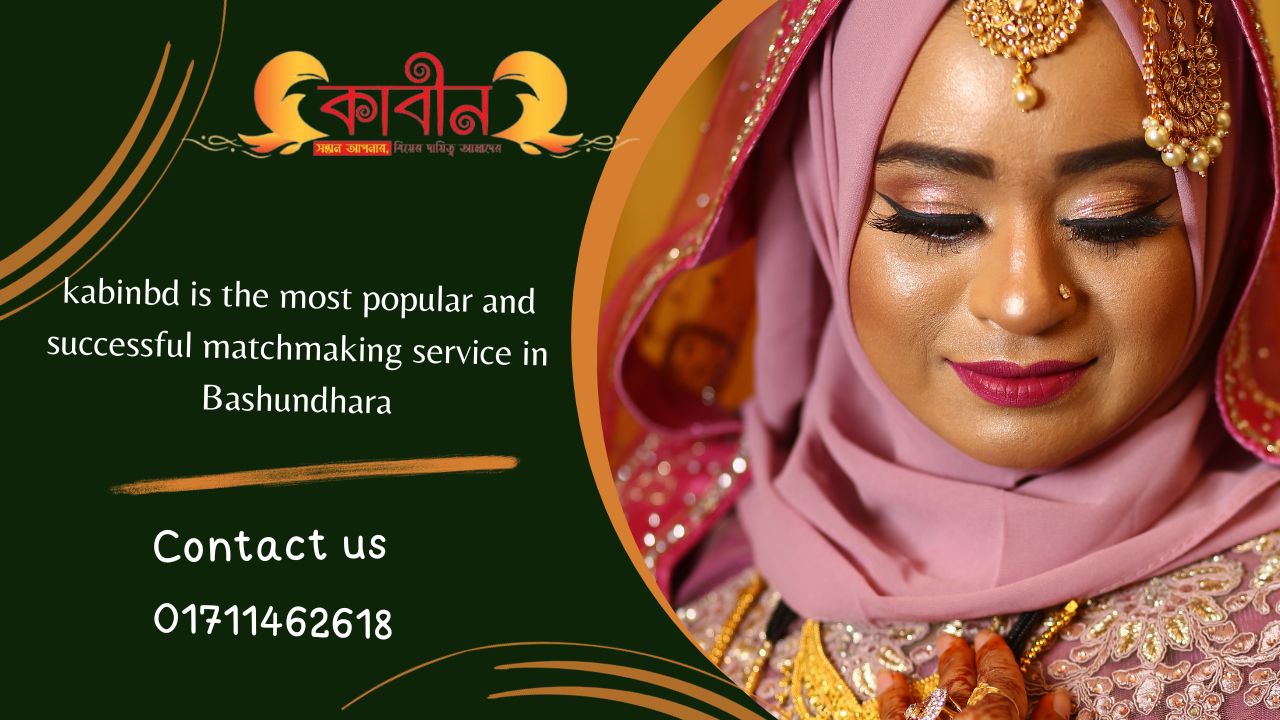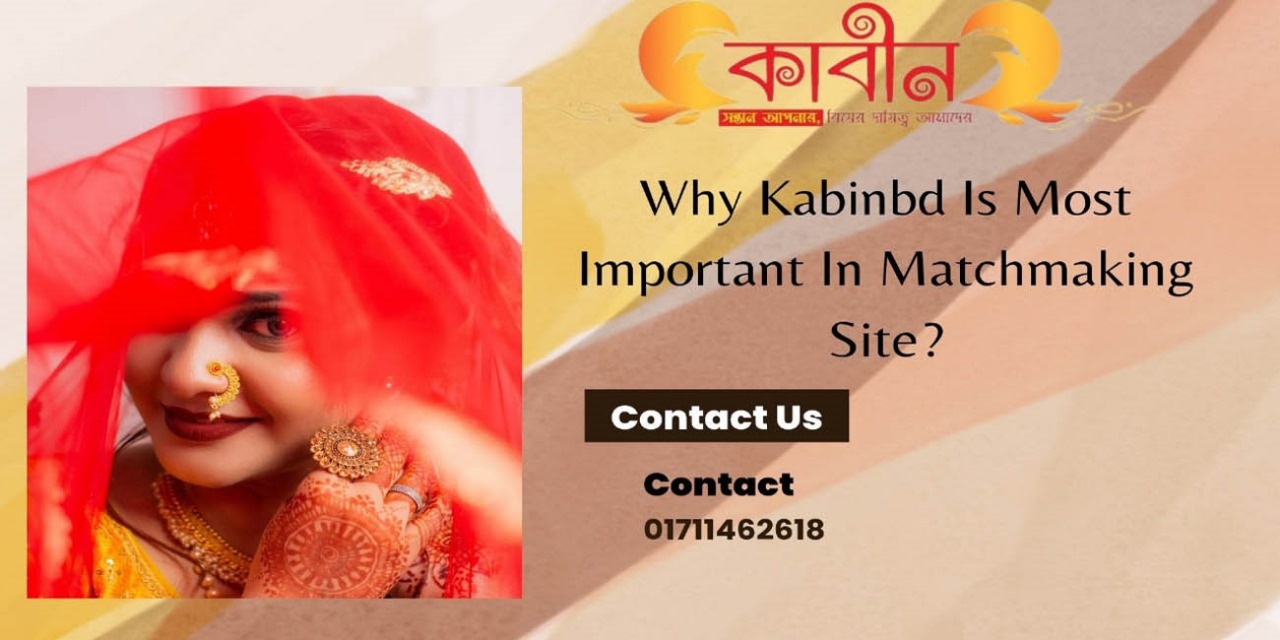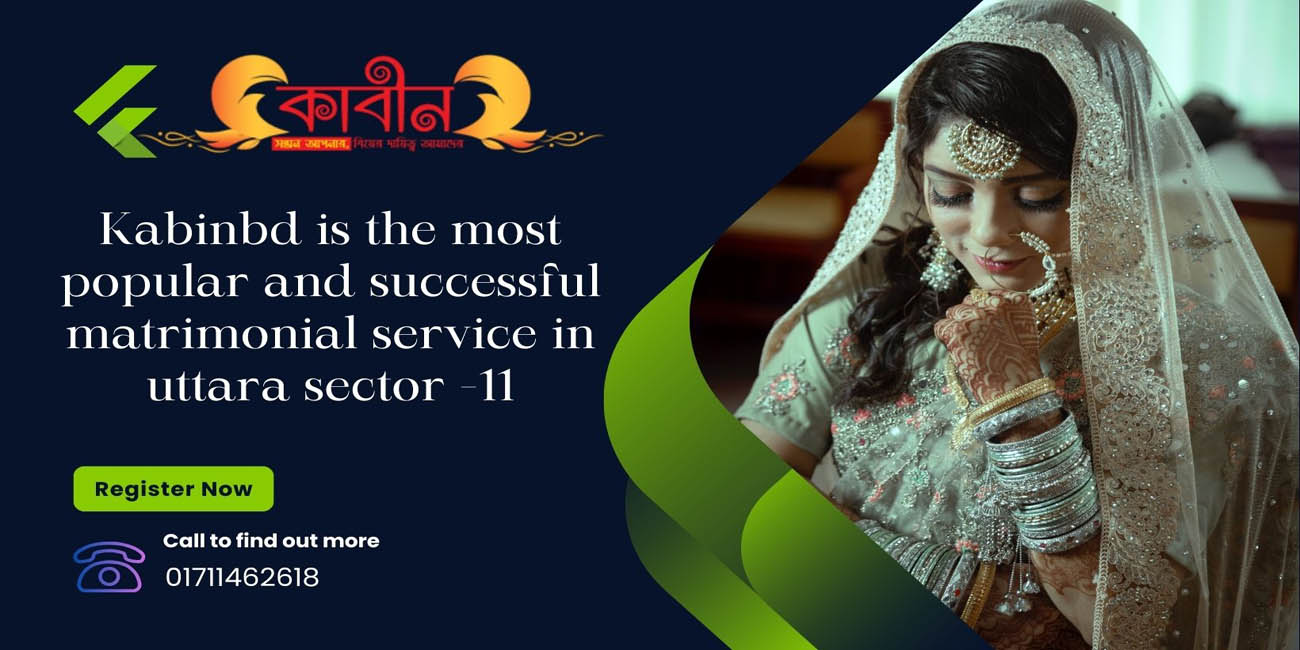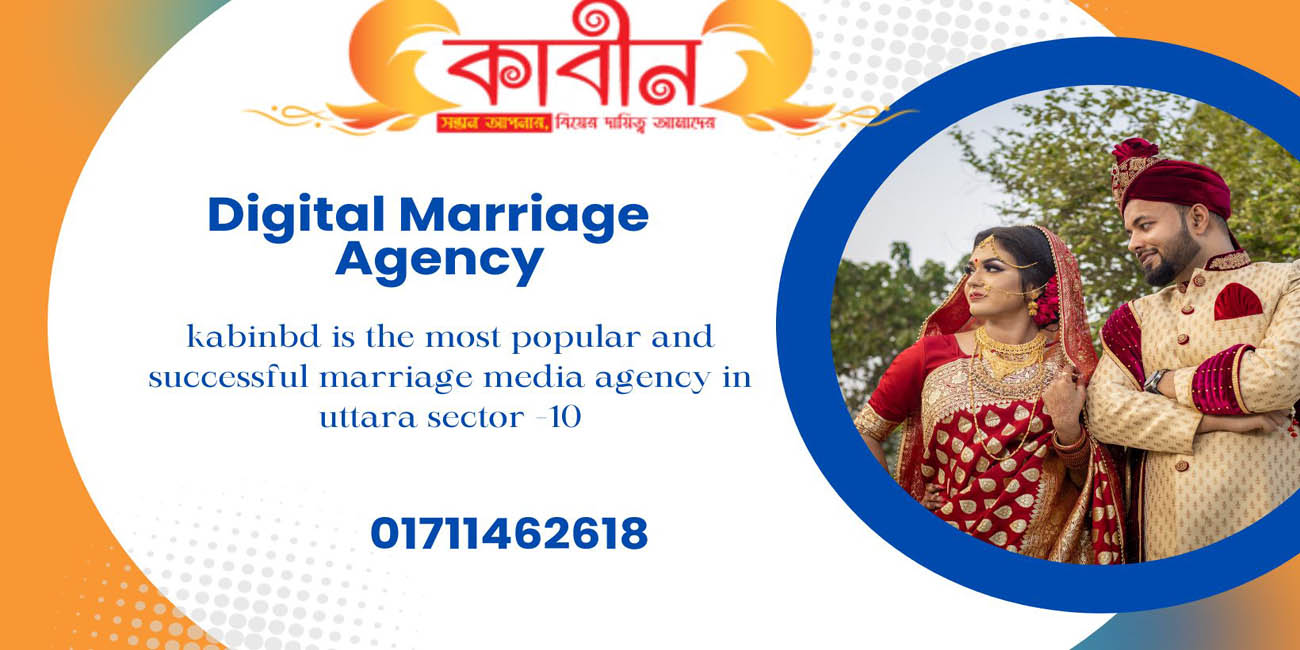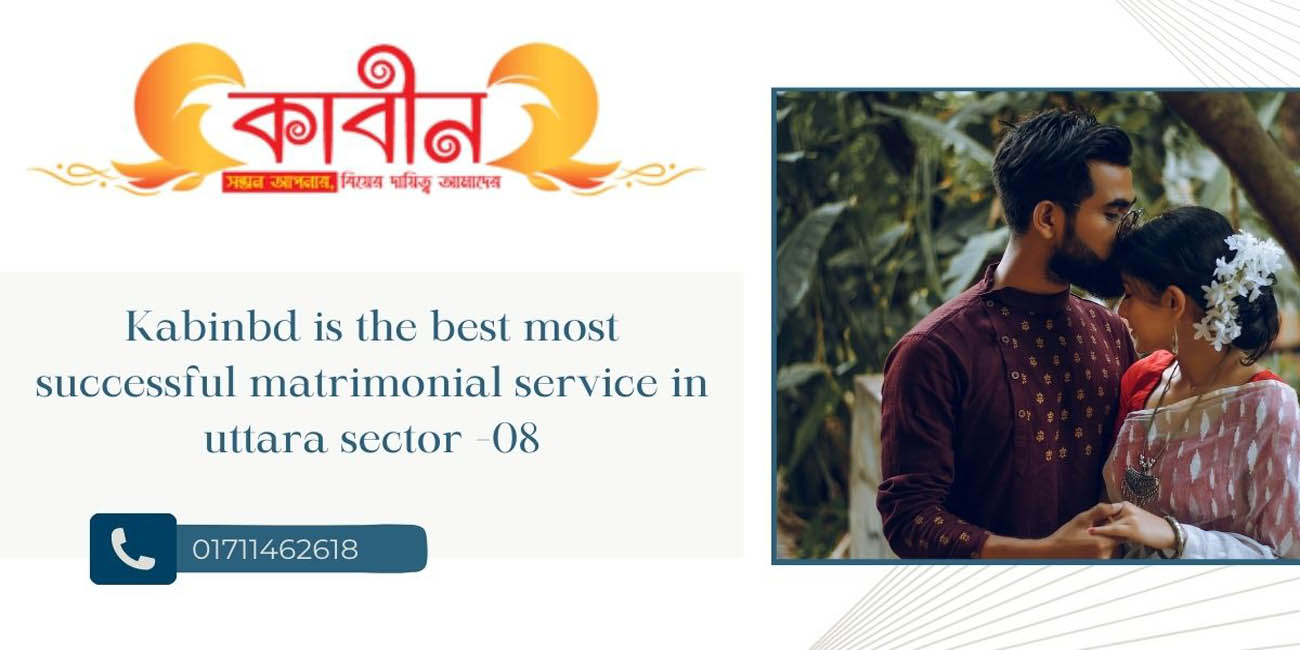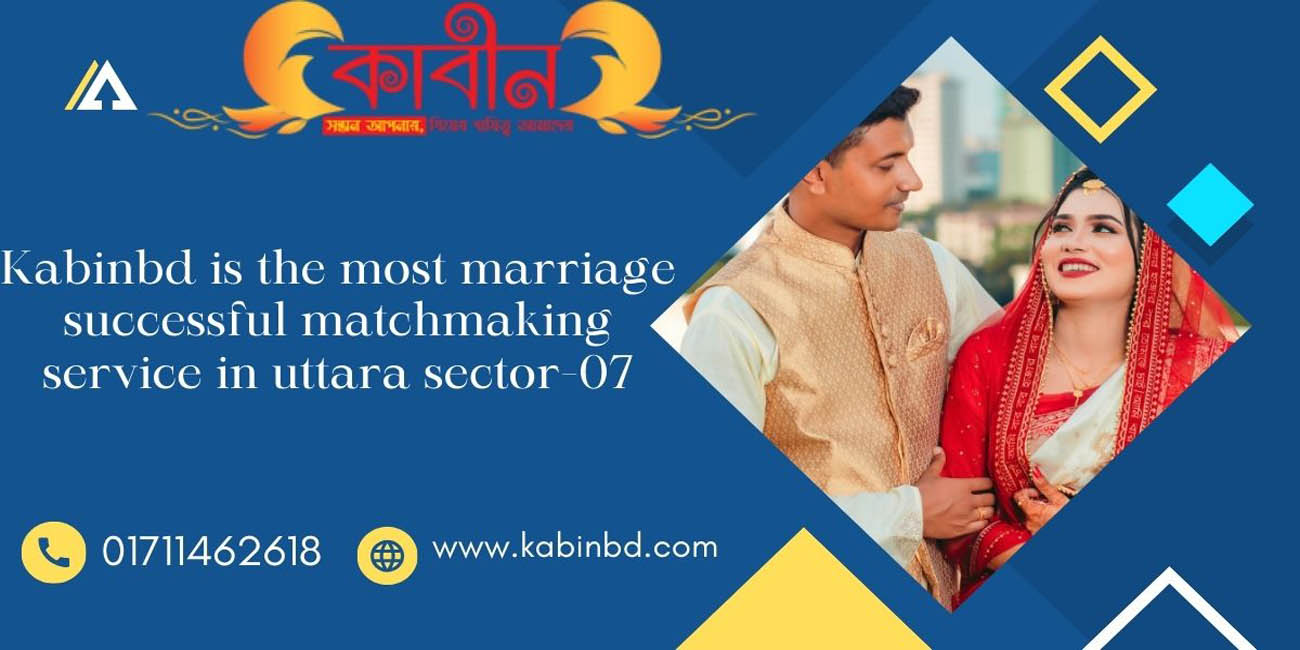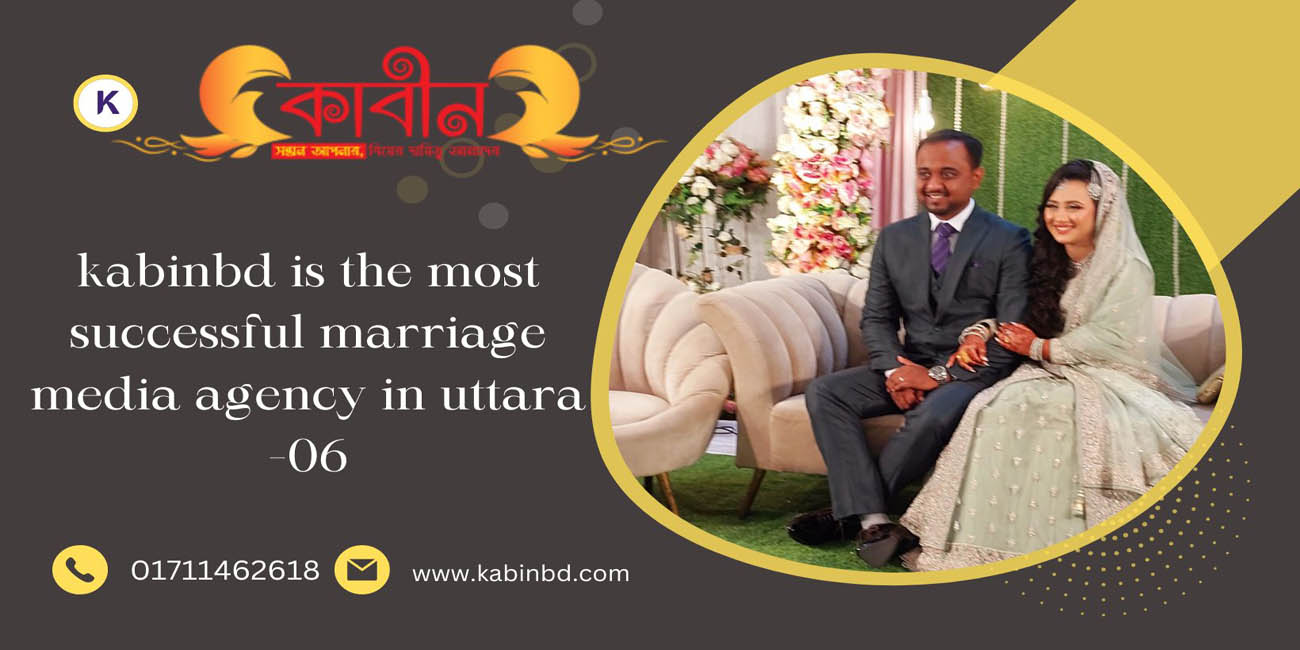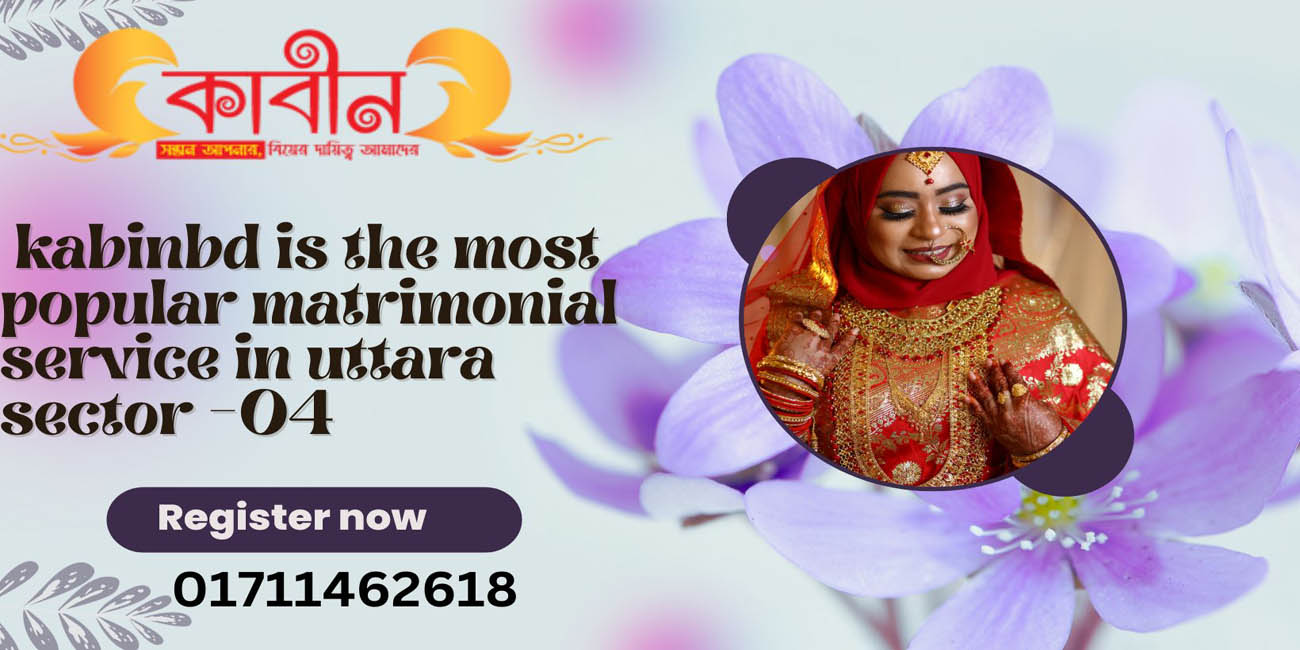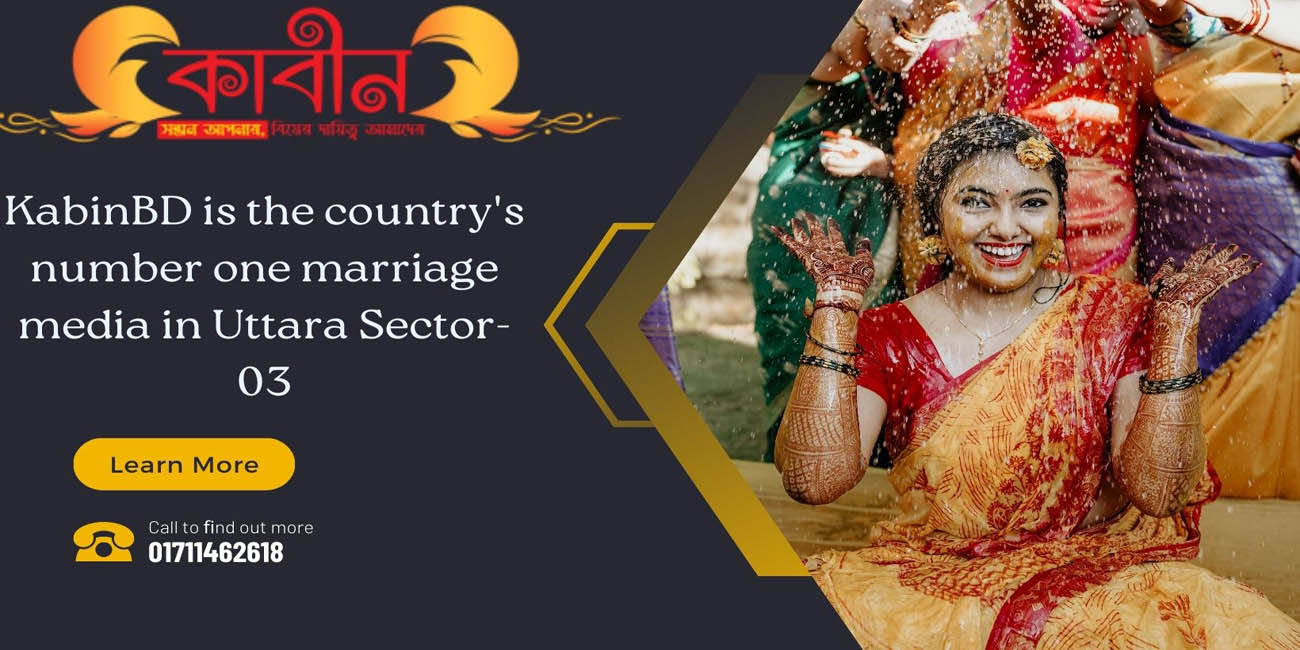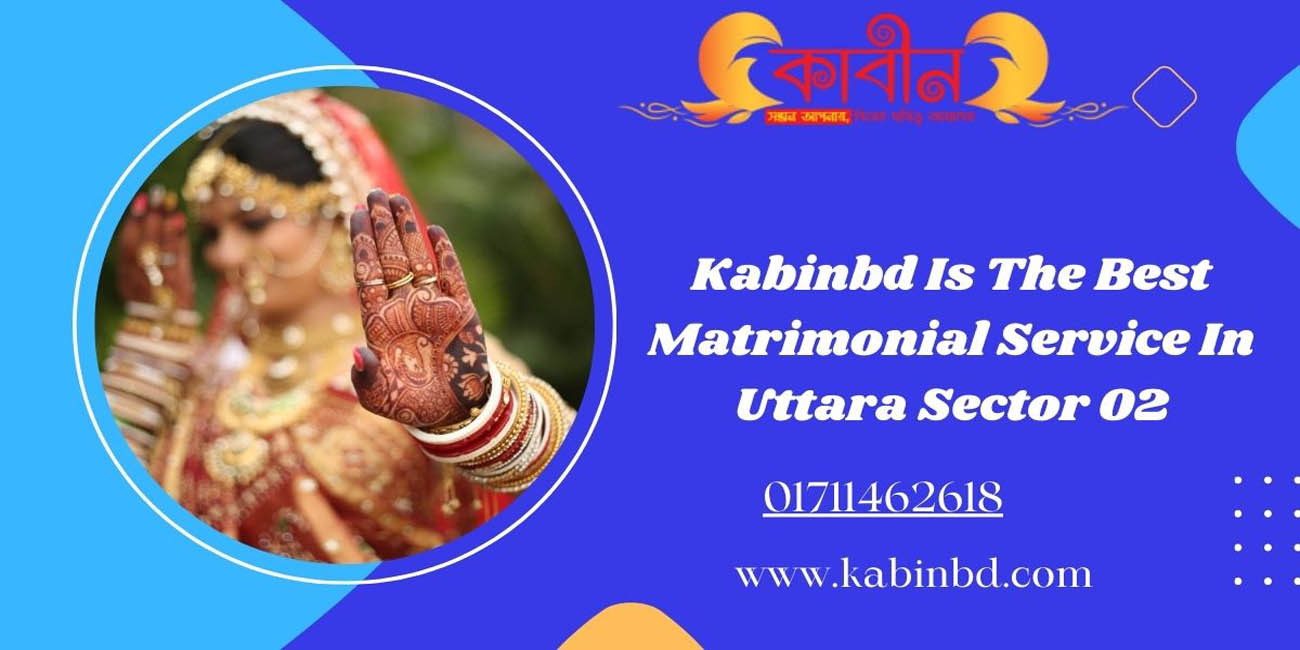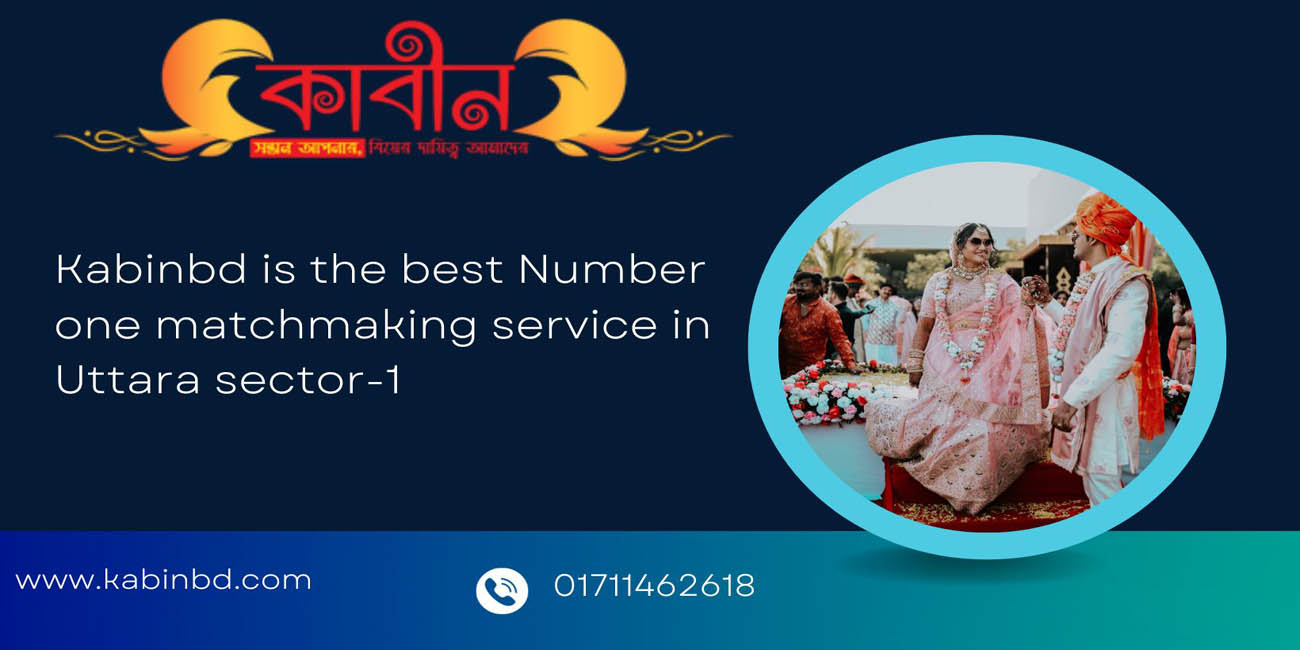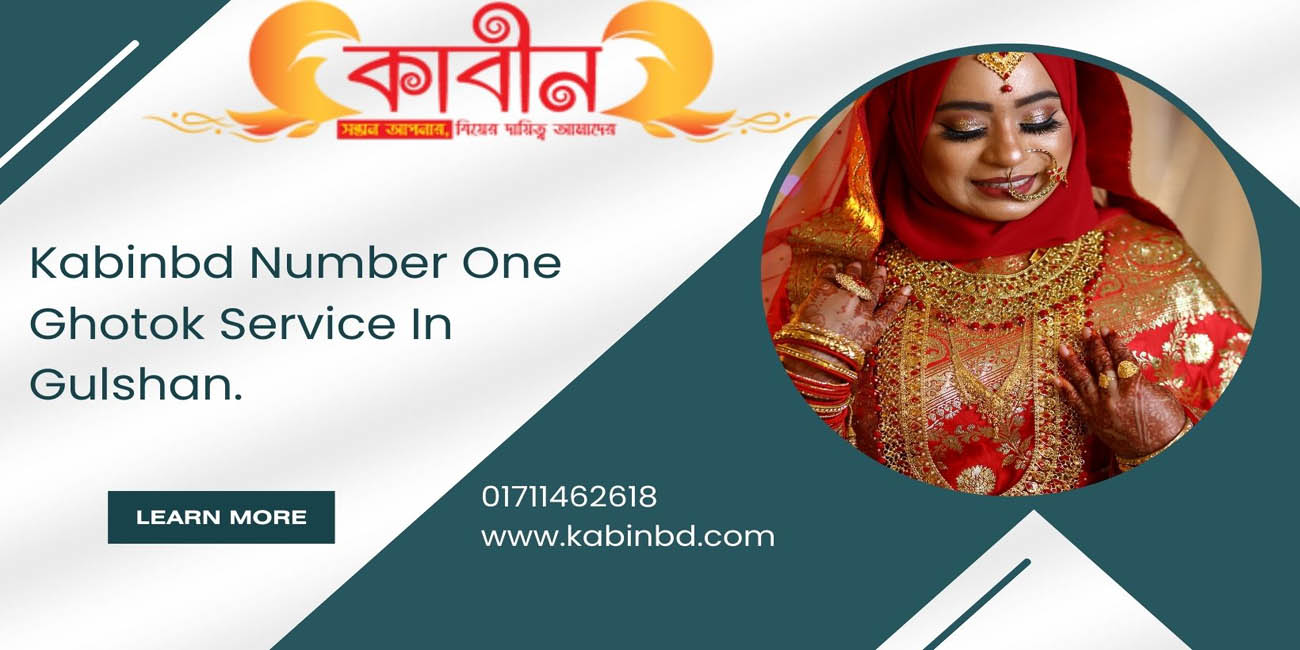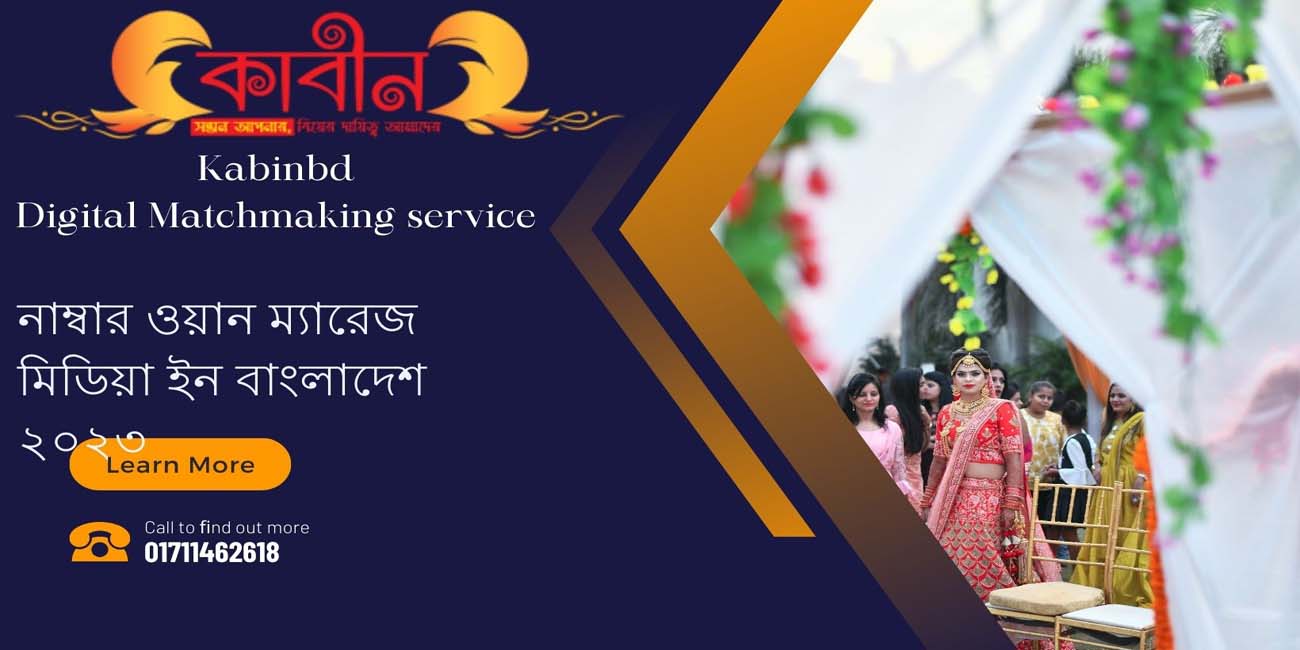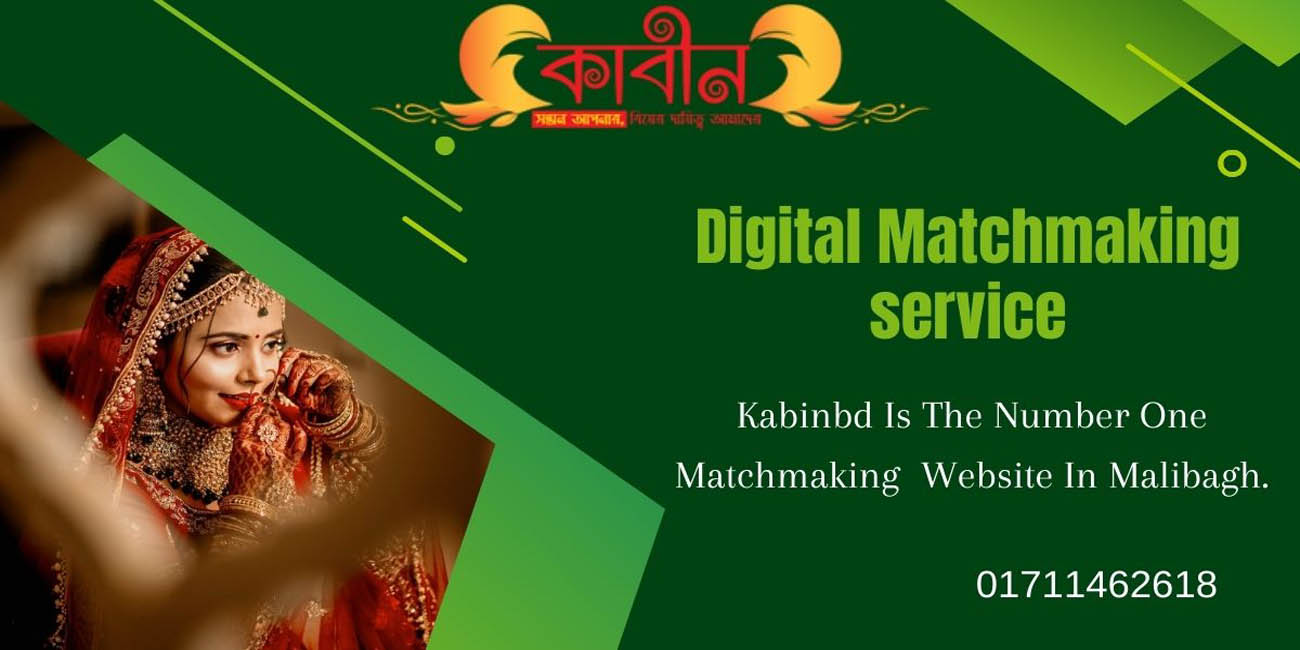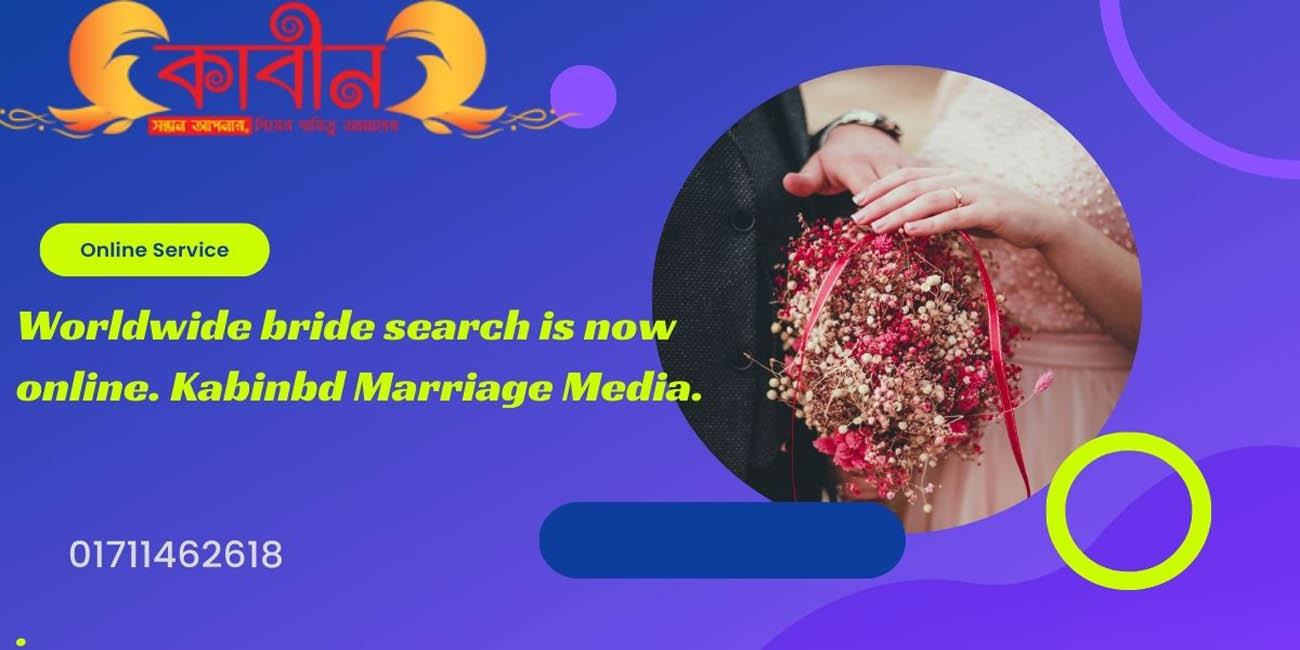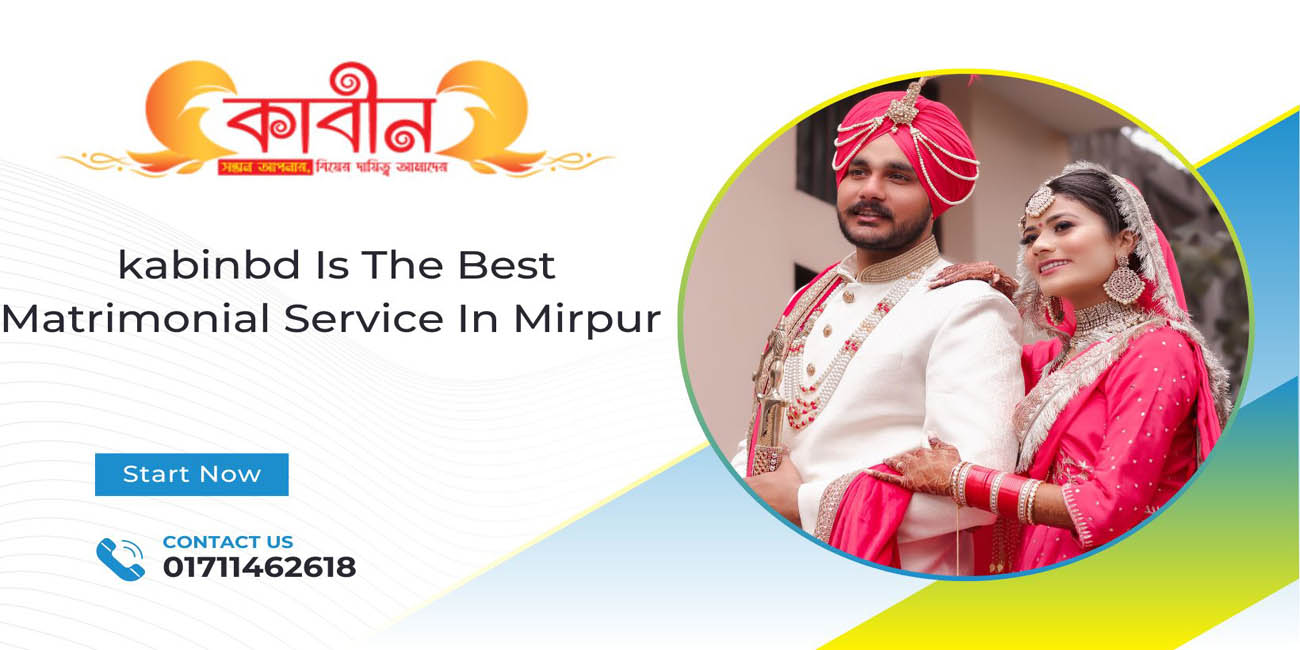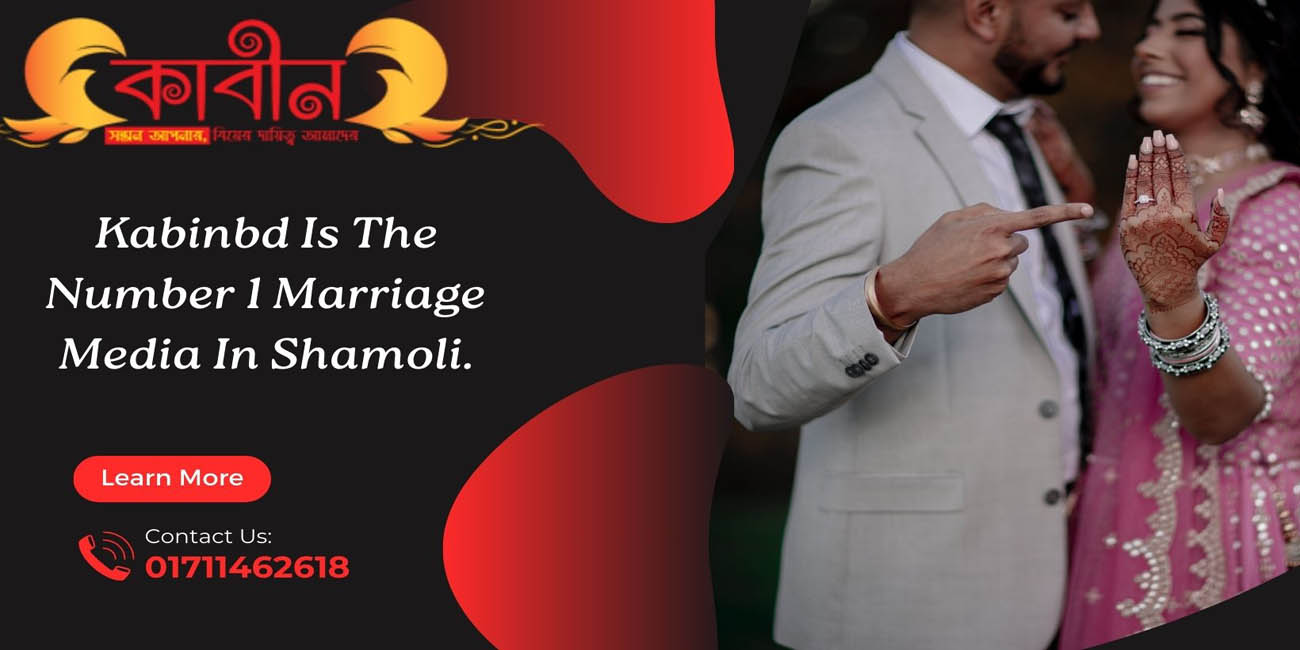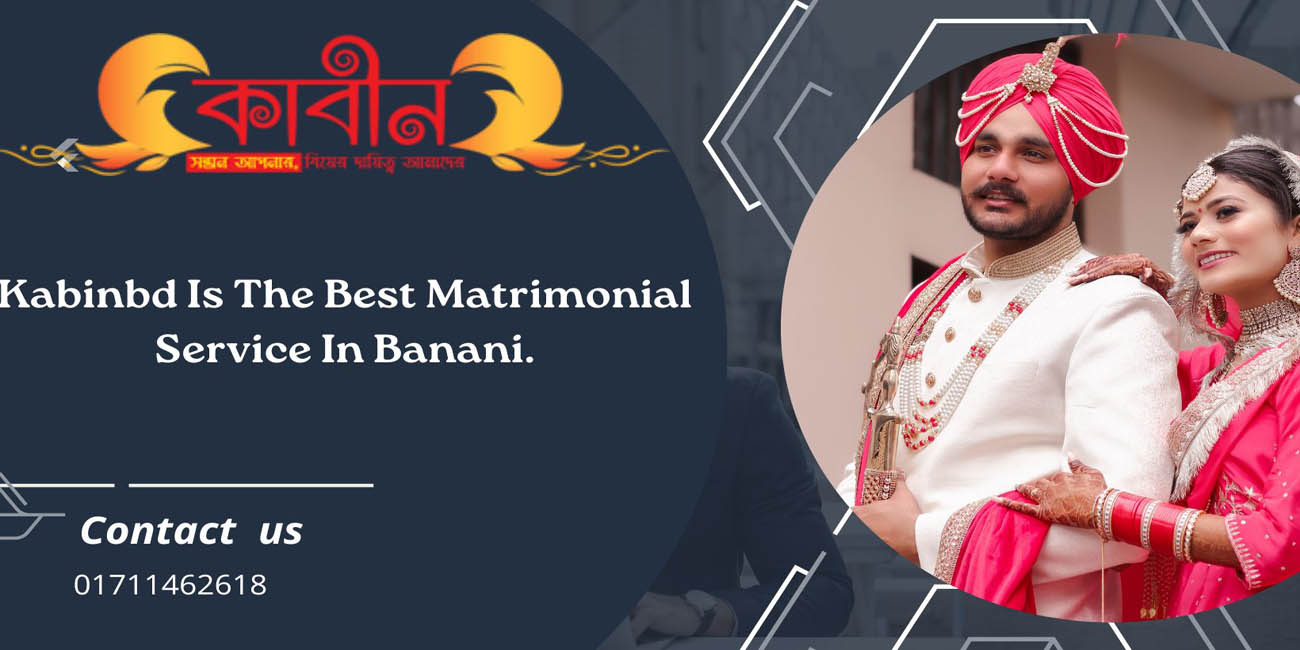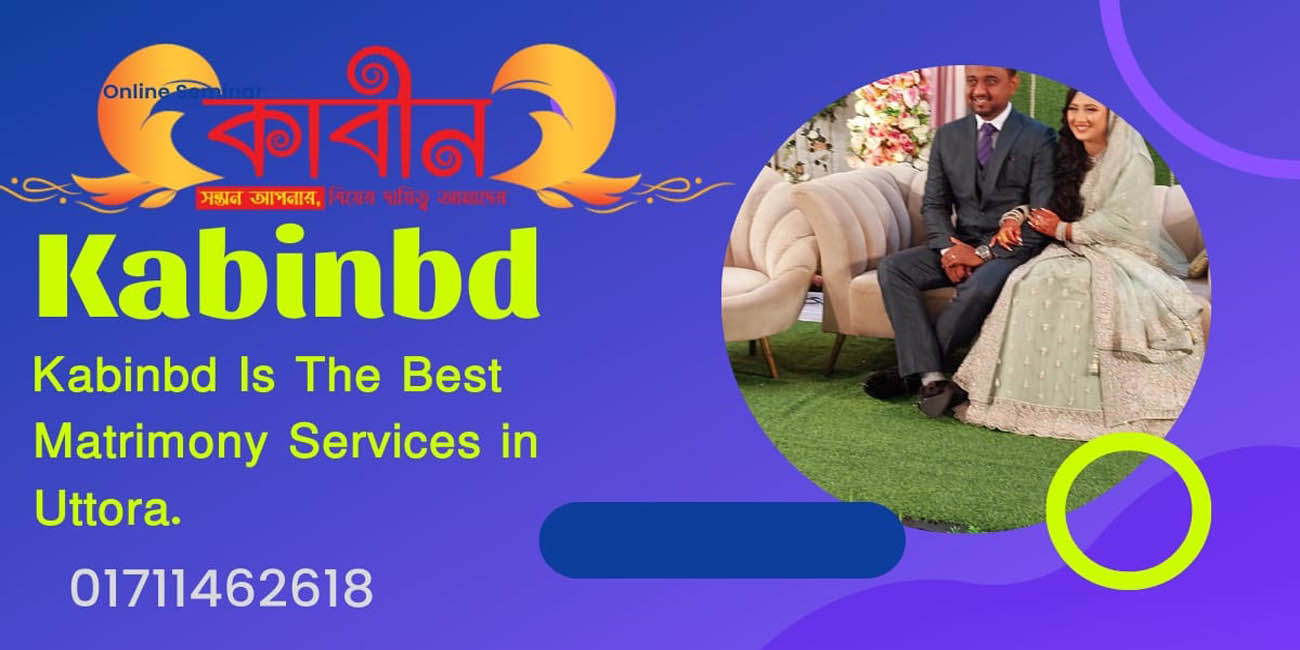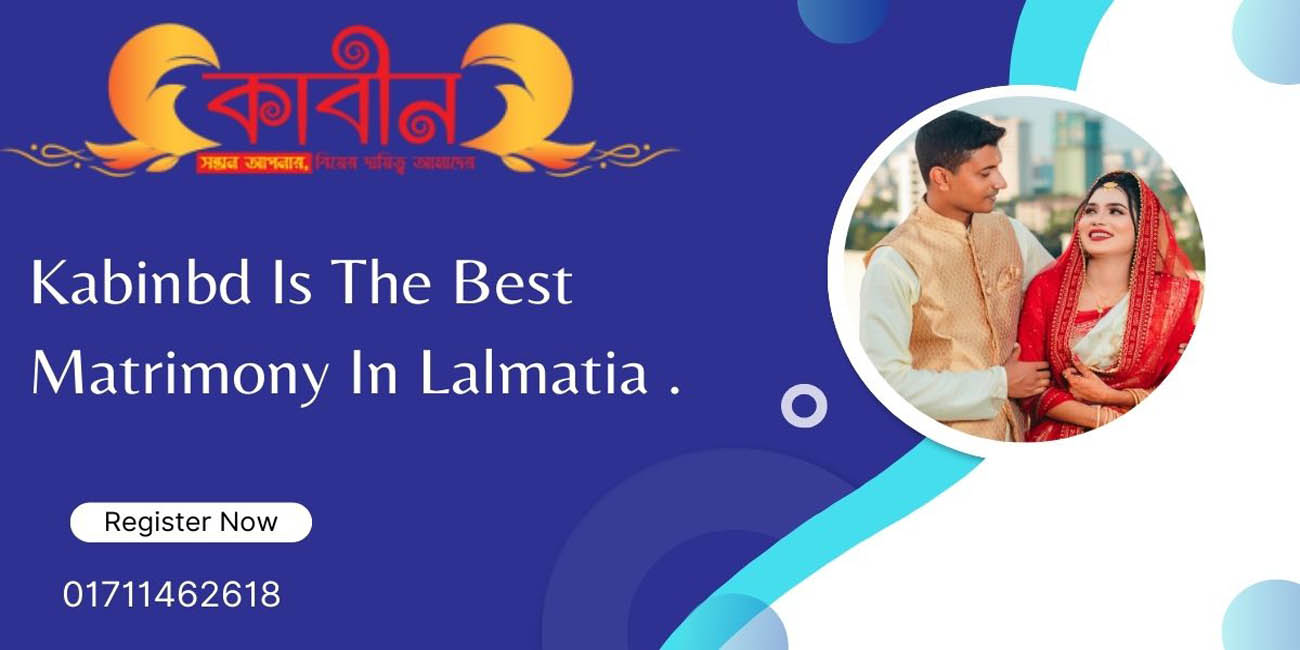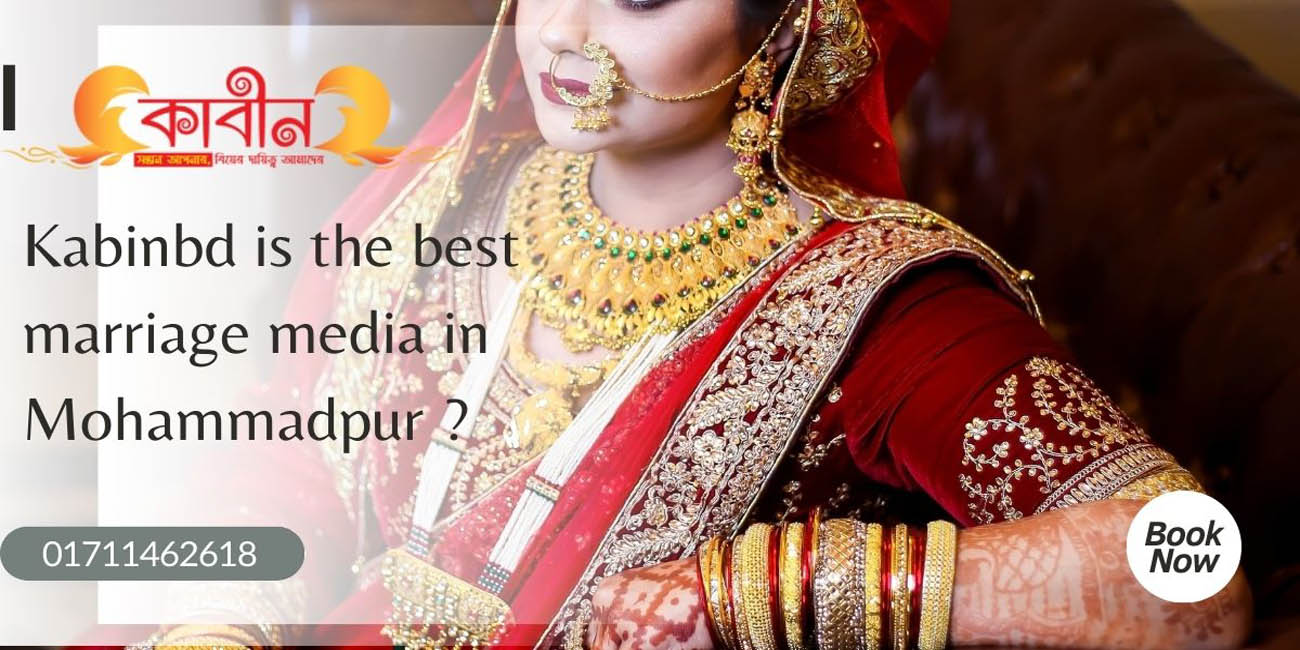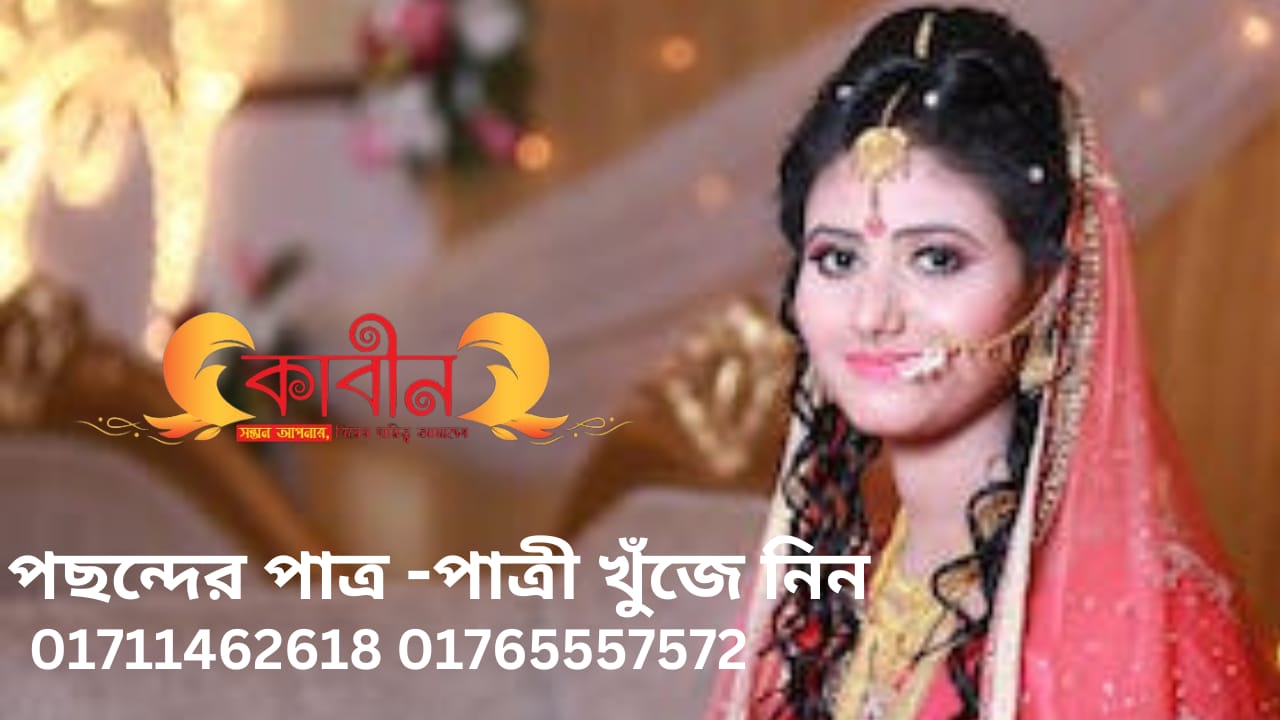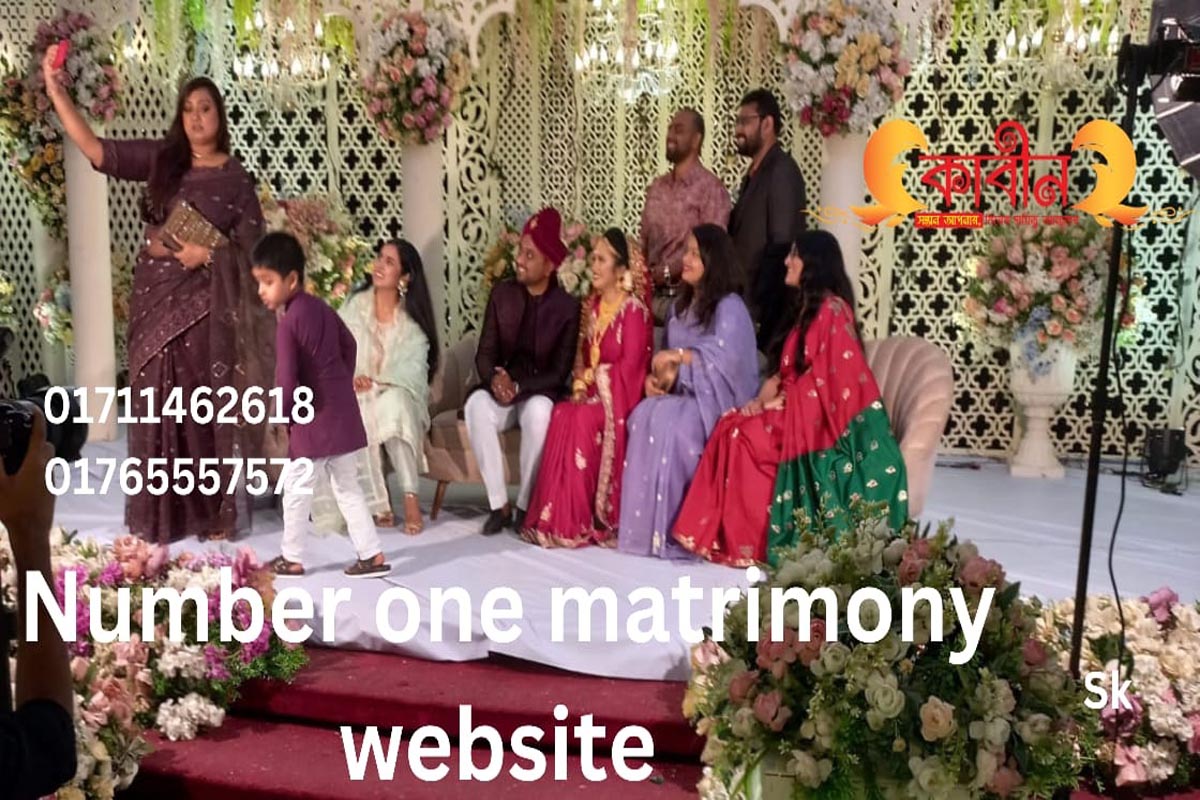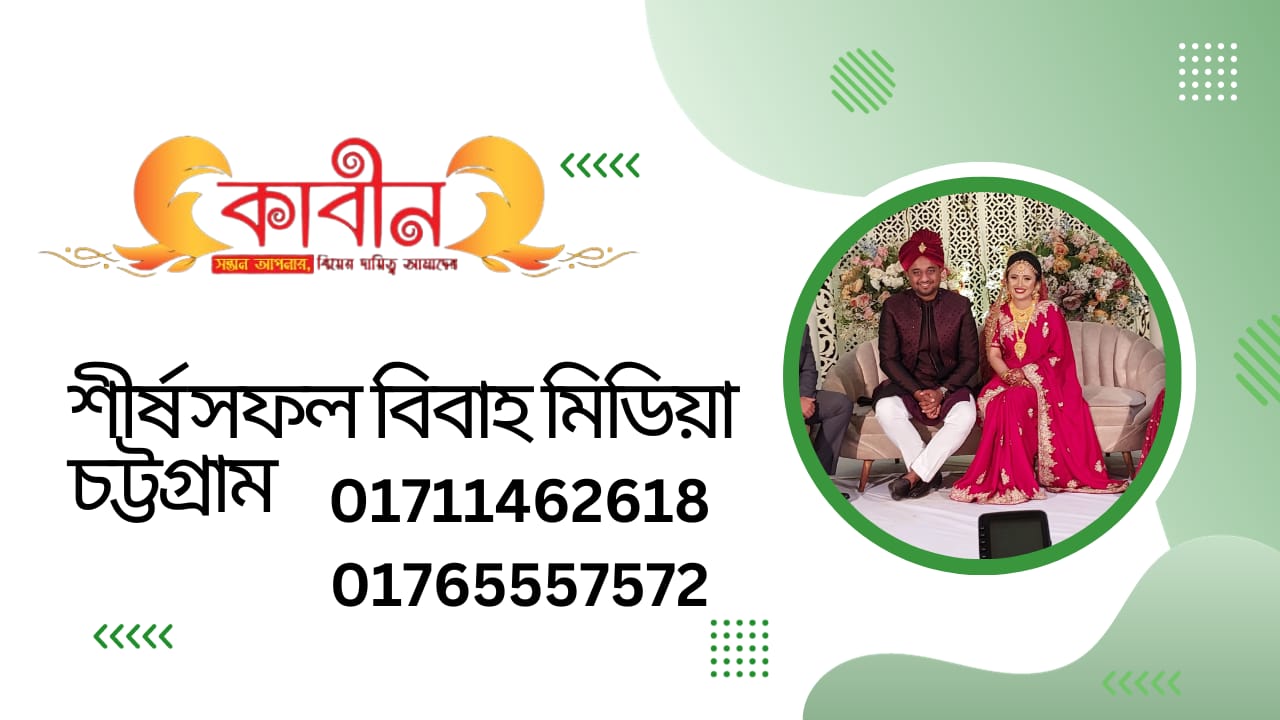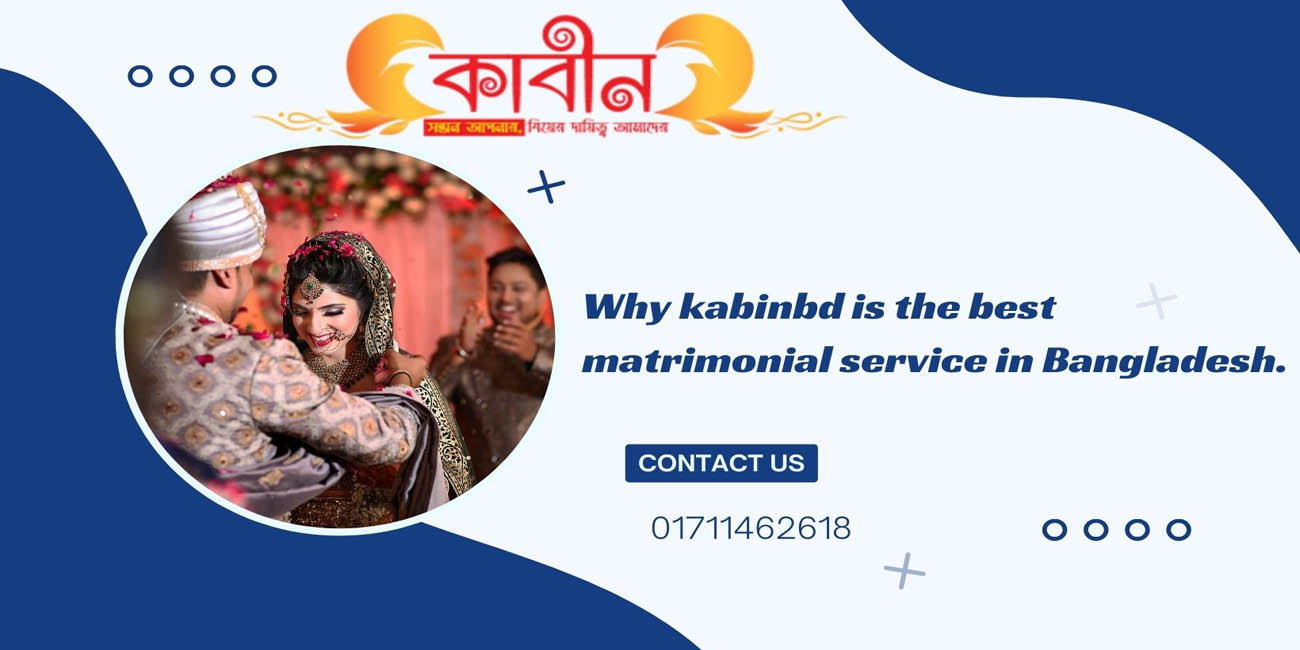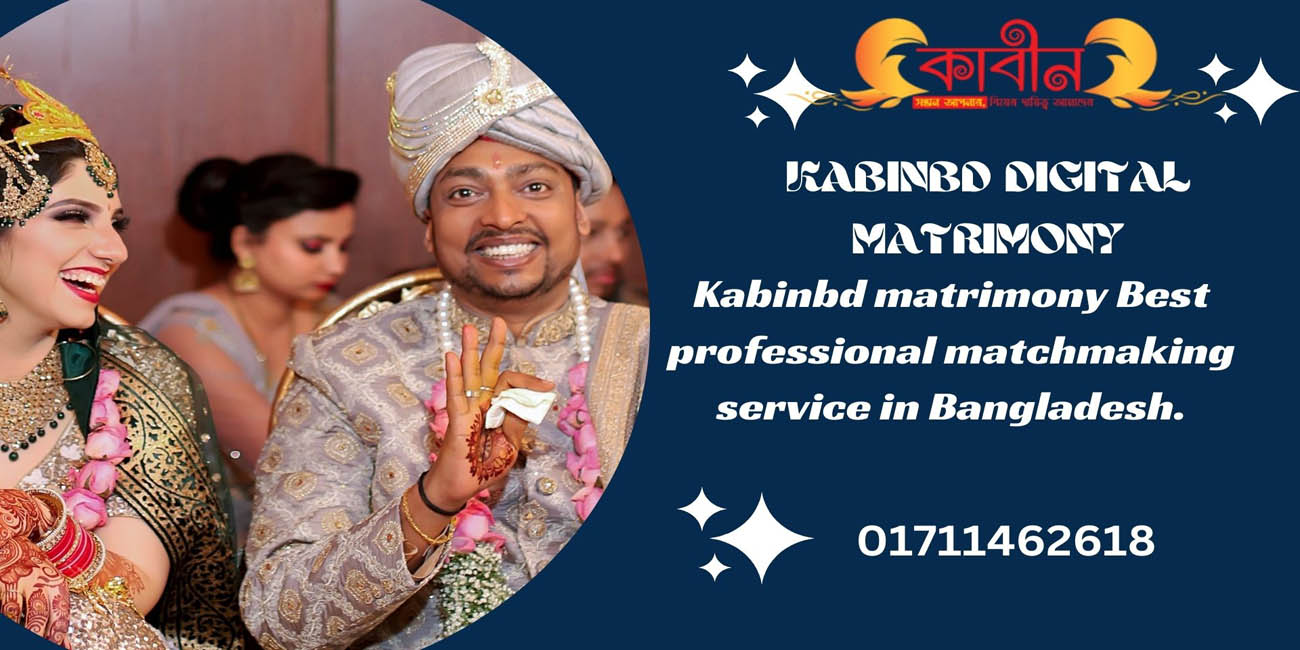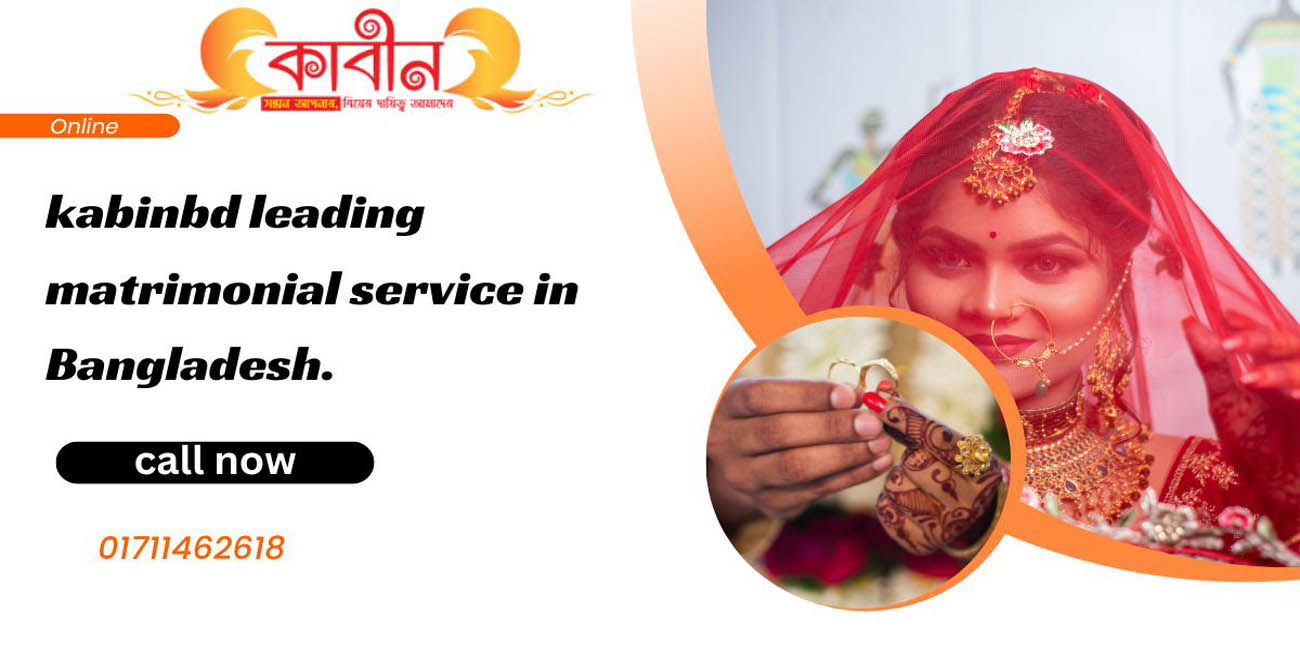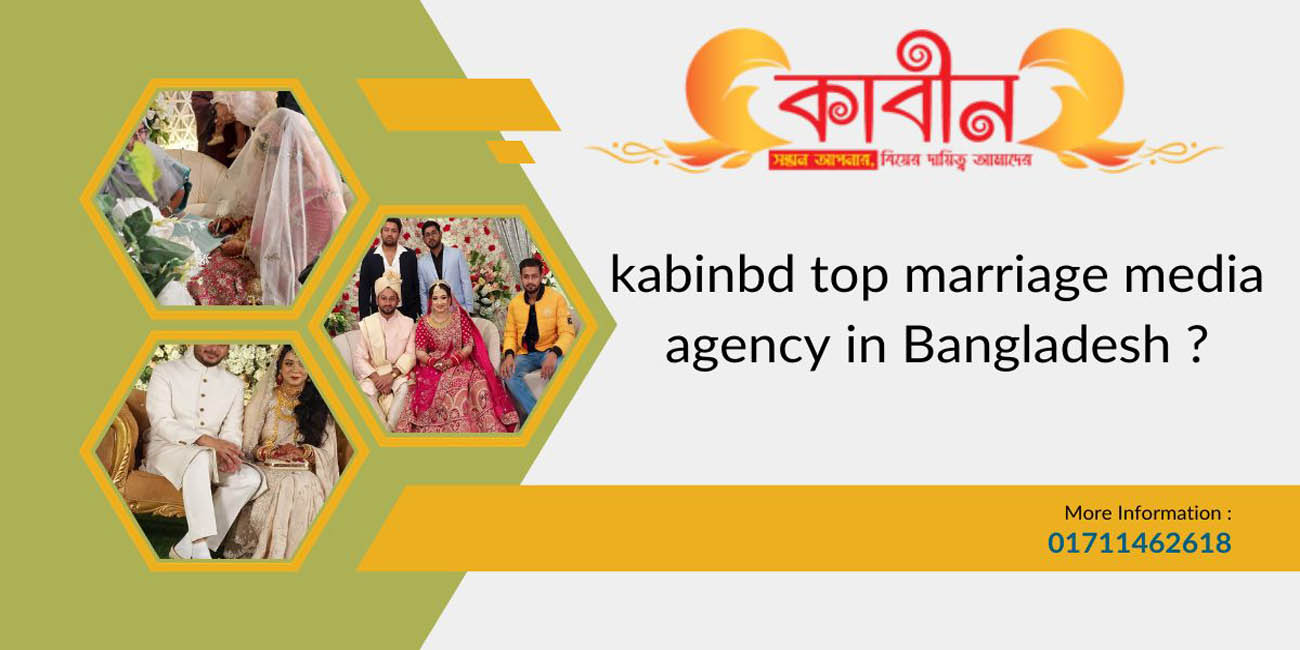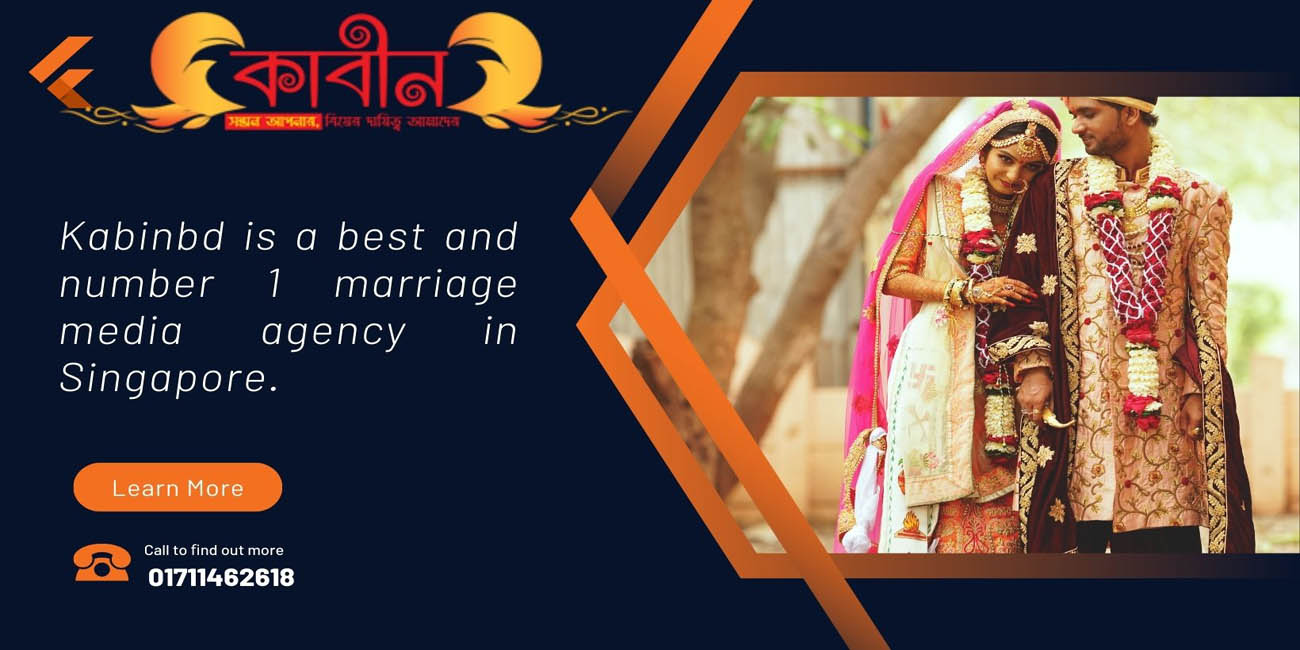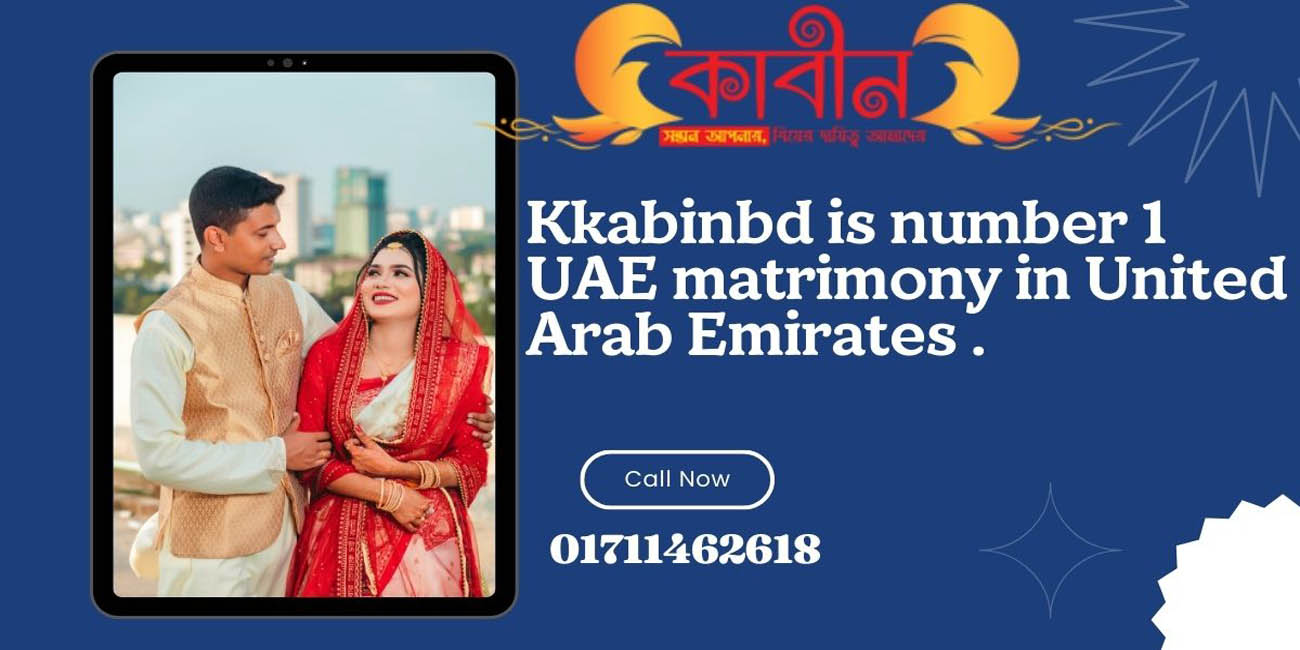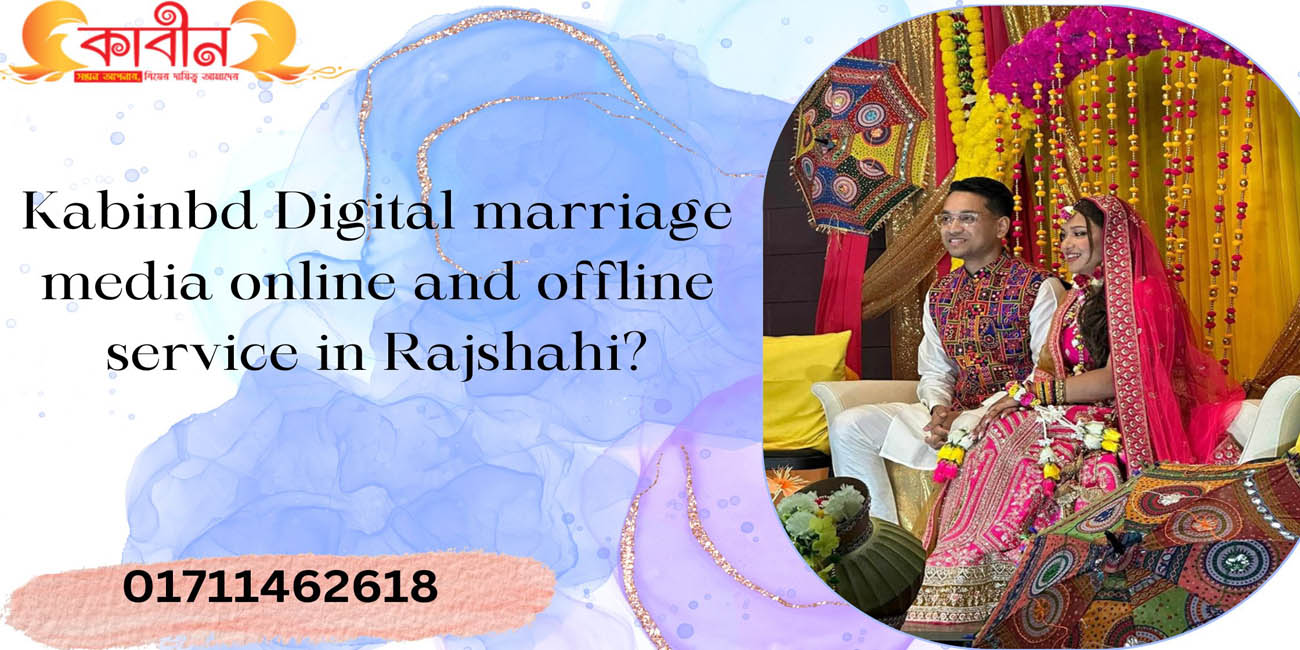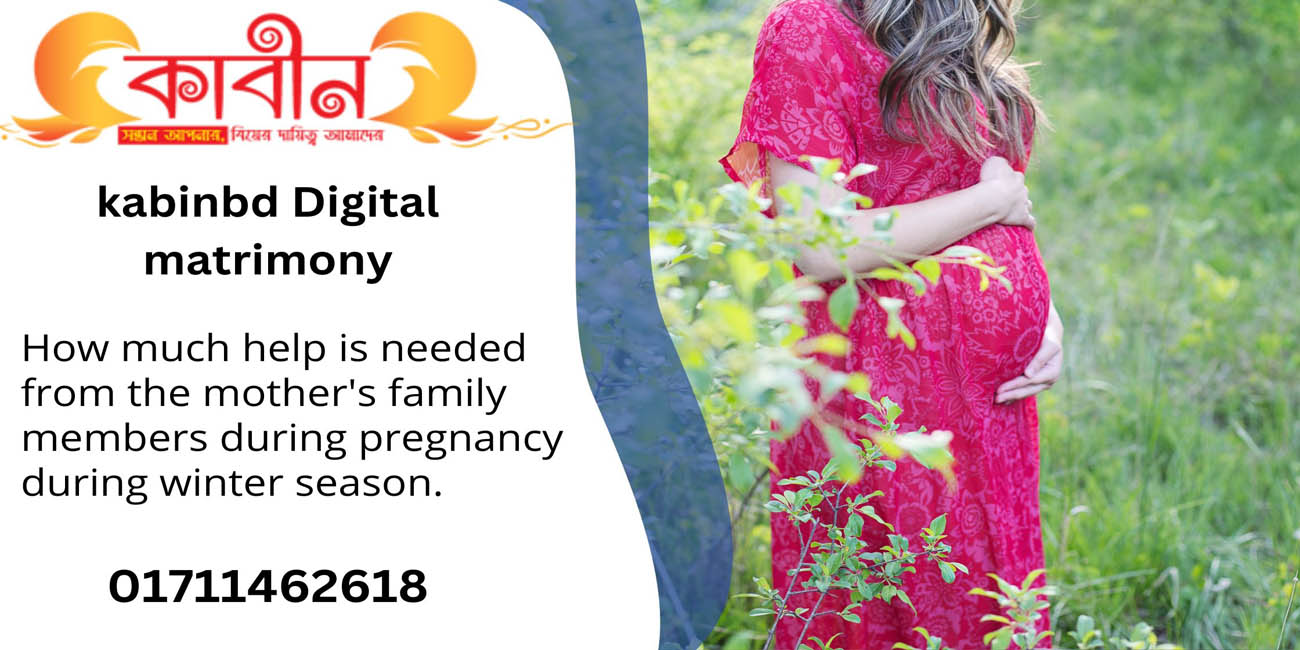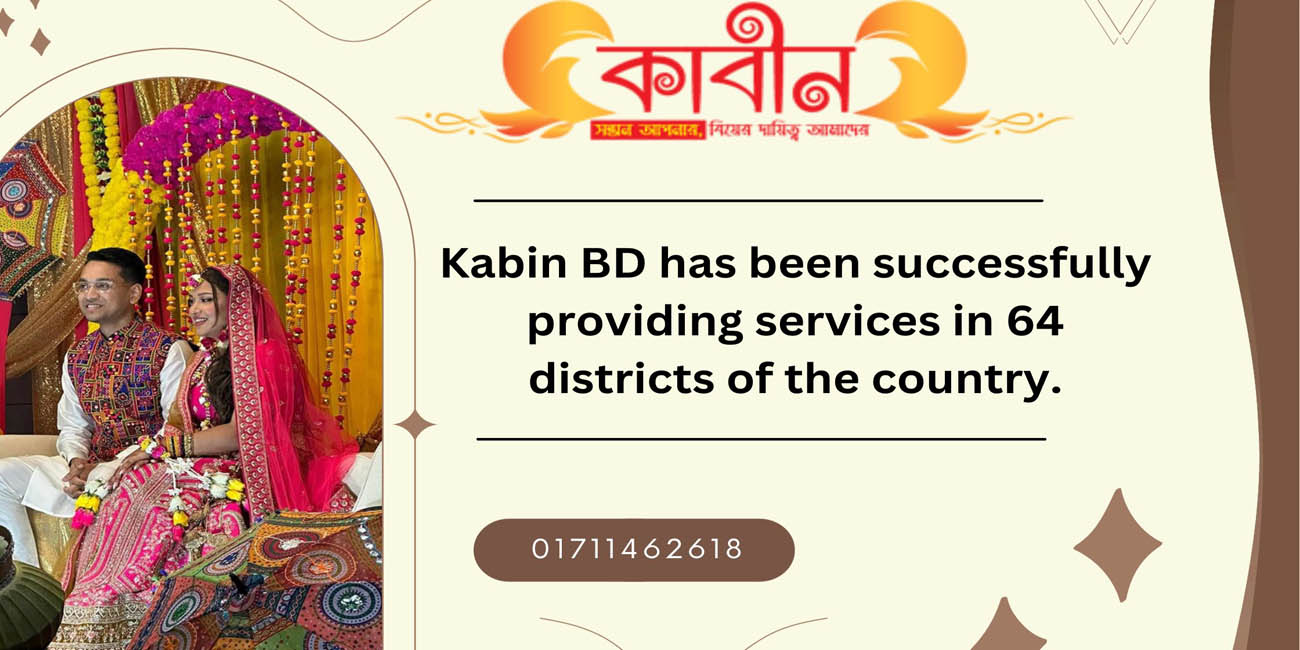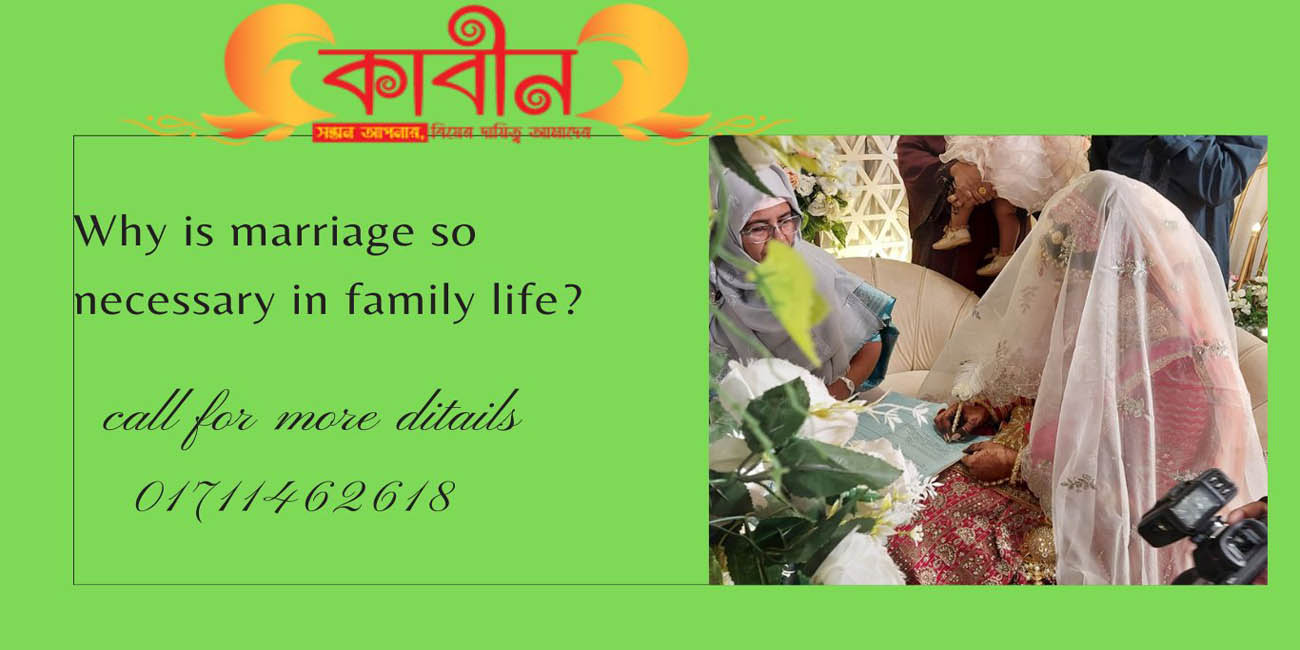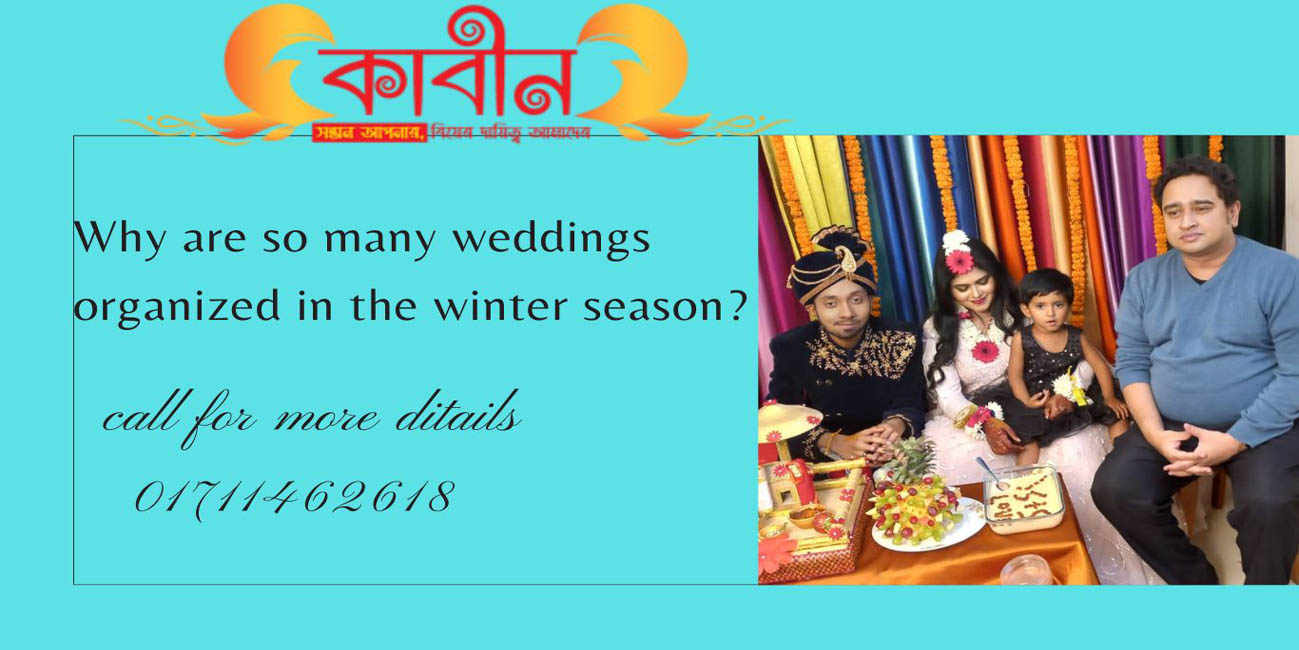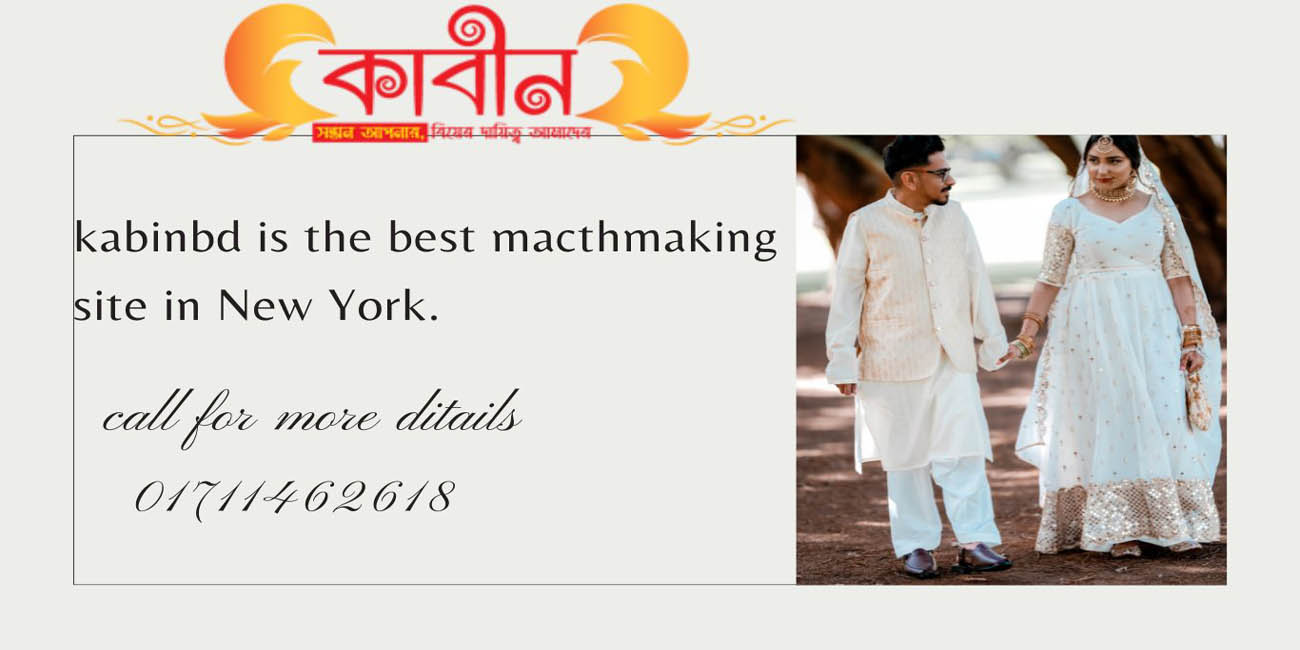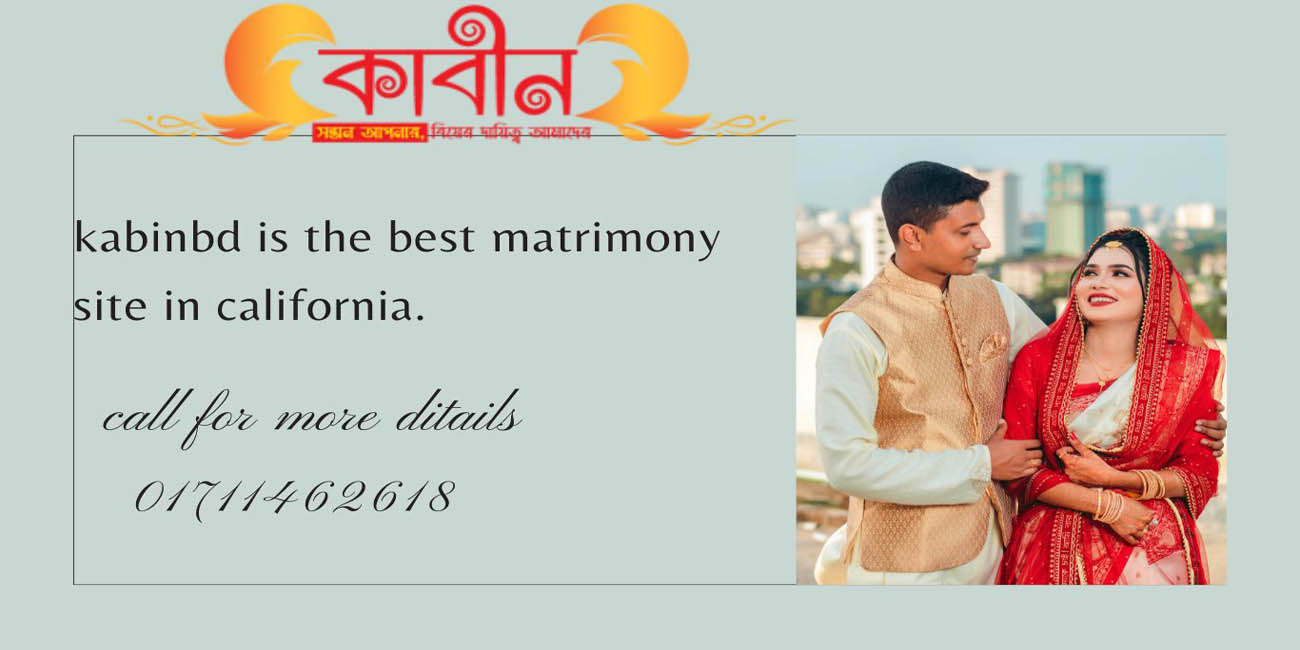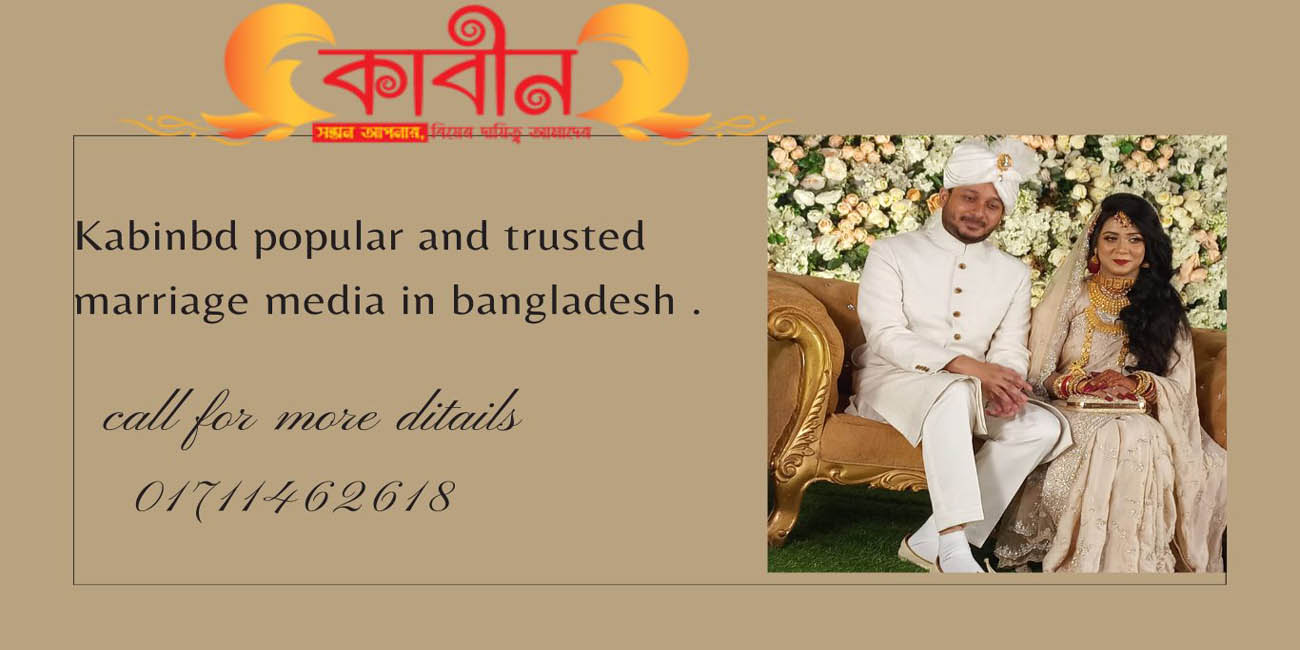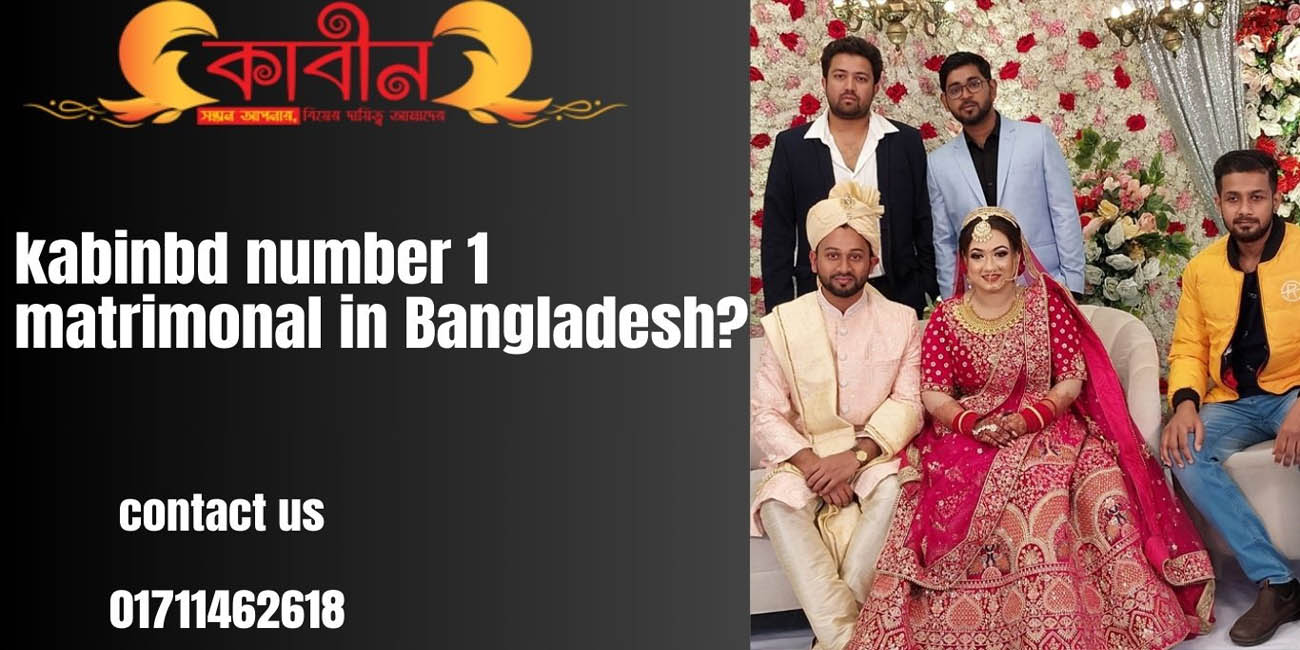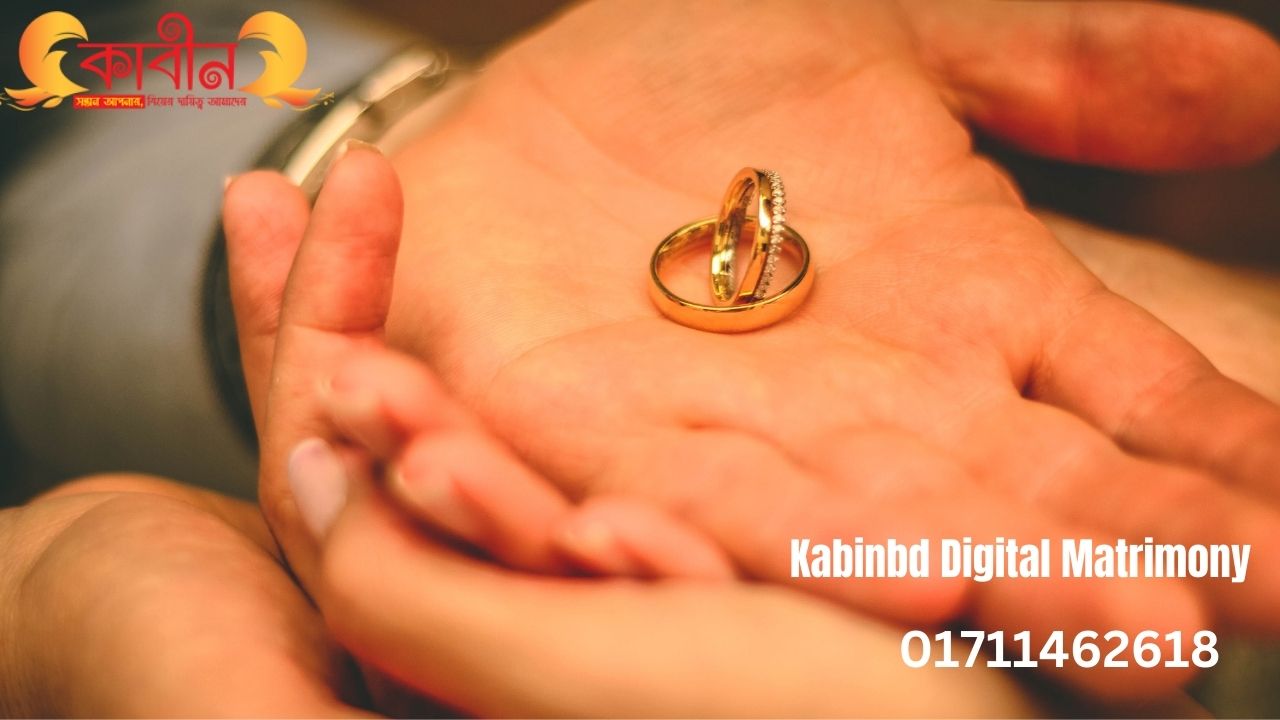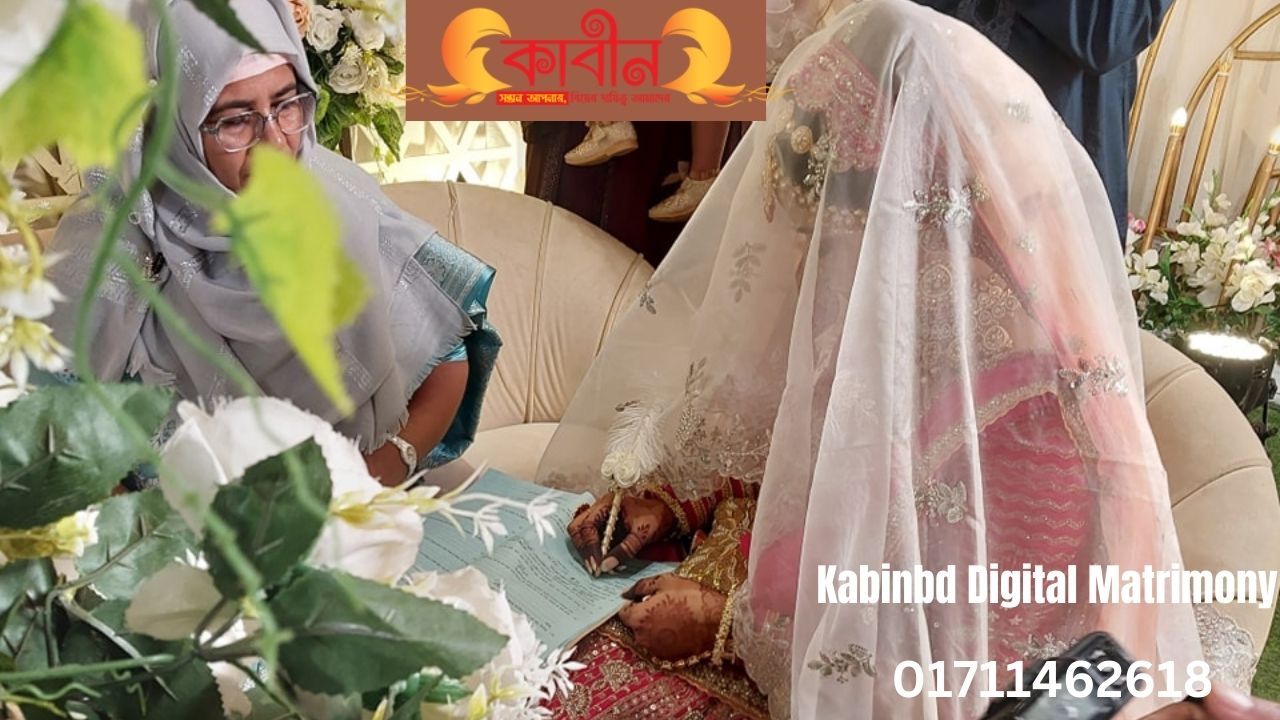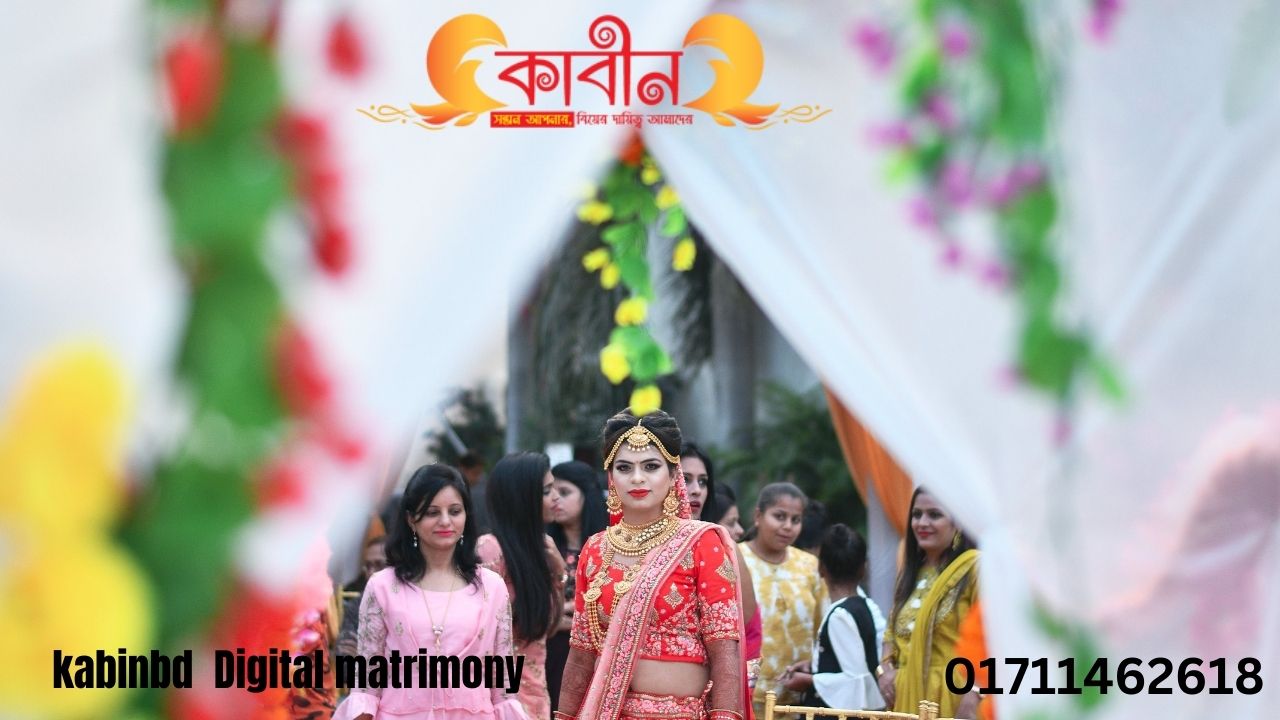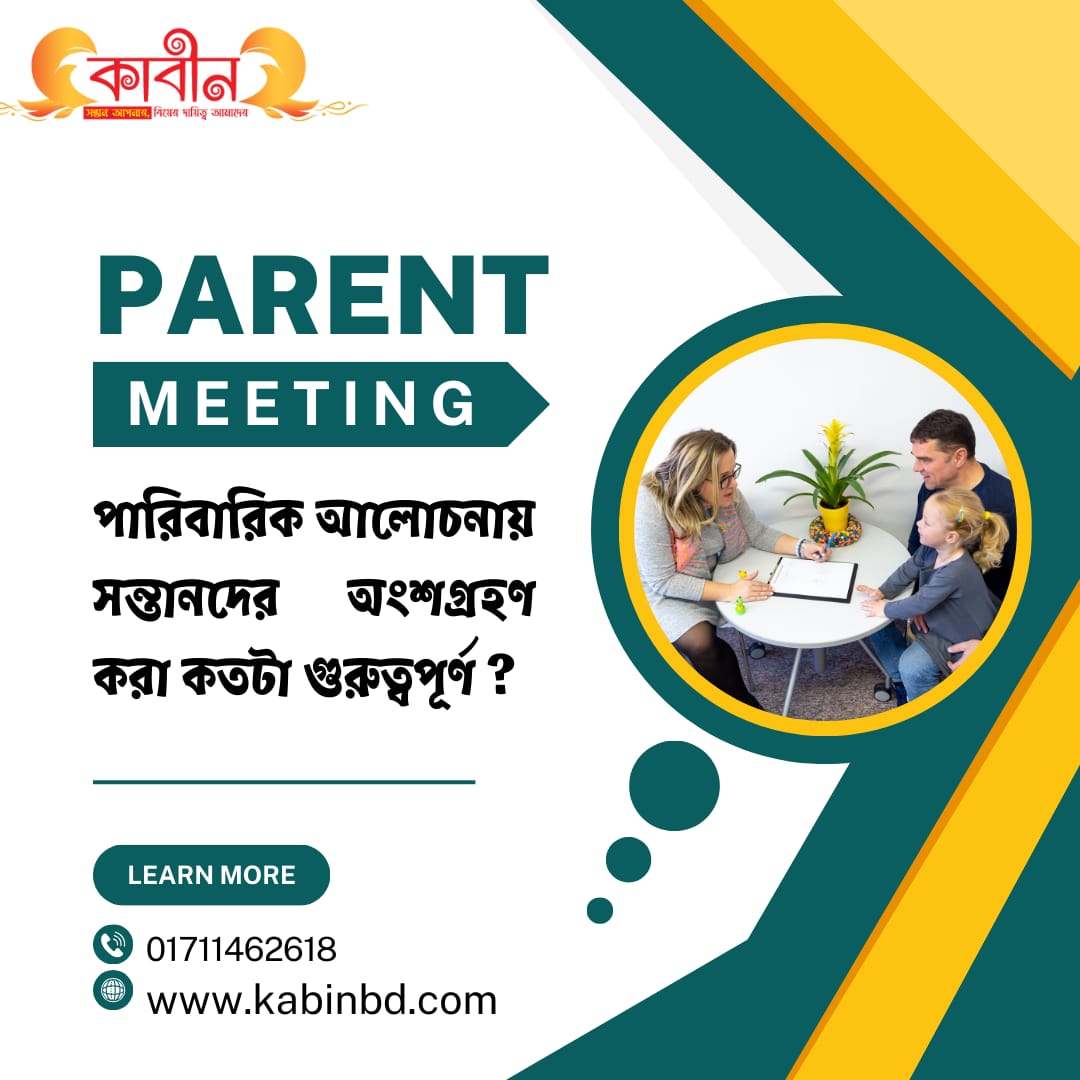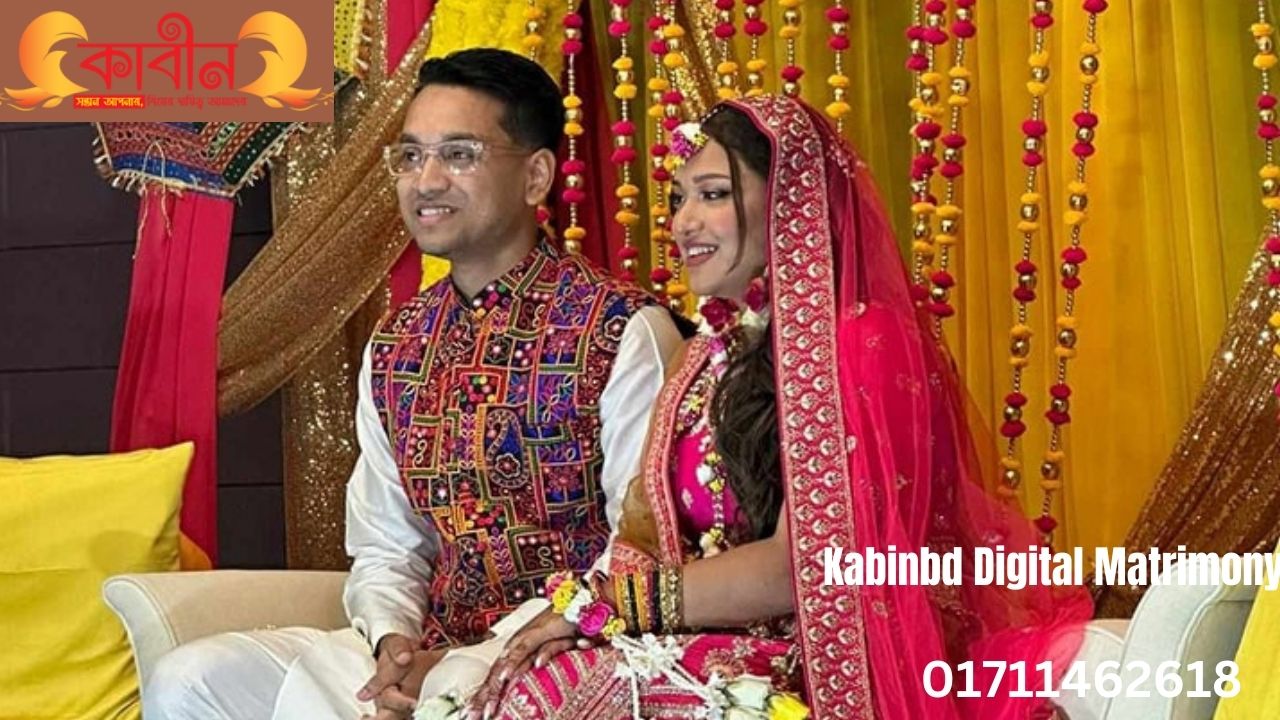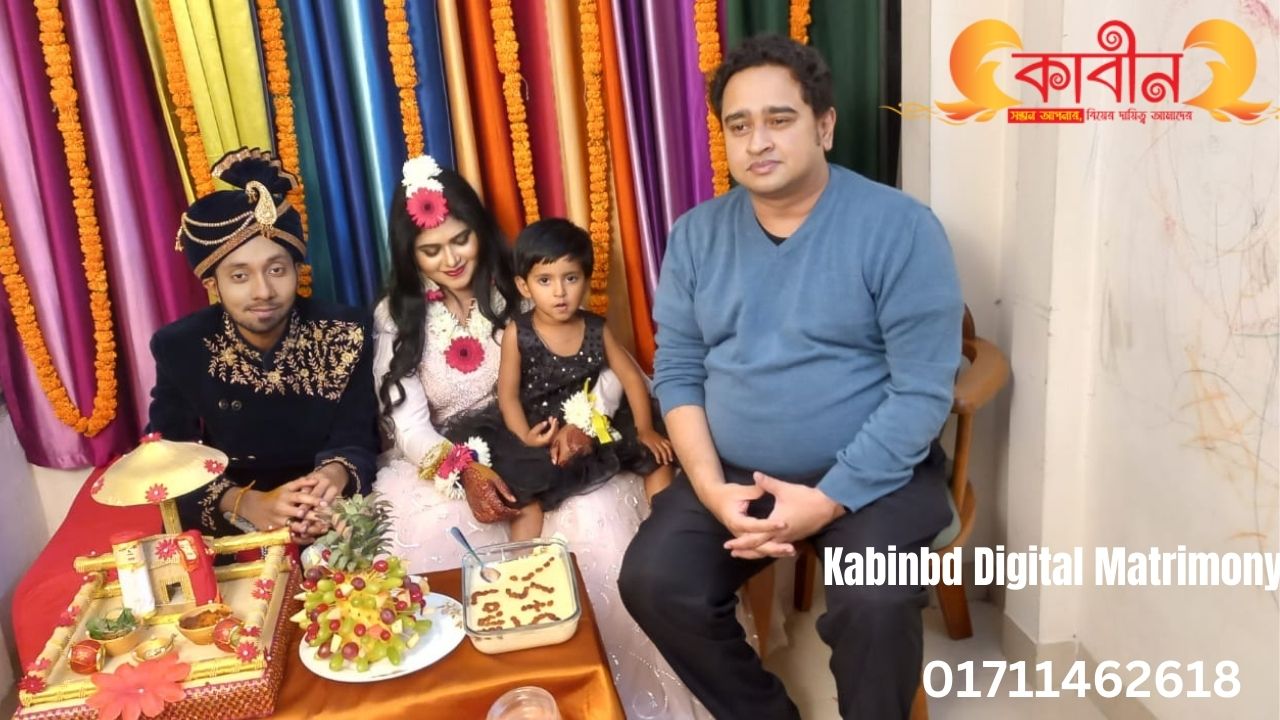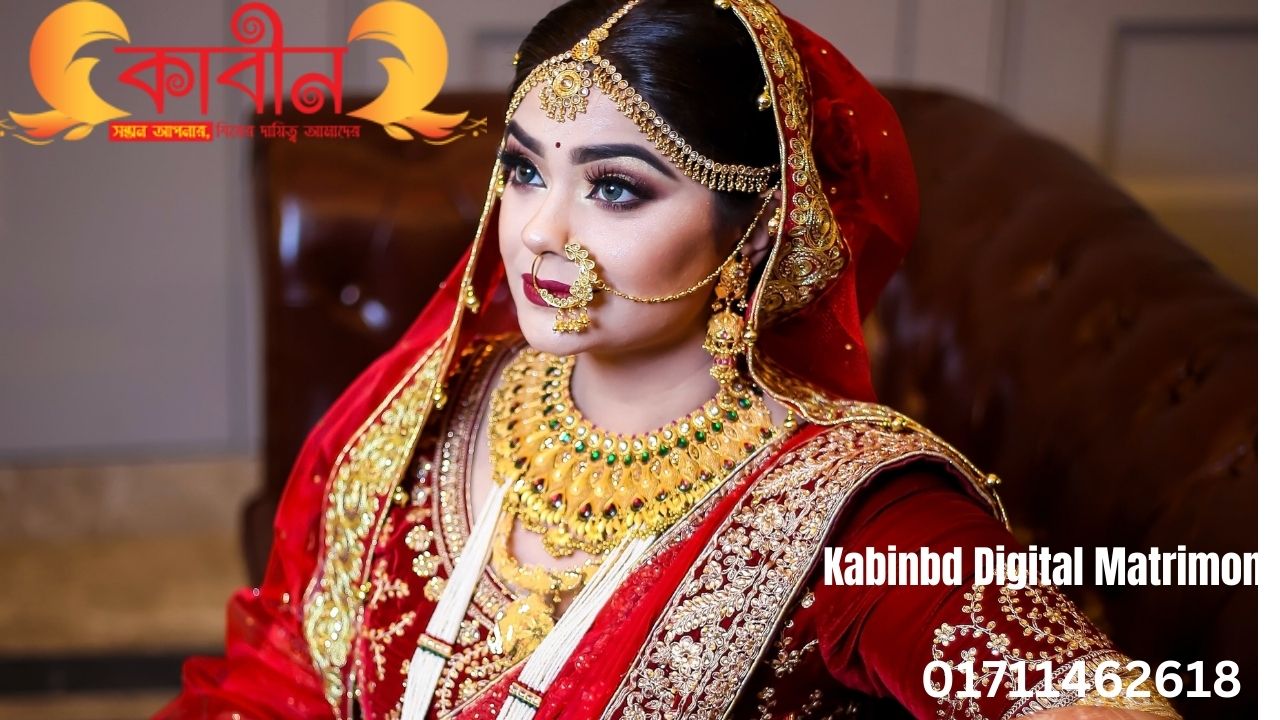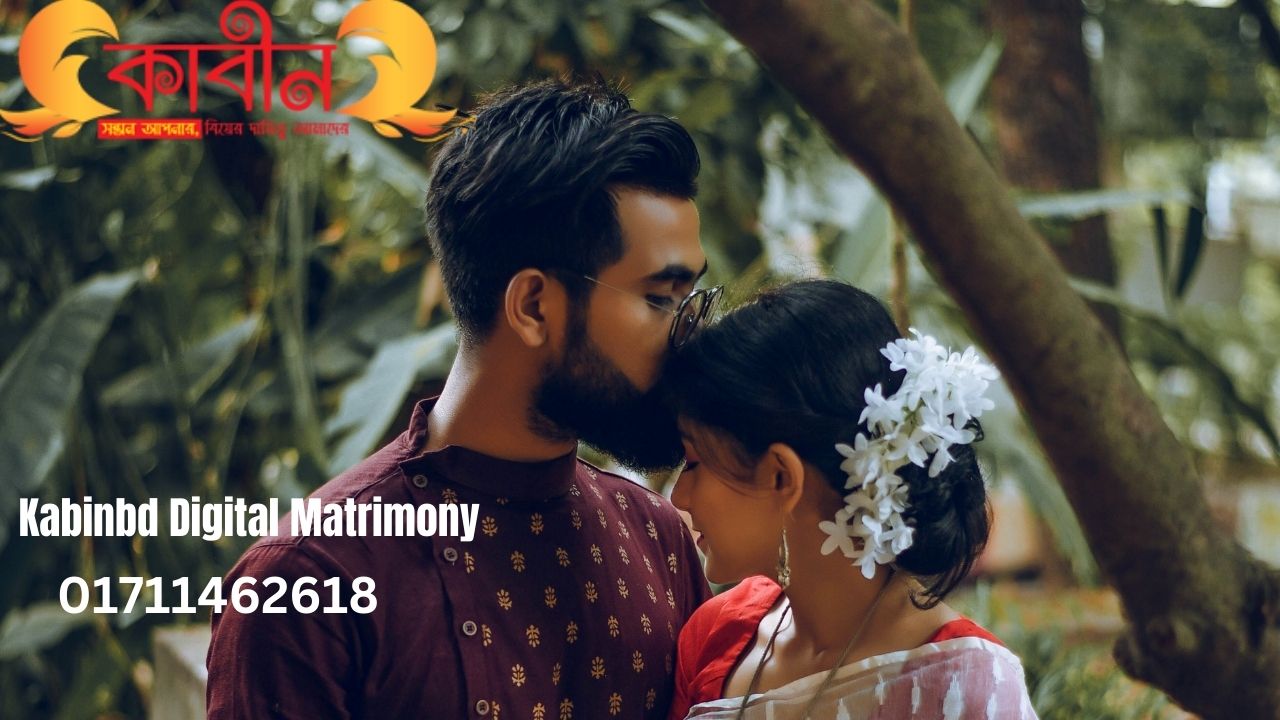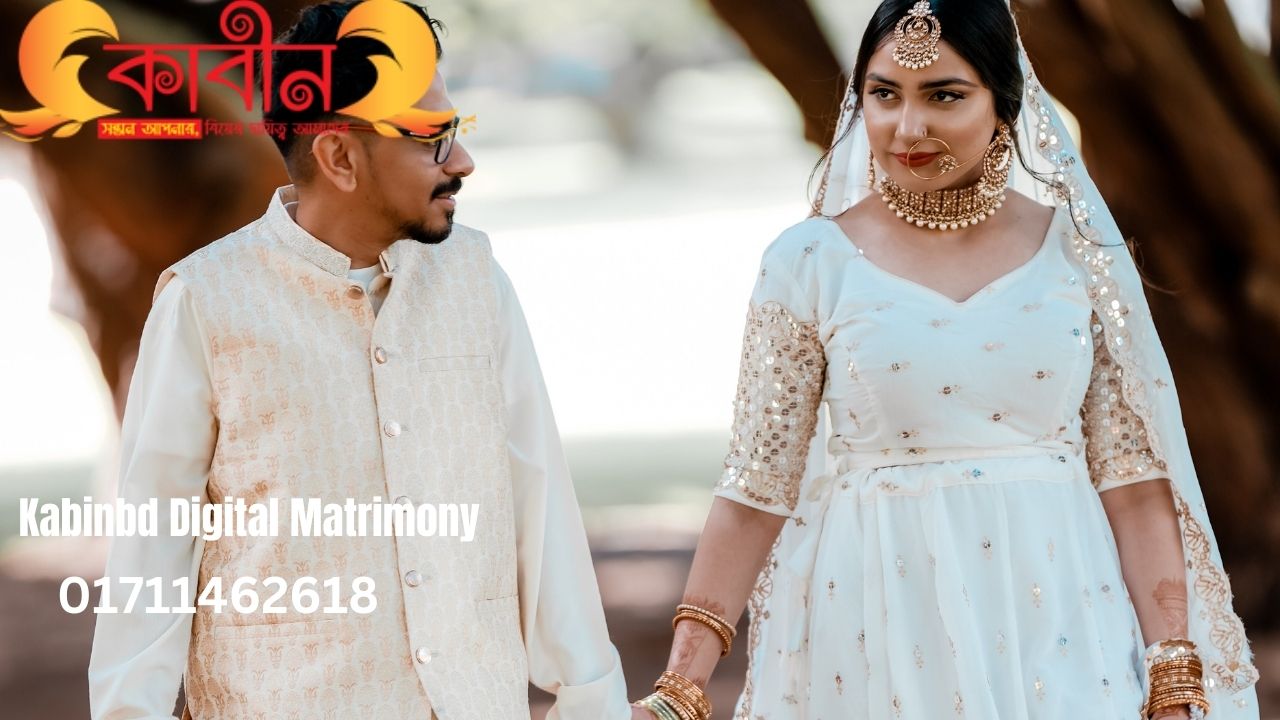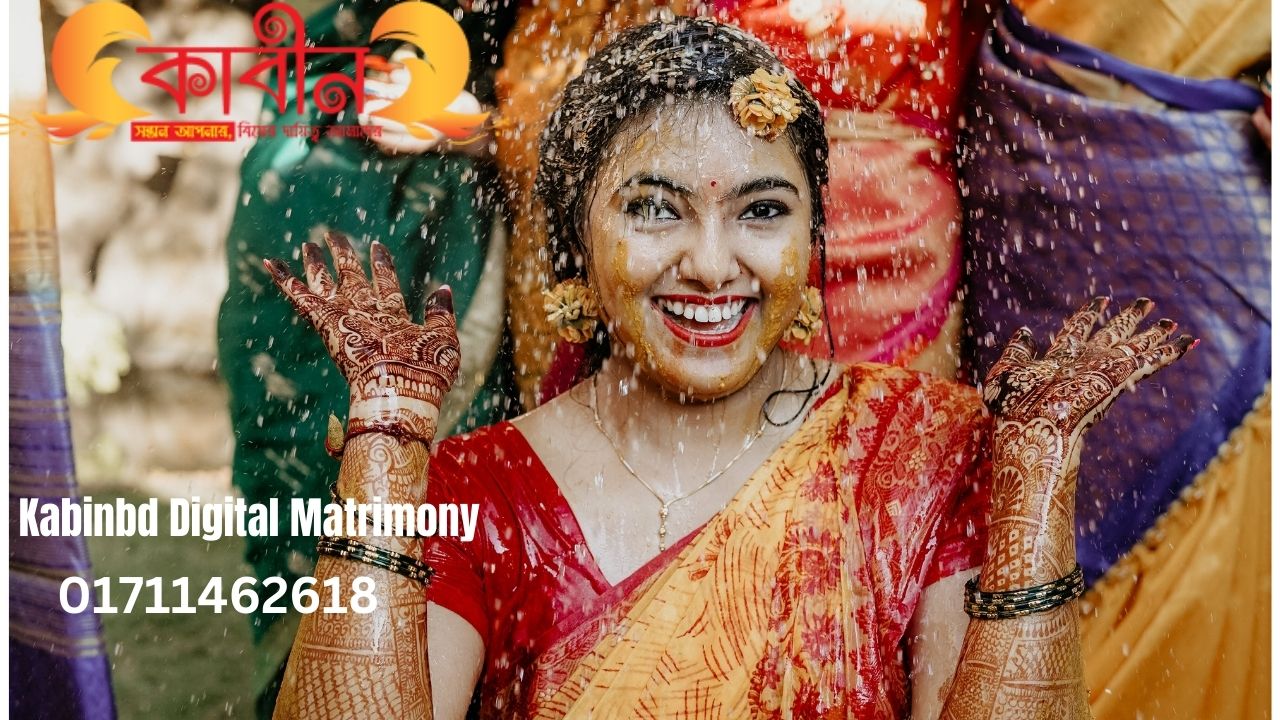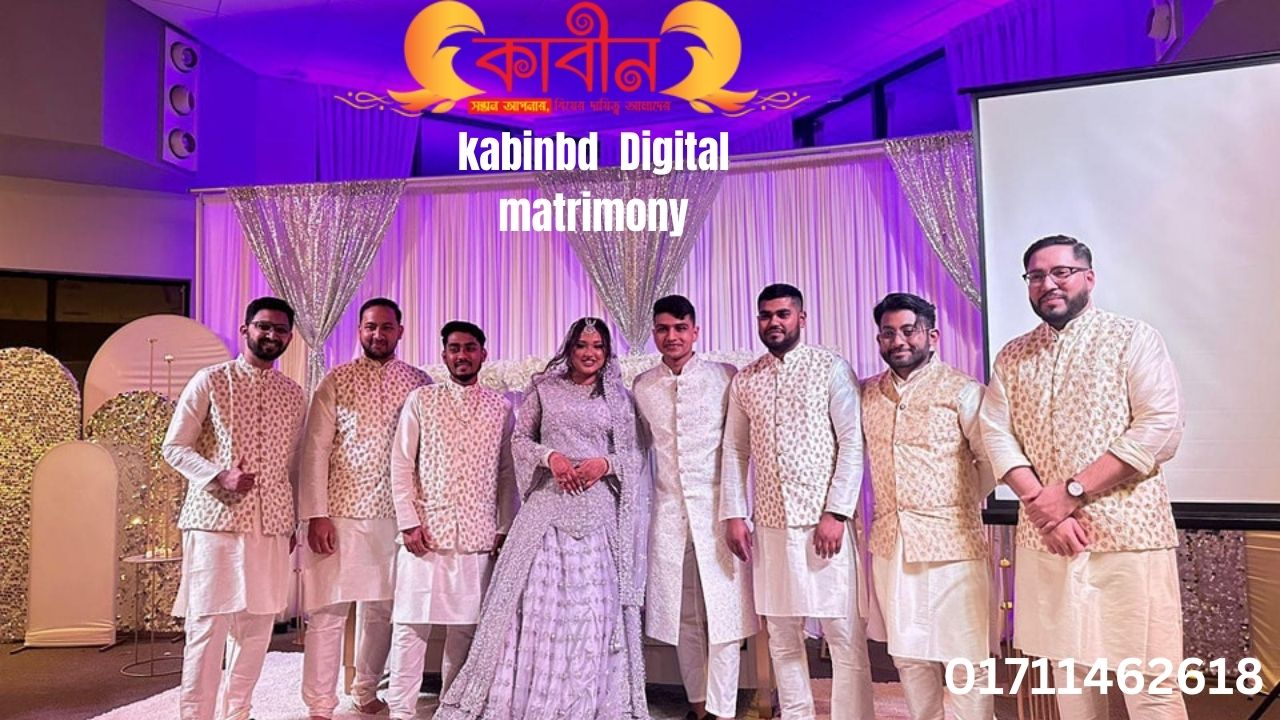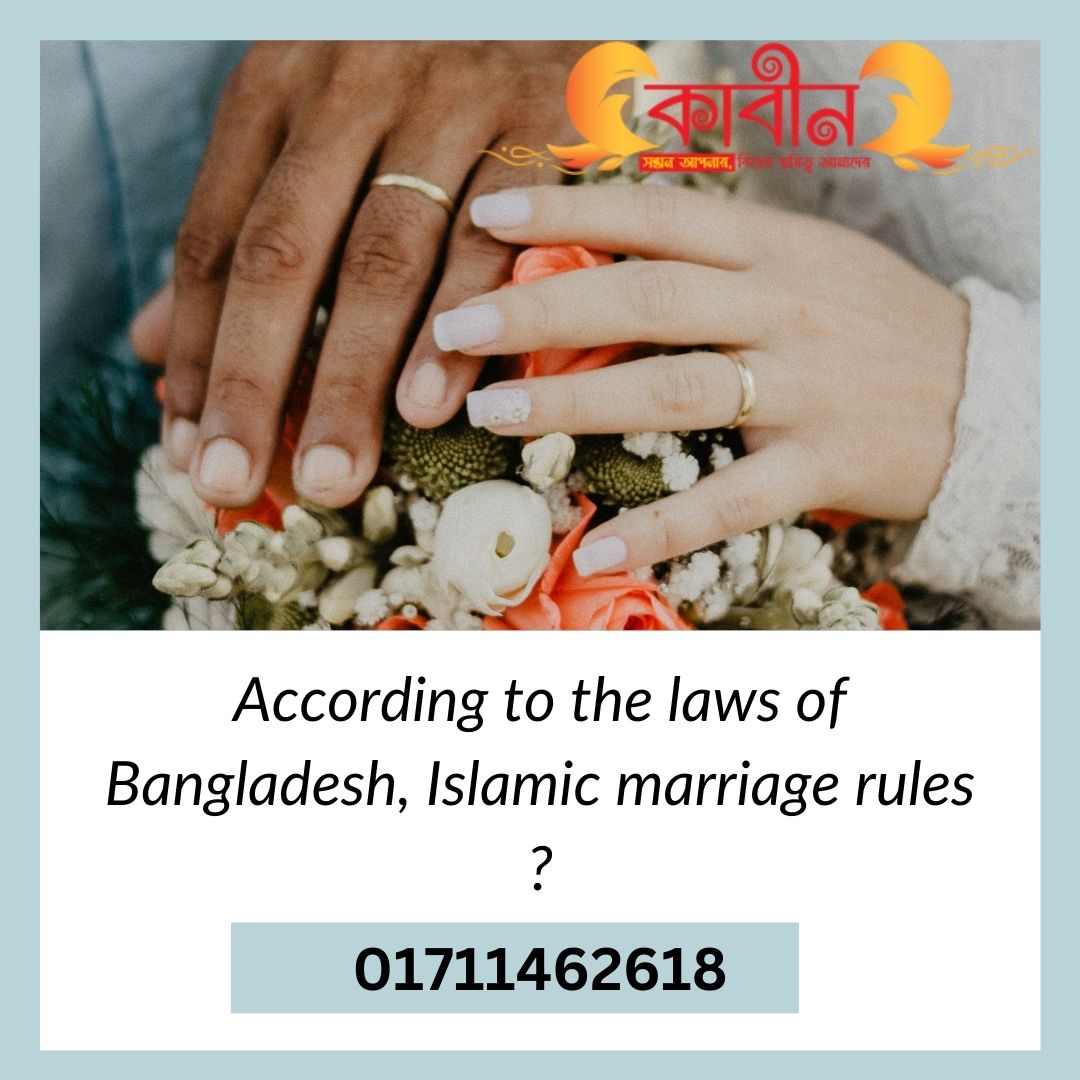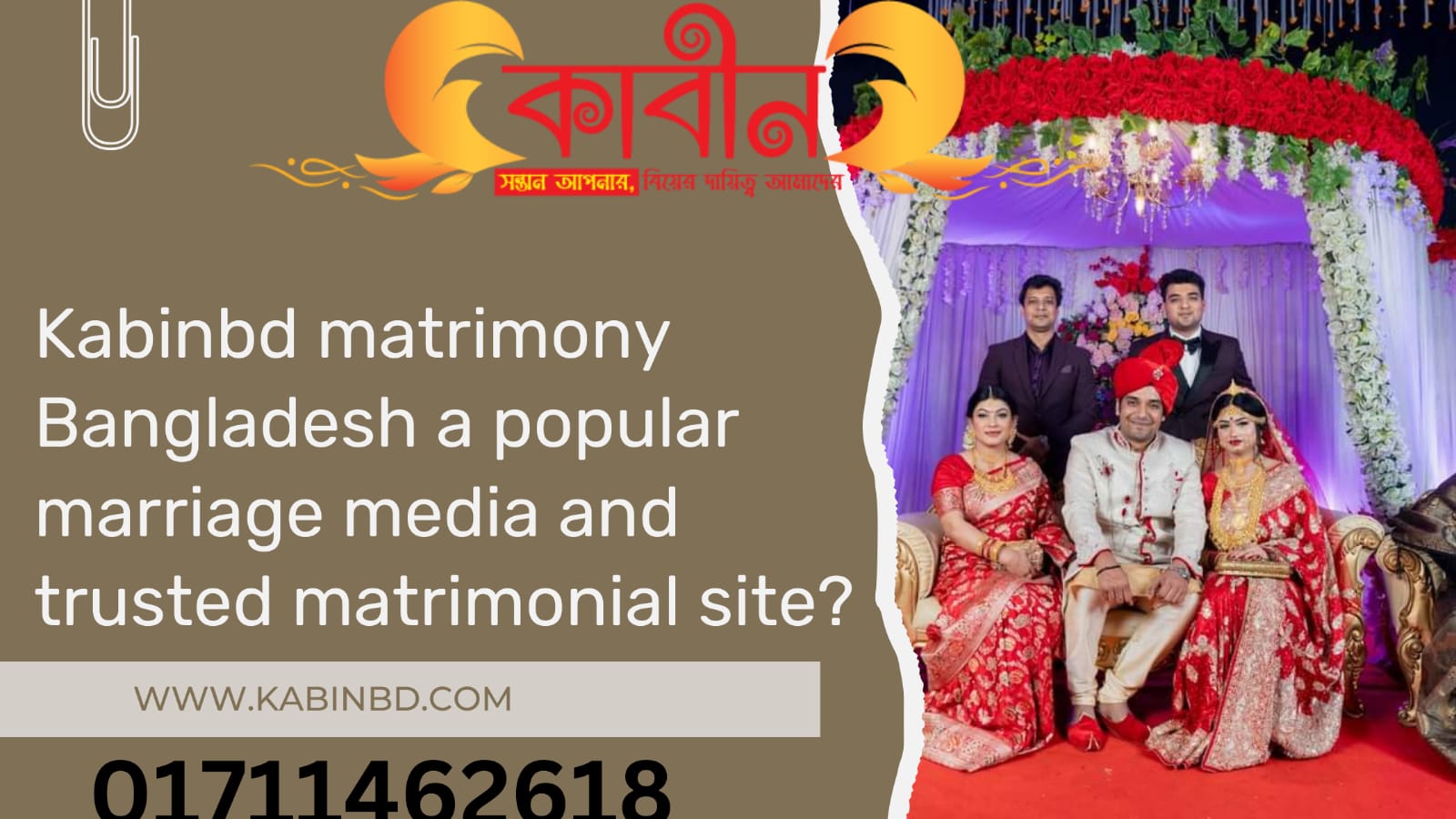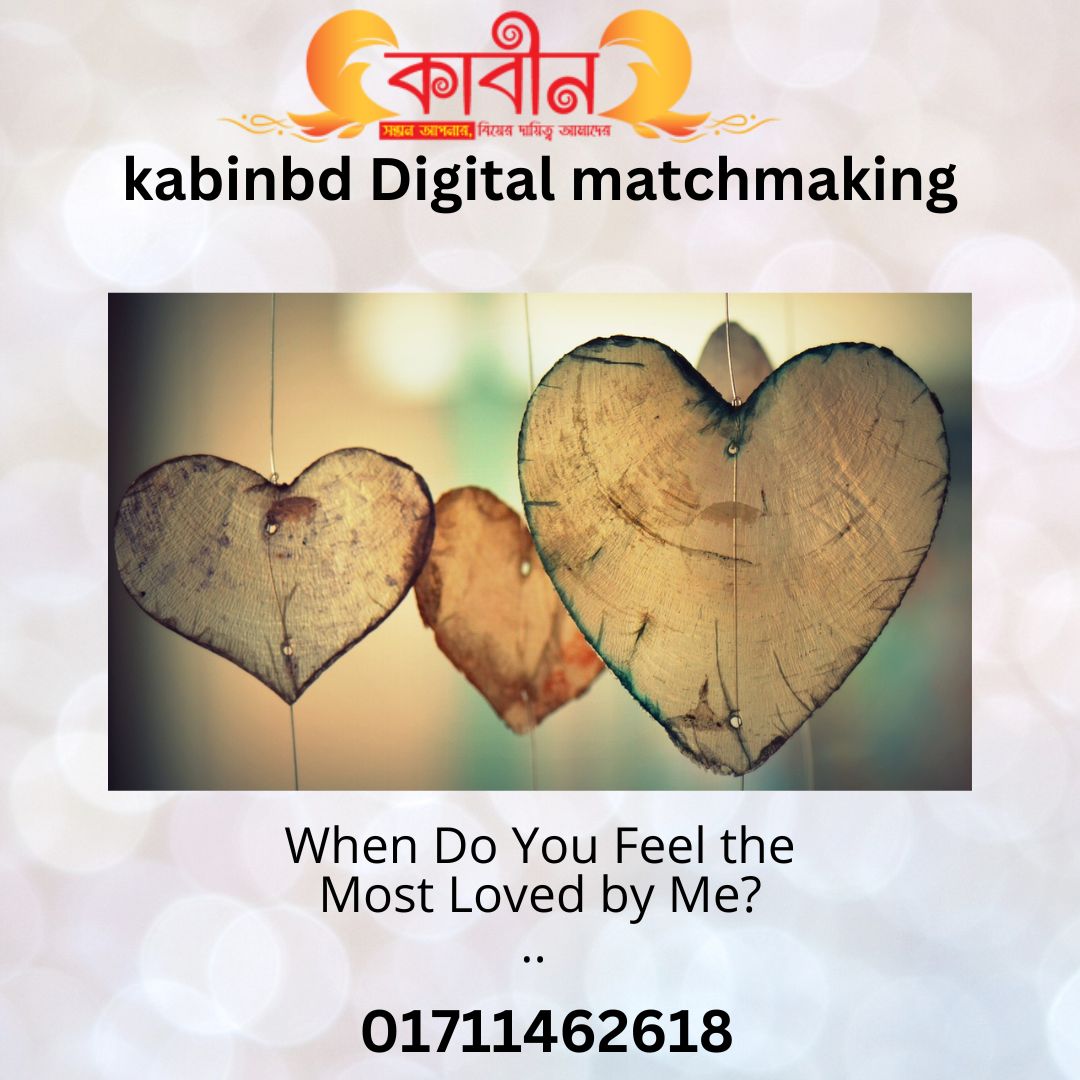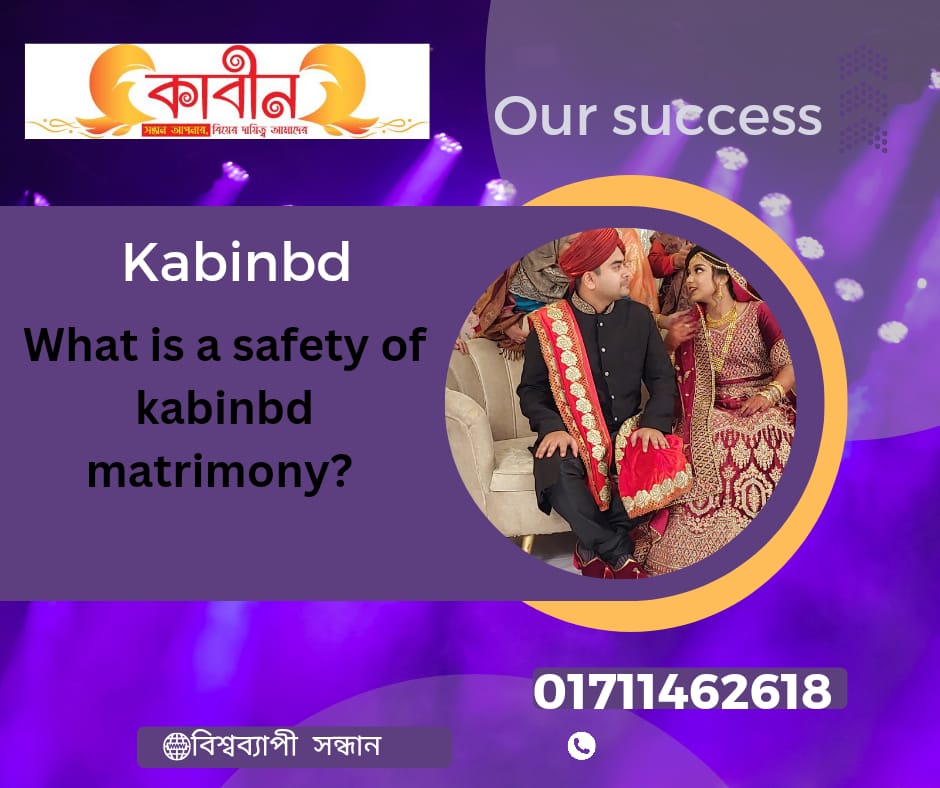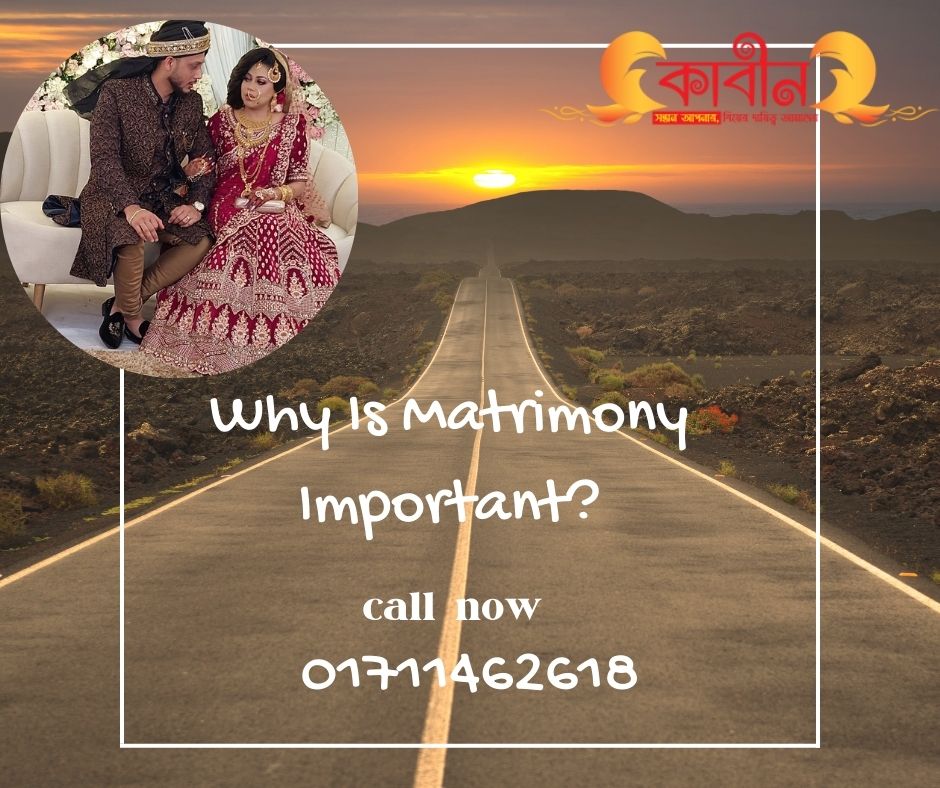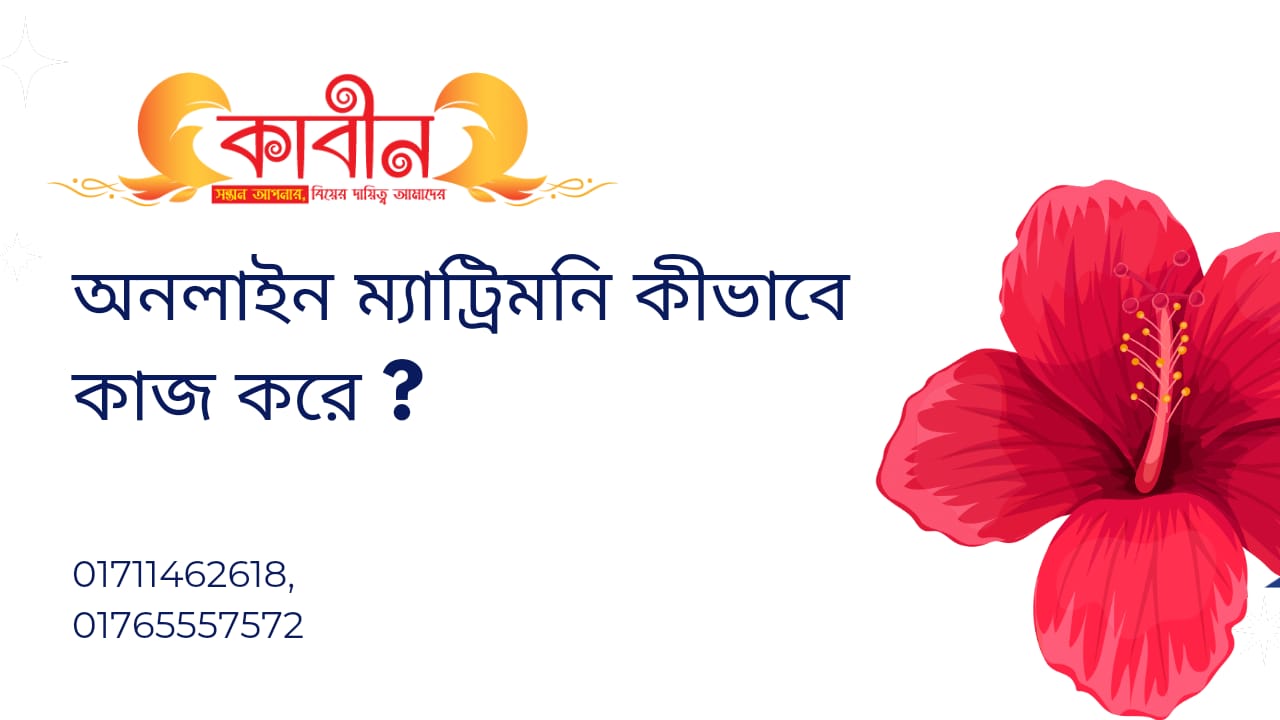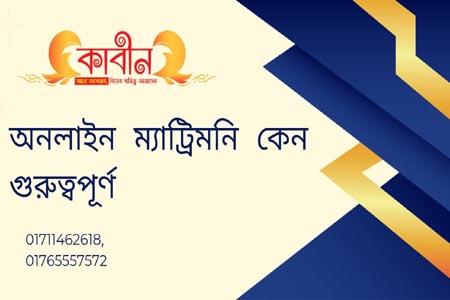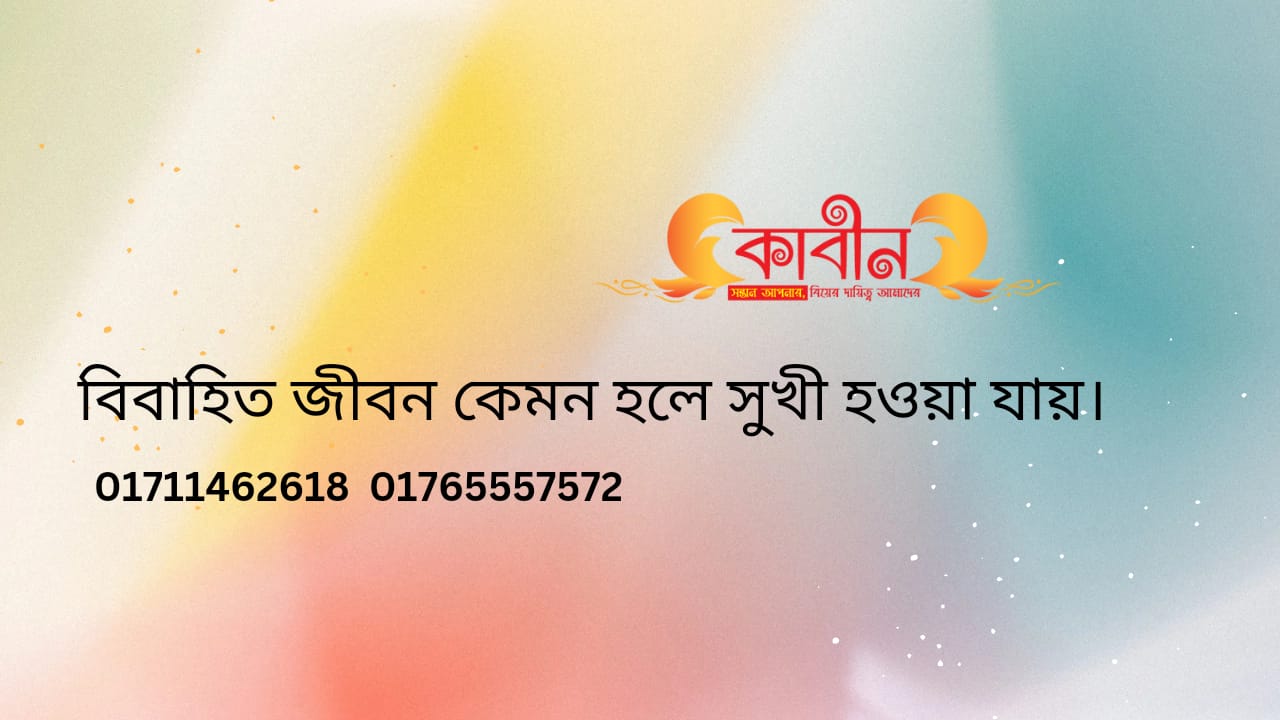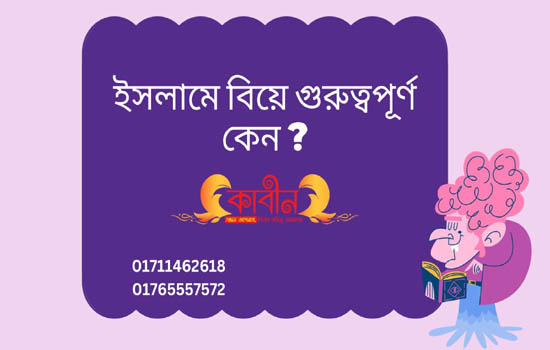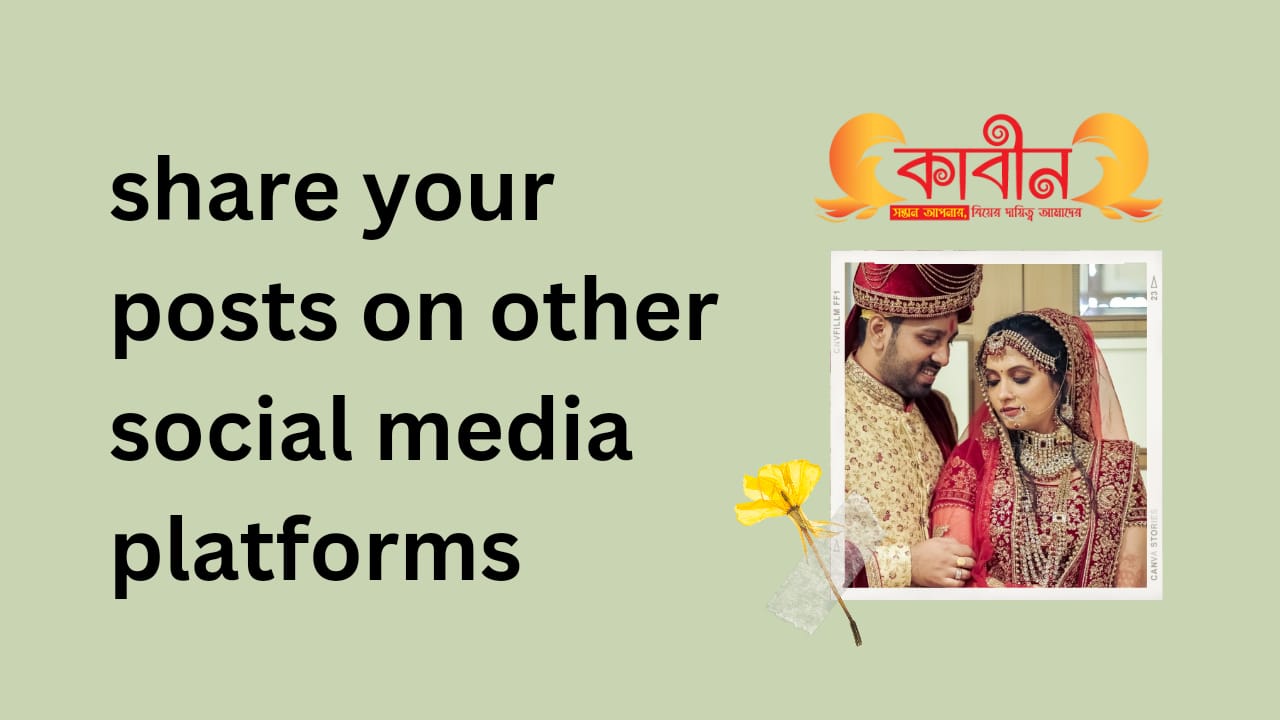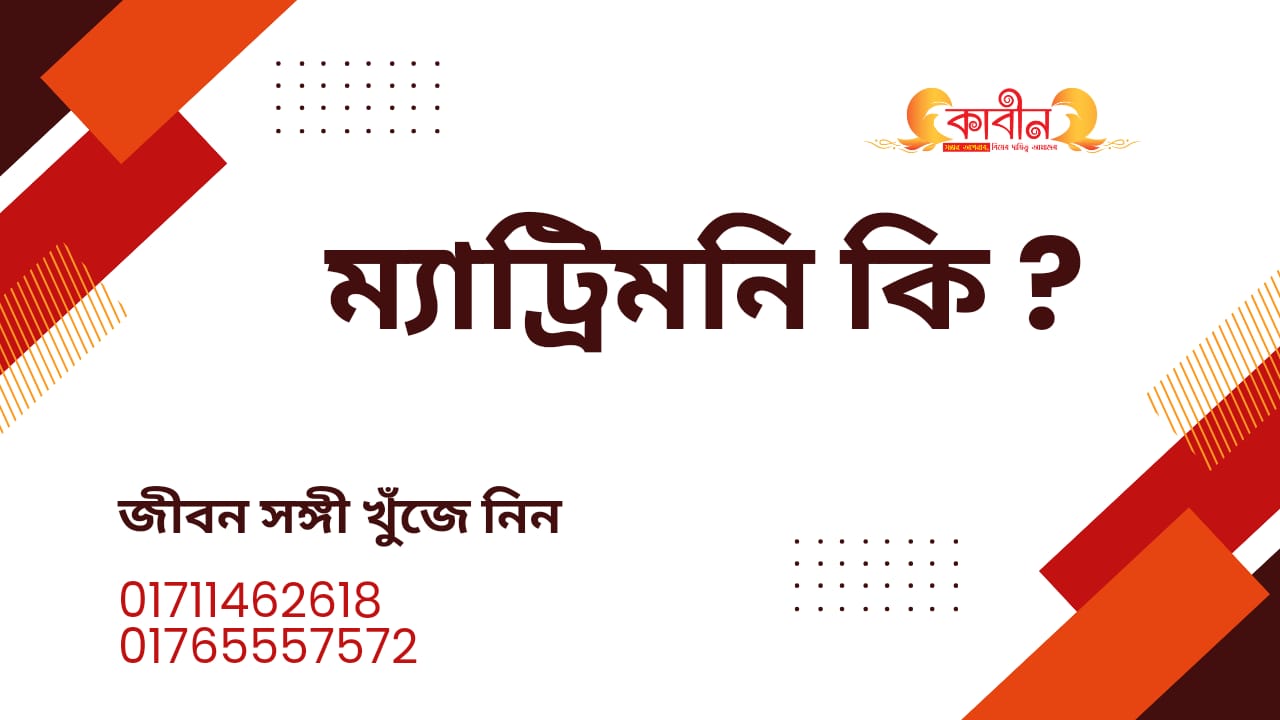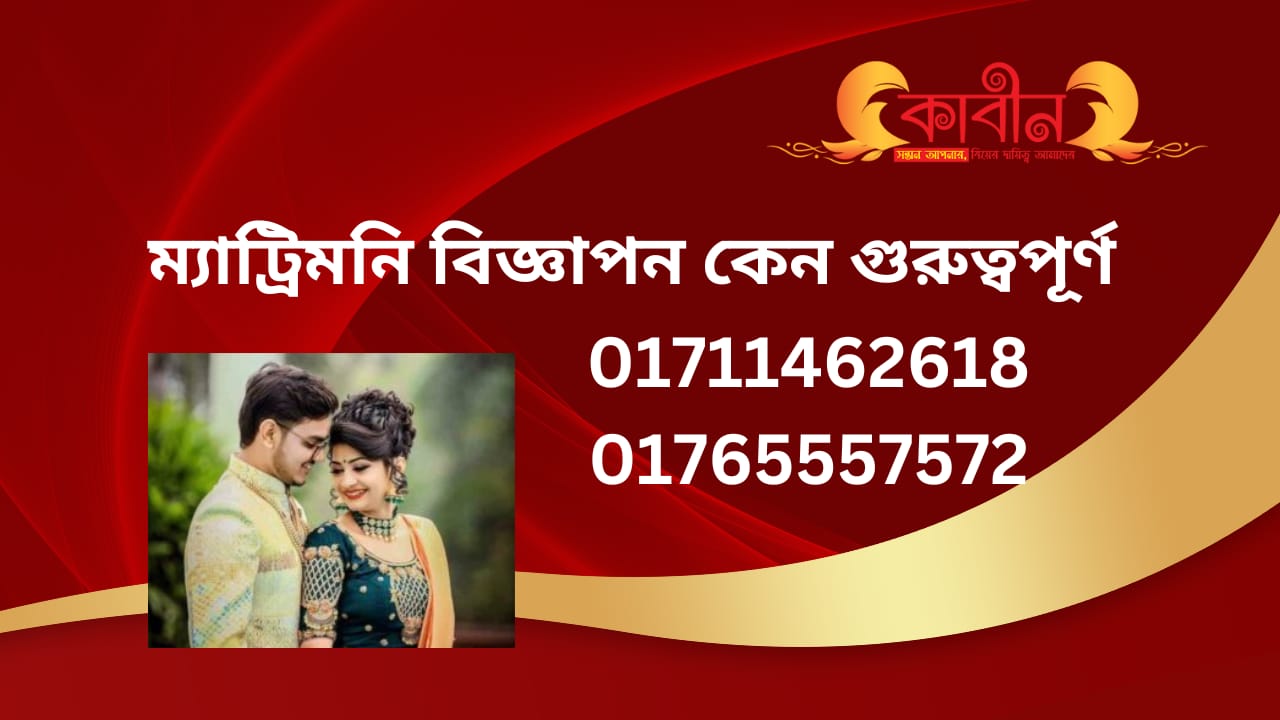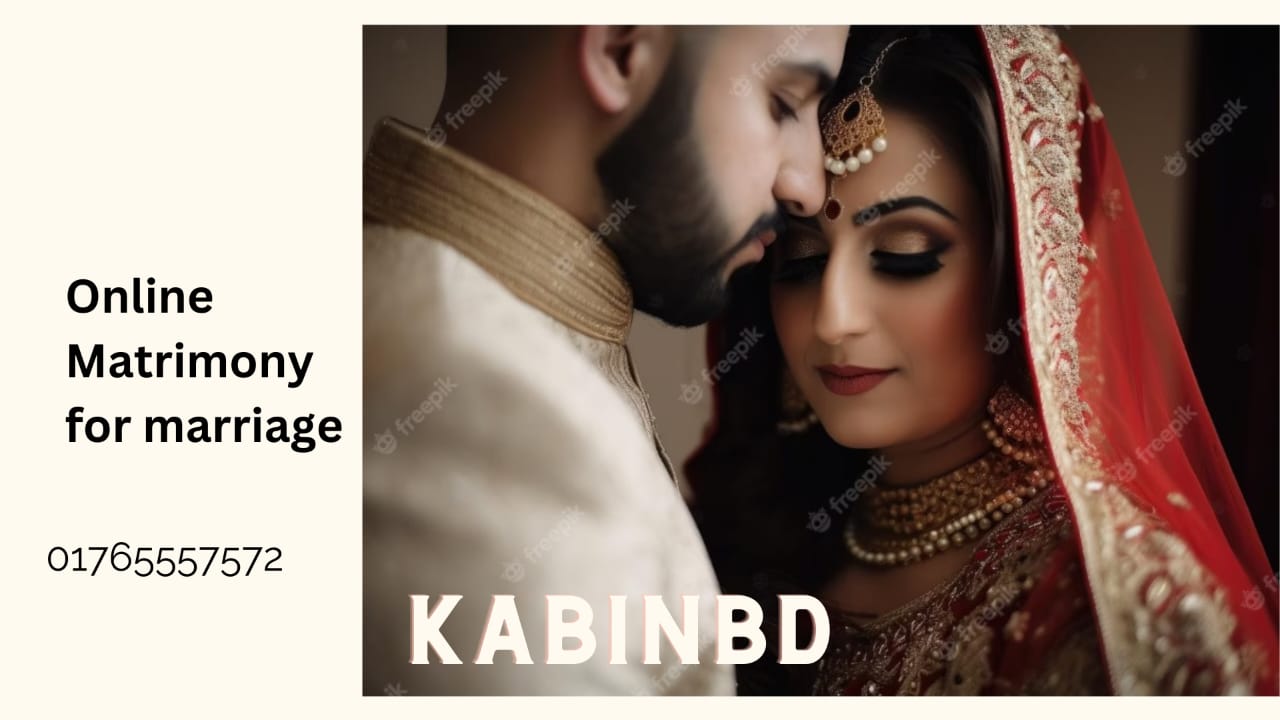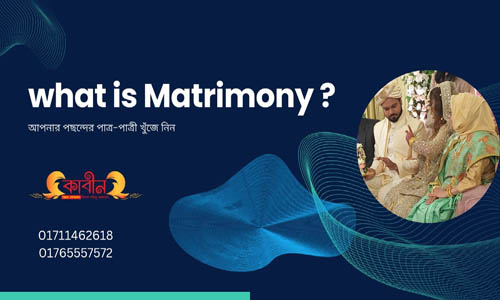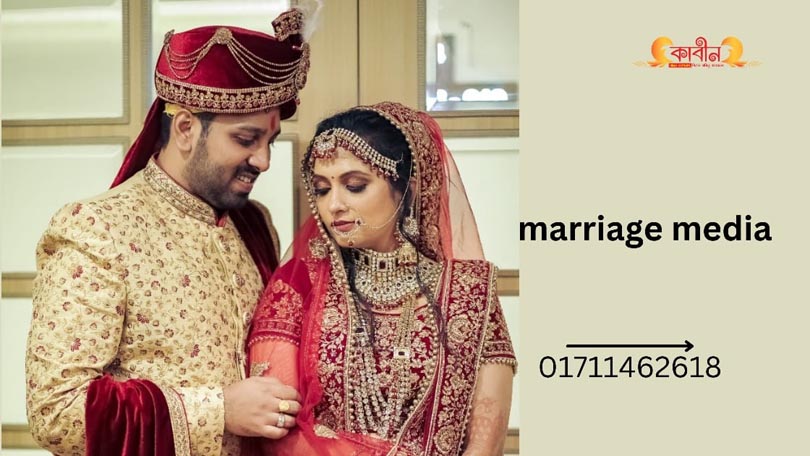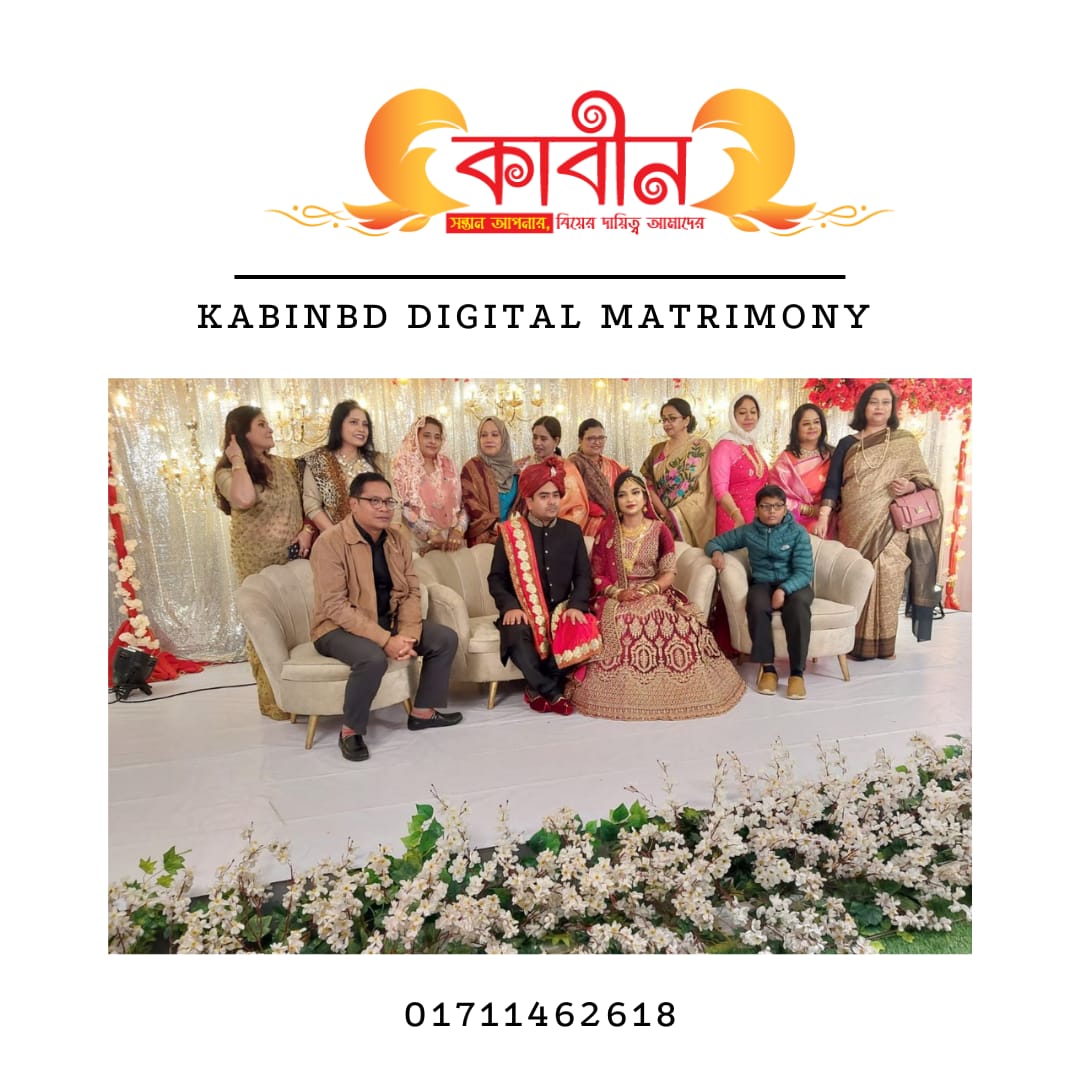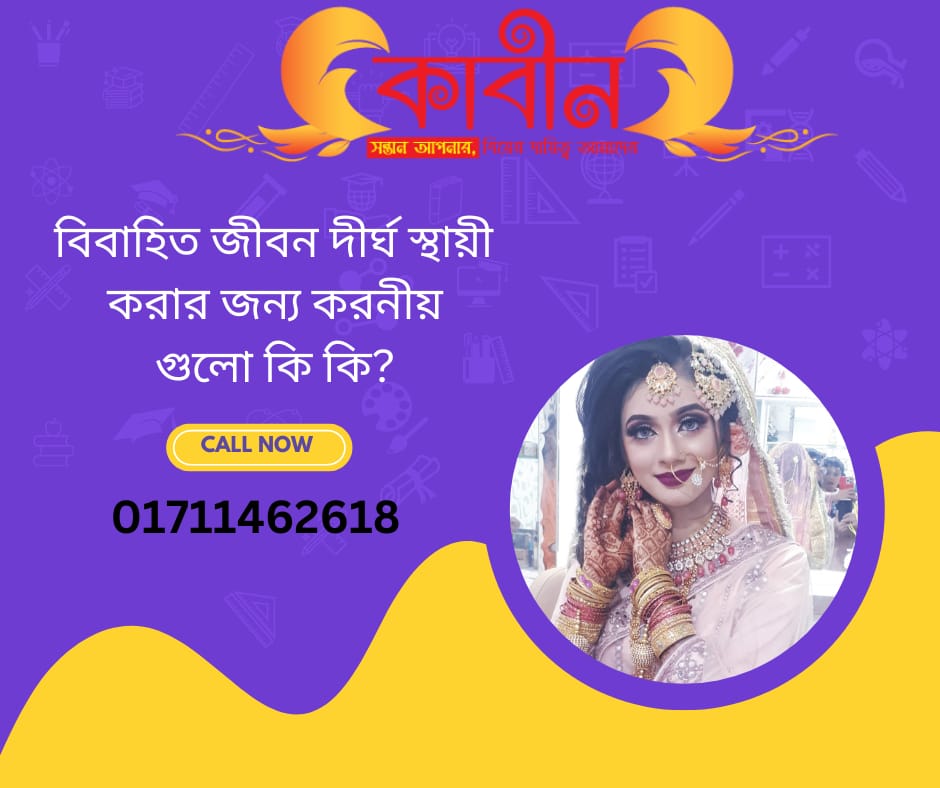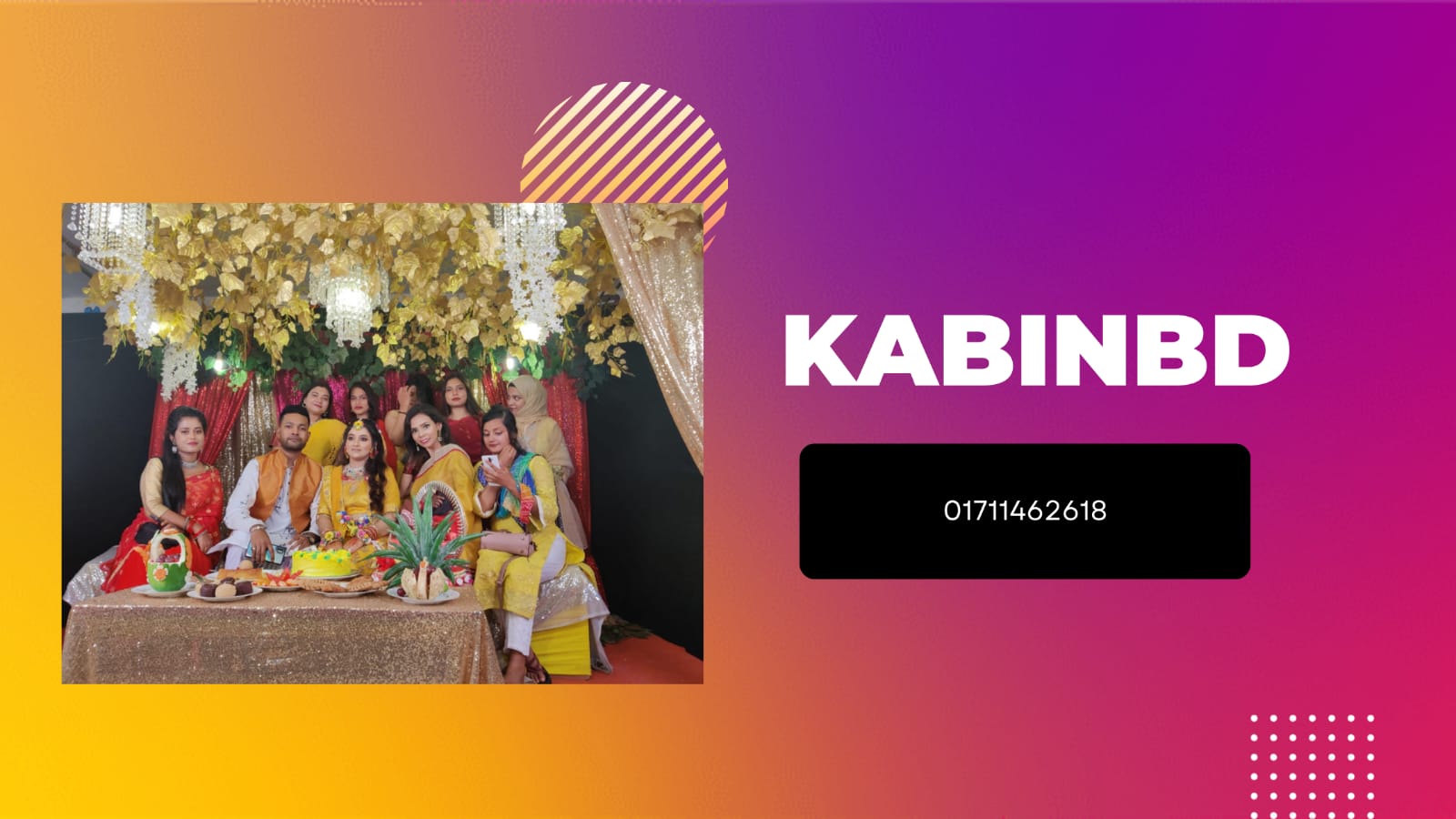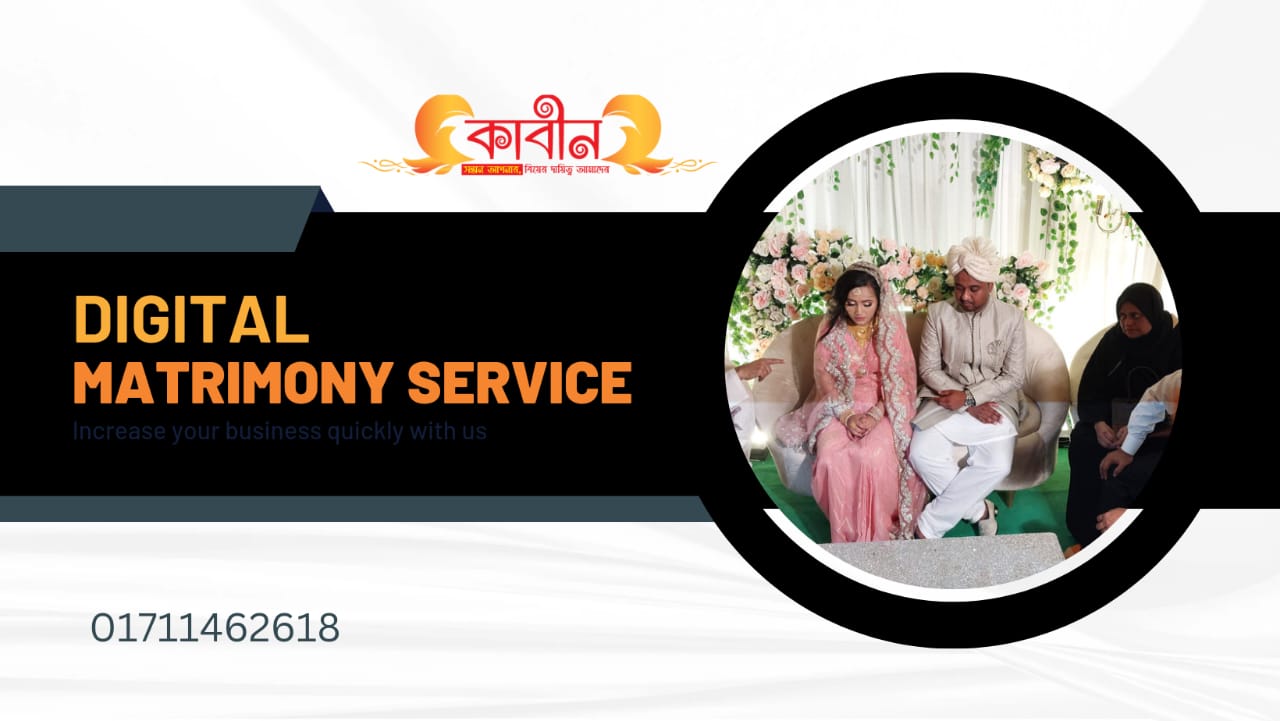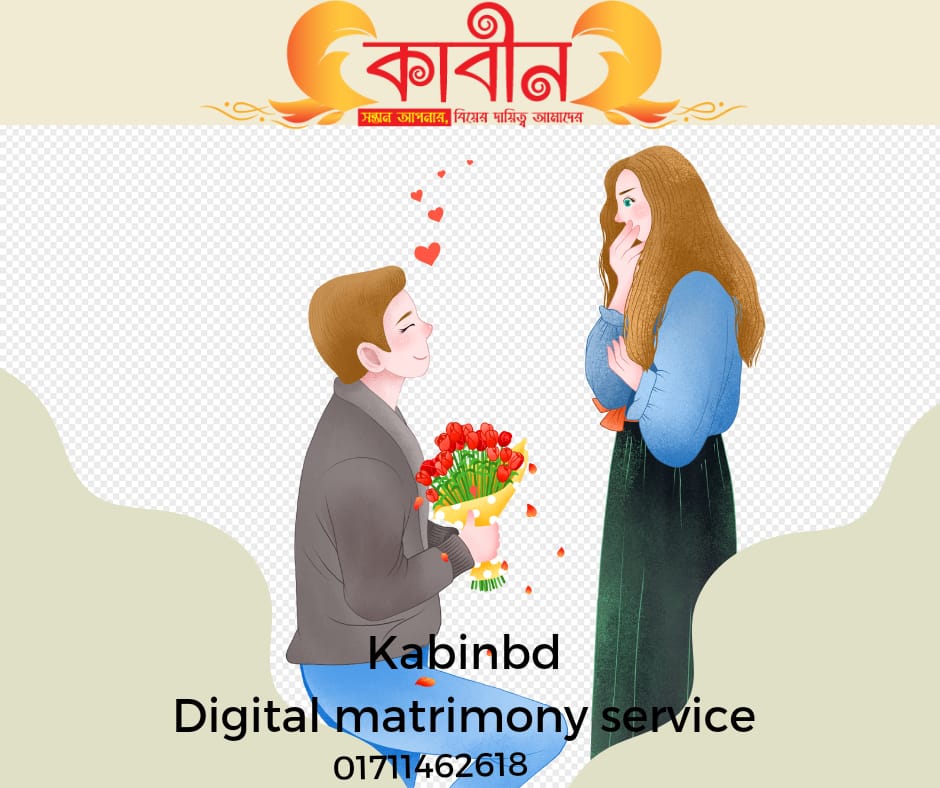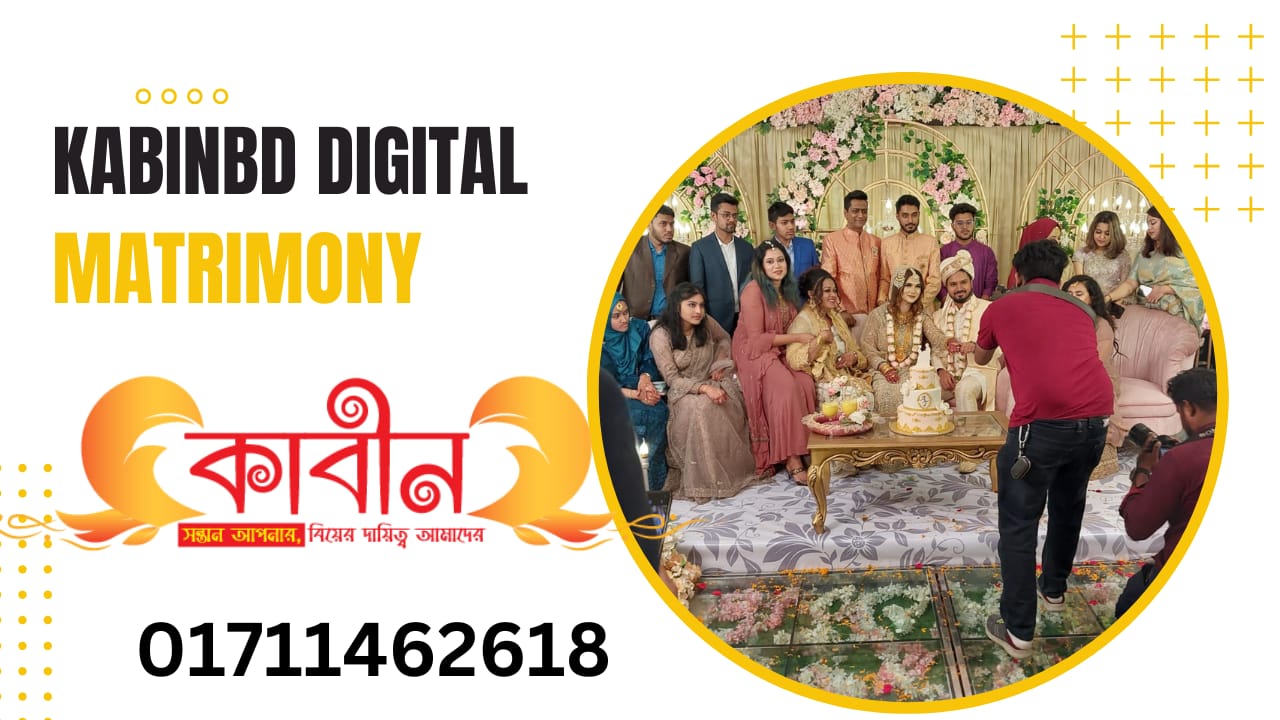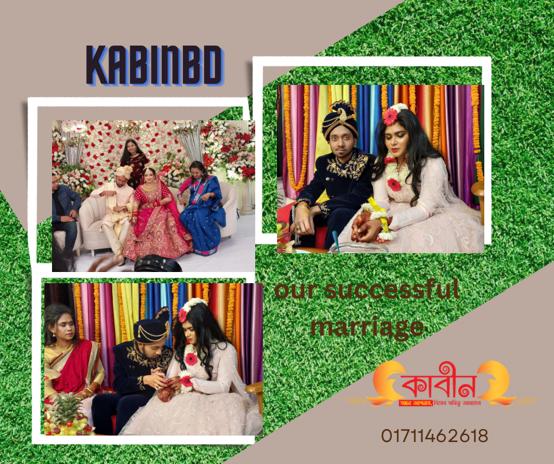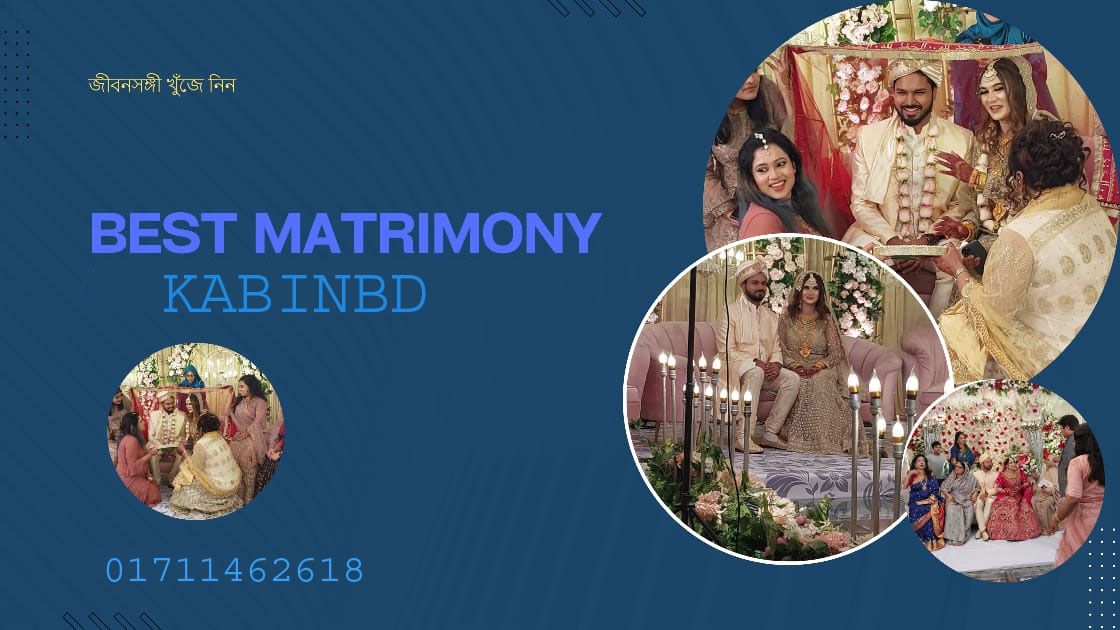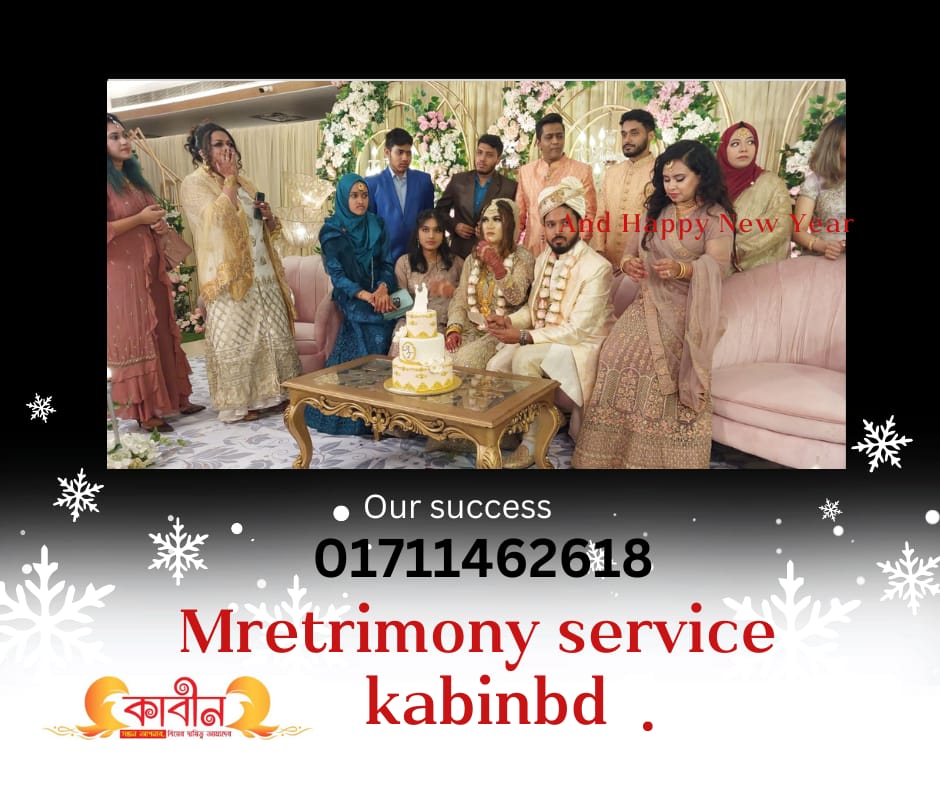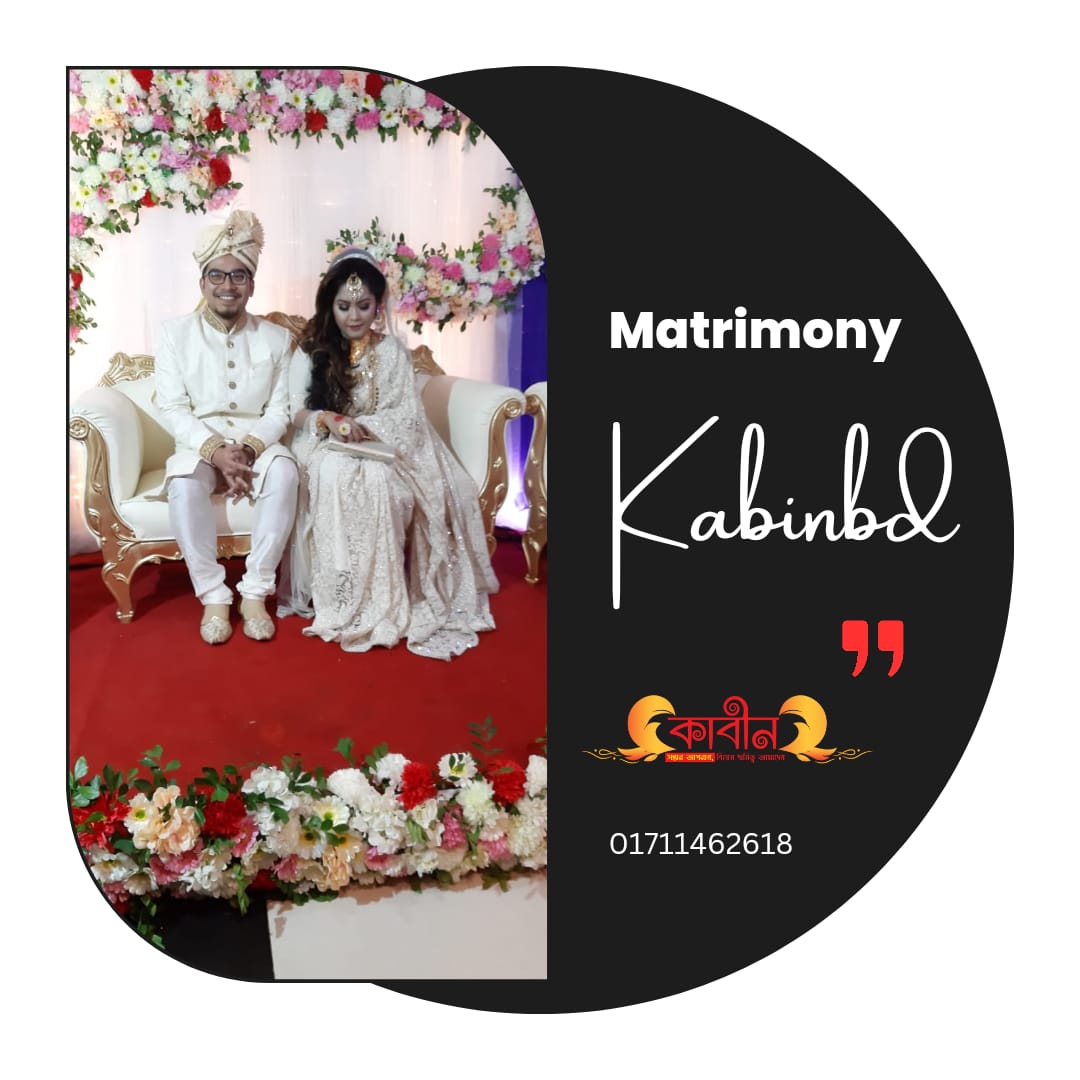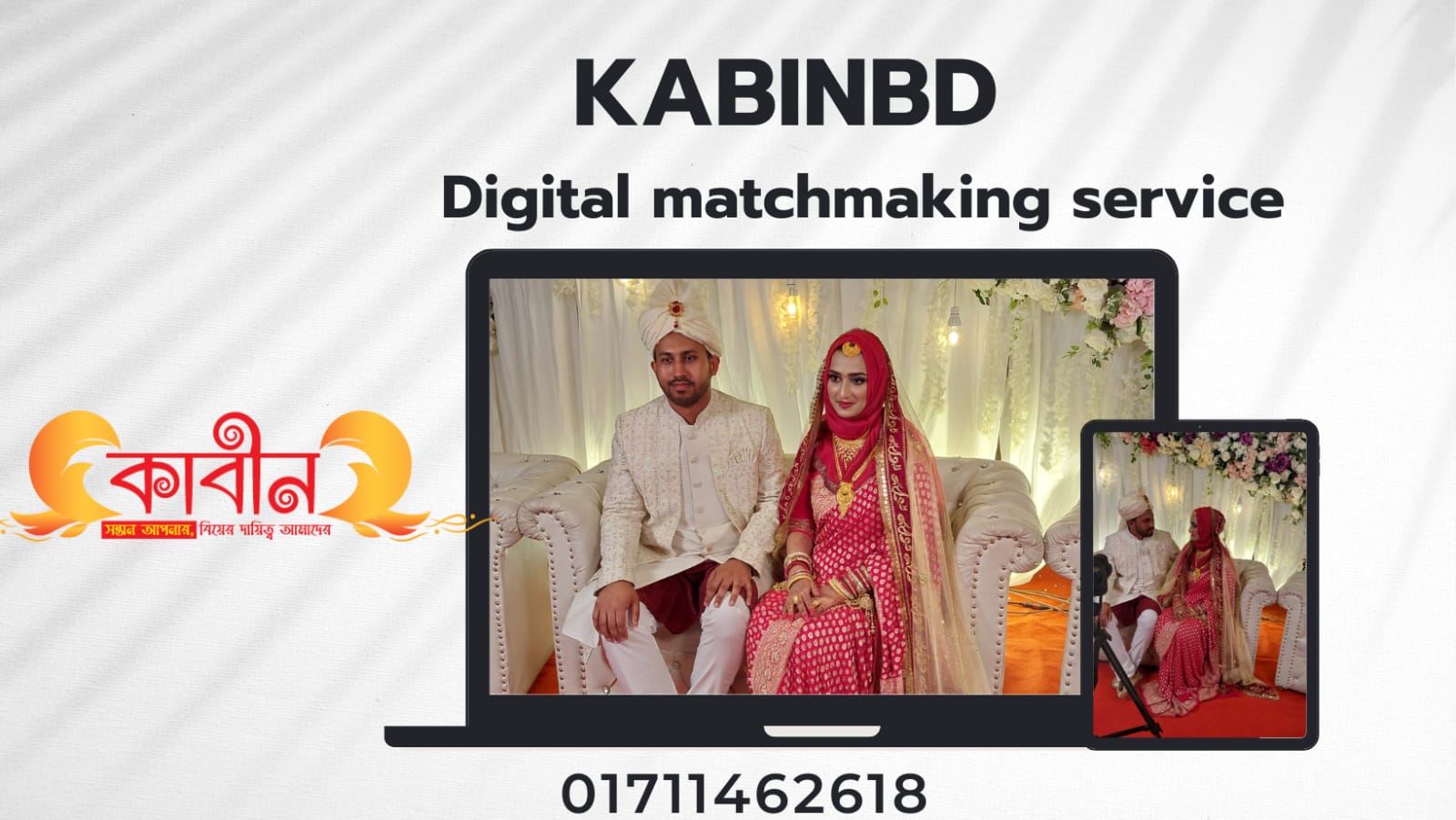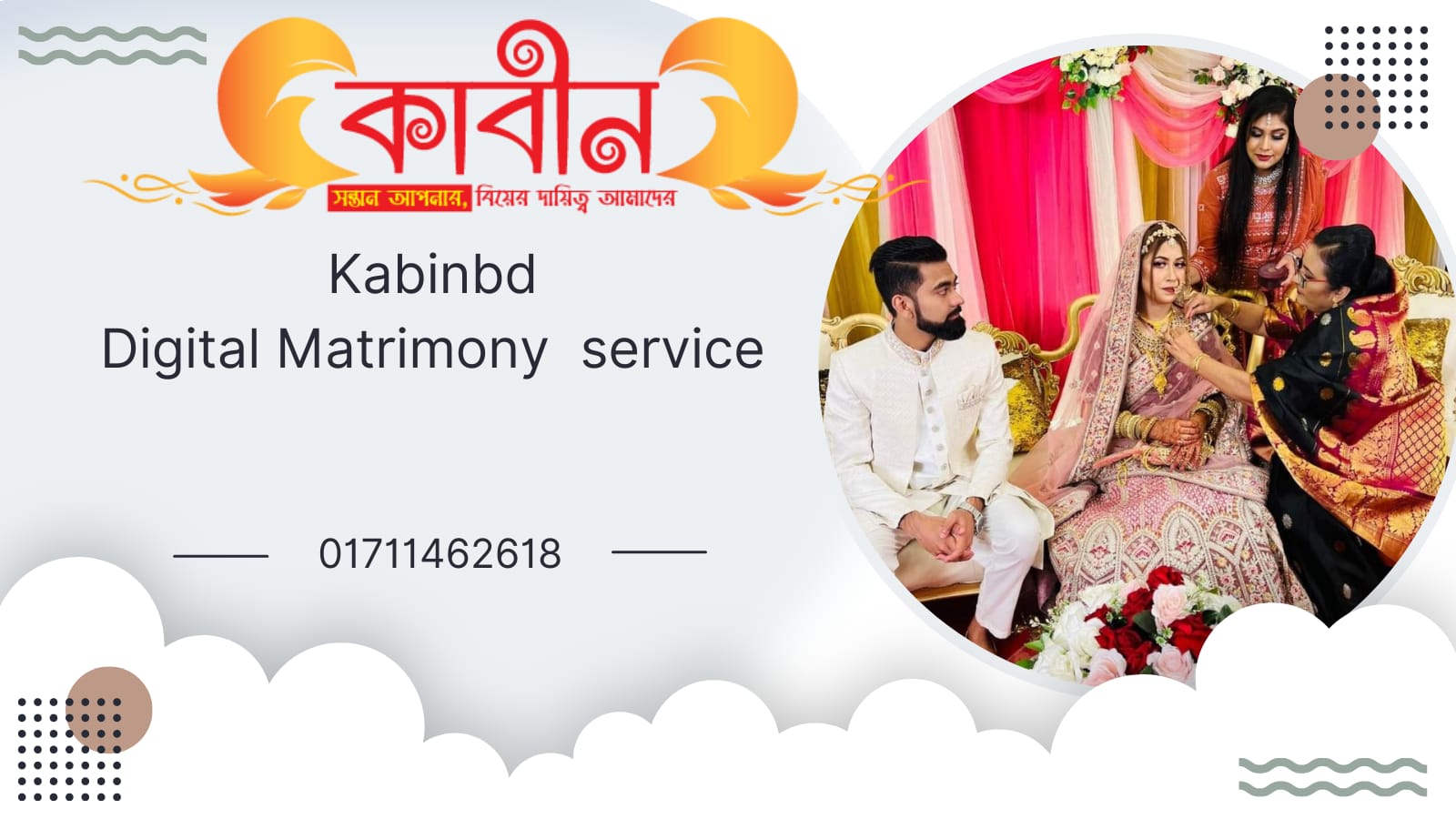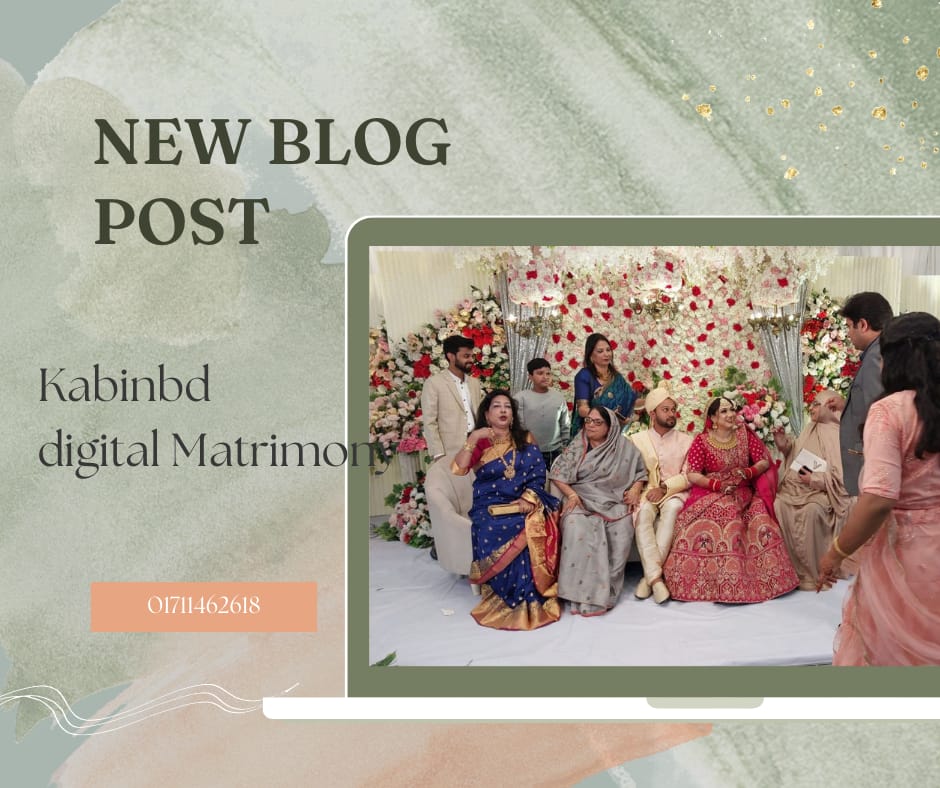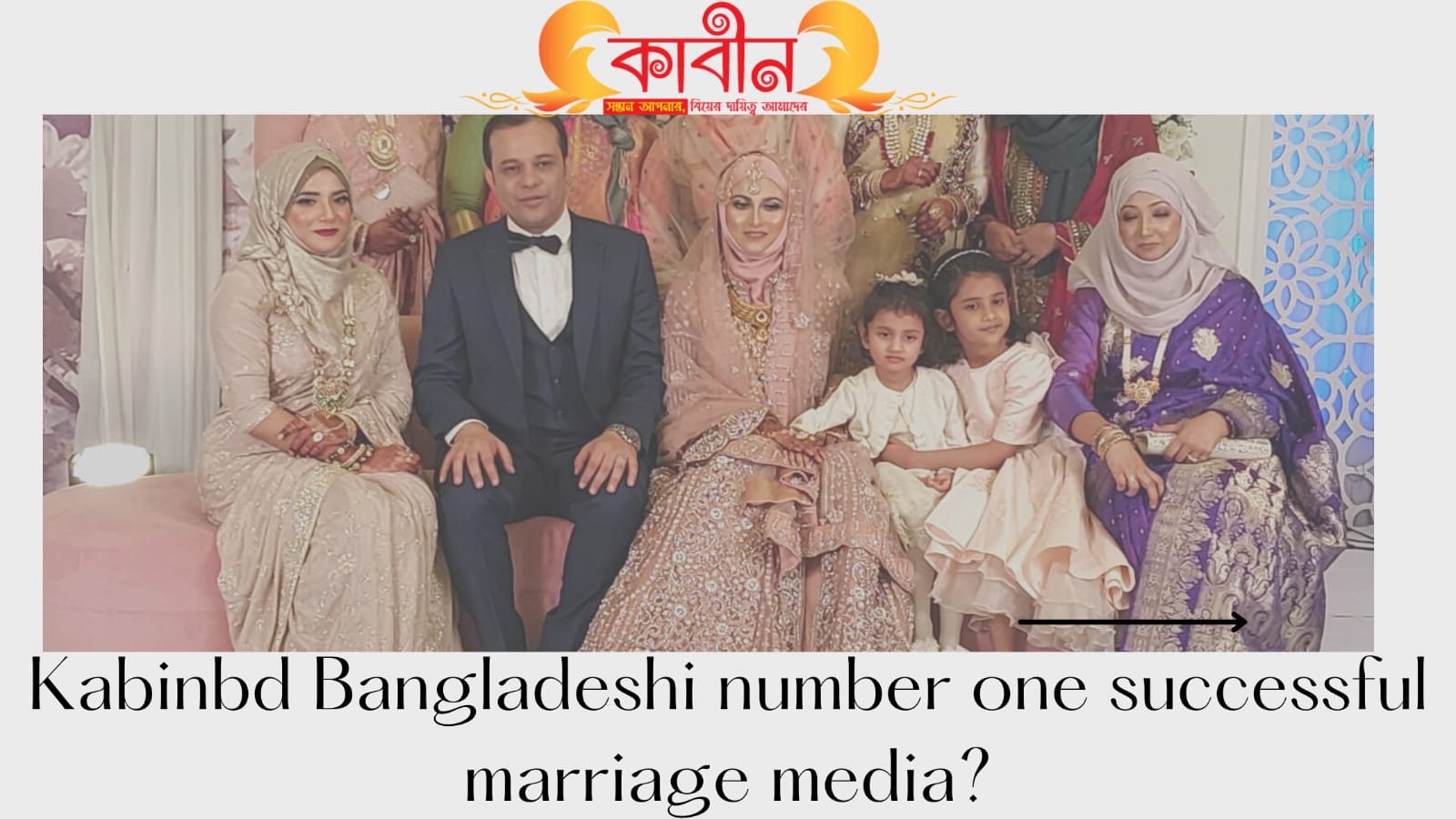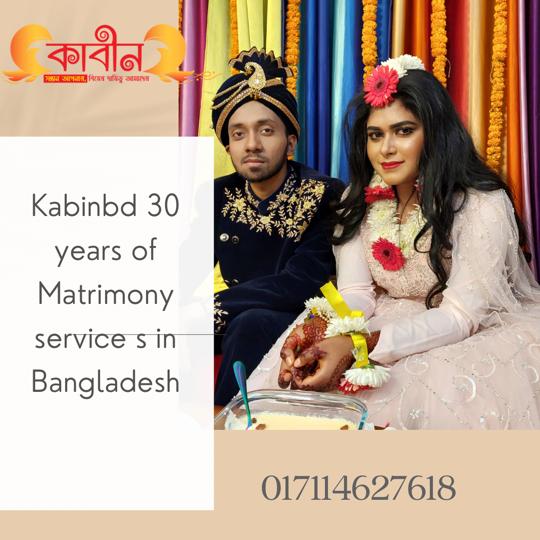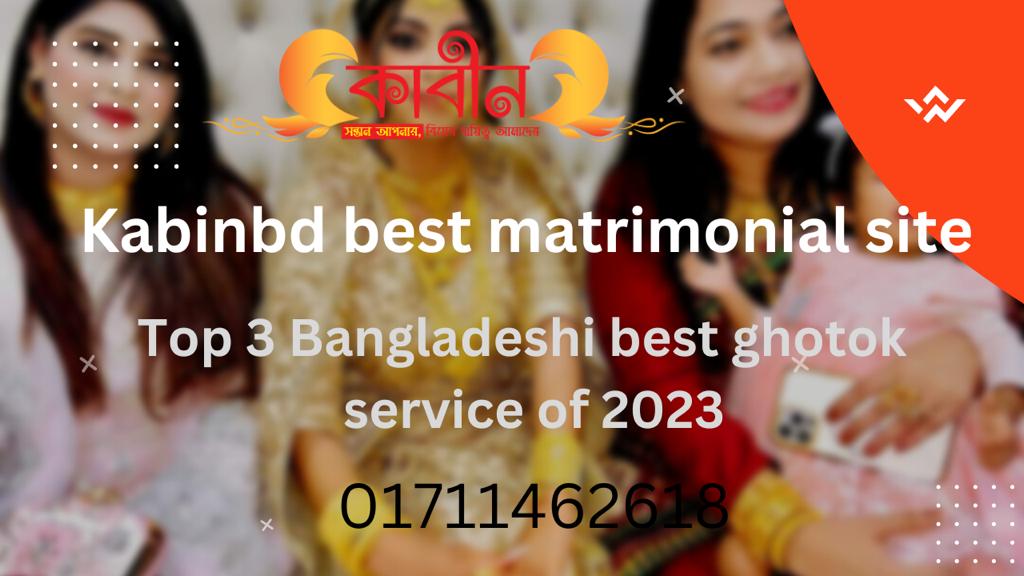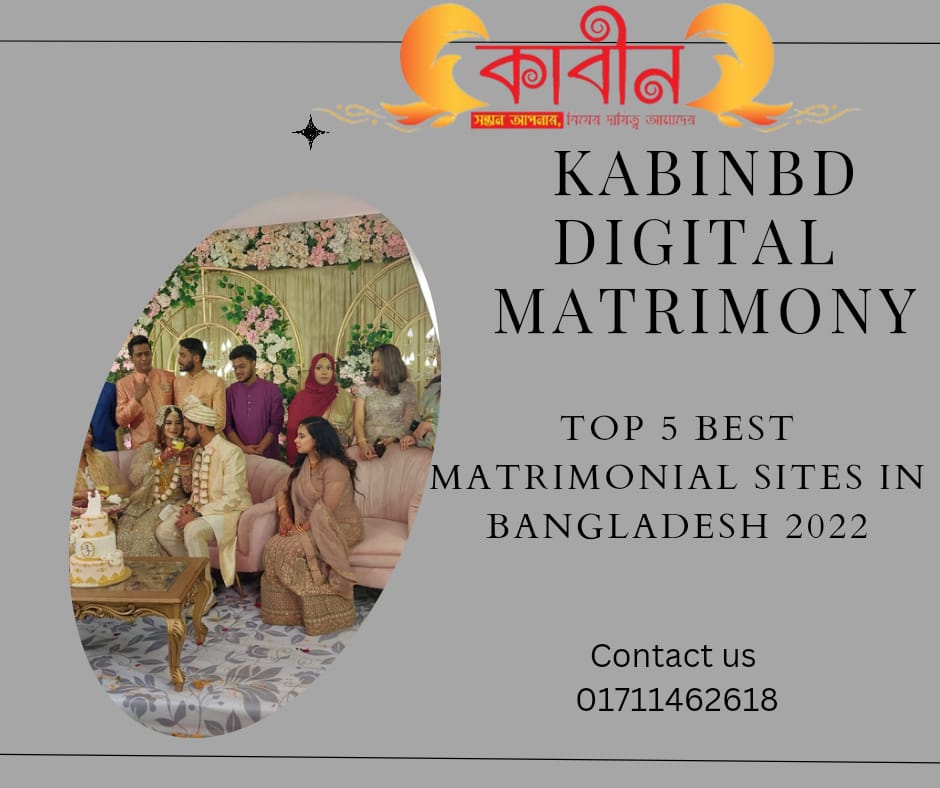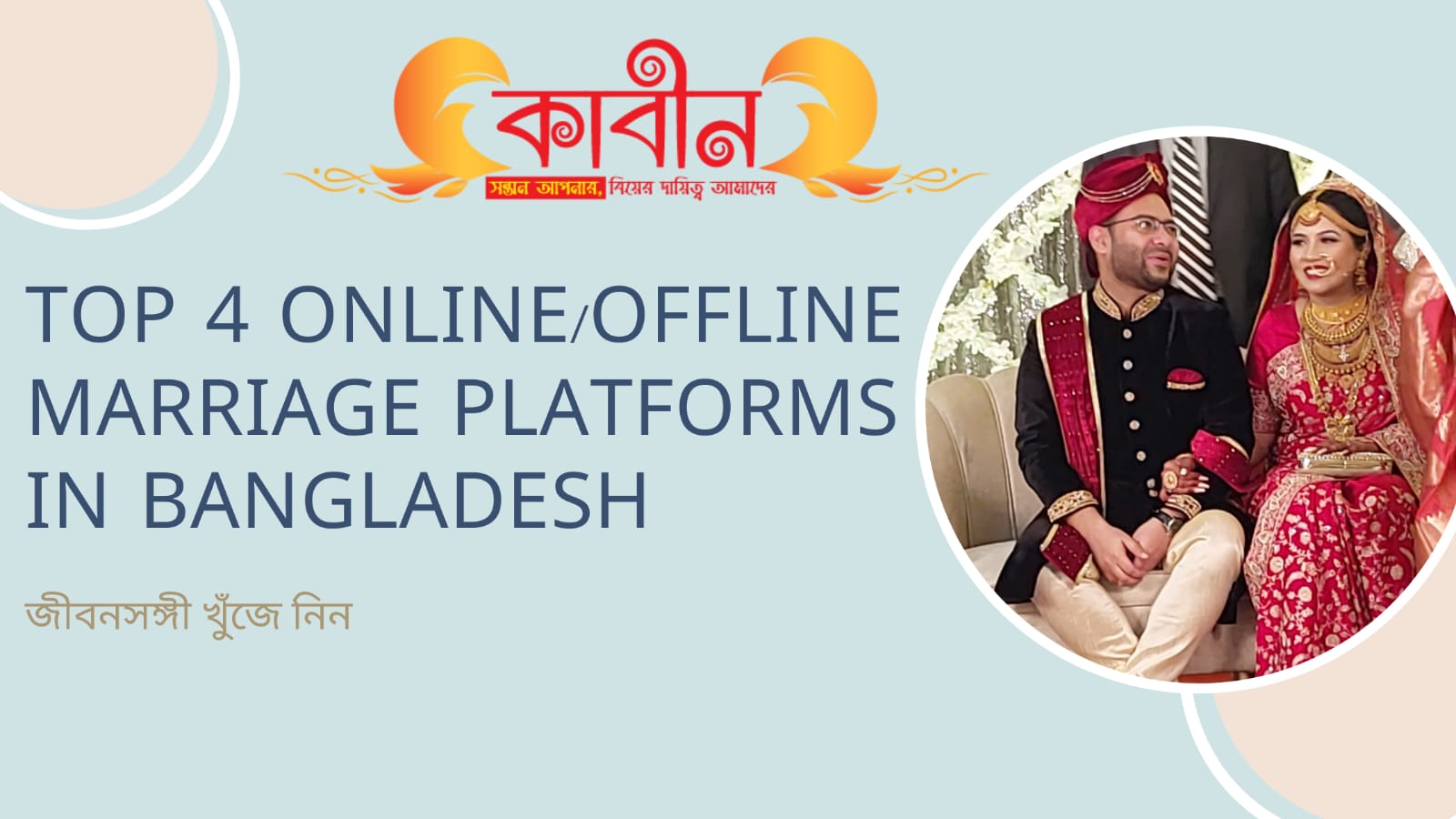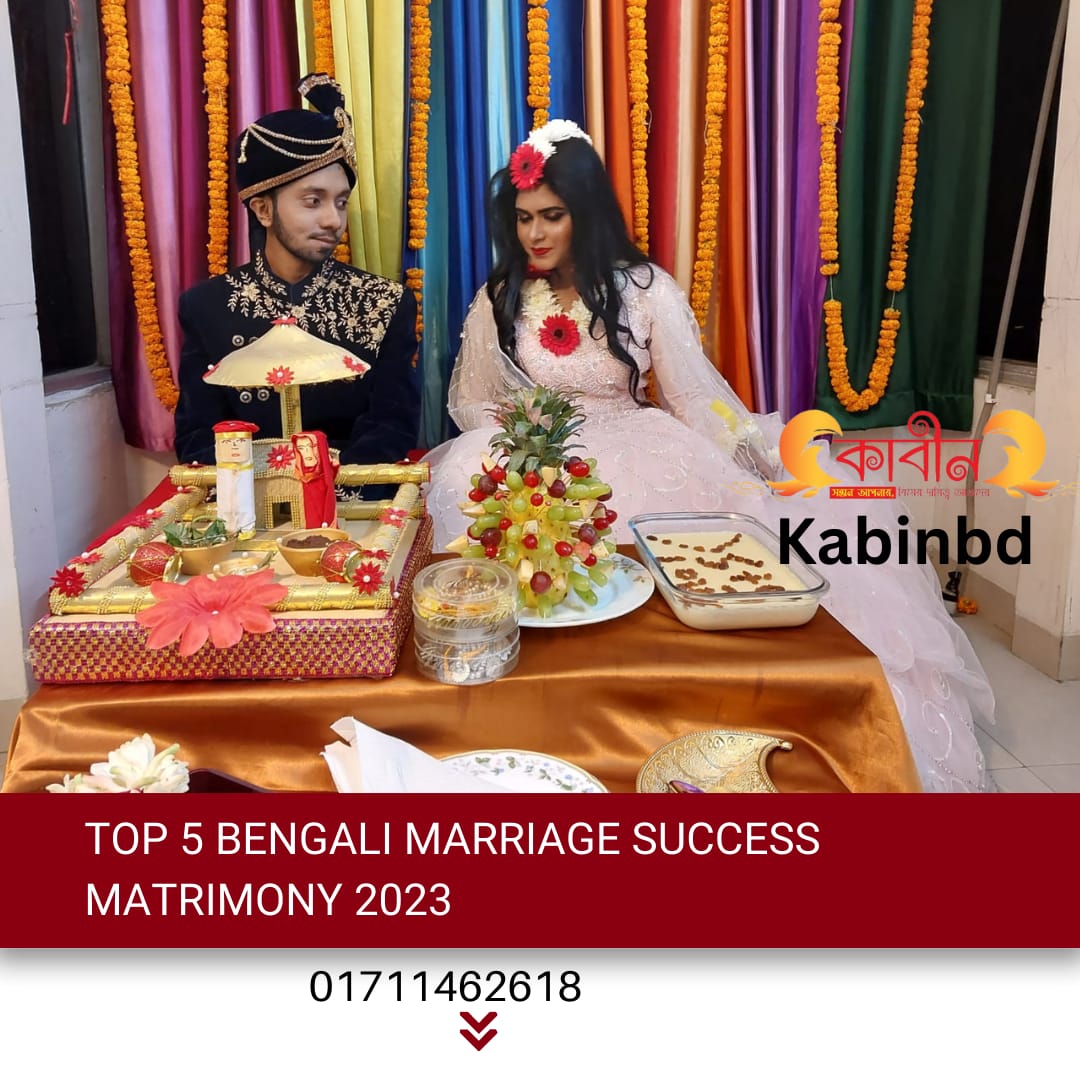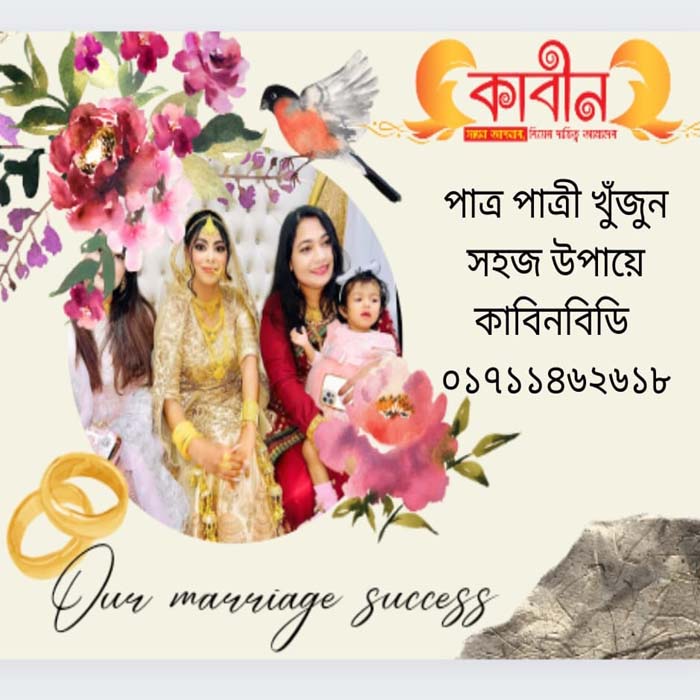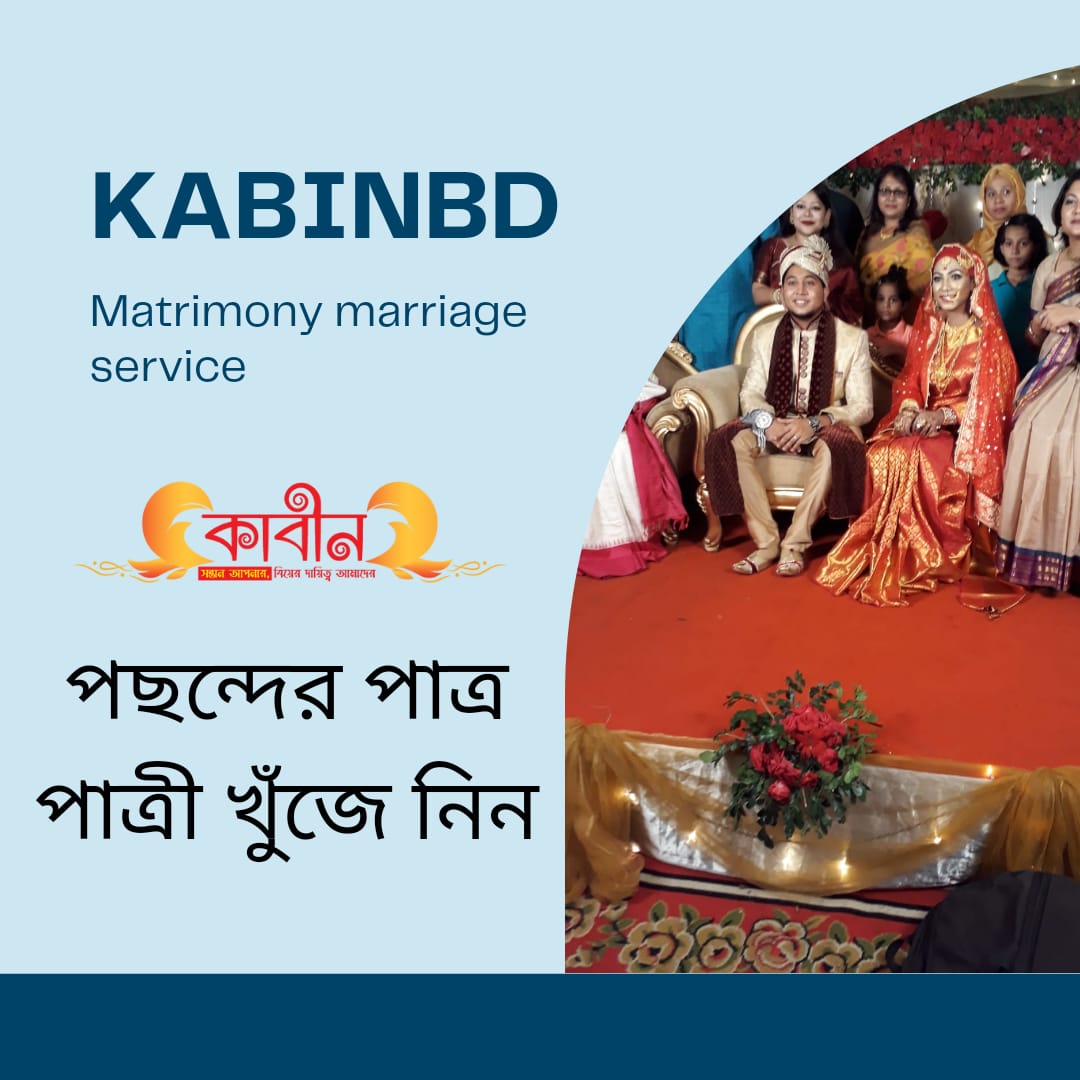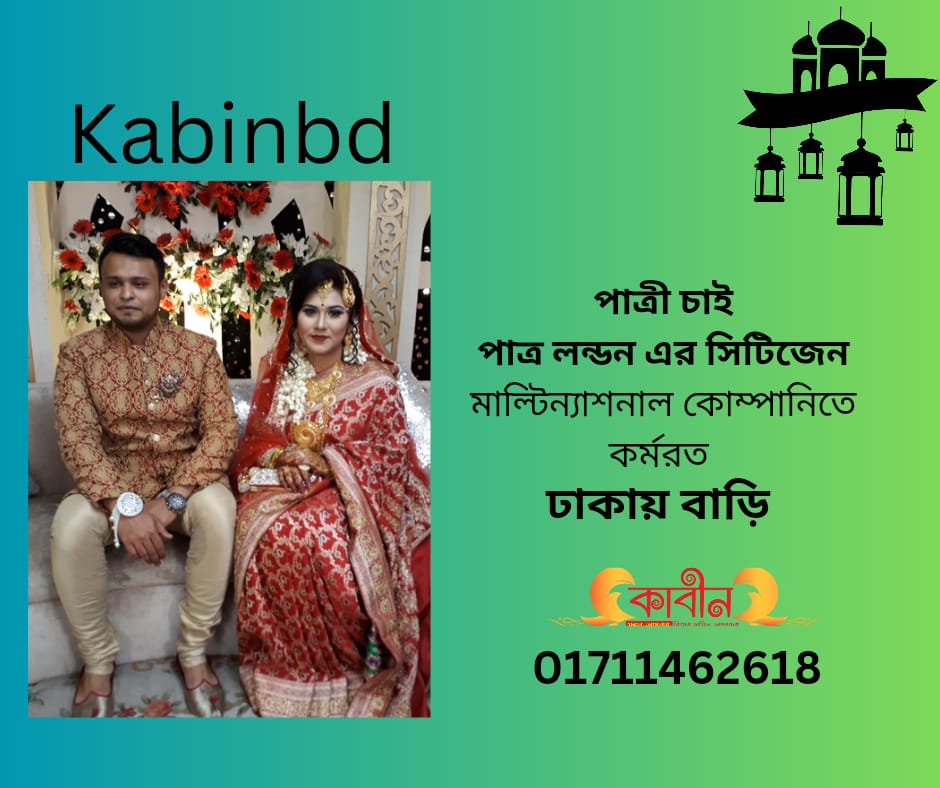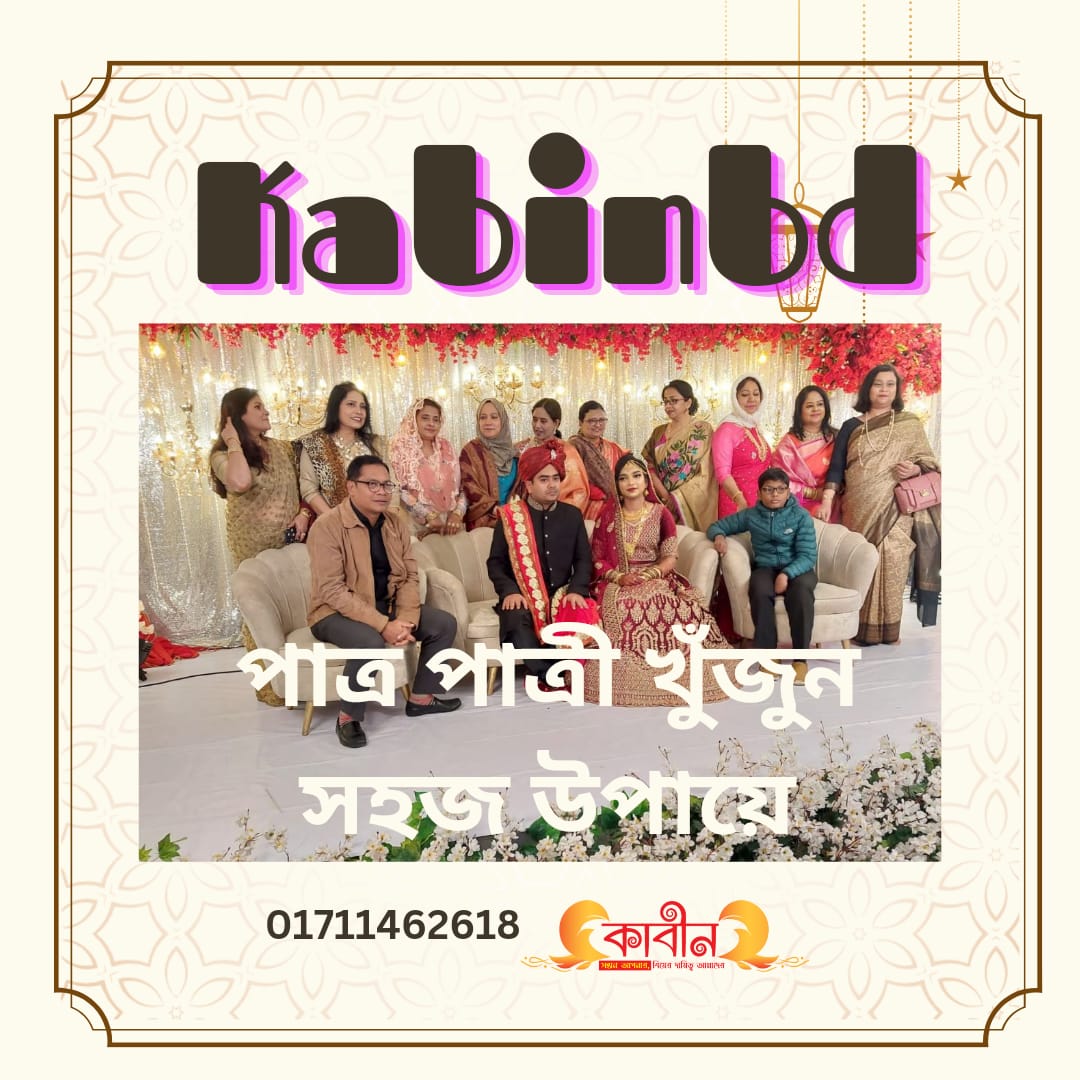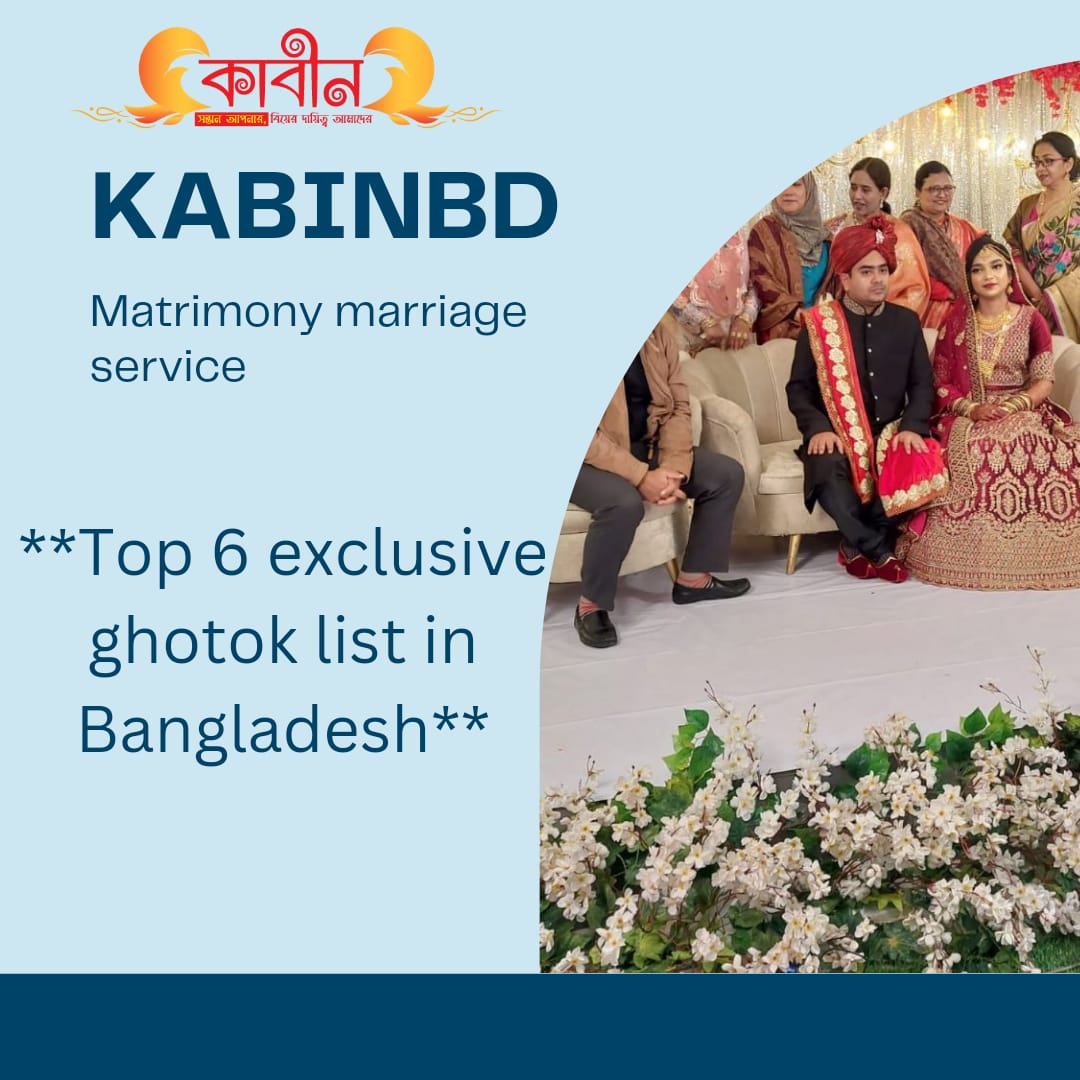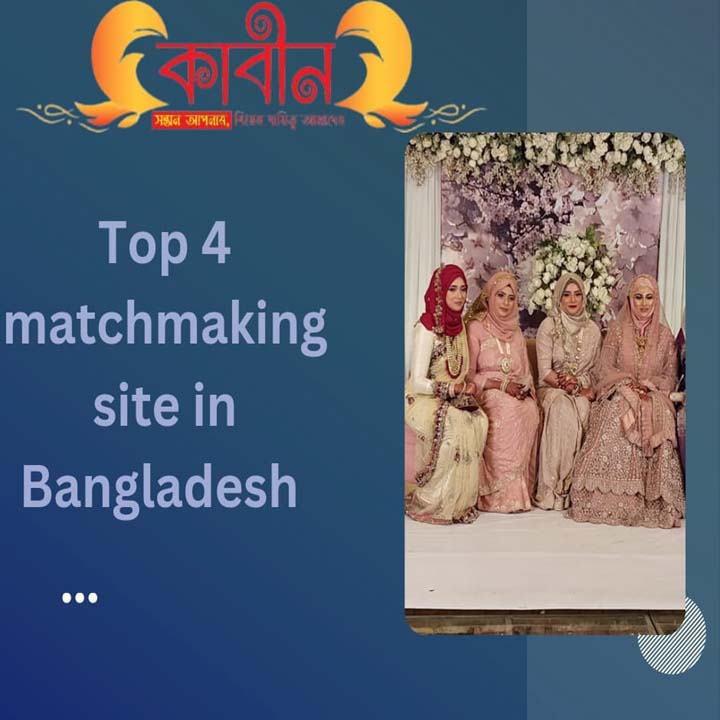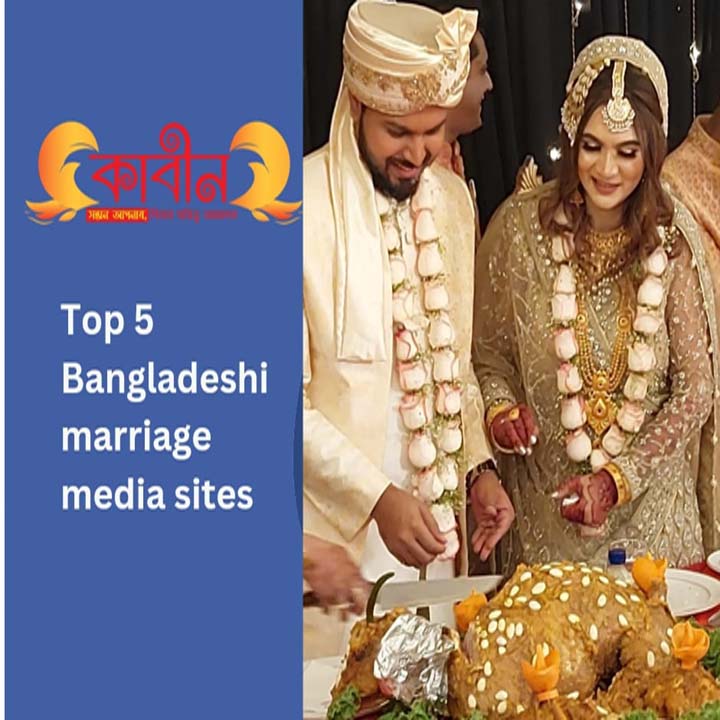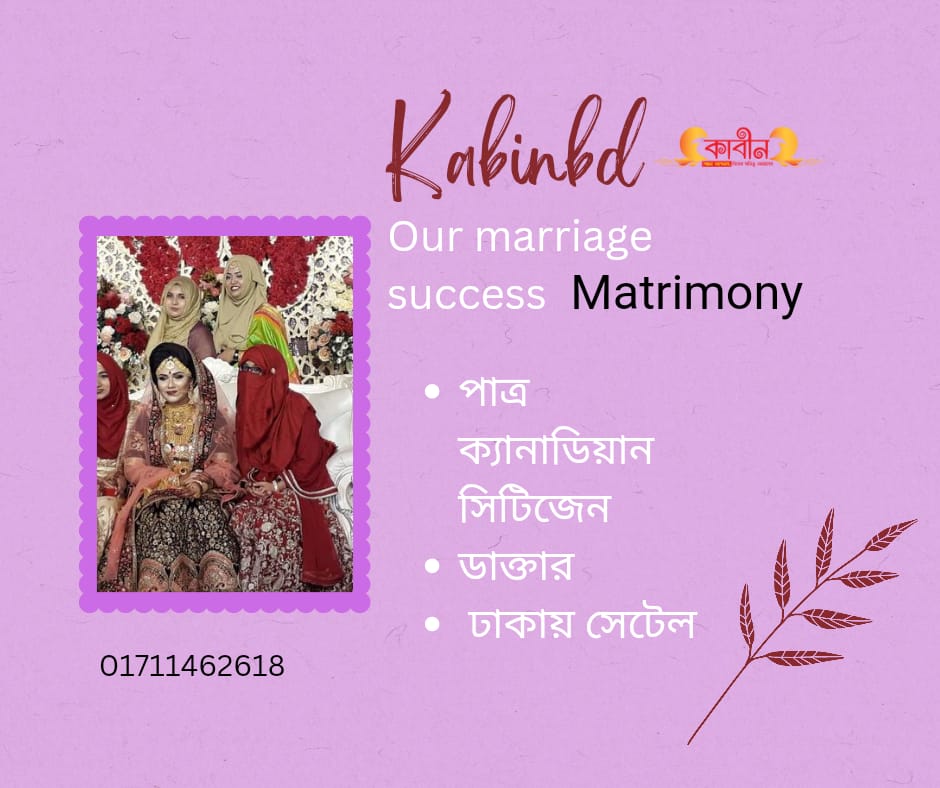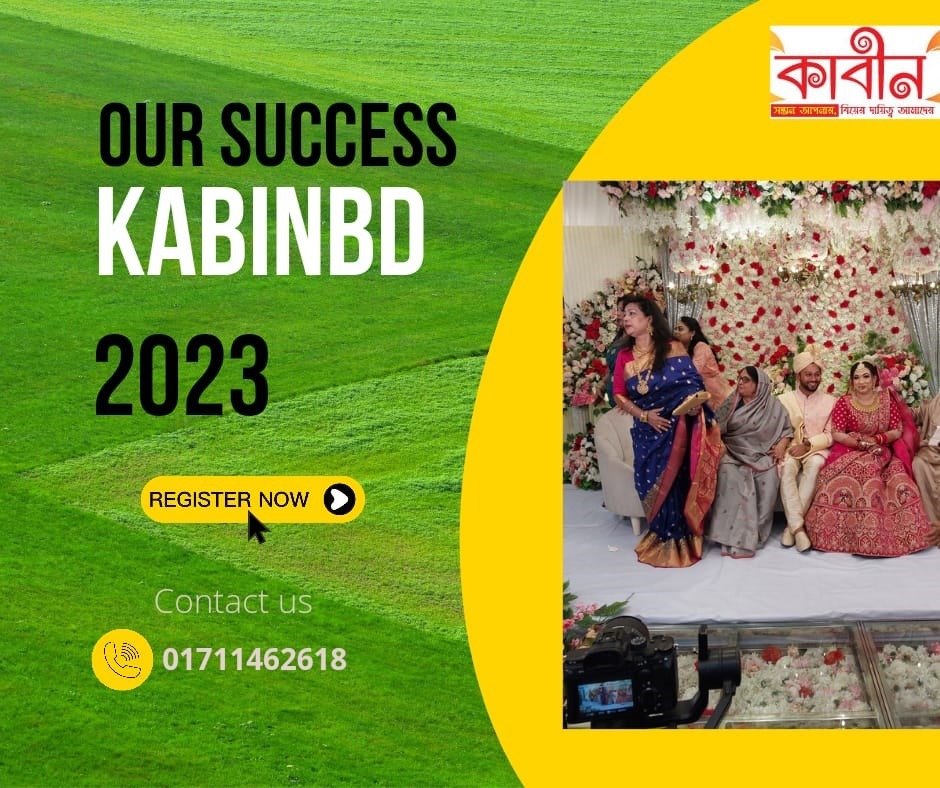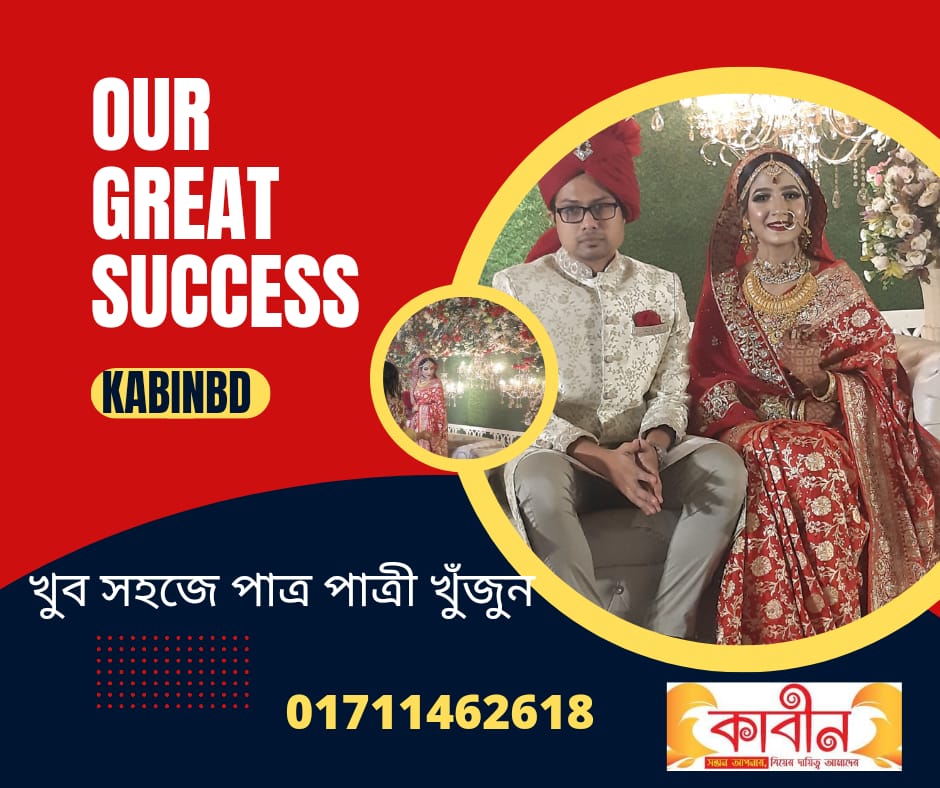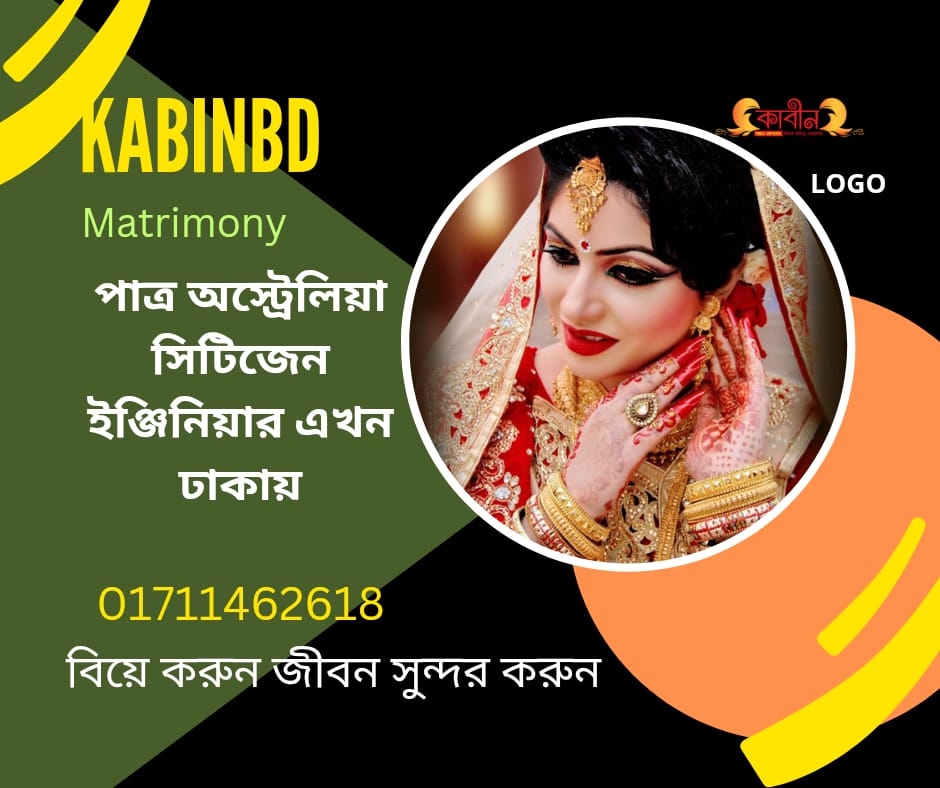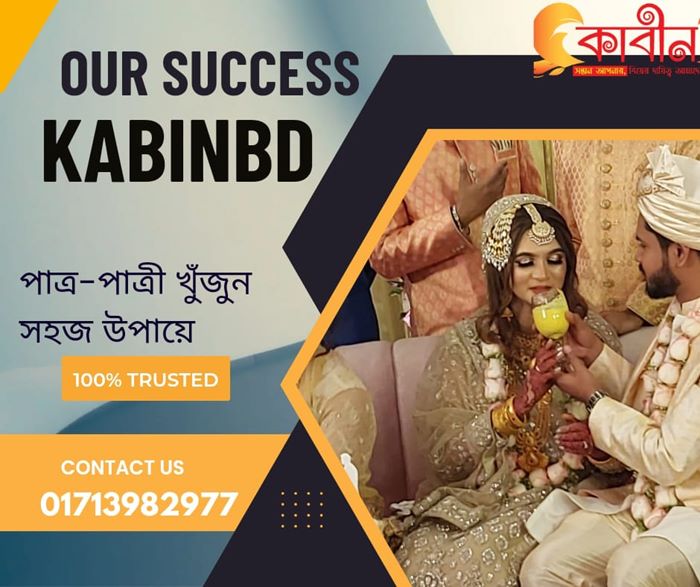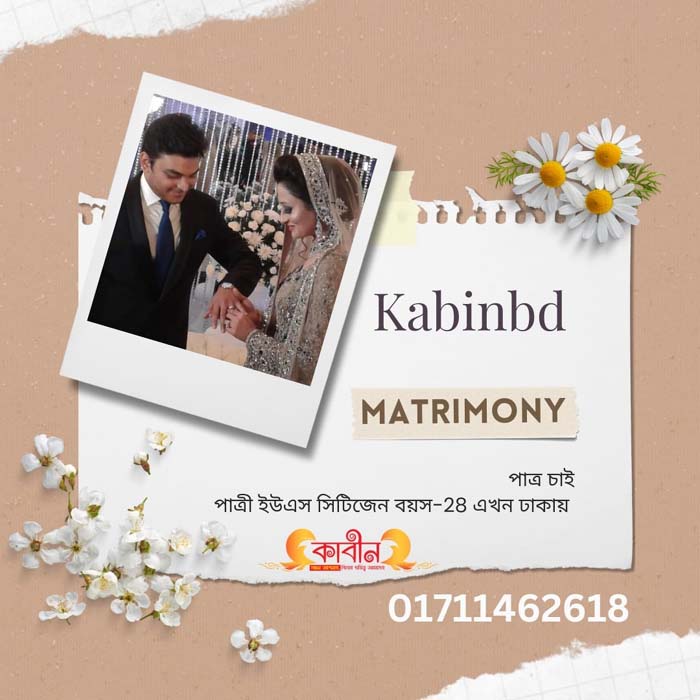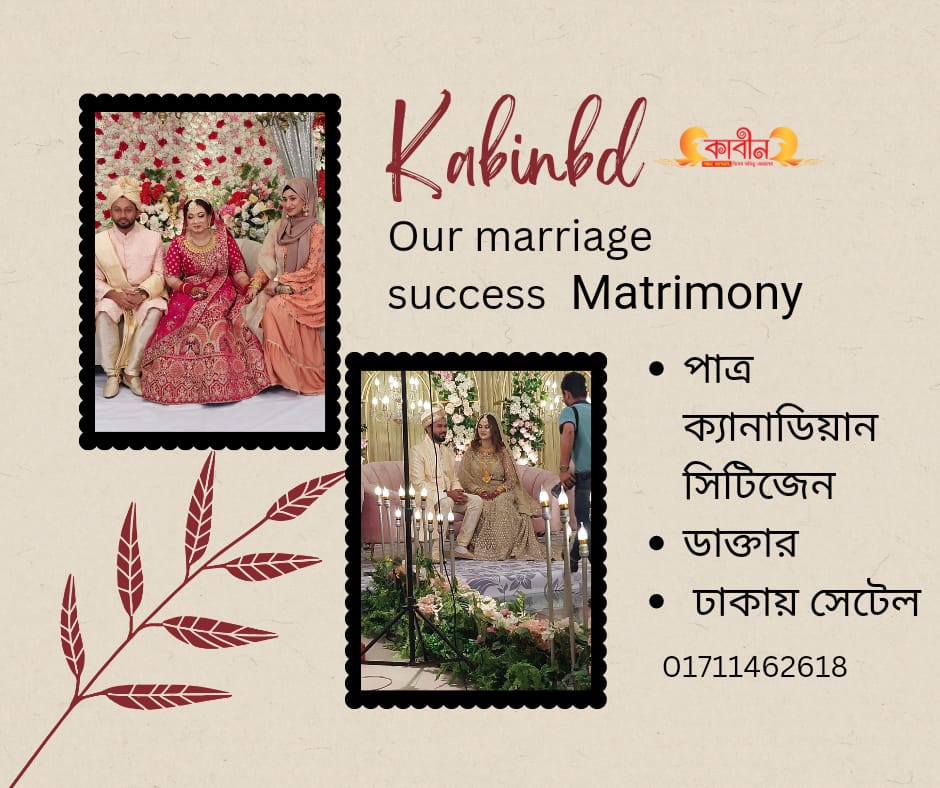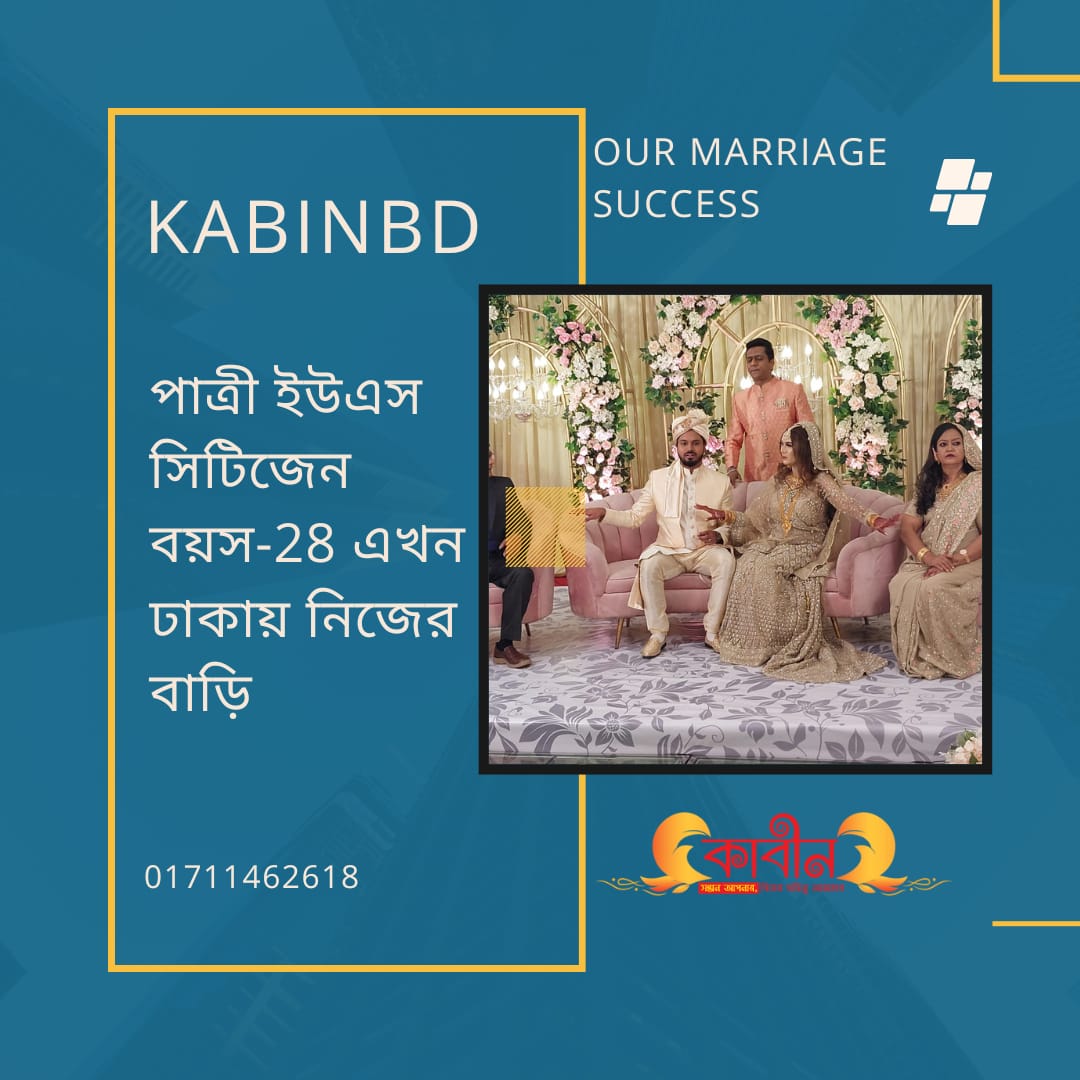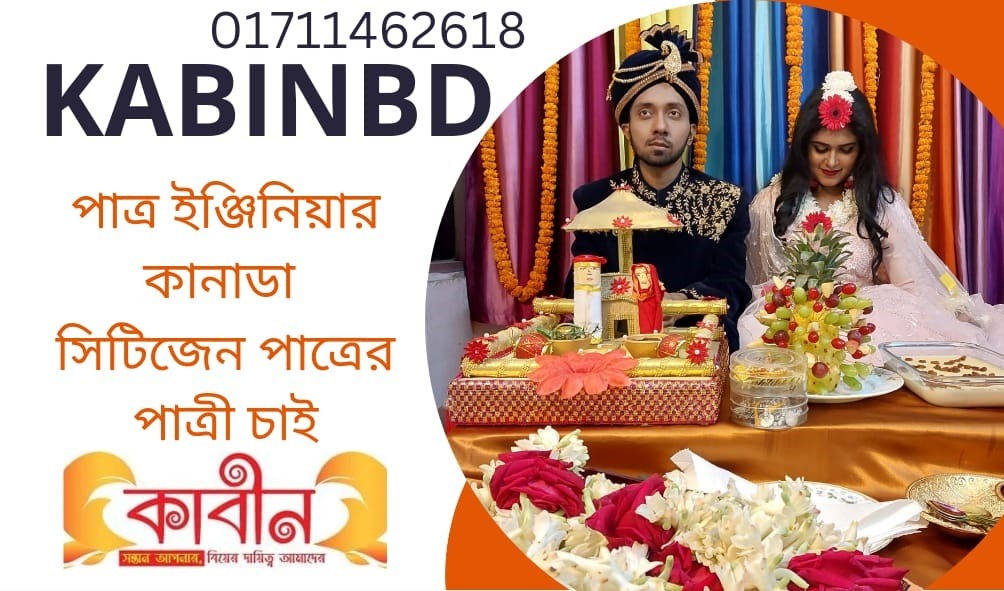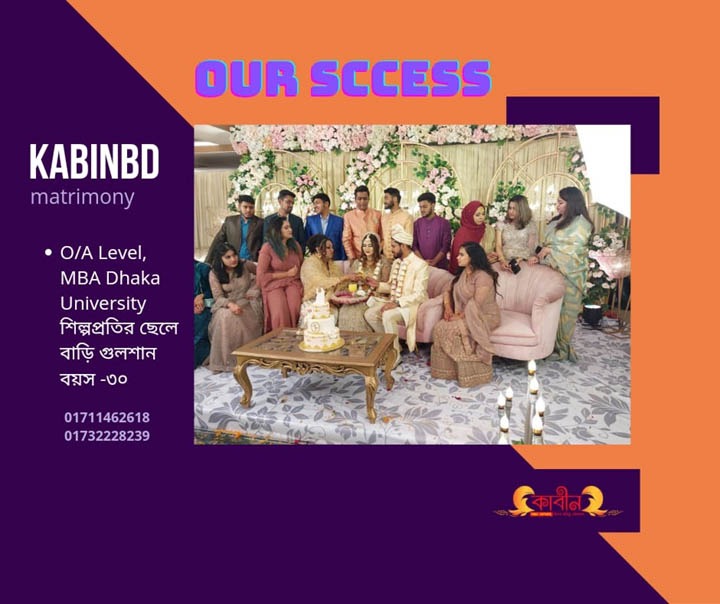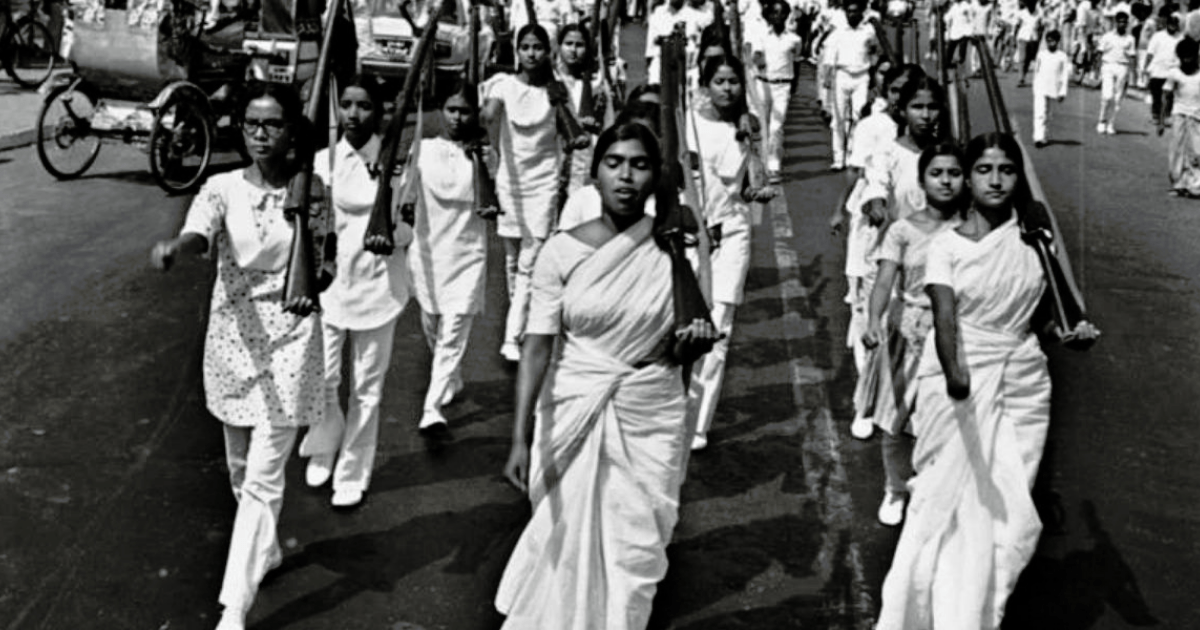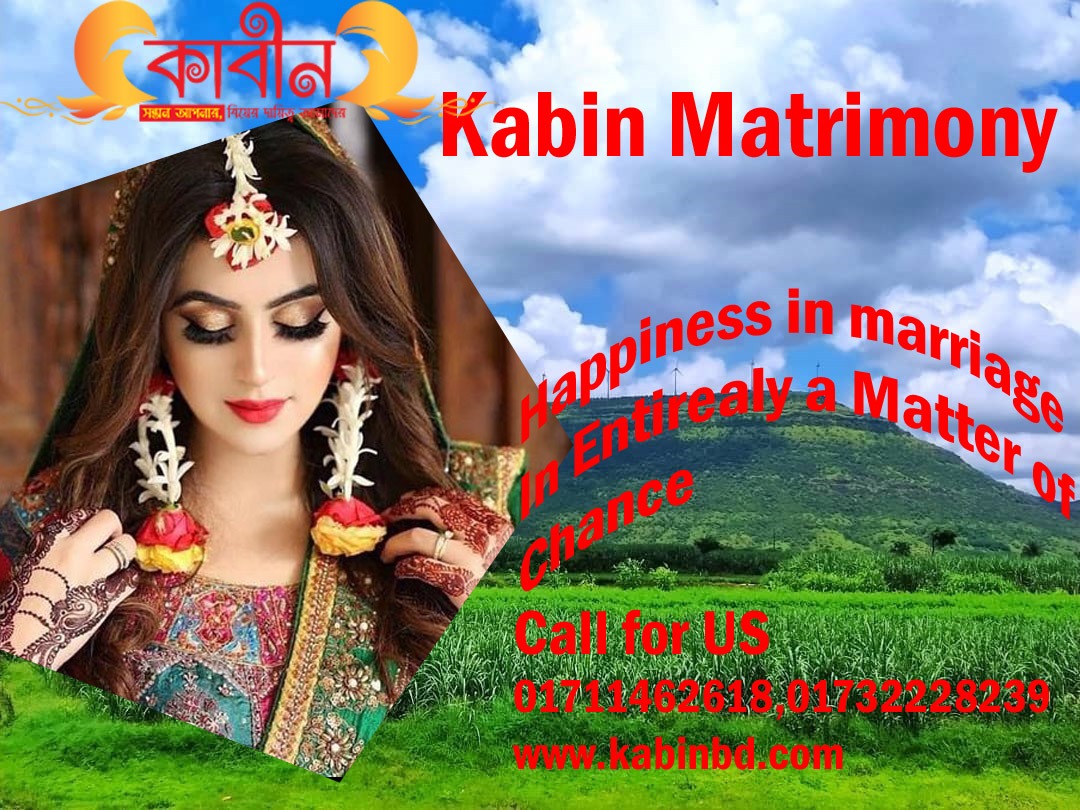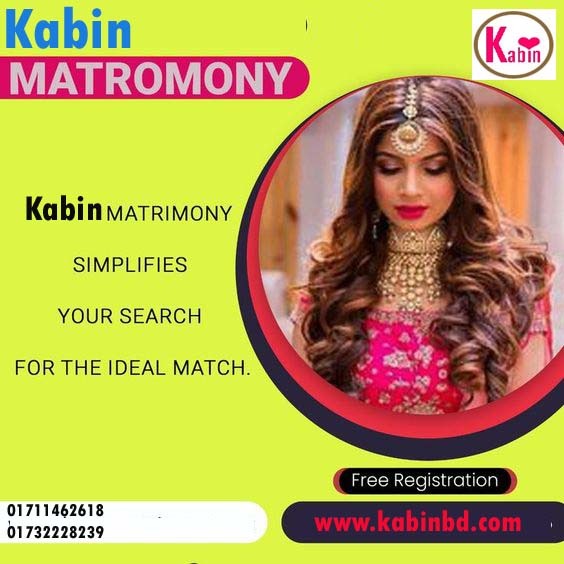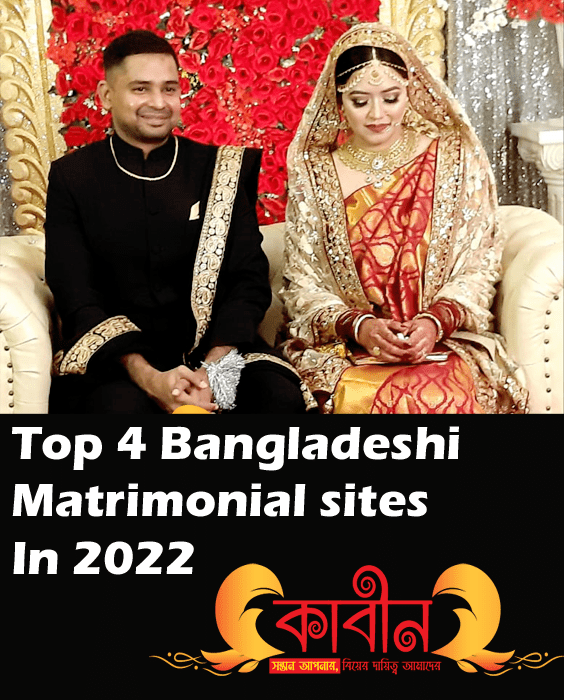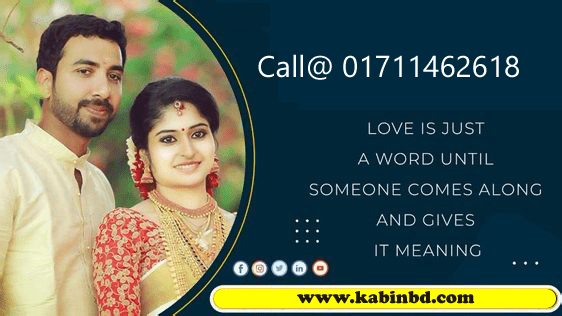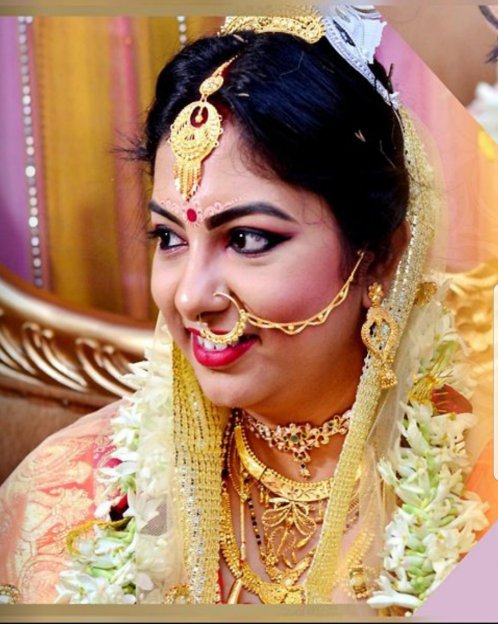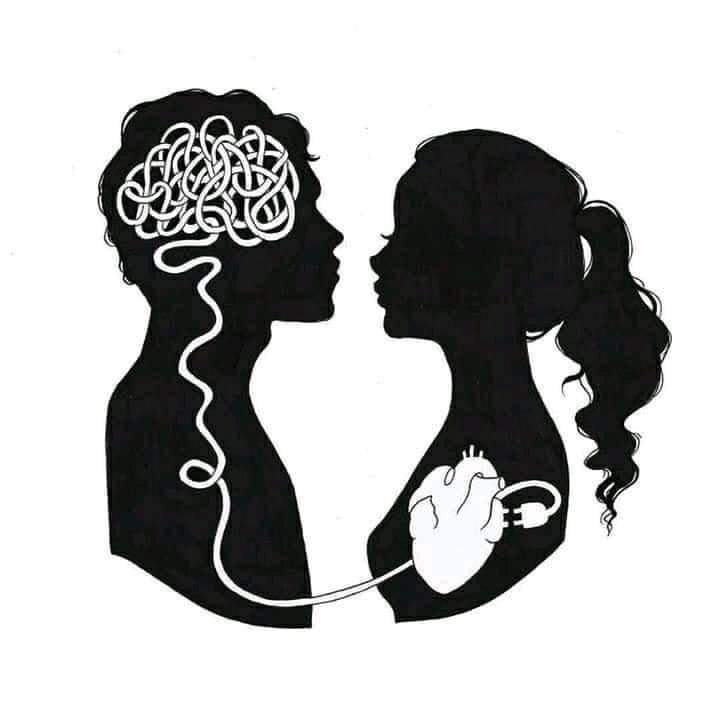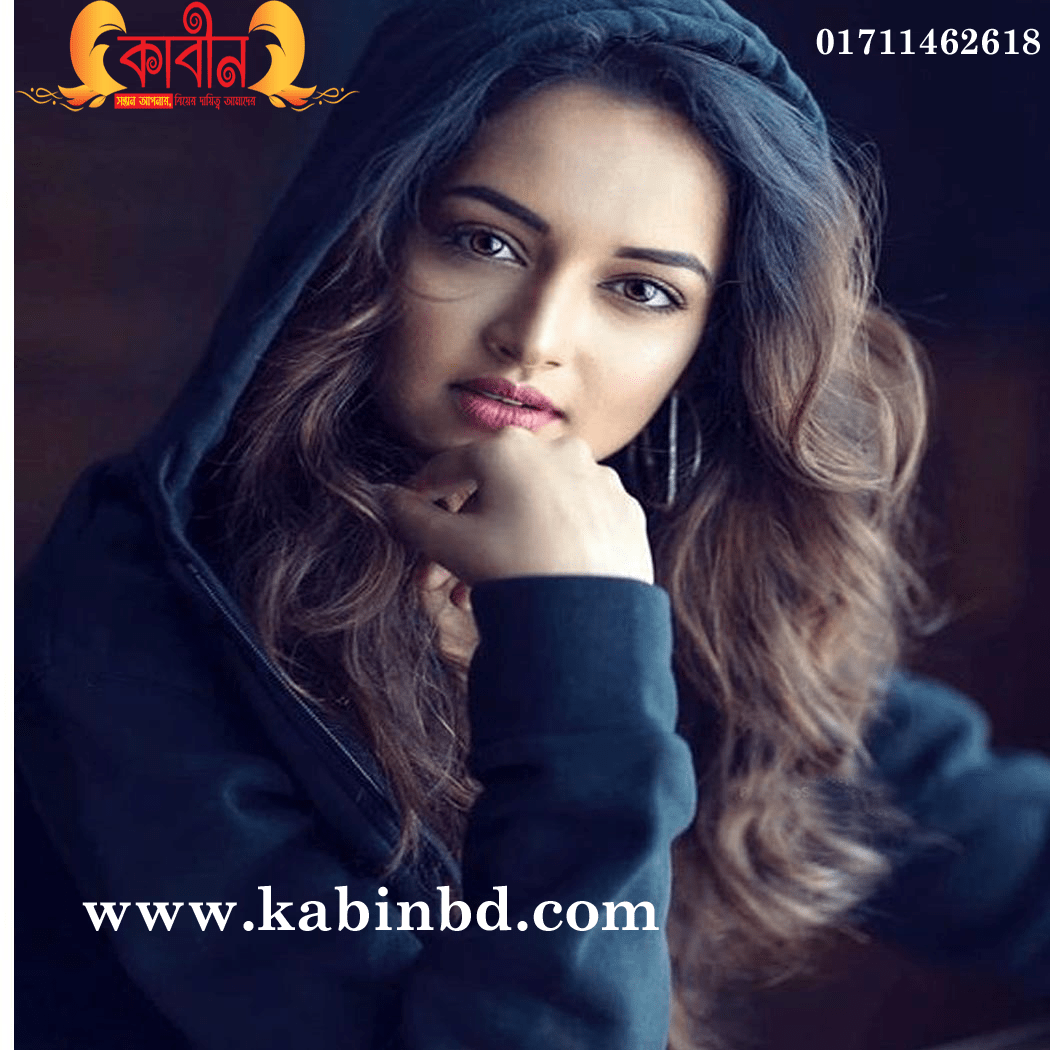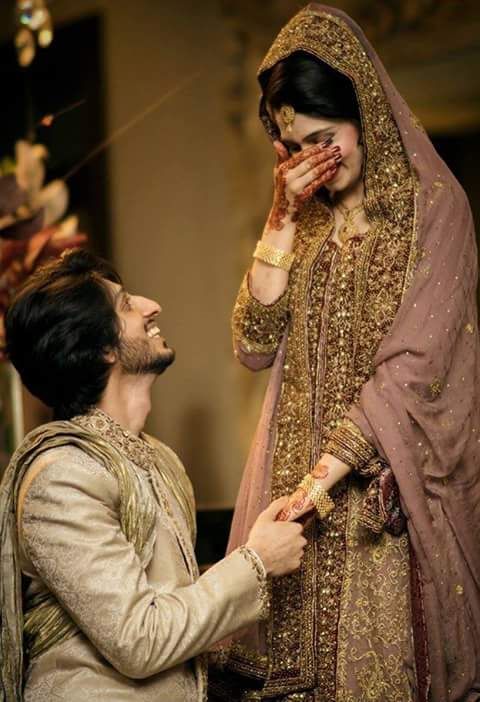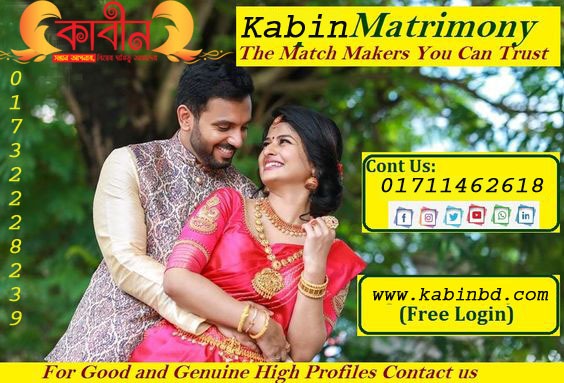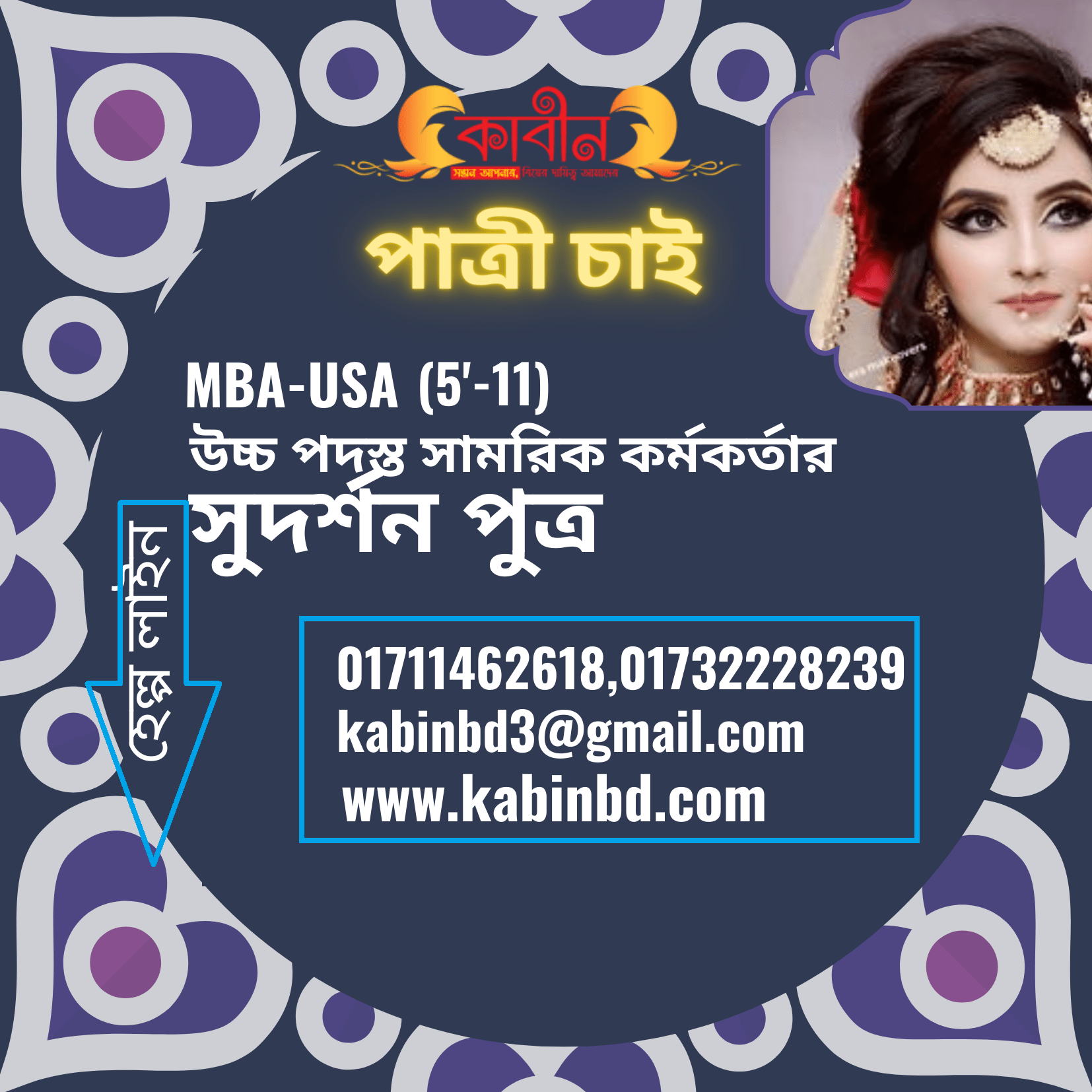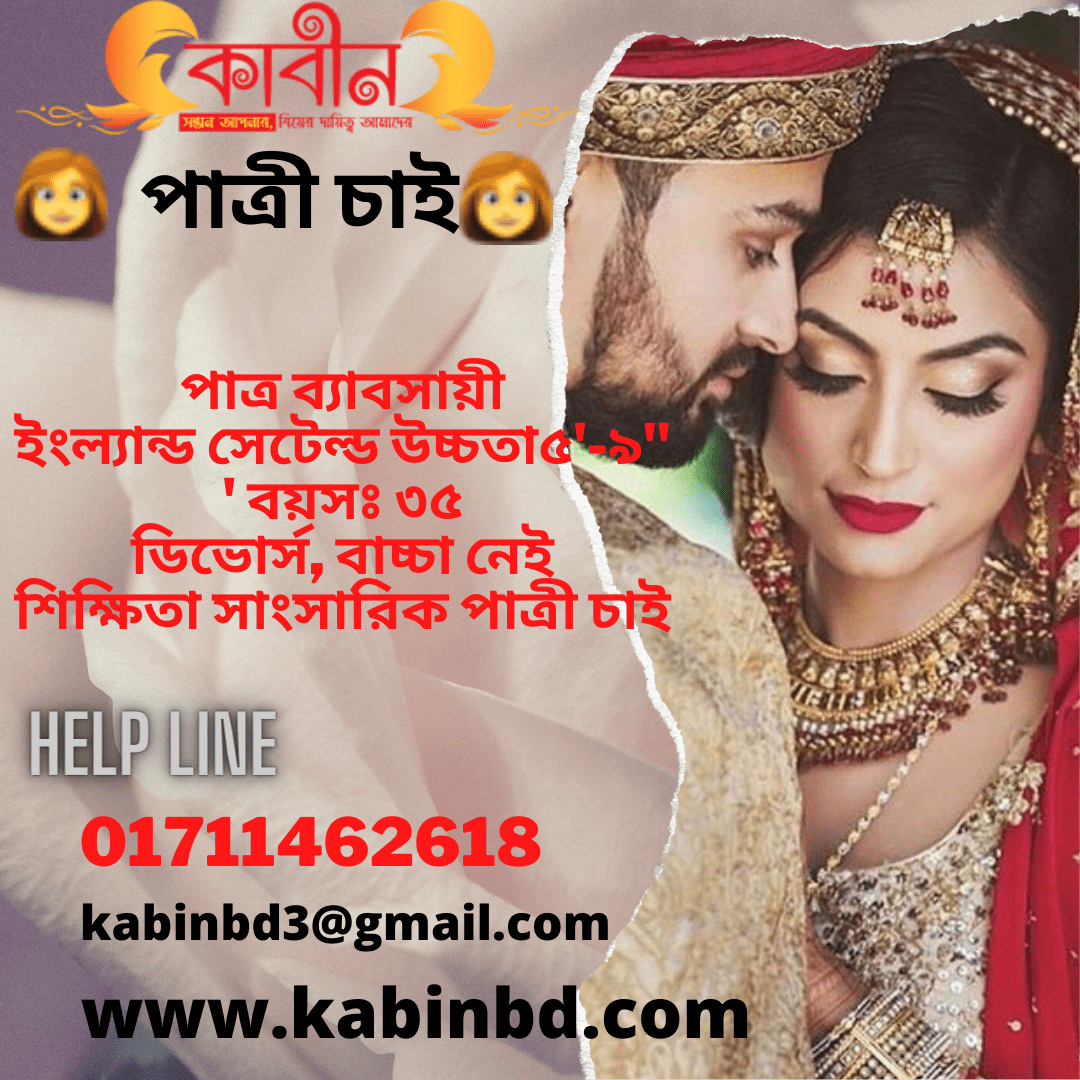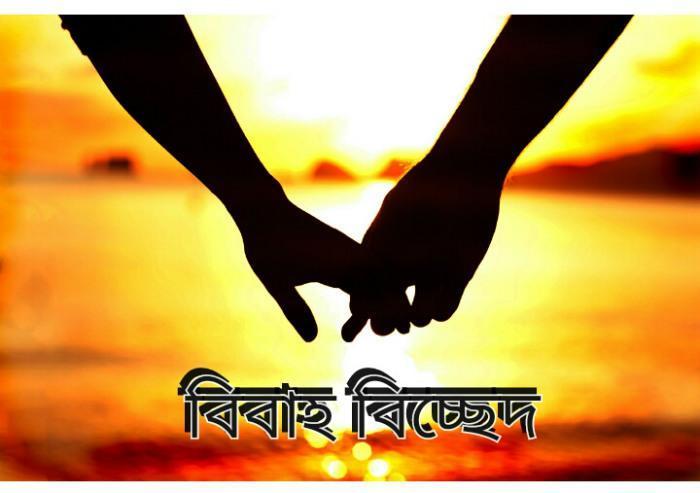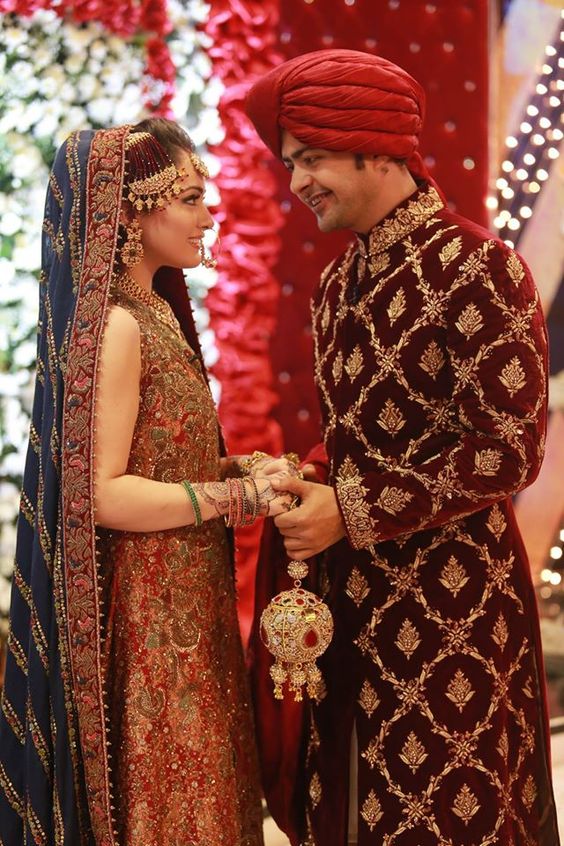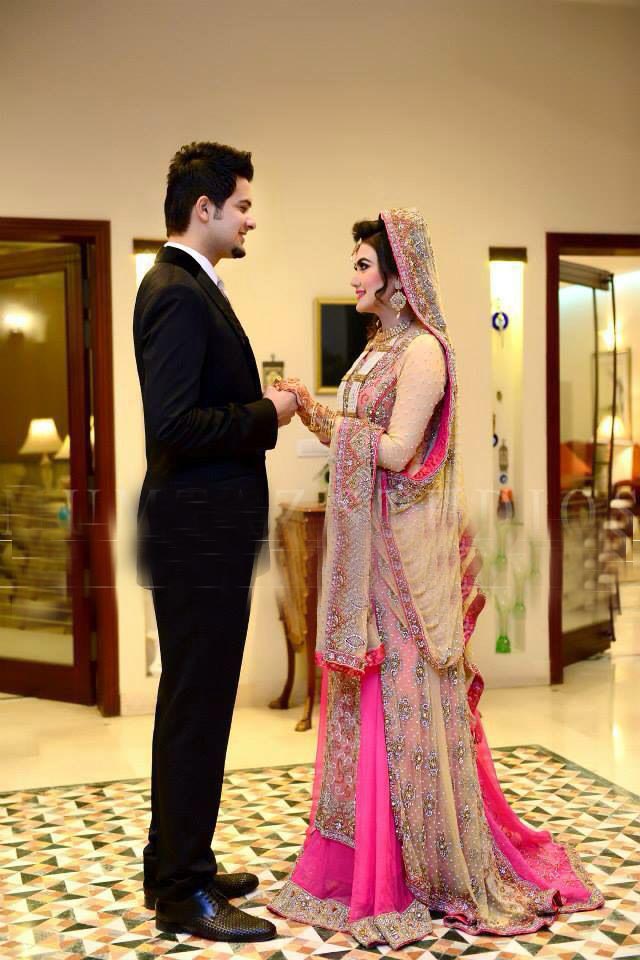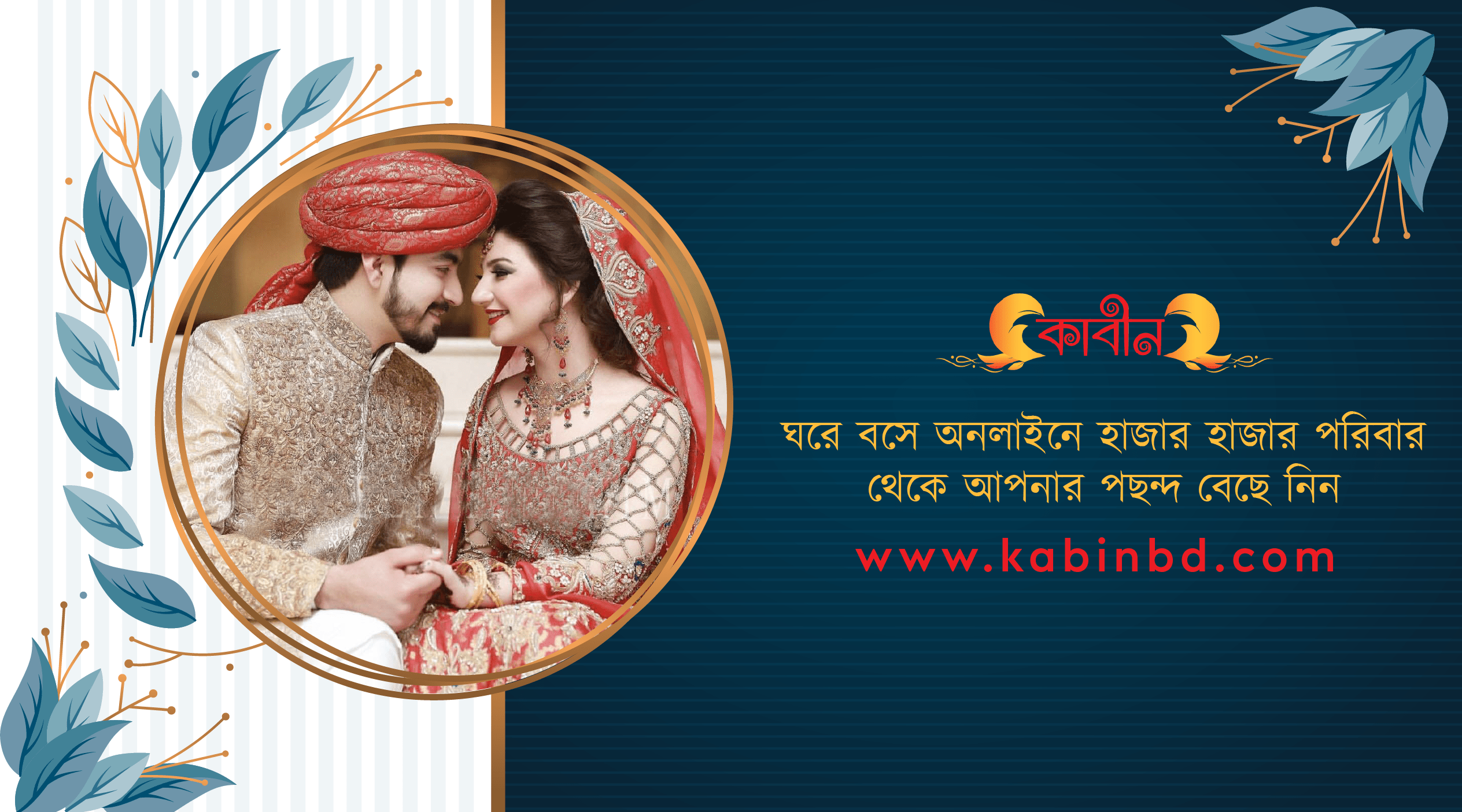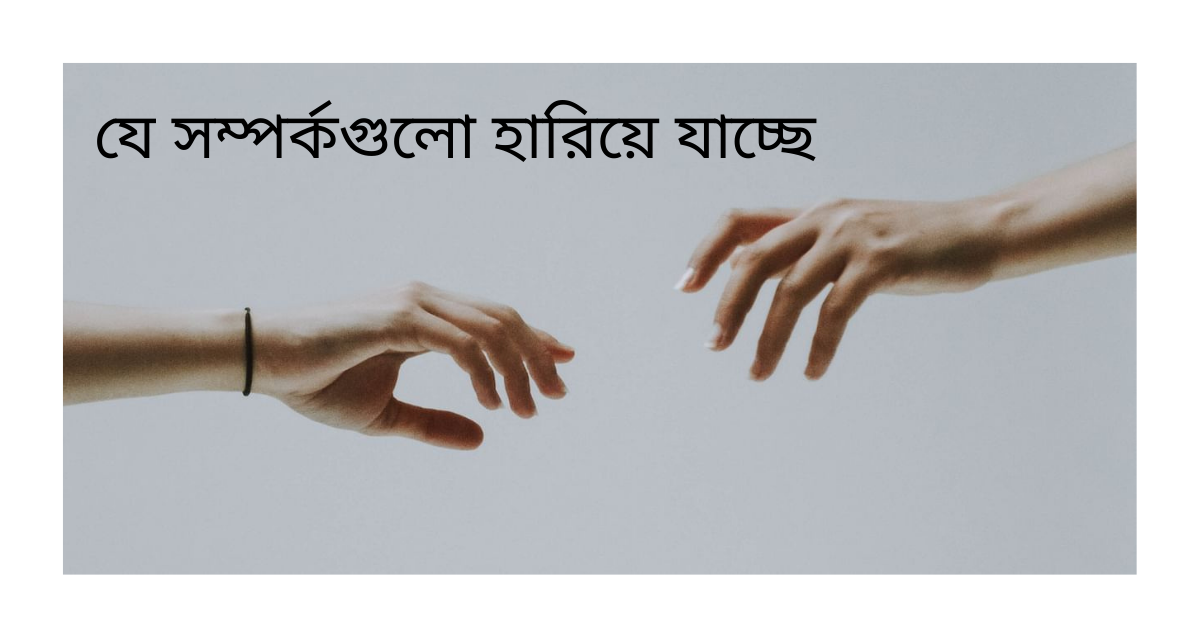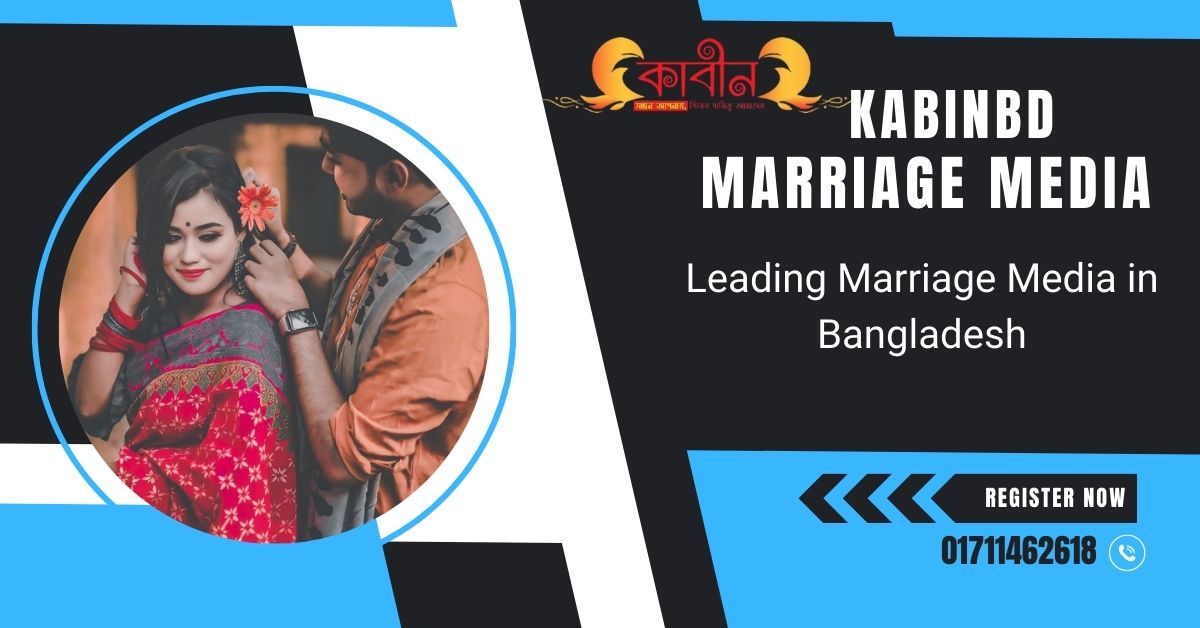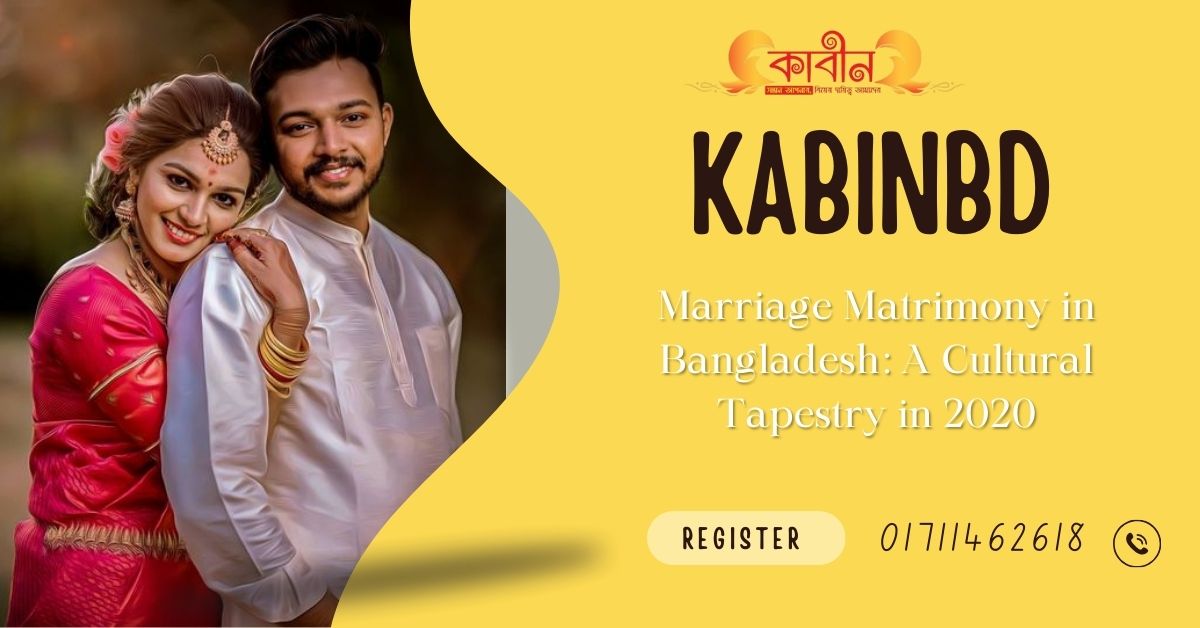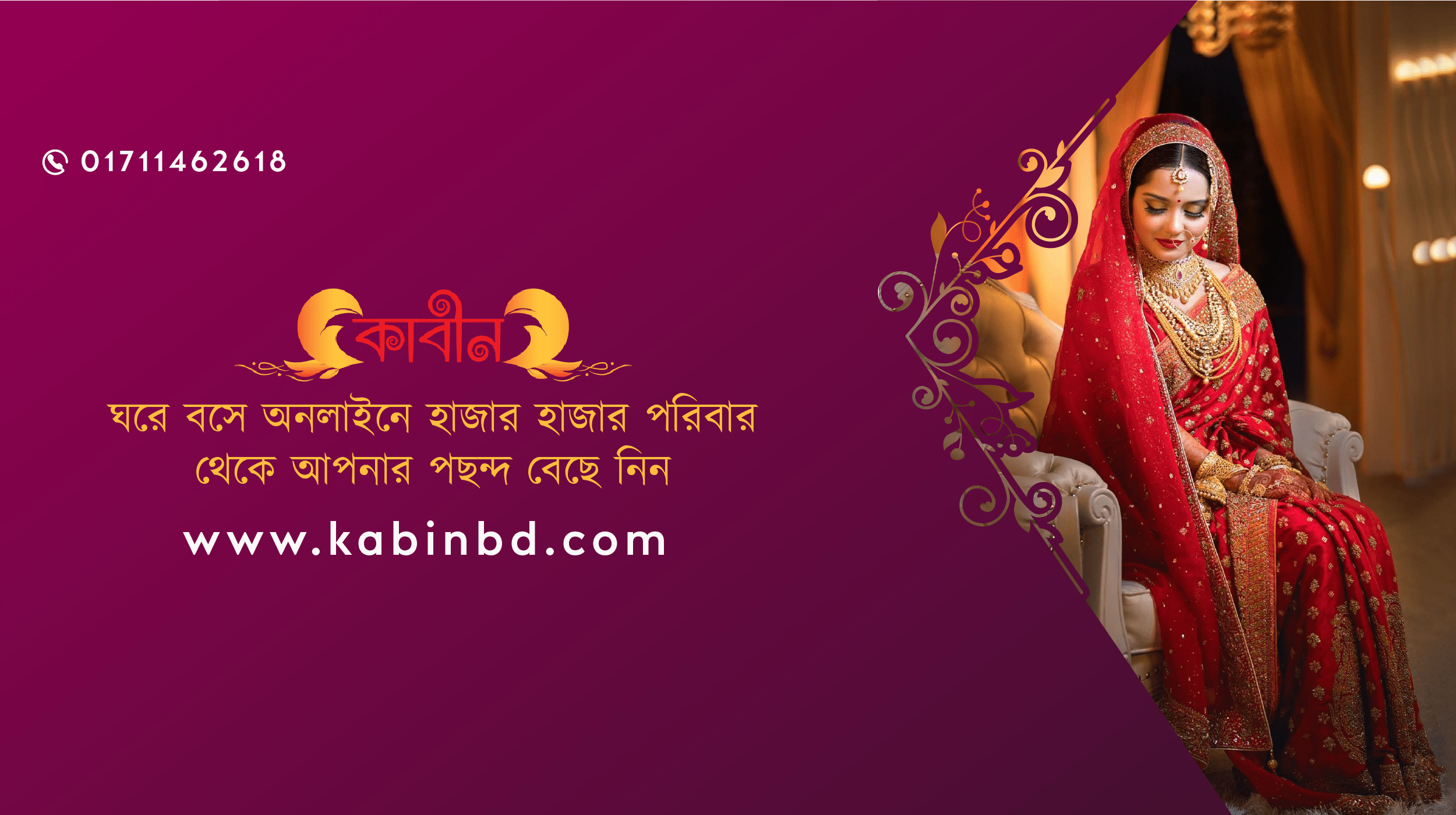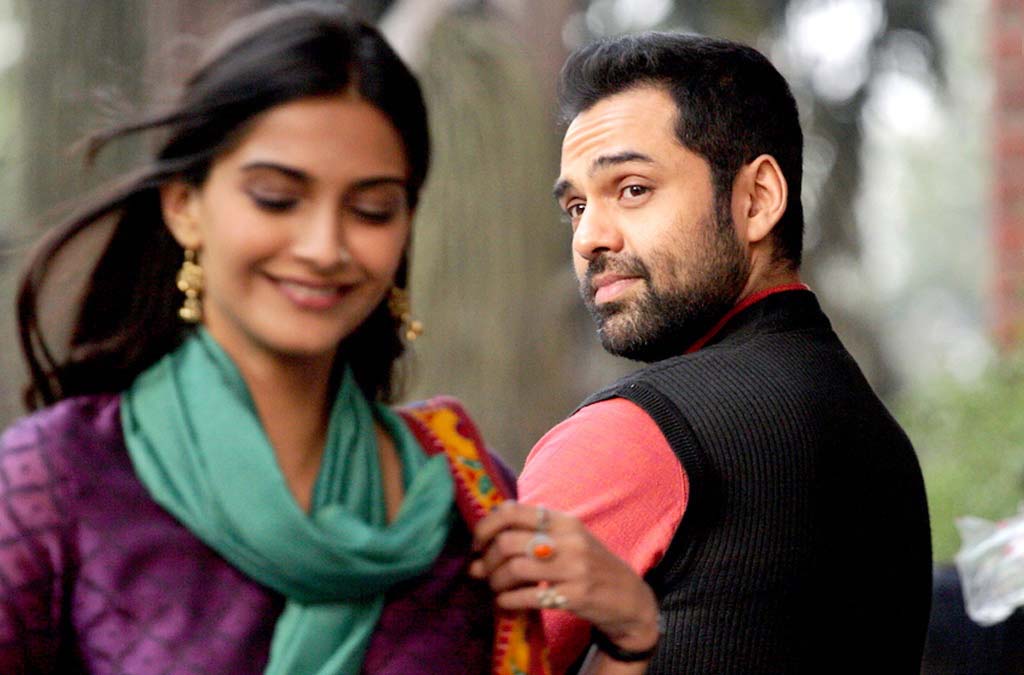MARRIAGE MEDIA IN BANGLADESH
Navigating the Landscape: A Guide to Marriage Media in Bangladesh
In Bangladesh, arranged marriages remain deeply woven into the social fabric, with various forms of marriage media playing a vital role in facilitating these unions. This comprehensive guide delves into the diverse landscape of marriage media in Bangladesh, exploring their evolution, key players, and evolving trends.
Evolution of Marriage Media:
Traditionally, marriage arrangements primarily relied on family networks and community leaders acting as matchmakers. This involved personal connections and recommendations, relying heavily on trust and established relationships within communities. With social and technological advancements, however, the landscape of marriage media has undergone a significant transformation.
Evolution of Marriage Media: A Journey from Traditions to Technology
The practice of arranged marriages in Bangladesh has a long history, and the methods of facilitating them have evolved significantly over time. Here’s a glimpse into the transformation of marriage media:
Early Forms:
- Family Networks and Community Leaders: Traditionally, marriages were primarily arranged within family networks and facilitated by community leaders known as “Ghotoks.” These individuals enjoyed trust and reputation within their communities and relied on personal connections to identify suitable matches based on compatibility factors like family background, social status, and religious beliefs.
- Newspaper Advertisements: In the mid-20th century, newspapers became a platform for families to publish matrimonial advertisements showcasing their sons’ or daughters’ qualifications and preferences for potential spouses. This method allowed for a wider reach beyond immediate social circles.
The Rise of Formalized Services:
- Matchmaking Agencies: With changing times, dedicated matchmaking agencies emerged. These agencies offered more structured processes, often involving in-person meetings, profile assessments, and compatibility analysis. They aimed to provide a more professional and personalized approach to finding suitable matches.
The Digital Revolution:
- Online Matrimony Websites: The internet’s emergence revolutionized marriage media. Online platforms like Bibahabd, Shaadi.com, and BD Marriage emerged, offering wider reach, user-friendly interfaces, and diverse search options. Individuals could create profiles, specify preferences, and connect with potential partners beyond geographical limitations. This brought significant changes:
- Increased reach: The pool of potential partners significantly expanded, breaking regional barriers and offering greater possibilities for finding compatibility.
- Convenience and control: Users gained greater control over their profiles and preferences, allowing them to express their expectations and seek partners based on specific criteria. Communication became simpler and more efficient through features like chat, messaging, and video calls.
- Transparency and anonymity: Online platforms offered some degree of anonymity, allowing individuals to explore potential matches discreetly before engaging in further communication.
Emerging Trends:
- Mobile Applications: Increasing smartphone penetration has led to the rise of mobile apps dedicated to matrimony services. These apps offer convenient access and cater to on-the-go users.
- Professional Matchmaking Services: Alongside online platforms, professional matchmaking agencies continue to offer personalized services for individuals seeking a more tailored approach. These services often involve advanced compatibility analysis and personalized recommendations based on individual needs and preferences.
- Community-Based Platforms: Certain communities have established their own online platforms or social groups dedicated to facilitating marriage introductions within their specific social circles.
Impact of the Evolution:
The evolution of marriage media in Bangladesh has facilitated connections and broadened the horizons for individuals seeking suitable life partners. However, it has also brought new challenges, such as concerns about online safety, verification of information, and navigating potential pressures associated with using these platforms.
This evolution reflects the ongoing interplay between tradition and modernity in Bangladeshi society. While online platforms offer convenience and wider reach, traditional matchmaking methods, with their emphasis on community involvement and personal connections, still hold significance for many. Understanding this evolving landscape is crucial for individuals navigating the process of marriage media in Bangladesh.
The Rise of Online Platforms:
The internet’s emergence revolutionized marriage media. Online matrimony websites emerged, offering wider reach and diverse search options. These platforms allow individuals to create profiles, specify preferences, and connect with potential partners beyond geographical limitations. Popular Bangladeshi matrimony websites include Bibahabd, Shaadi.com, BD Marriage, and Kabinbd, attracting both local and NRB users.
The Rise of Online Platforms: Revolutionizing Marriage Media in Bangladesh
The rise of online platforms has fundamentally reshaped the landscape of marriage media in Bangladesh. While traditional methods like family networks and matchmaking agencies continue to play a role, online platforms have emerged as a dominant force, offering several key advantages and impacting the nature of arranged marriages in unique ways.
Benefits of Online Platforms:
-
Wider Reach: Online platforms like Bibahabd, Shaadi.com, and BD Marriage connect individuals across geographical boundaries, significantly expanding the pool of potential partners beyond the limitations of immediate social circles and regional communities. This increased reach plays a crucial role in finding compatible matches, especially in an era of increasing global migration and changing social structures.
-
Convenience and User-Control: These platforms offer user-friendly interfaces and allow individuals to create detailed profiles specifying their preferences, expectations, and interests. This level of control empowers users to actively shape their search criteria and initiate contact with potential partners they find suitable. Additionally, features like chat, messaging, and video calls facilitate convenient and efficient communication, making the process more manageable than traditional methods.
-
Transparency and Detailed Information: Online platforms allow for a more transparent search process compared to traditional methods. Extensive profiles provide detailed information about potential partners, such as education, professional background, family details, and lifestyle choices. This transparency empowers individuals to make informed decisions based on compatibility factors beyond physical appearance.
-
Anonymity and Discretion: Unlike traditional methods, online platforms offer a degree of anonymity. This can be particularly beneficial for individuals who might feel hesitant to openly participate in arranged marriage processes due to social pressures or personal preferences. The anonymity allows for initial exploration and communication before potentially revealing personal information or engaging with families.

Impact on Arranged Marriages:
The rise of online platforms has subtly influenced the dynamics of arranged marriages in Bangladesh:
-
Changing Power Dynamics: While families still play a significant role in the process, particularly in terms of initial guidance and approval, the online platforms empower individuals to have a greater say in their partner selection. The ability to create profiles, specify preferences, and initiate contact shifts some control from families to individuals.
-
Evolving Selection Criteria: Beyond traditional factors like family background and social status, online platforms have introduced new dimensions to partner selection. Individuals can now consider factors like shared interests, career aspirations, and educational qualifications, leading to a potentially more holistic evaluation of compatibility.
-
Increased Focus on Individual Compatibility: Online platforms facilitate direct communication and interaction between potential partners, enabling them to assess their compatibility beyond family-mediated assessments. This can lead to a stronger emphasis on shared values, communication styles, and personal connection, potentially influencing the long-term success of marriages.
Challenges and Considerations:
Despite the undeniable benefits, online platforms also present certain challenges:
- Authenticity and Verification: Verifying the accuracy and authenticity of information provided online remains a concern. Misrepresentation of profiles and the potential for fraudulent activity can pose risks for users.
- Security and Privacy: Protecting personal information and ensuring safe online interactions are crucial considerations. Users need to exercise caution and responsible online behavior to mitigate potential risks.
- Social Pressures: The pressure to find a suitable partner through online platforms can be overwhelming, particularly with societal expectations and family involvement. It’s essential to maintain realistic expectations and prioritize compatibility over societal pressures.
Conclusion:
The rise of online platforms has revolutionized the landscape of marriage media in Bangladesh. With wider reach, user control, and convenient communication features, these platforms empower individuals and introduce new dimensions to partner selection. However, navigating these platforms requires awareness of potential challenges and responsible engagement to ensure a safe and successful experience. As the landscape continues to evolve, understanding the changing dynamics and navigating them thoughtfully will be crucial for individuals engaging in the search for a life partner.
Emerging Trends:
Beyond traditional and online platforms, several other trends are shaping the landscape of marriage media in Bangladesh:
- Mobile Apps: The increasing smartphone penetration has led to the rise of mobile apps dedicated to matrimony services. These apps offer convenient access and cater to on-the-go users.
- Professional Matchmaking Services: Some agencies offer personalized matchmaking services for individuals seeking a more tailored approach. These services often involve psychological assessments, compatibility analysis, and personalized recommendations.
- Community-Based Platforms: Certain communities have established their own online platforms or social groups dedicated to facilitating marriage introductions within their specific community or social circles.
Benefits and Challenges:
Like any system, marriage media in Bangladesh presents both advantages and challenges:
Benefits:
- Wider Reach: Online platforms significantly expand the pool of potential partners, increasing the chances of finding compatible matches beyond immediate social circles.
- Convenience: Online platforms offer convenient access and streamlined communication, allowing individuals to connect and interact at their own pace.
- Transparency and Control: Users have greater control over their profiles and preferences compared to traditional methods, enabling them to express their expectations and seek partners based on specific criteria.
Challenges:
- Authenticity and Verification: Verifying the accuracy and authenticity of information provided online can be challenging, raising concerns about potential misrepresentation or fraudulent profiles.
- Security and Privacy: Protecting personal information and ensuring safety during online interactions remains a crucial concern. Users need to be cautious and exercise responsible online behavior.
- Social Pressures: The pressure to find a suitable partner through these platforms can be overwhelming, especially with societal expectations and family involvement.
- Cost Factor: Membership fees associated with some online platforms or services can be a barrier for certain individuals.
Navigating the Landscape:
Individuals considering utilizing marriage media in Bangladesh should approach the process with caution and awareness. Here are some valuable tips:
- Conduct thorough research: Research and compare different platforms before subscribing to any services.
- Prioritize safety and security: Be cautious about sharing personal information online and only engage in communication through secure channels provided by the platform.
- Maintain realistic expectations: Remember that finding a compatible partner takes time and effort. Don’t rush into any decisions based solely on online interactions.
- Open communication and honesty: Maintain transparency and honesty throughout the process, both on your profile and during communication with potential partners.
- Seek trusted support: Discuss your expectations and concerns with trusted family members or friends to ensure you feel comfortable and supported throughout the process.
Conclusion:
Marriage media in Bangladesh has undergone a significant transformation with the rise of online platforms and emerging trends. While offering numerous benefits, navigating this landscape requires understanding the existing challenges and exercising caution. By approaching the process with awareness, responsible engagement, and a focus on compatibility and realistic expectations, individuals can utilize marriage media effectively in their search for a suitable life partner.
MARRIAGE MEDIA IN BANGLADESH If the history of managing media in Bangladesh is to be written then kabinbd.com cannot be left out because this is the city.
And taught the people of this country how to manage media and how to solve a complex issue like troubled family marriage.
kabinbd.com has brought such a beautiful concept to Bangladesh on this topic which has benefited people tremendously.


